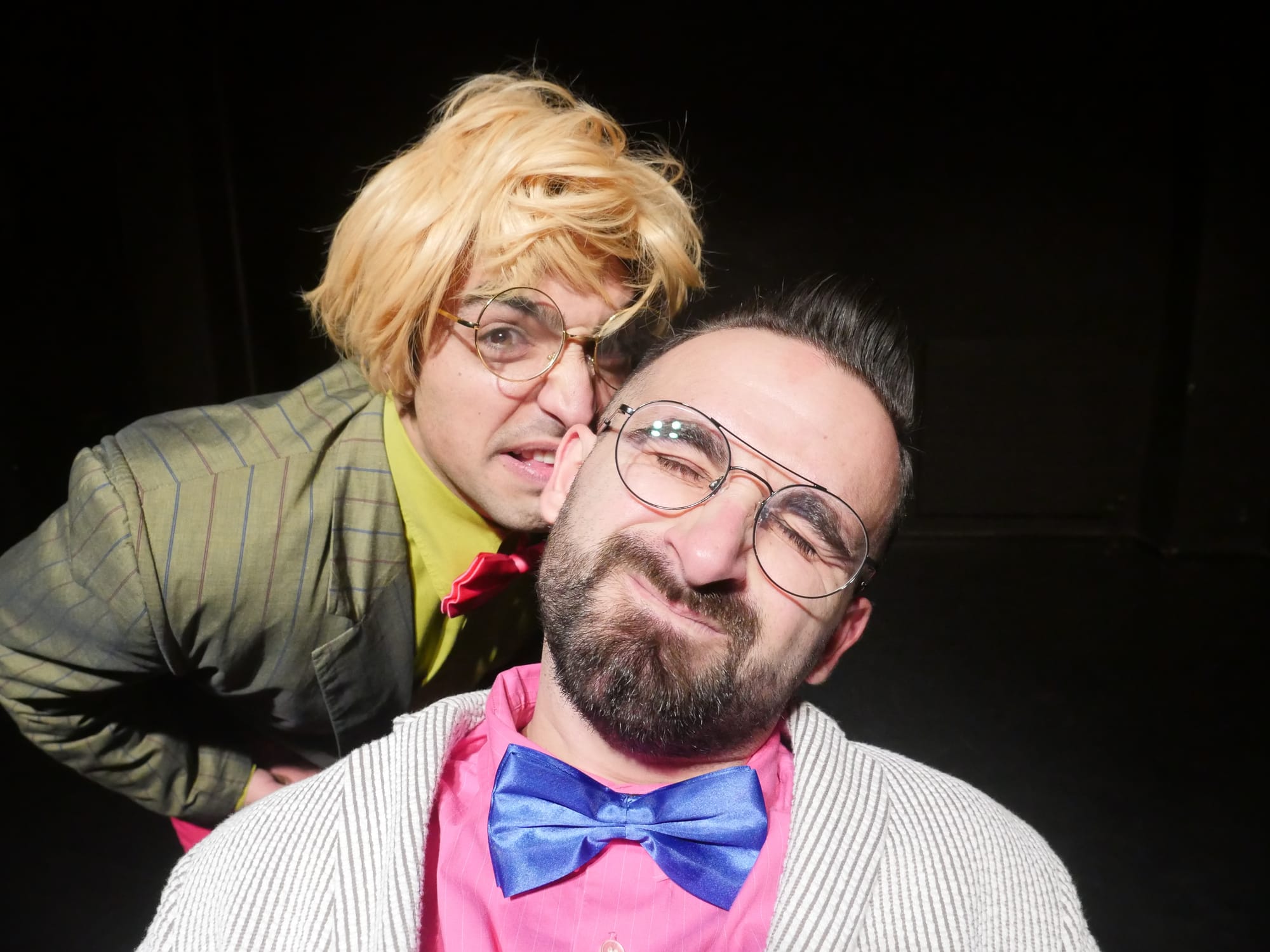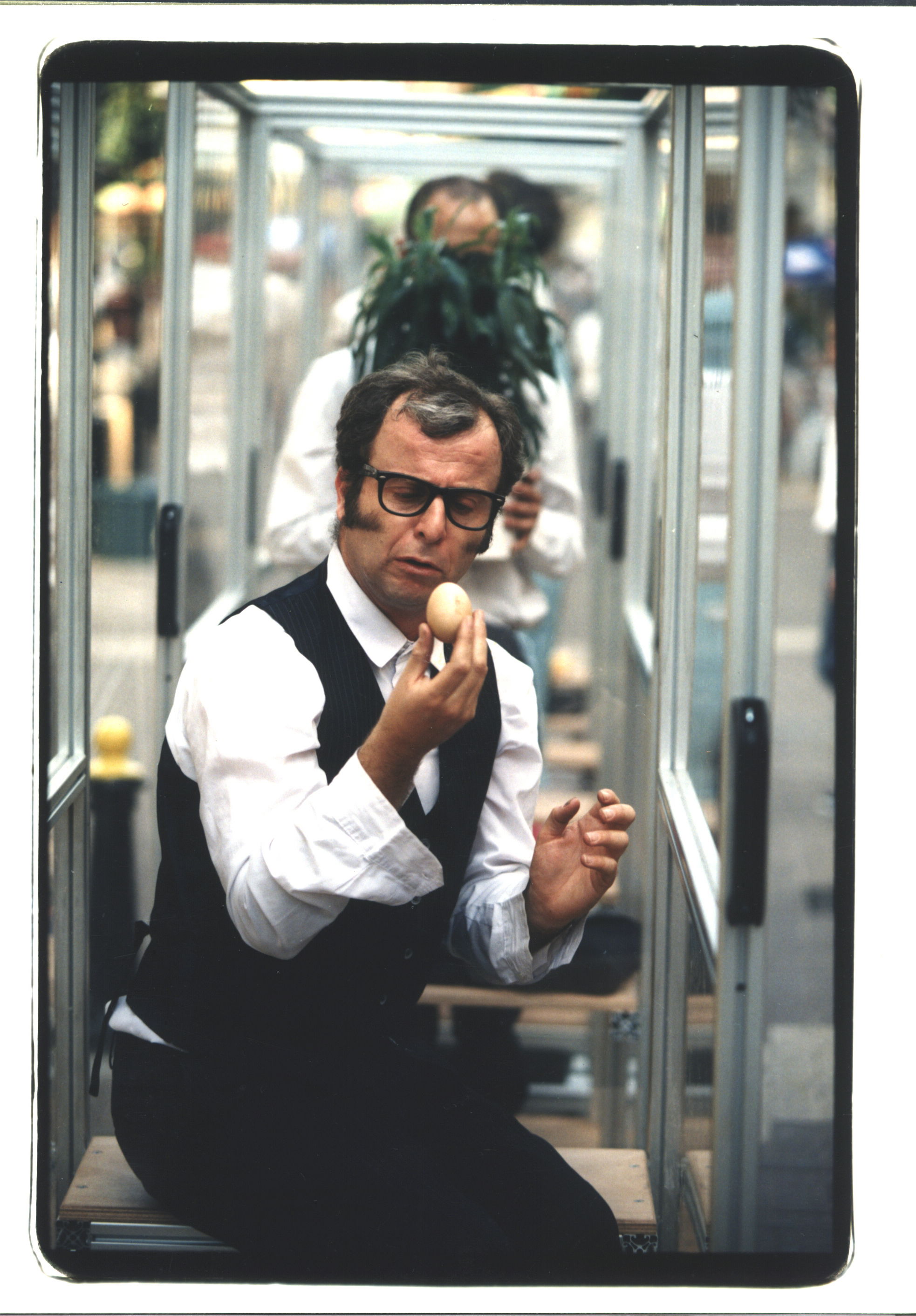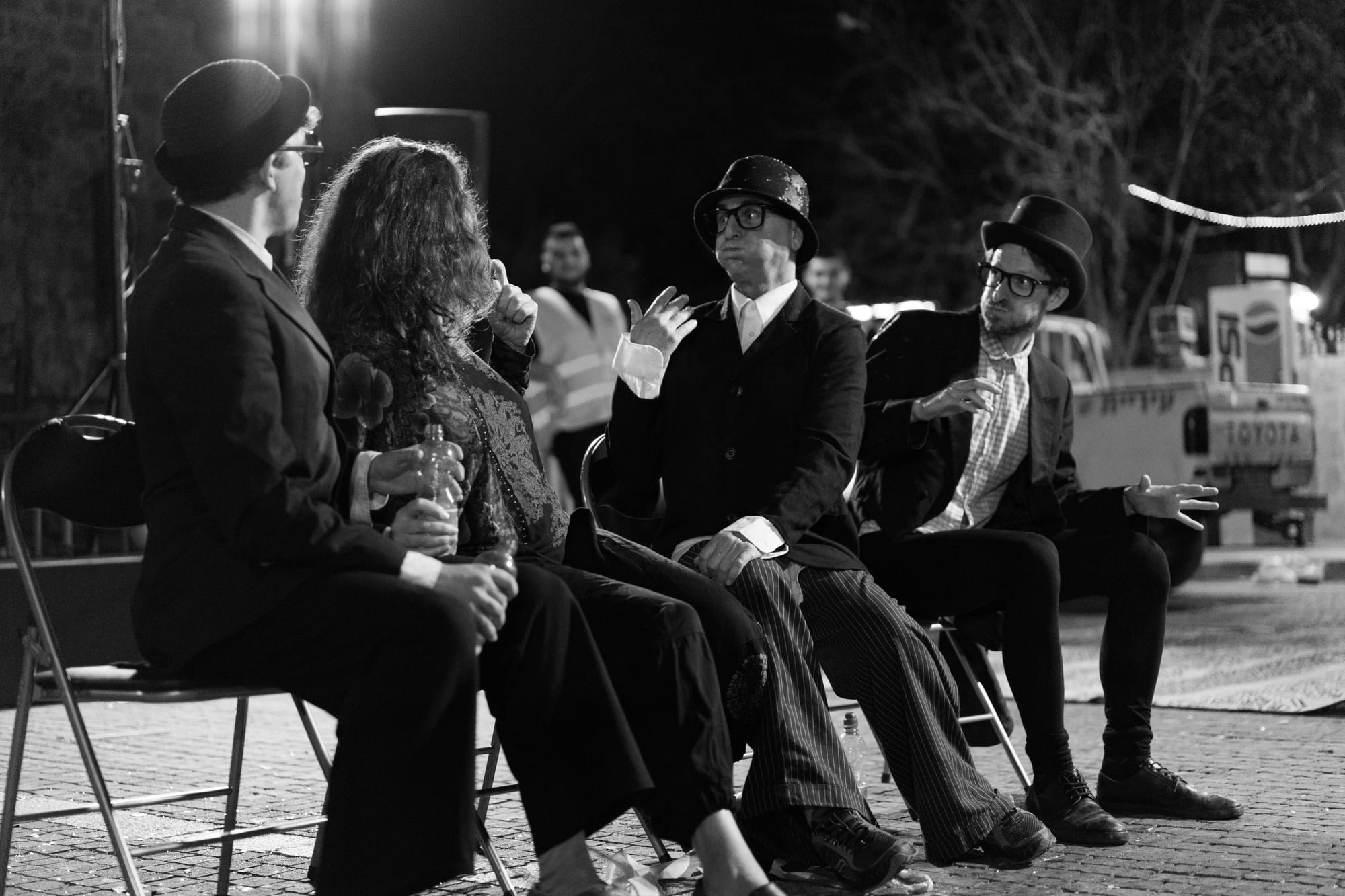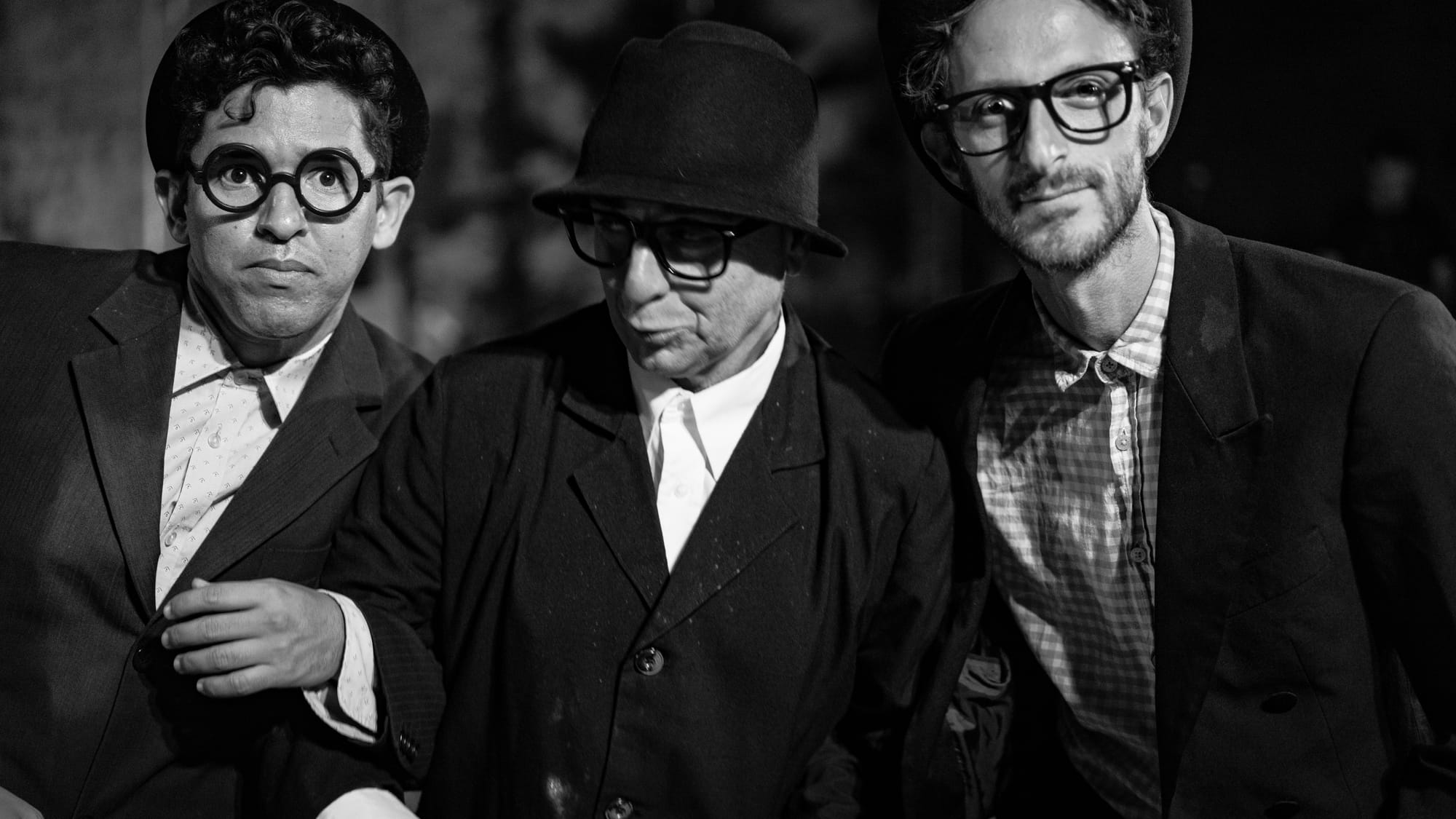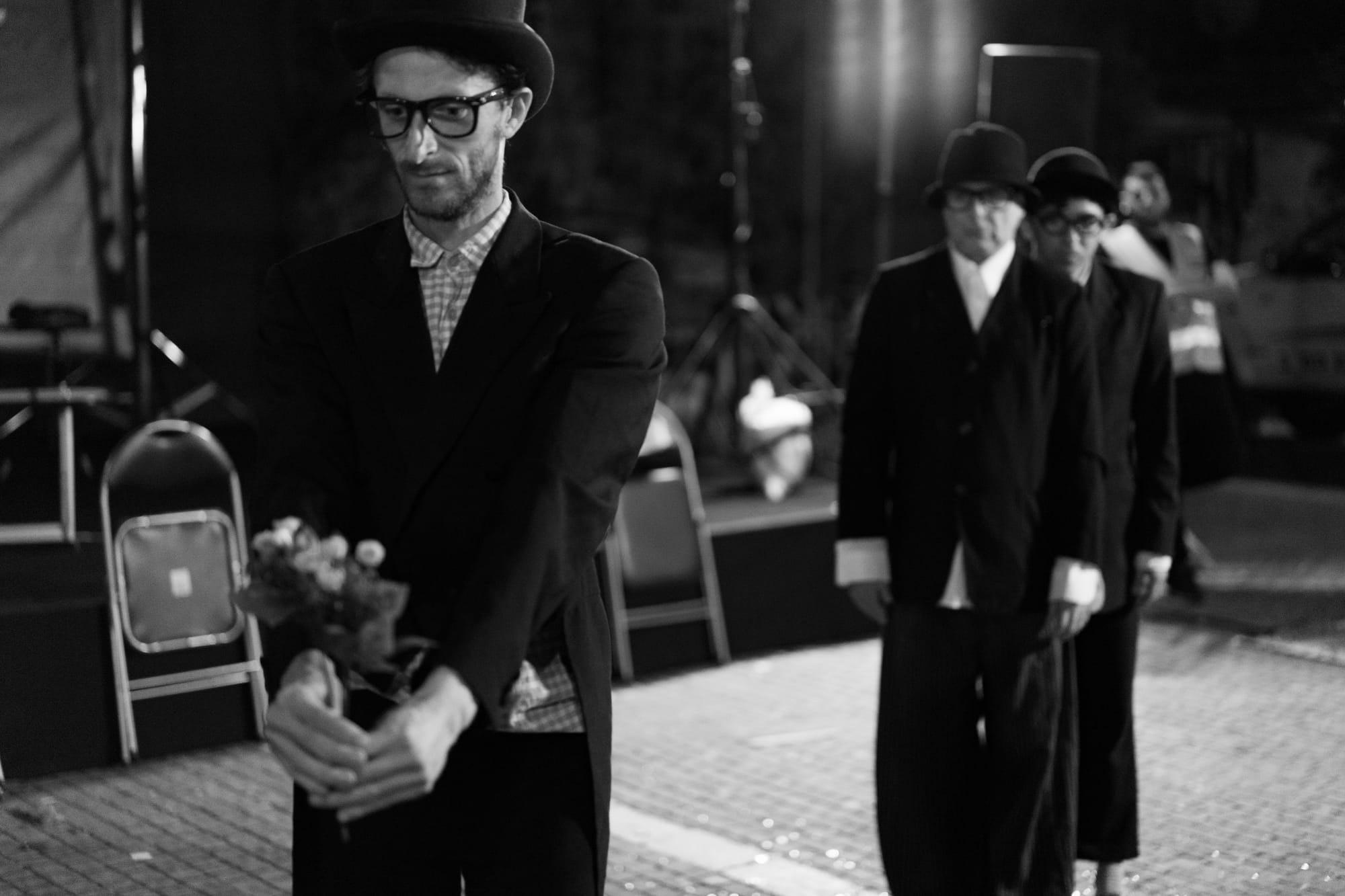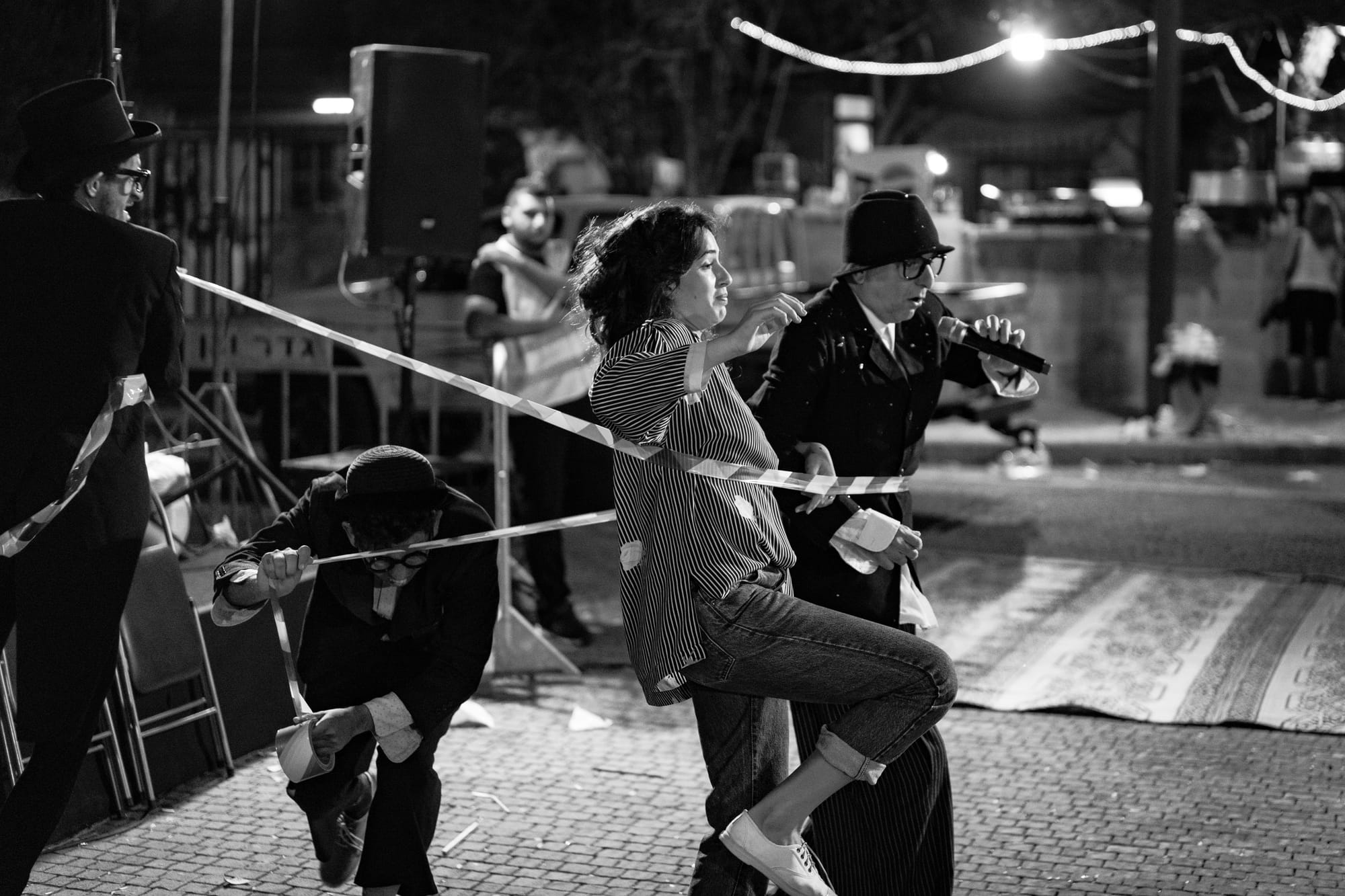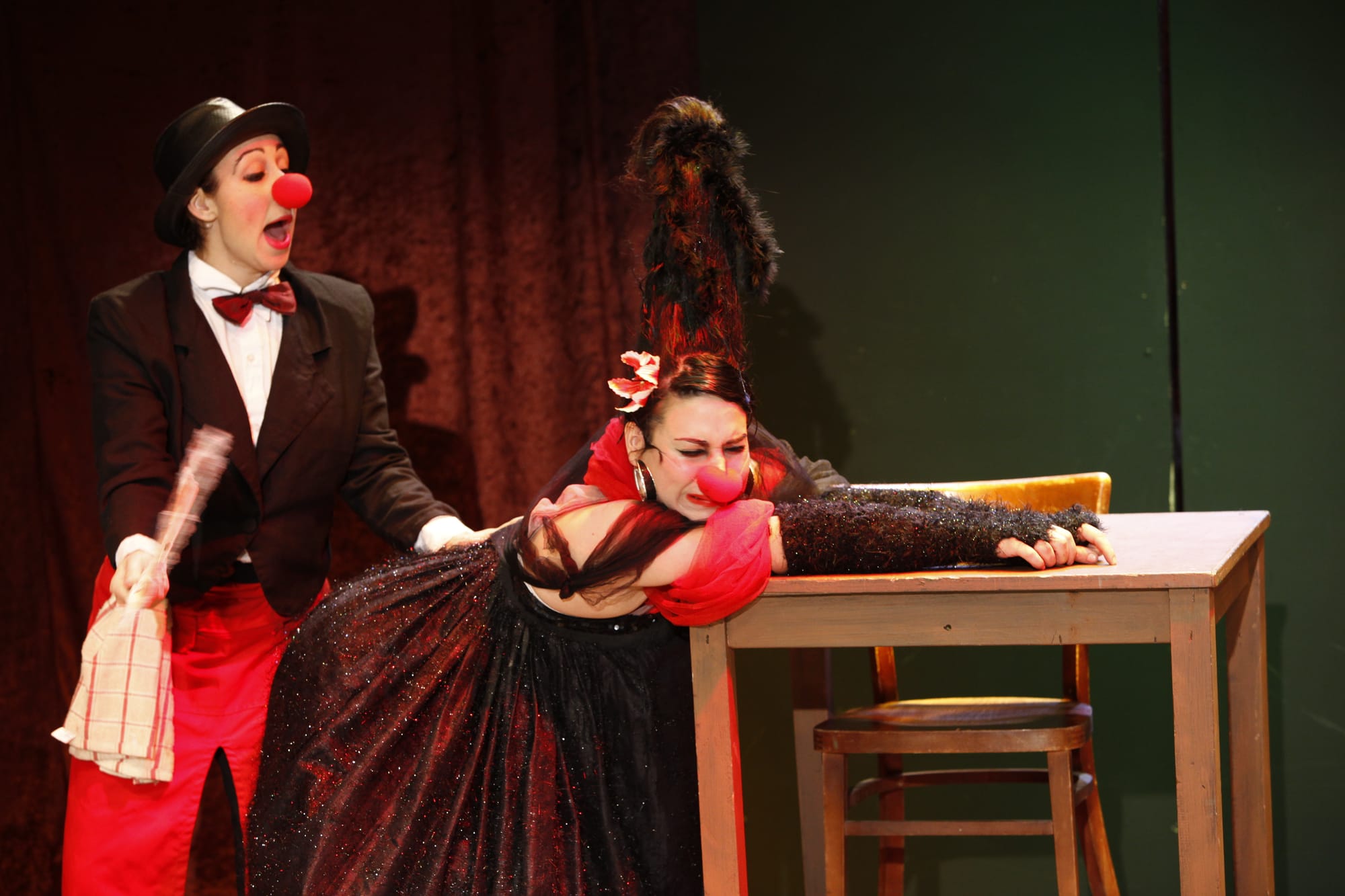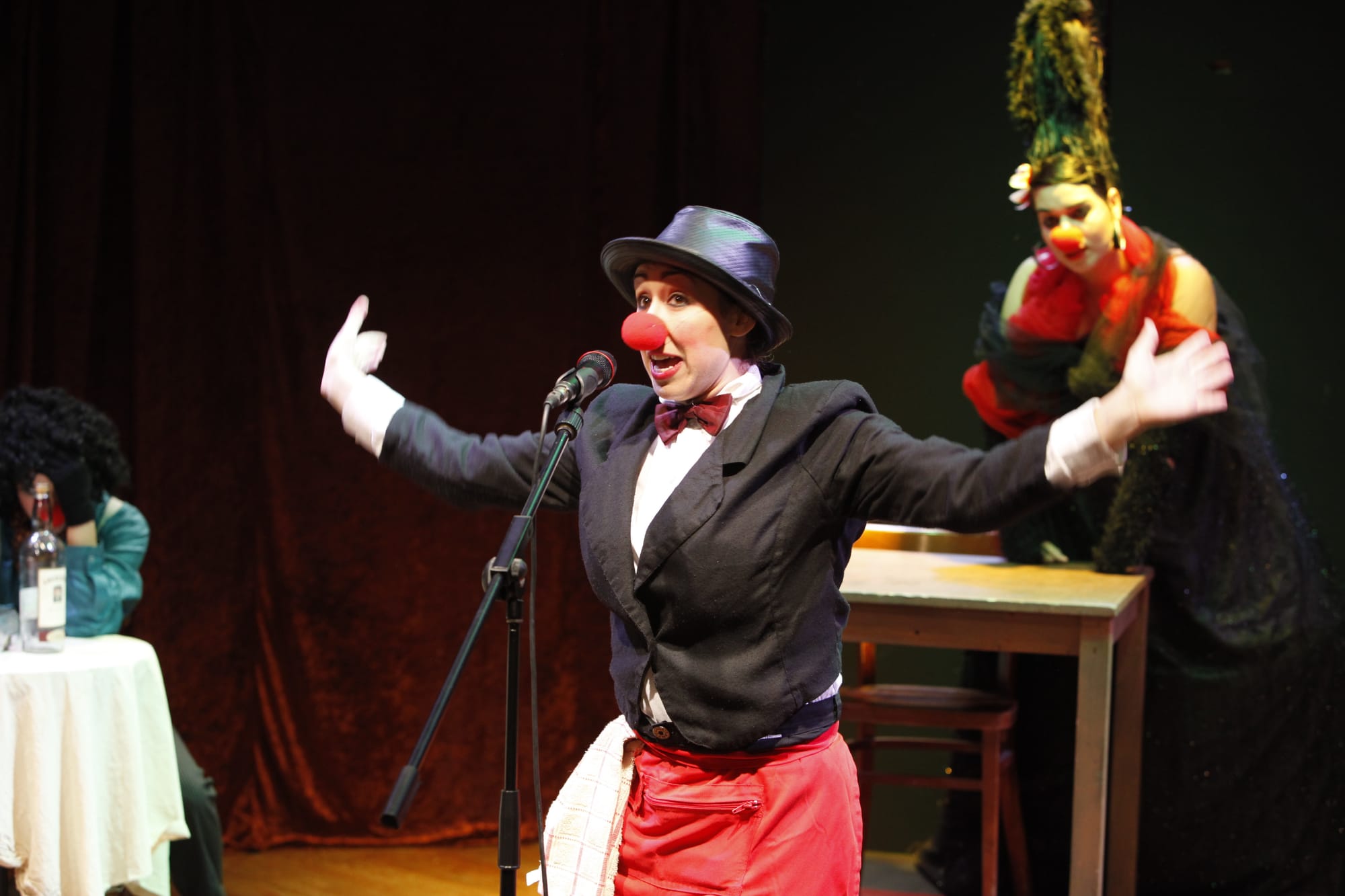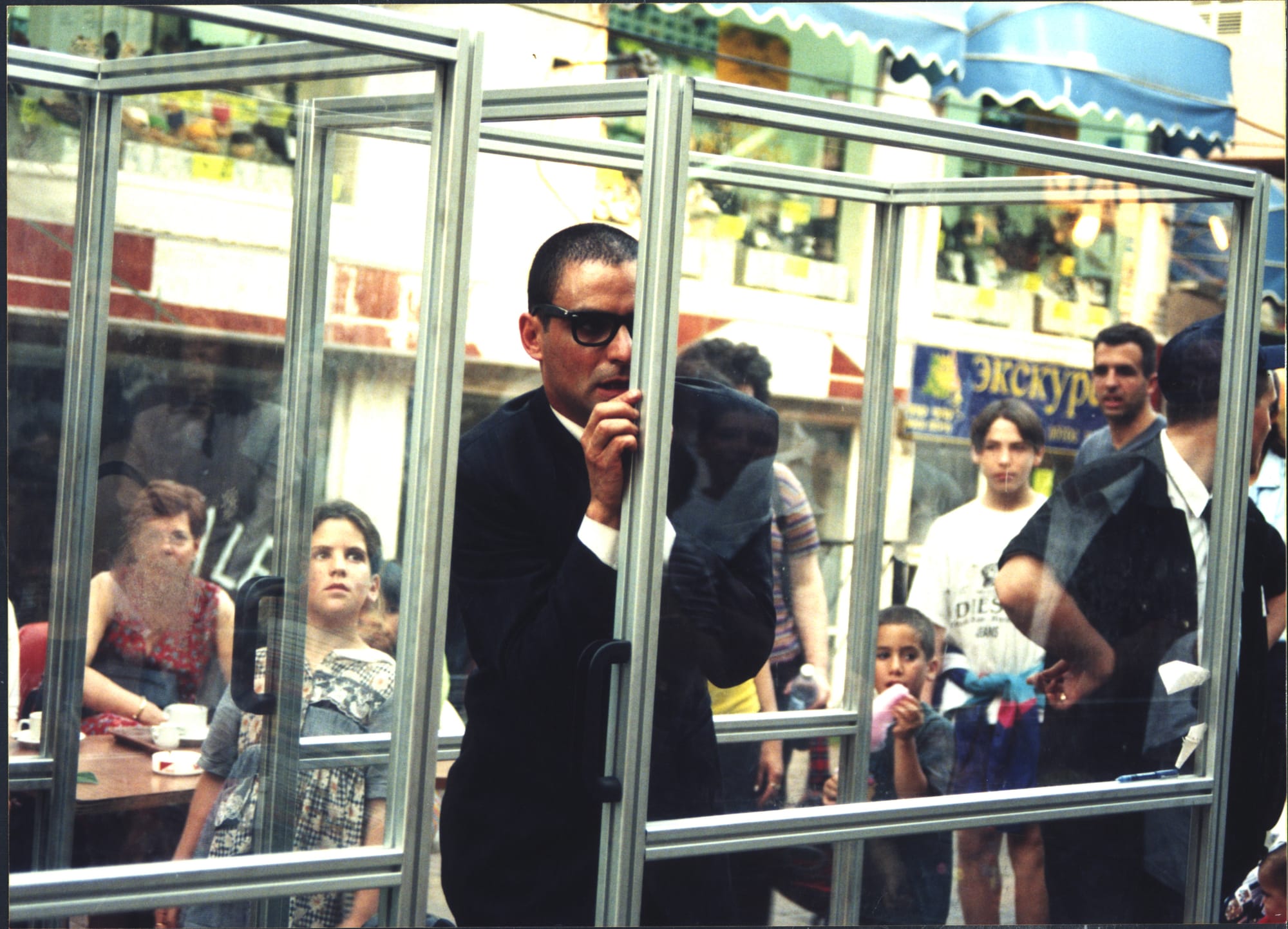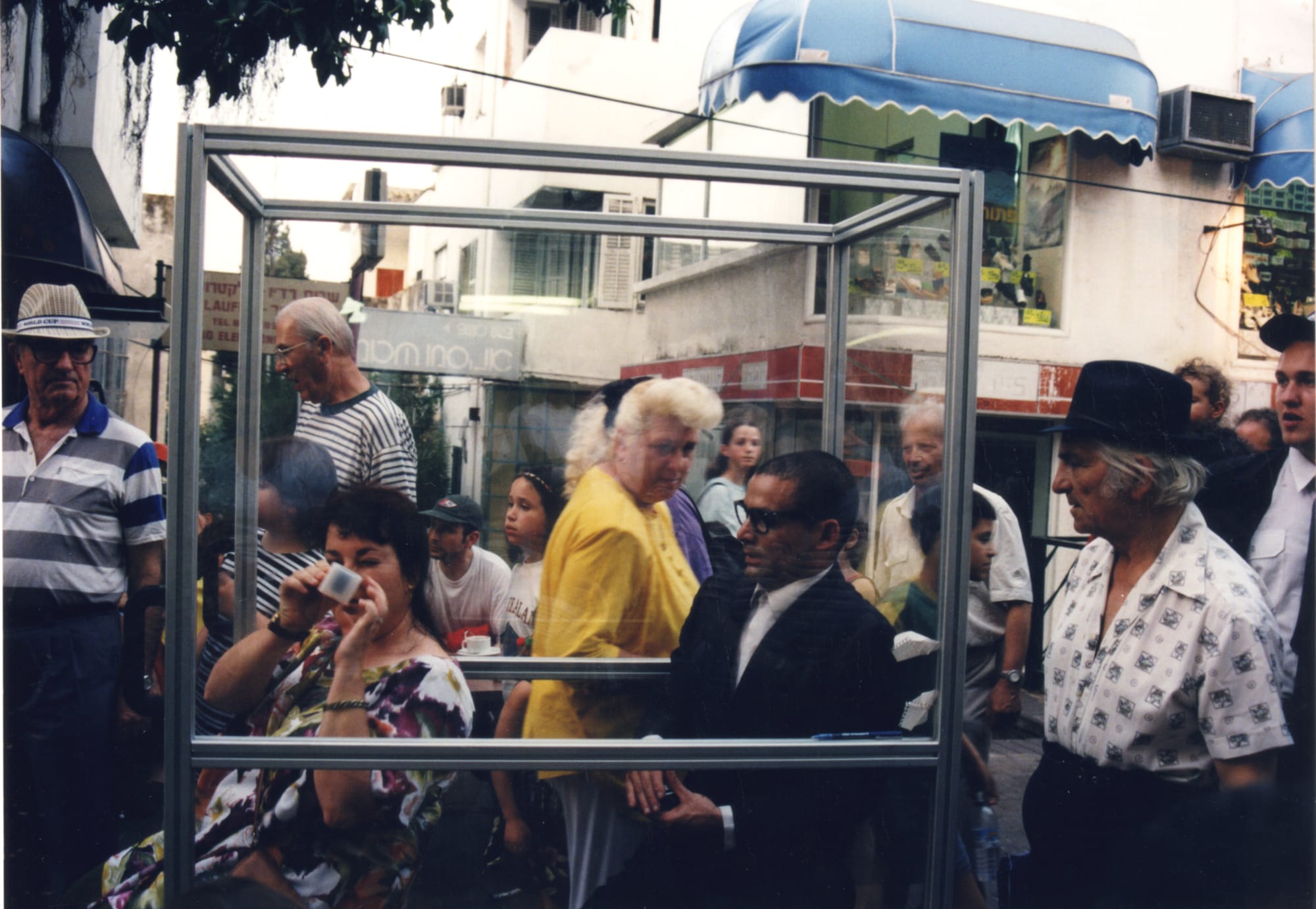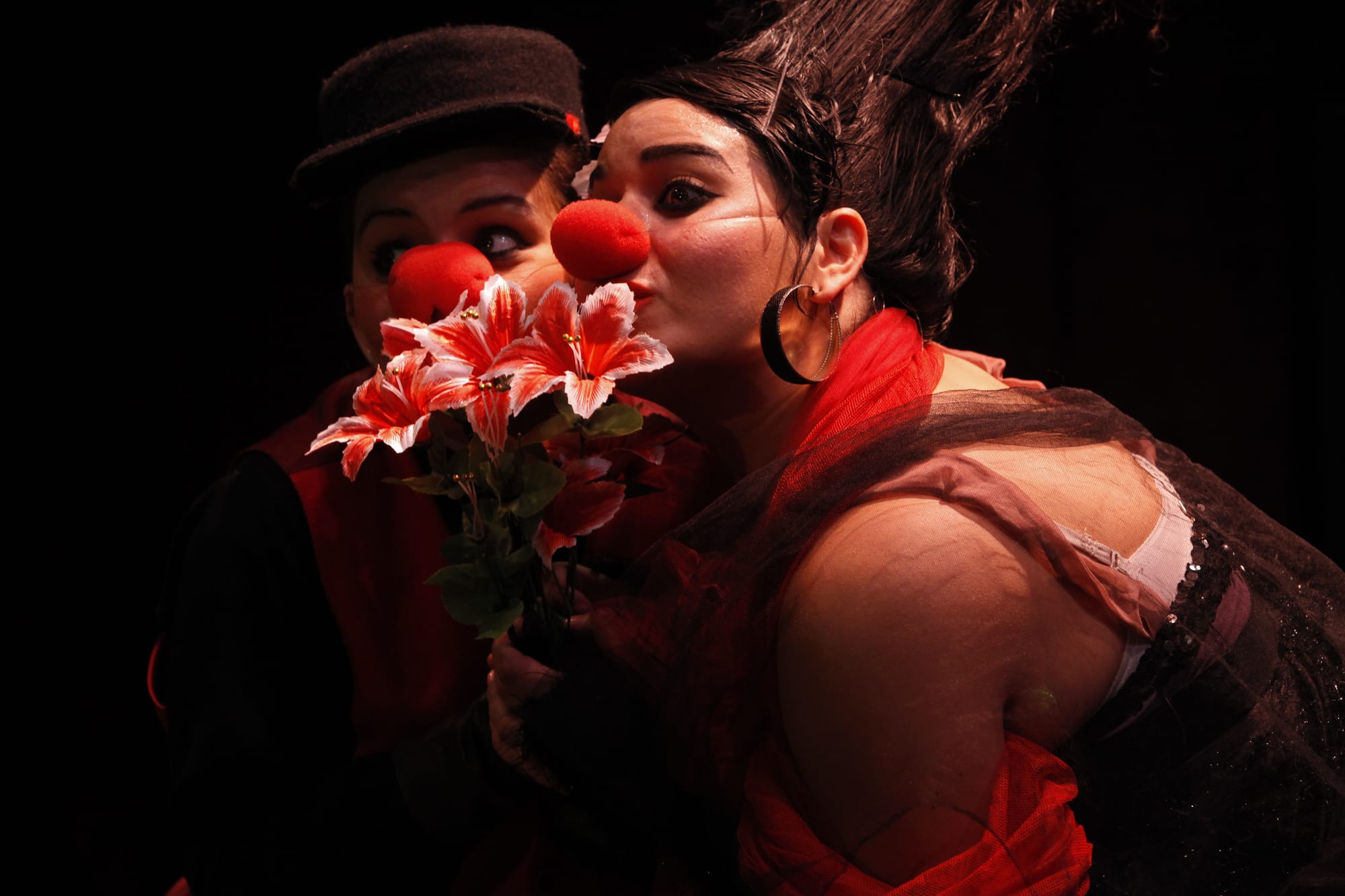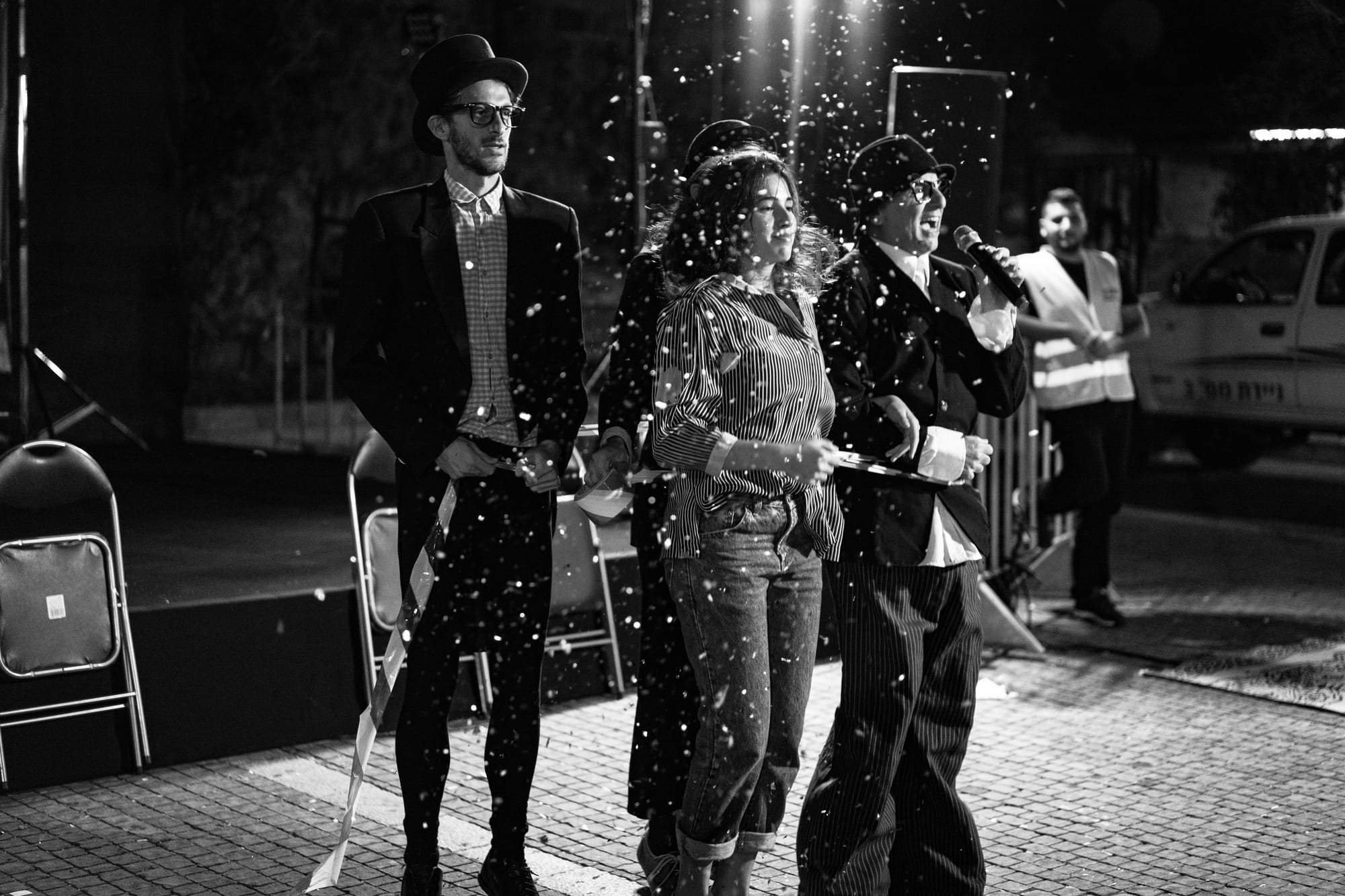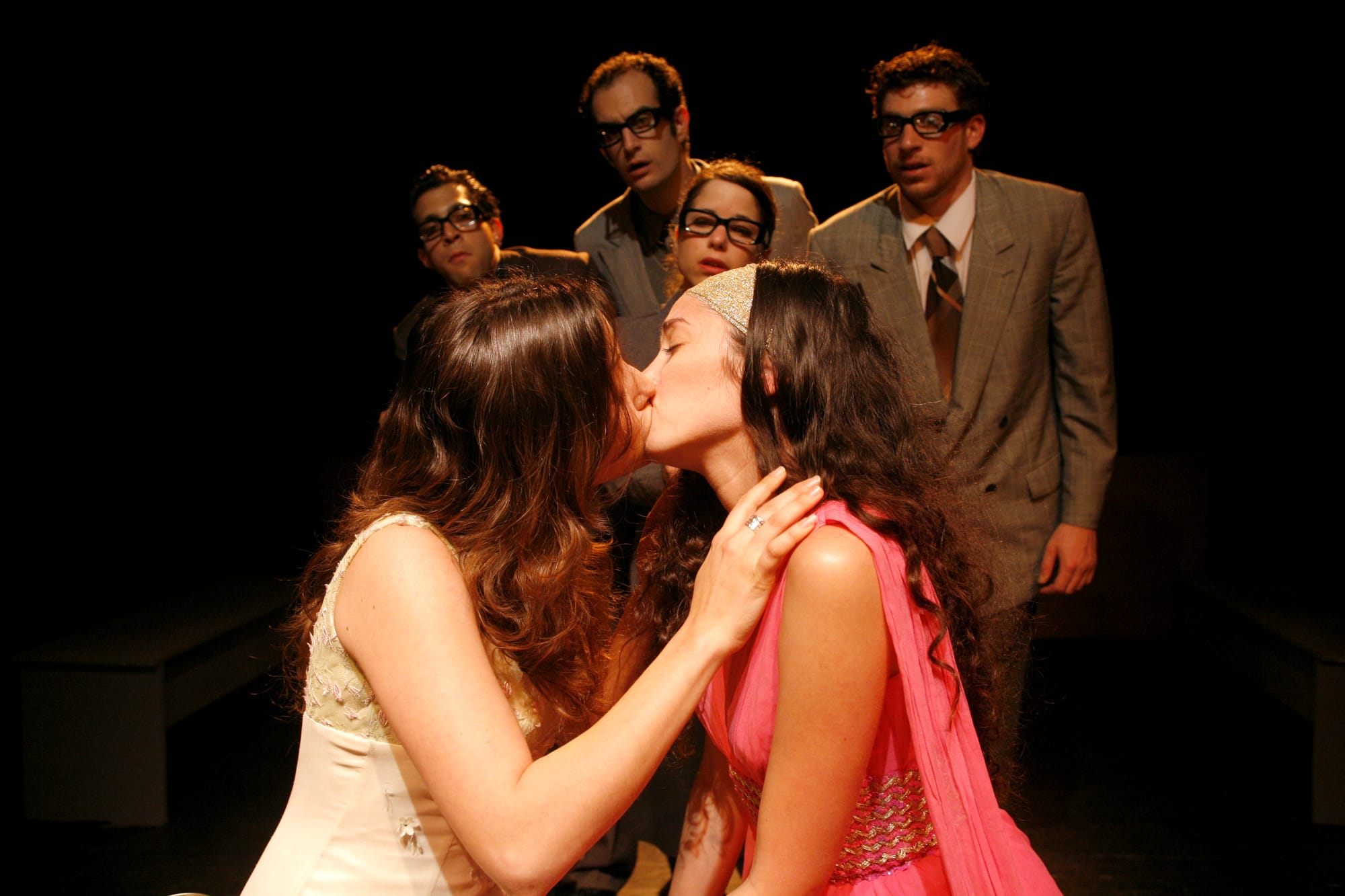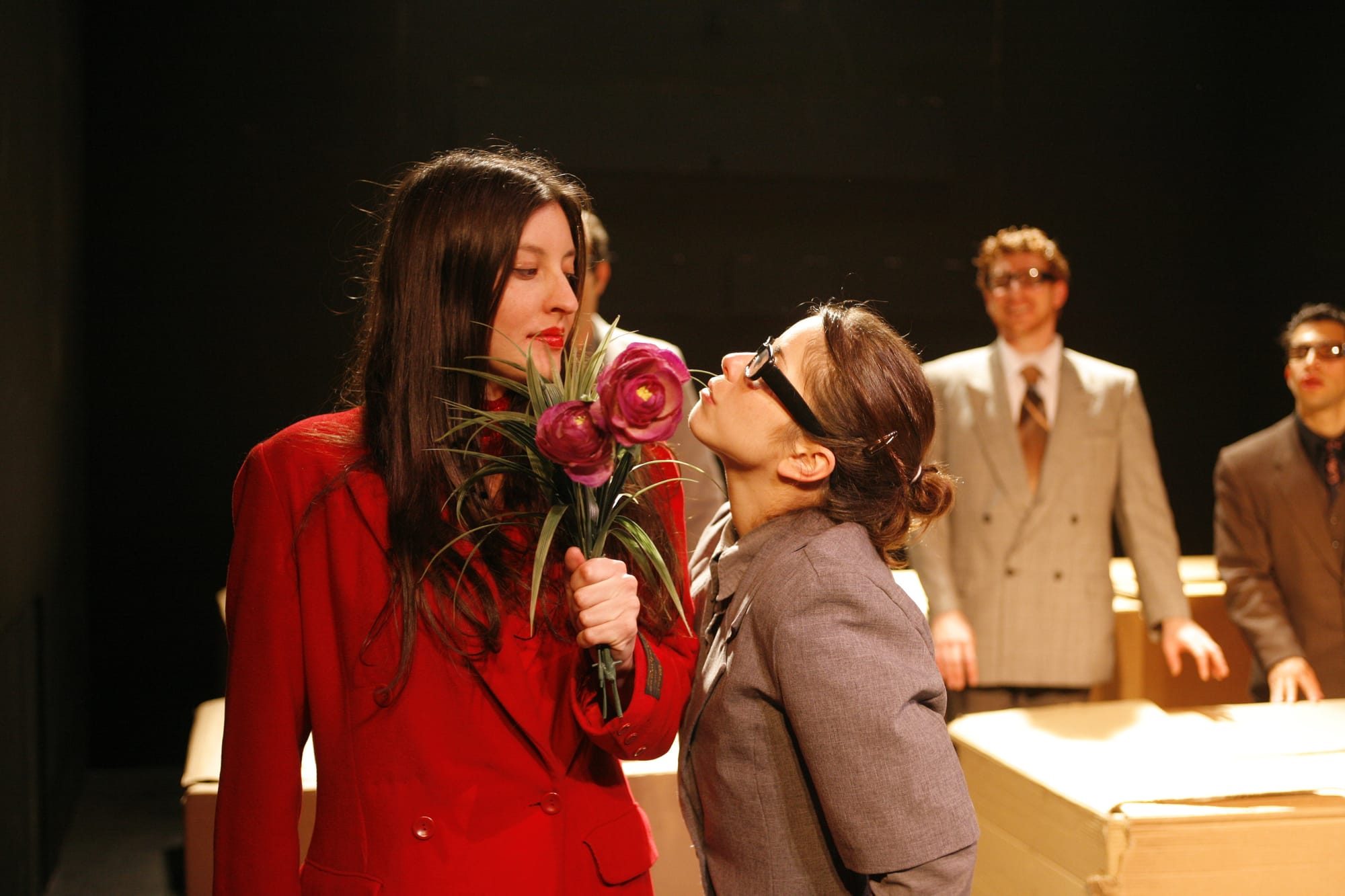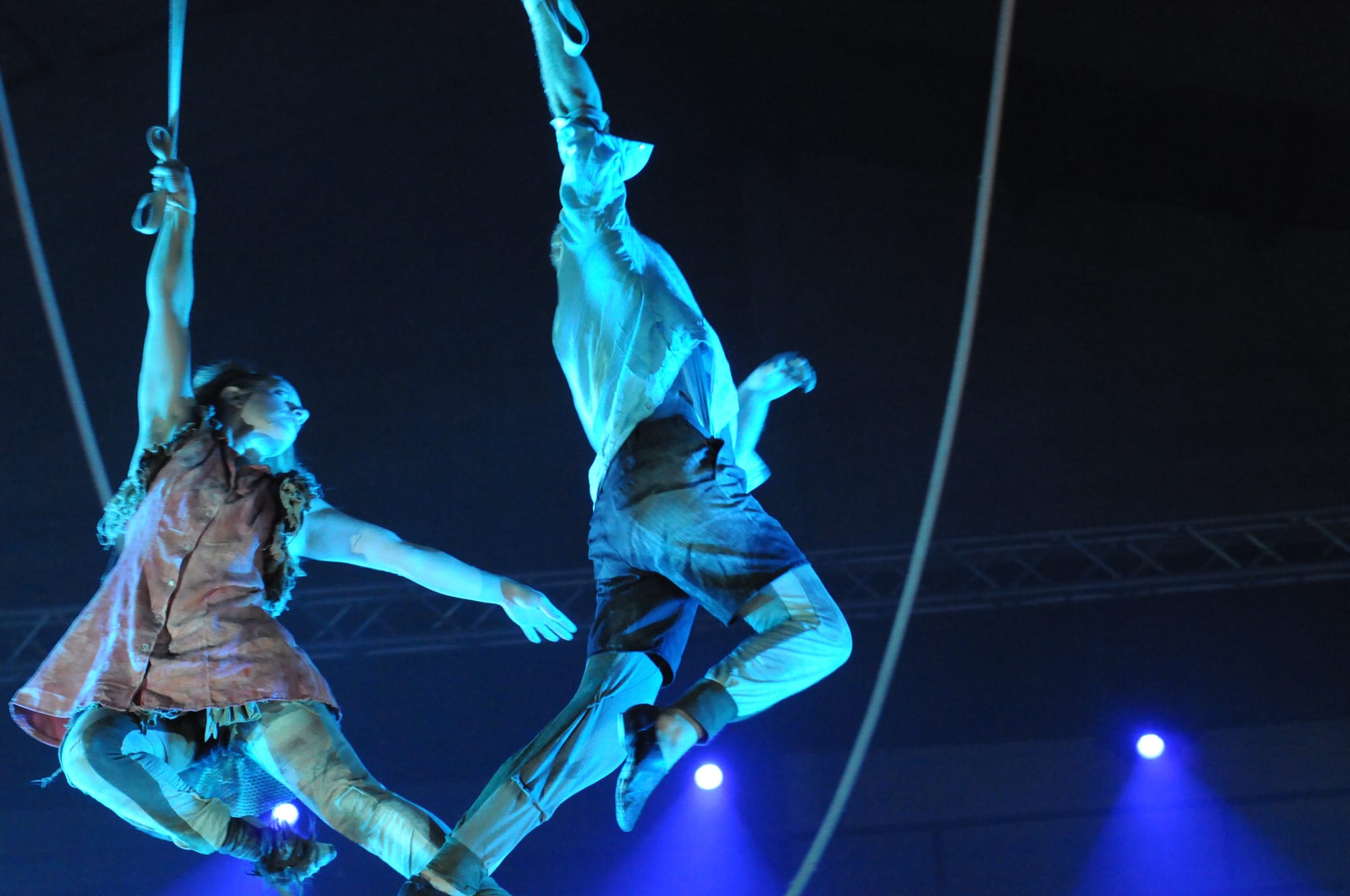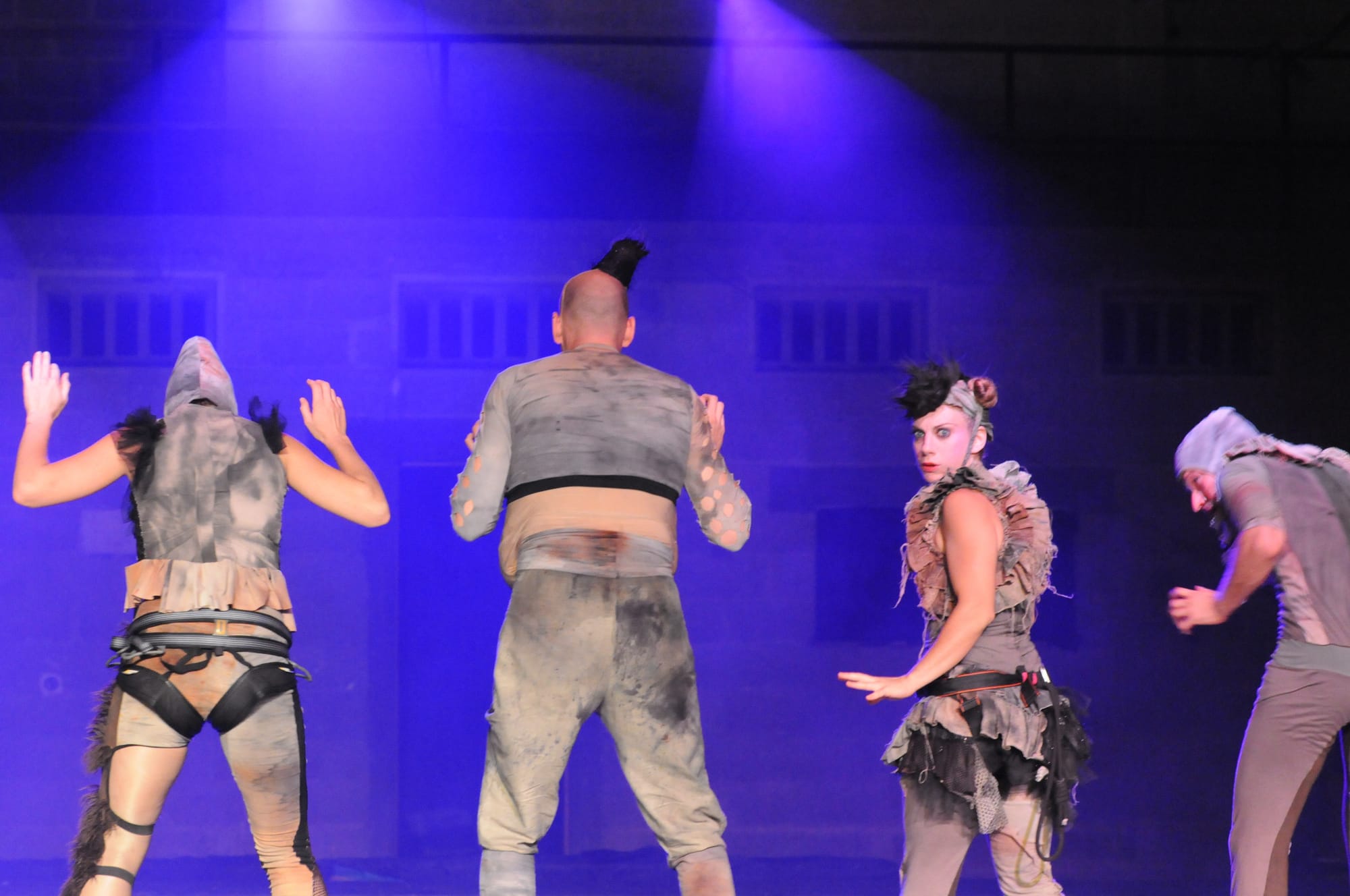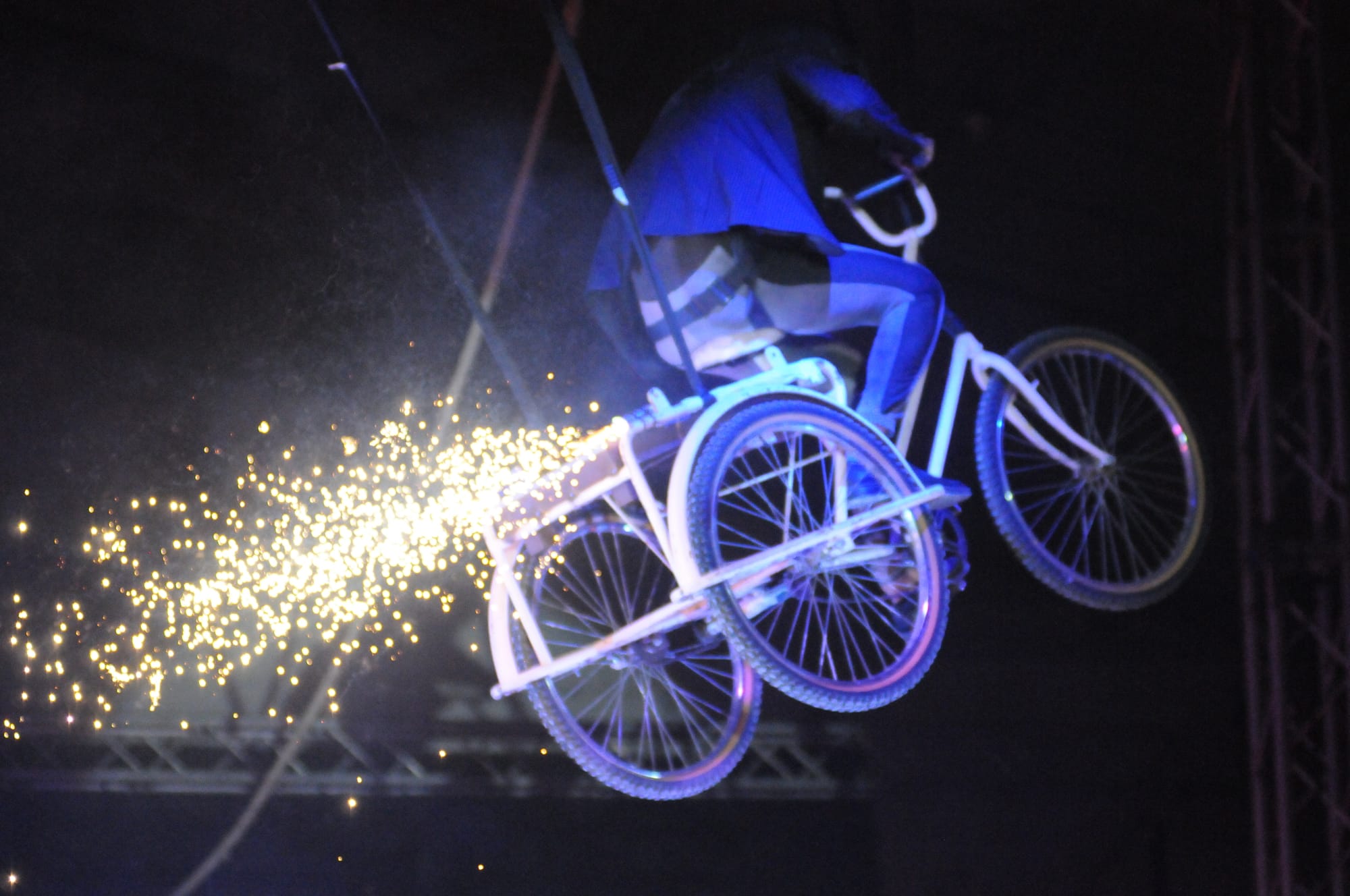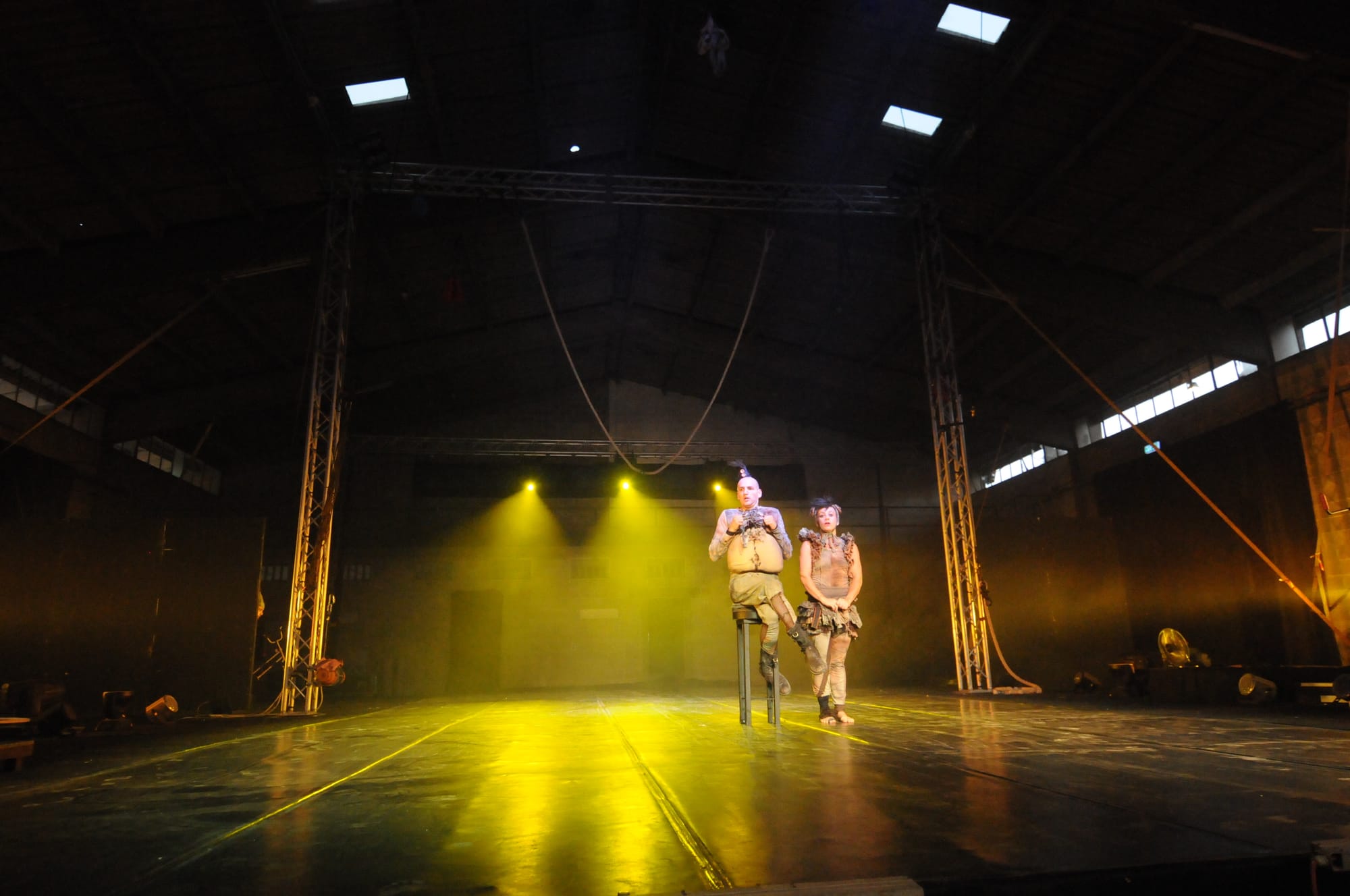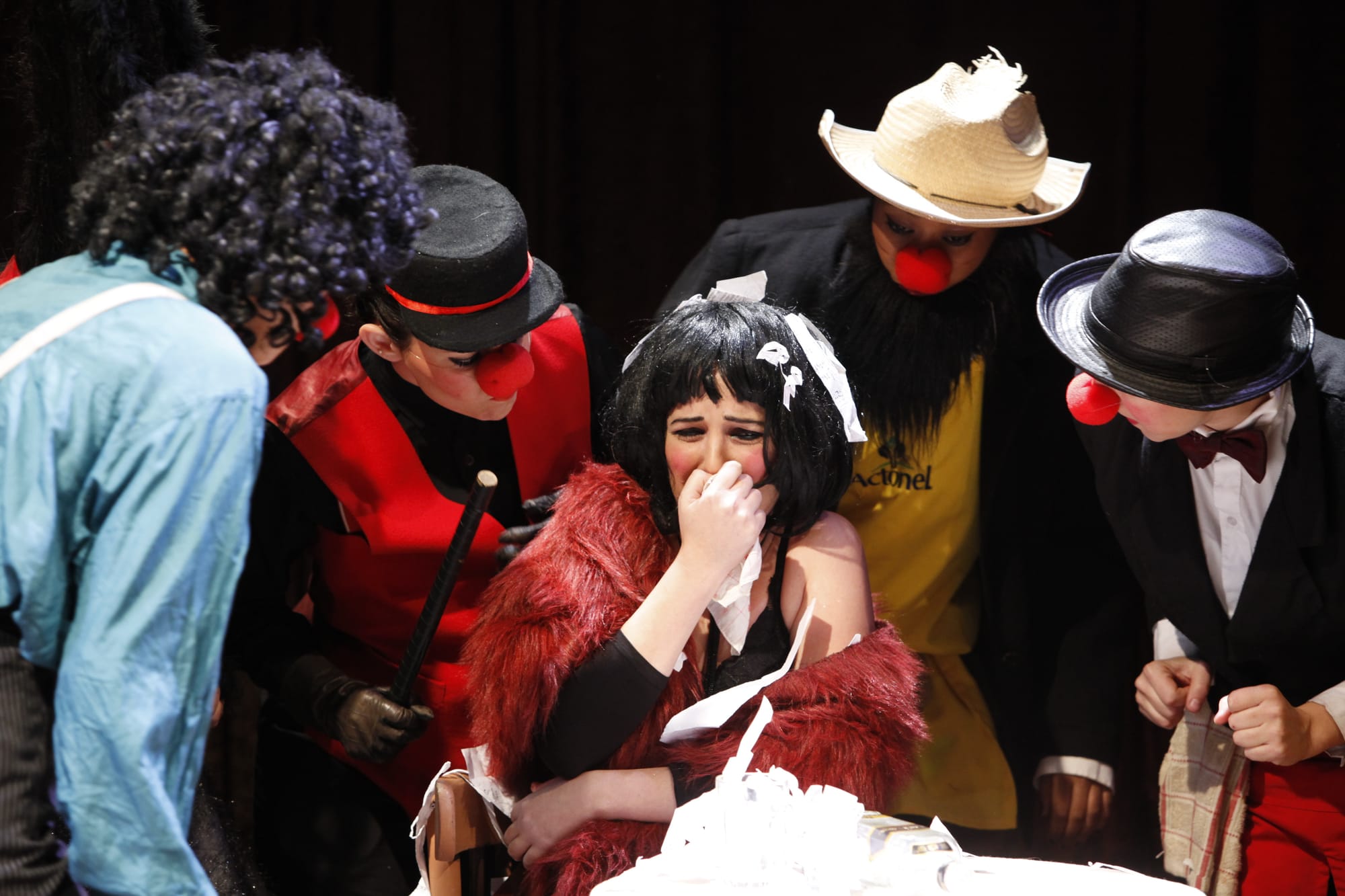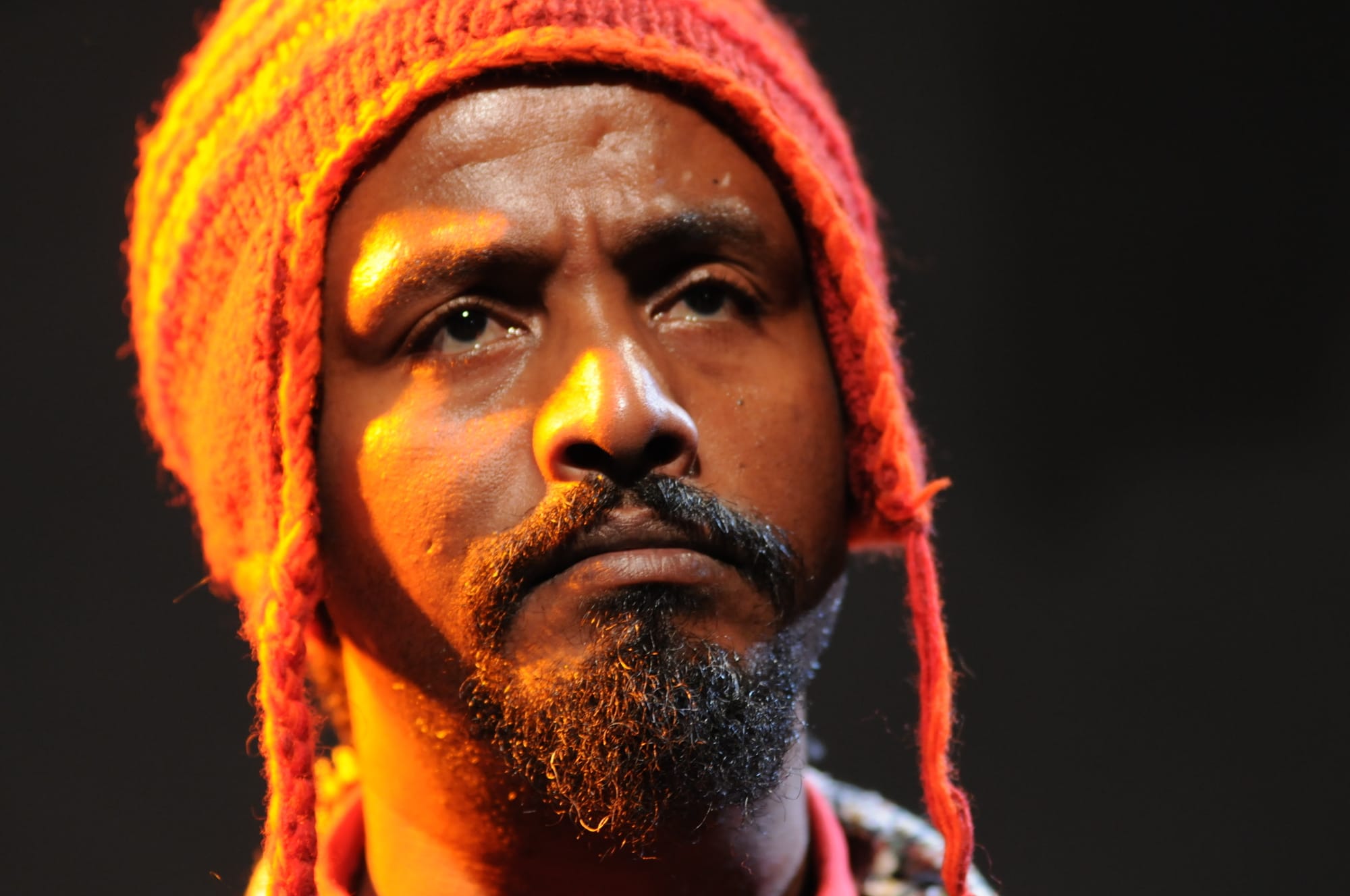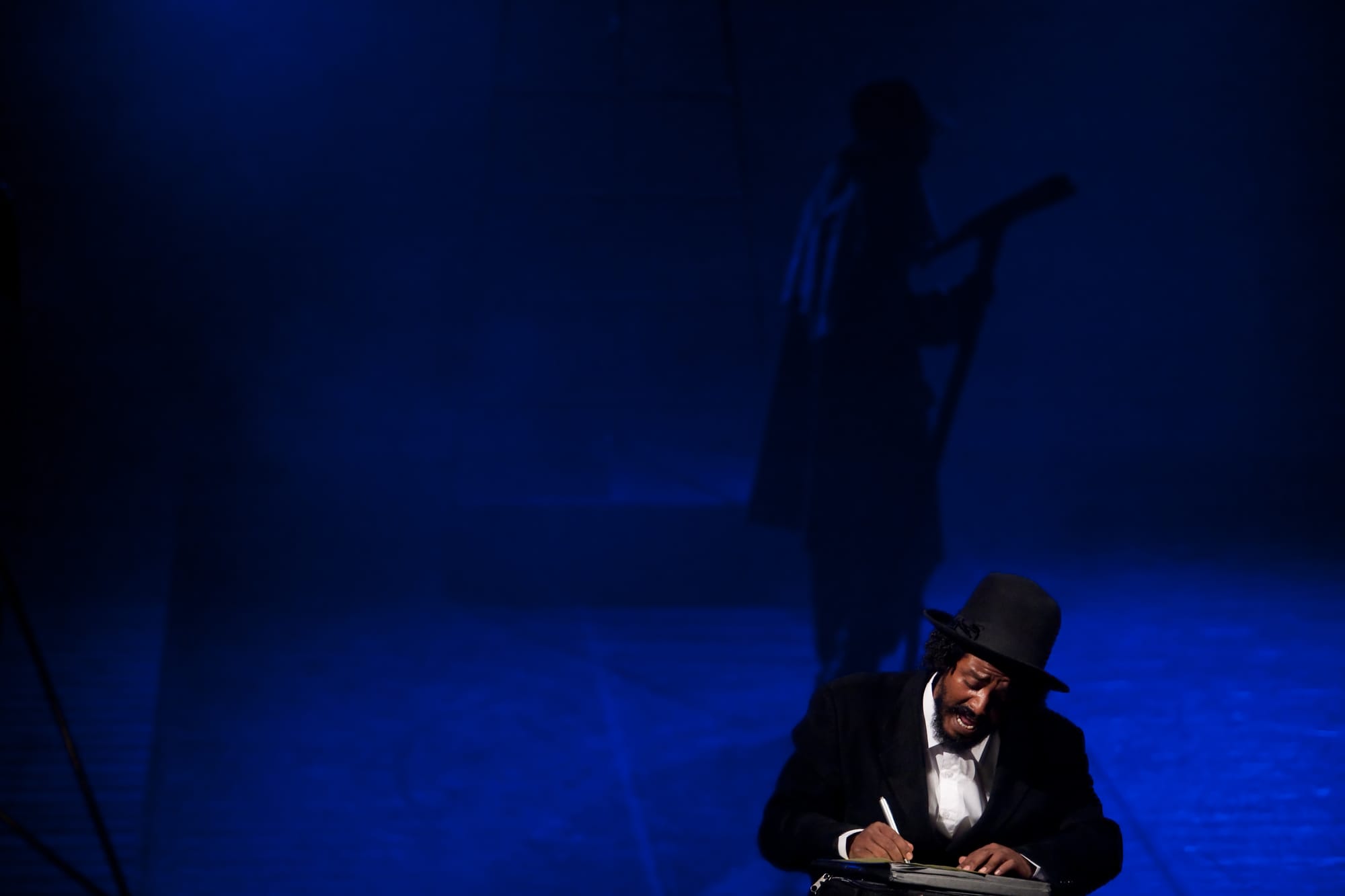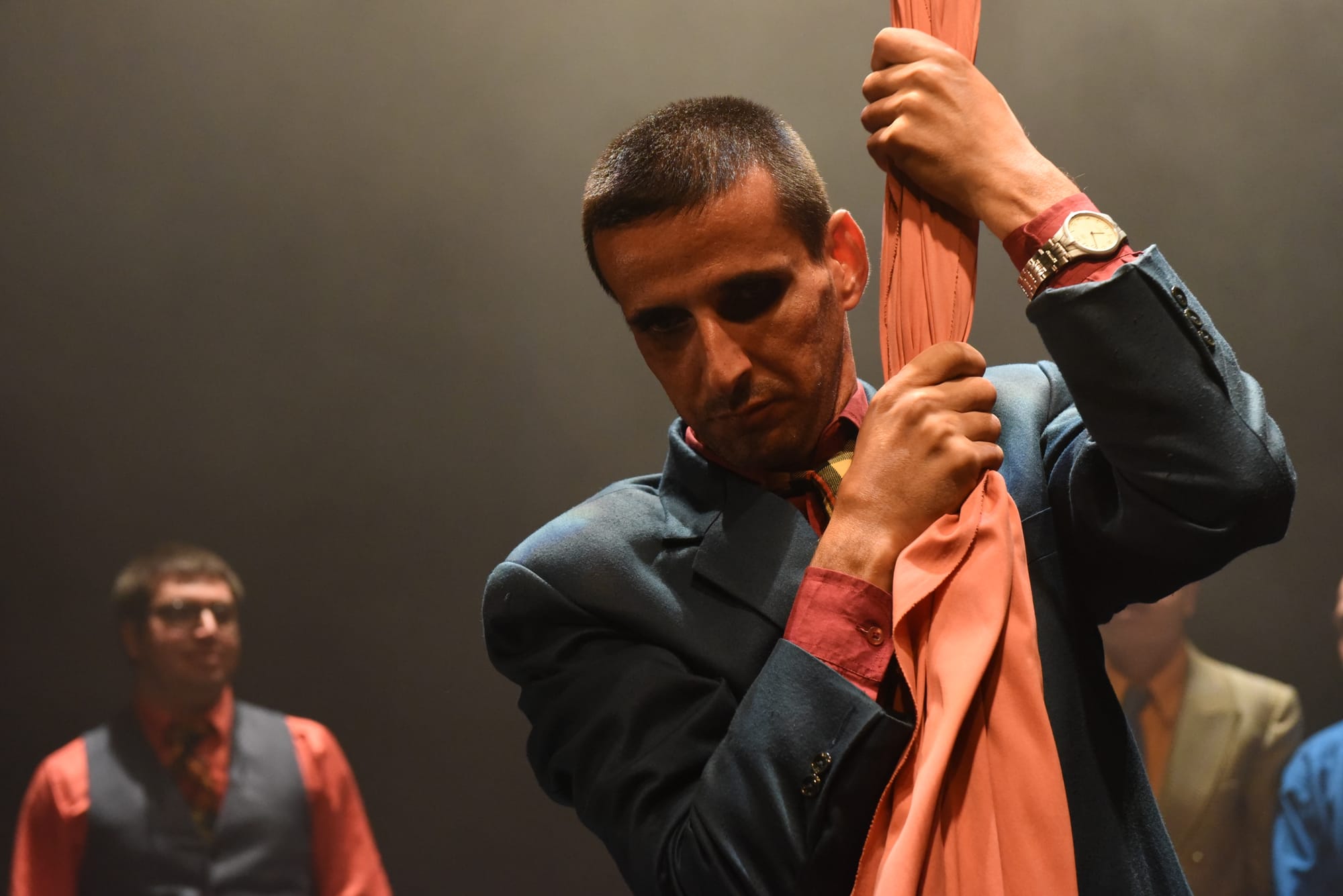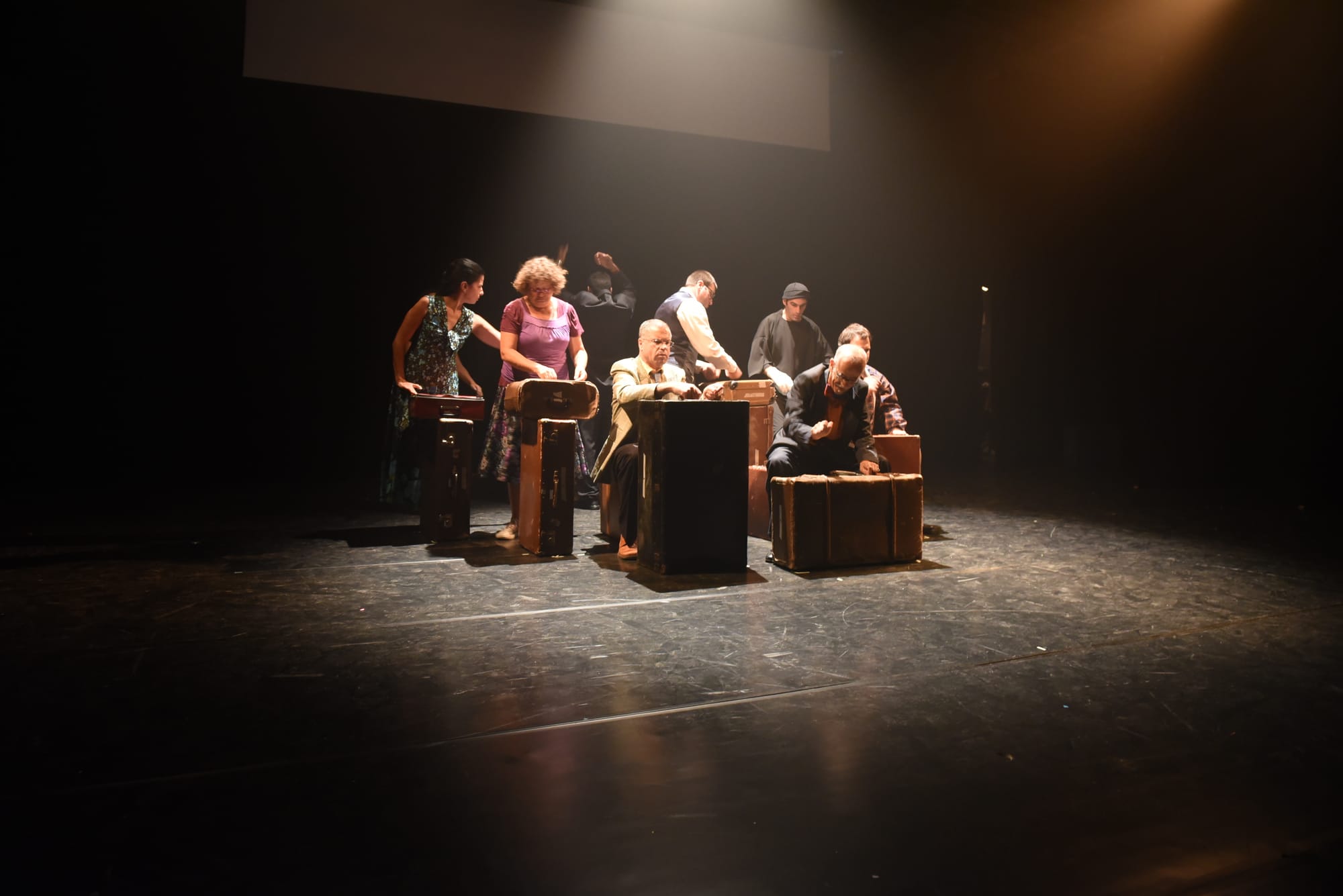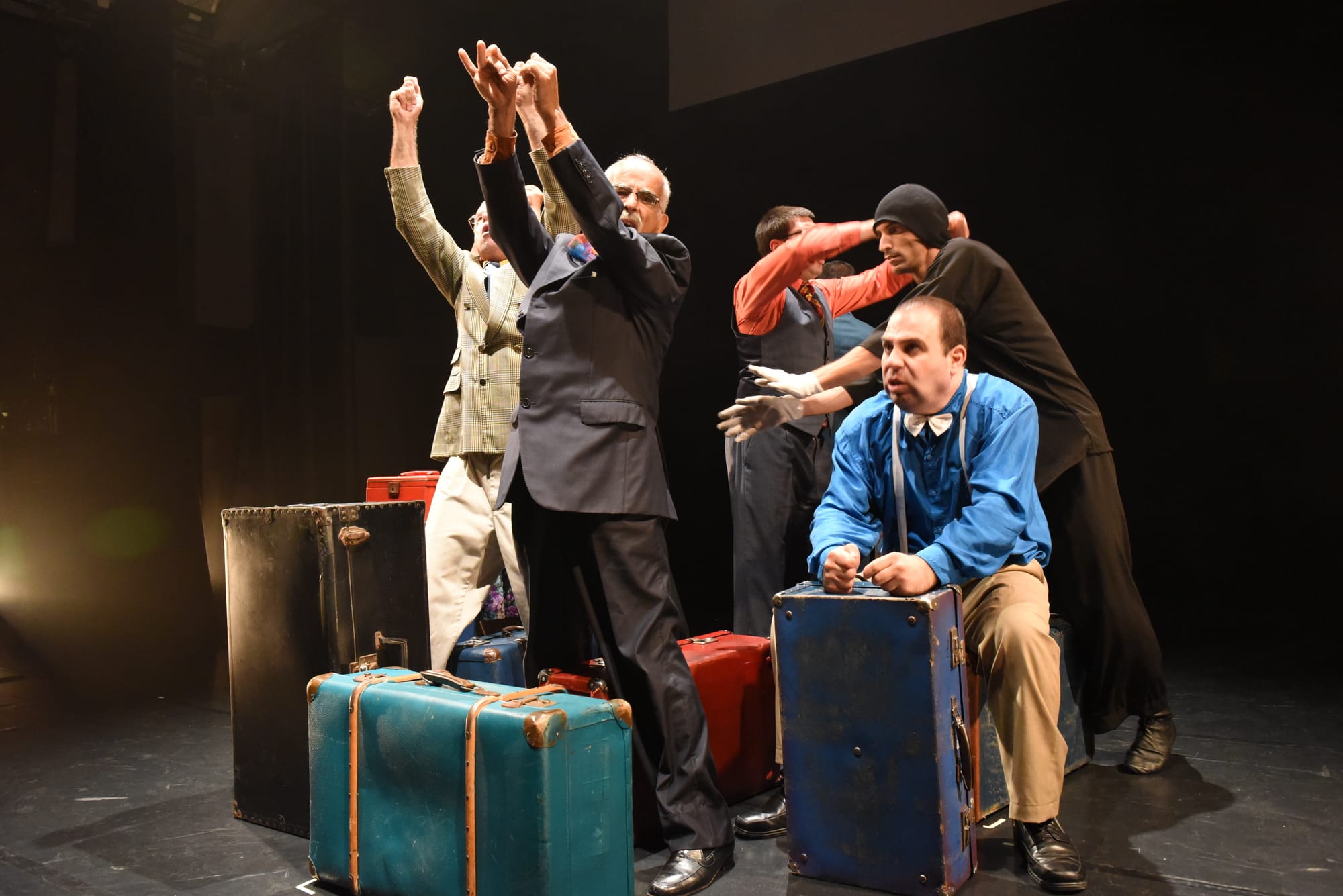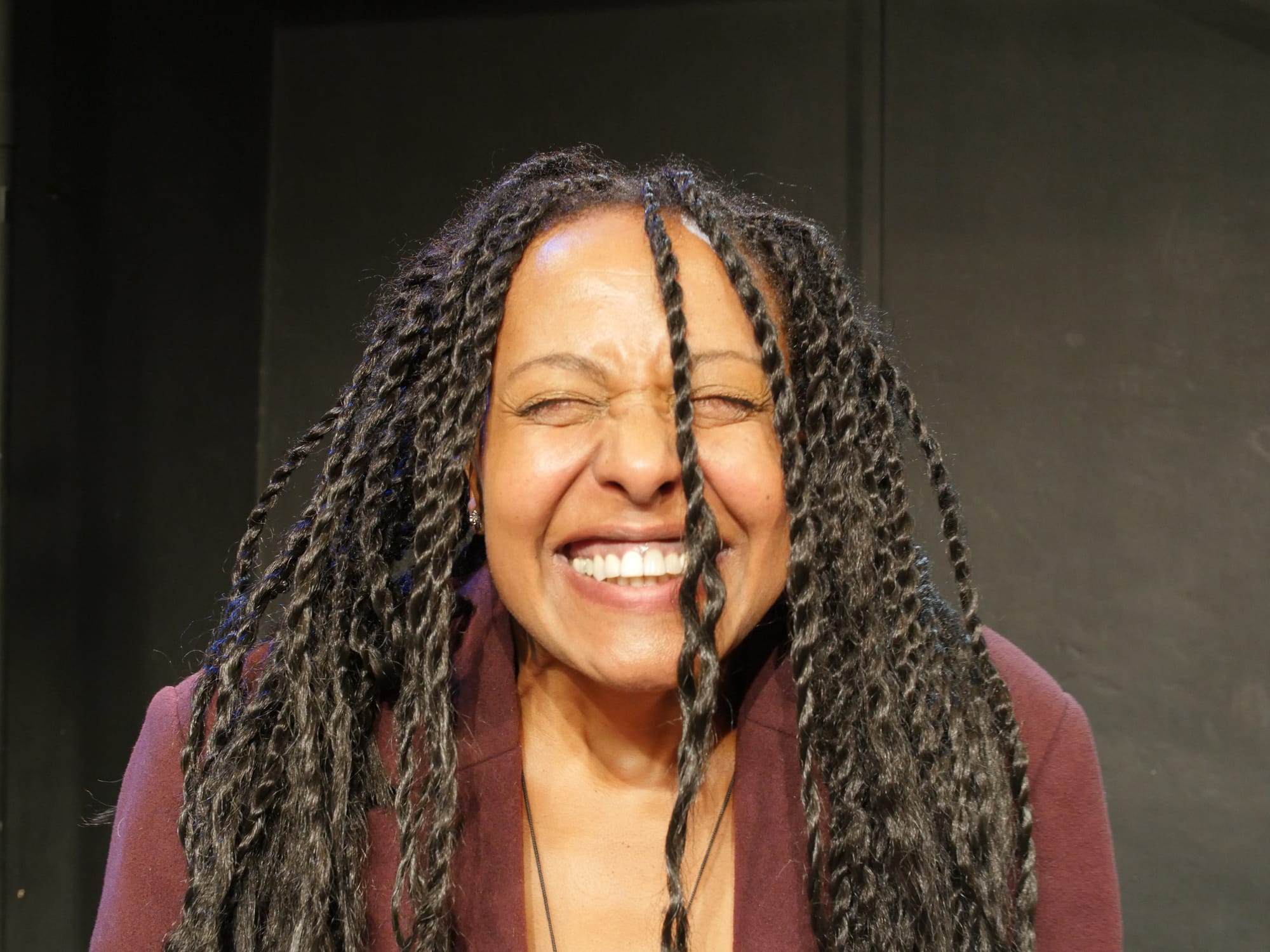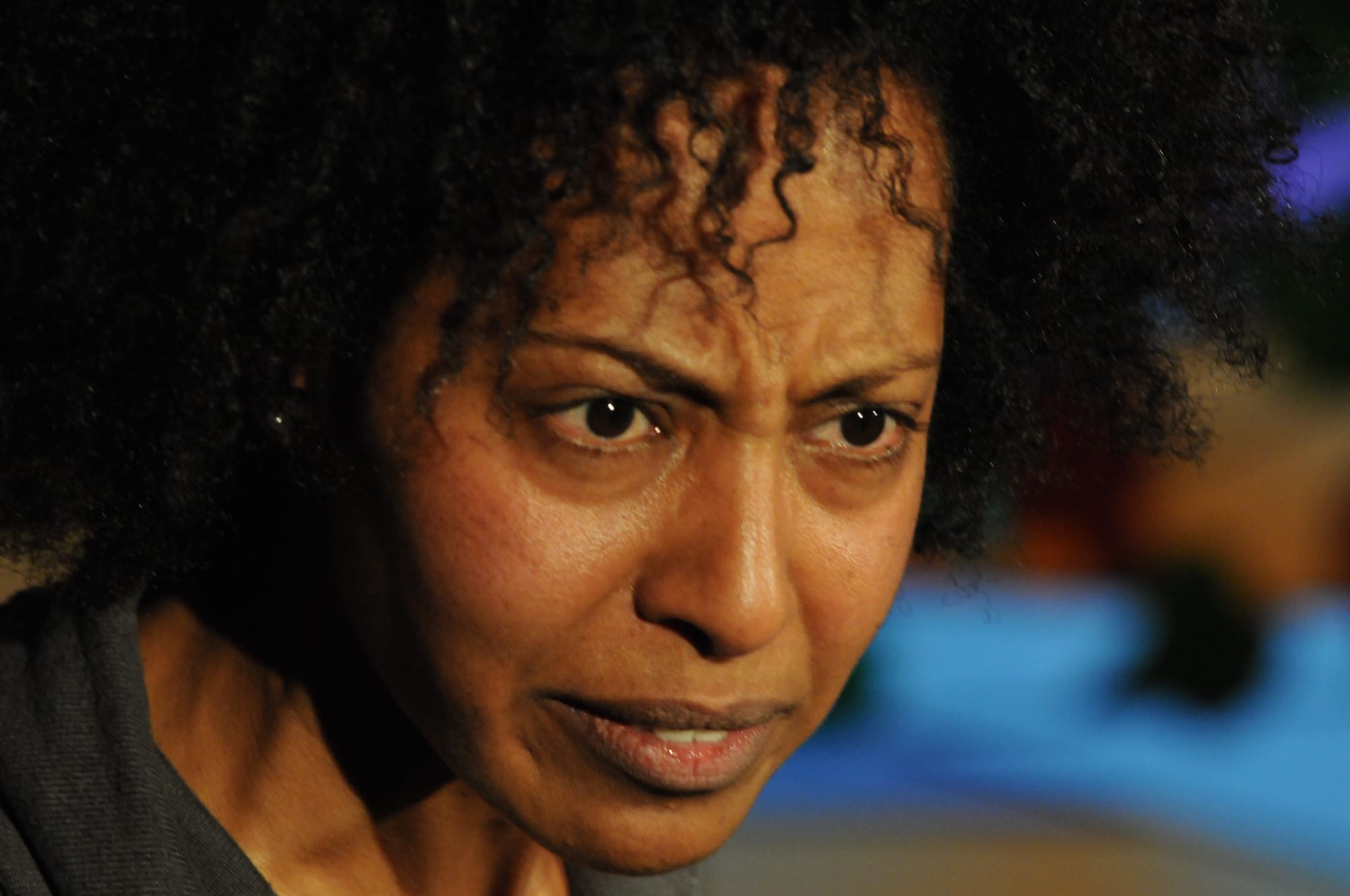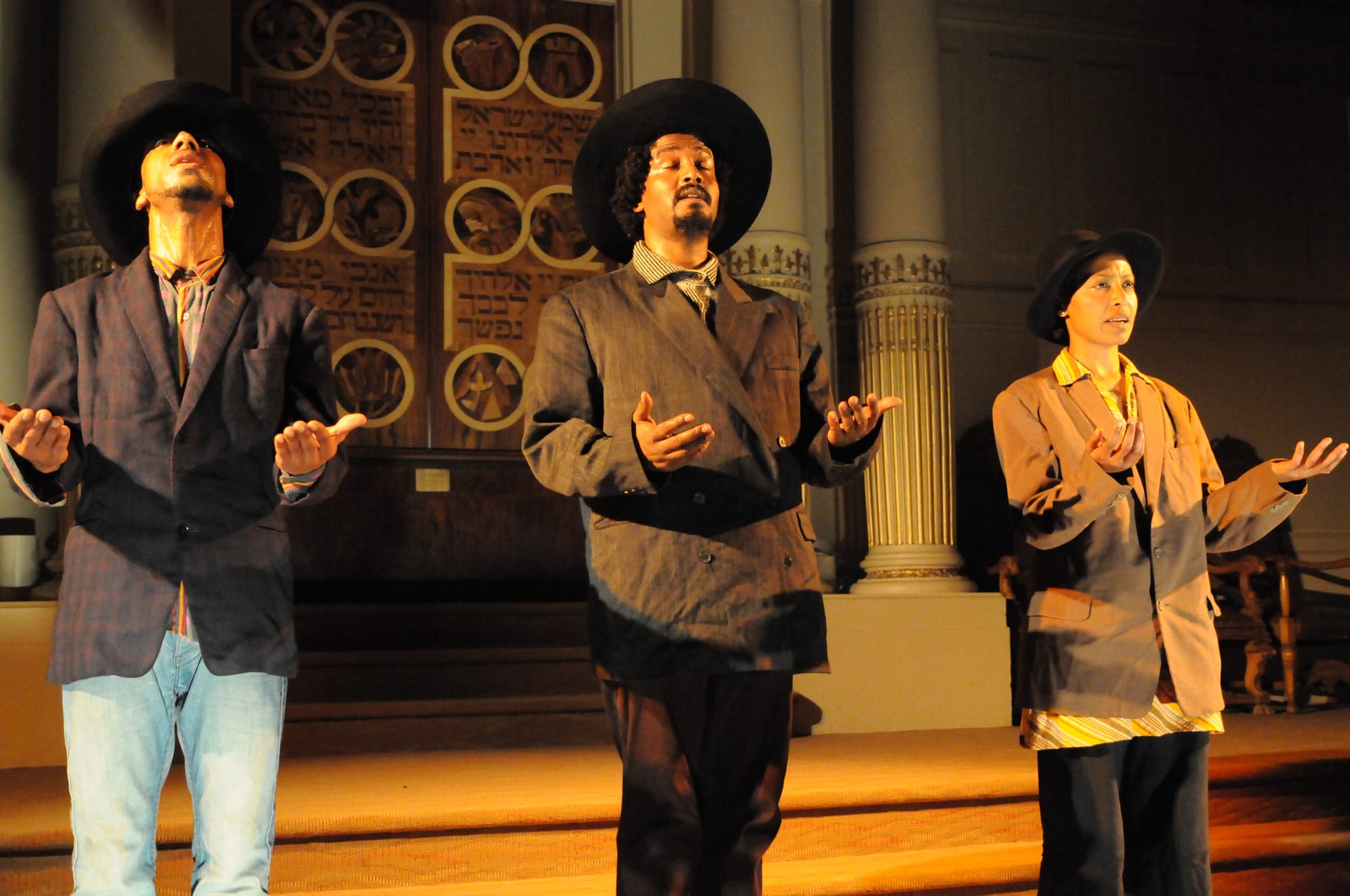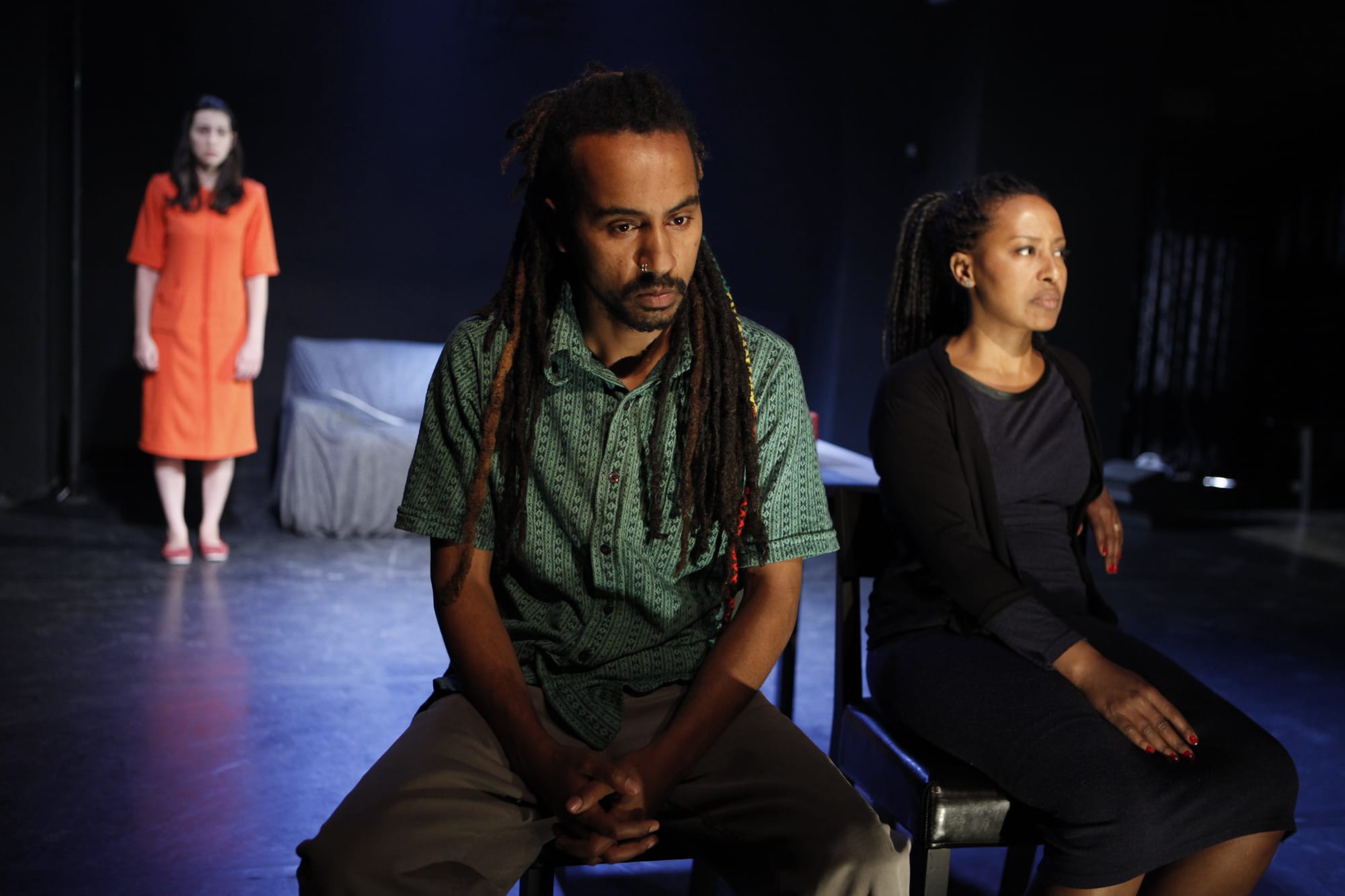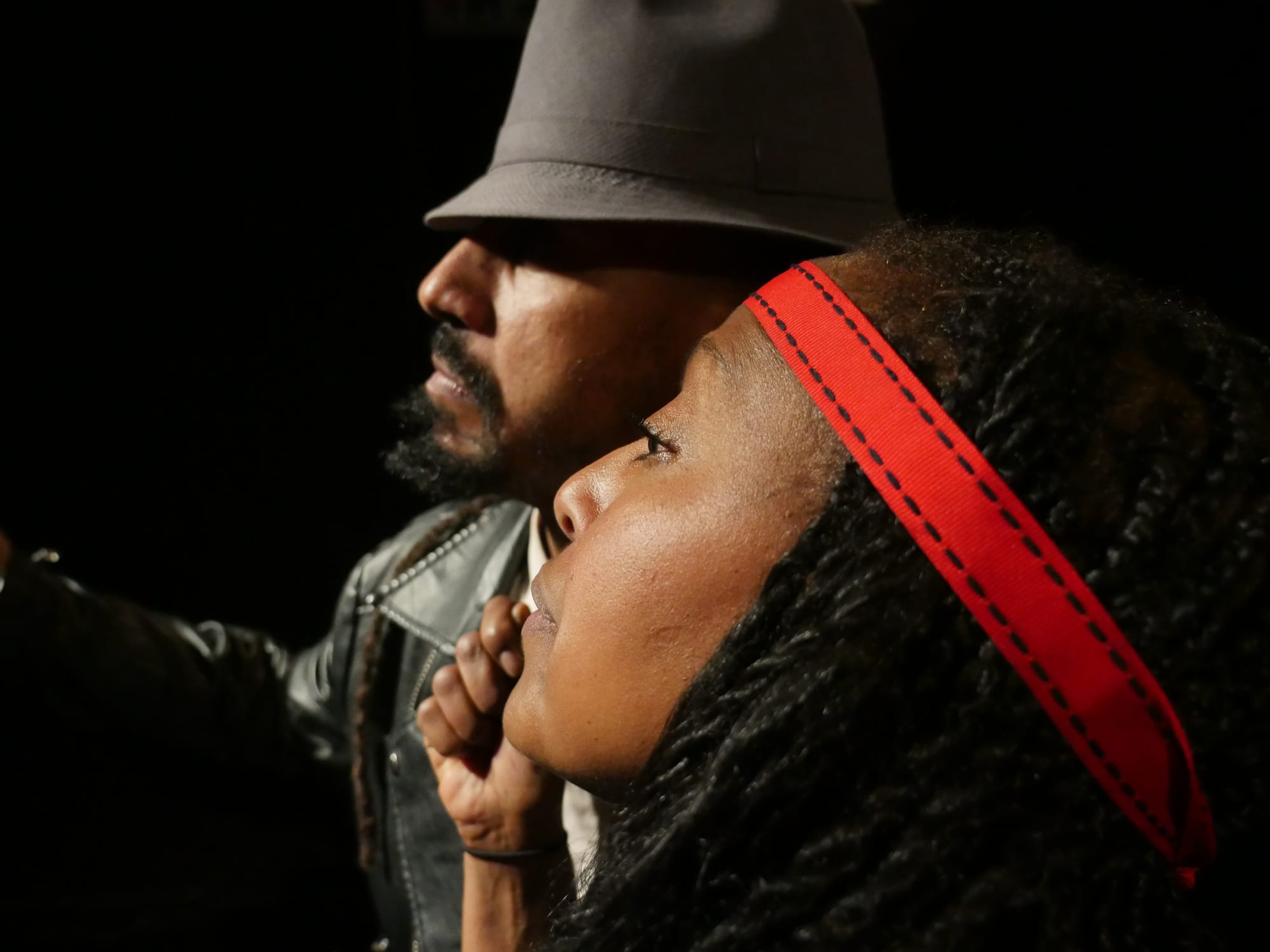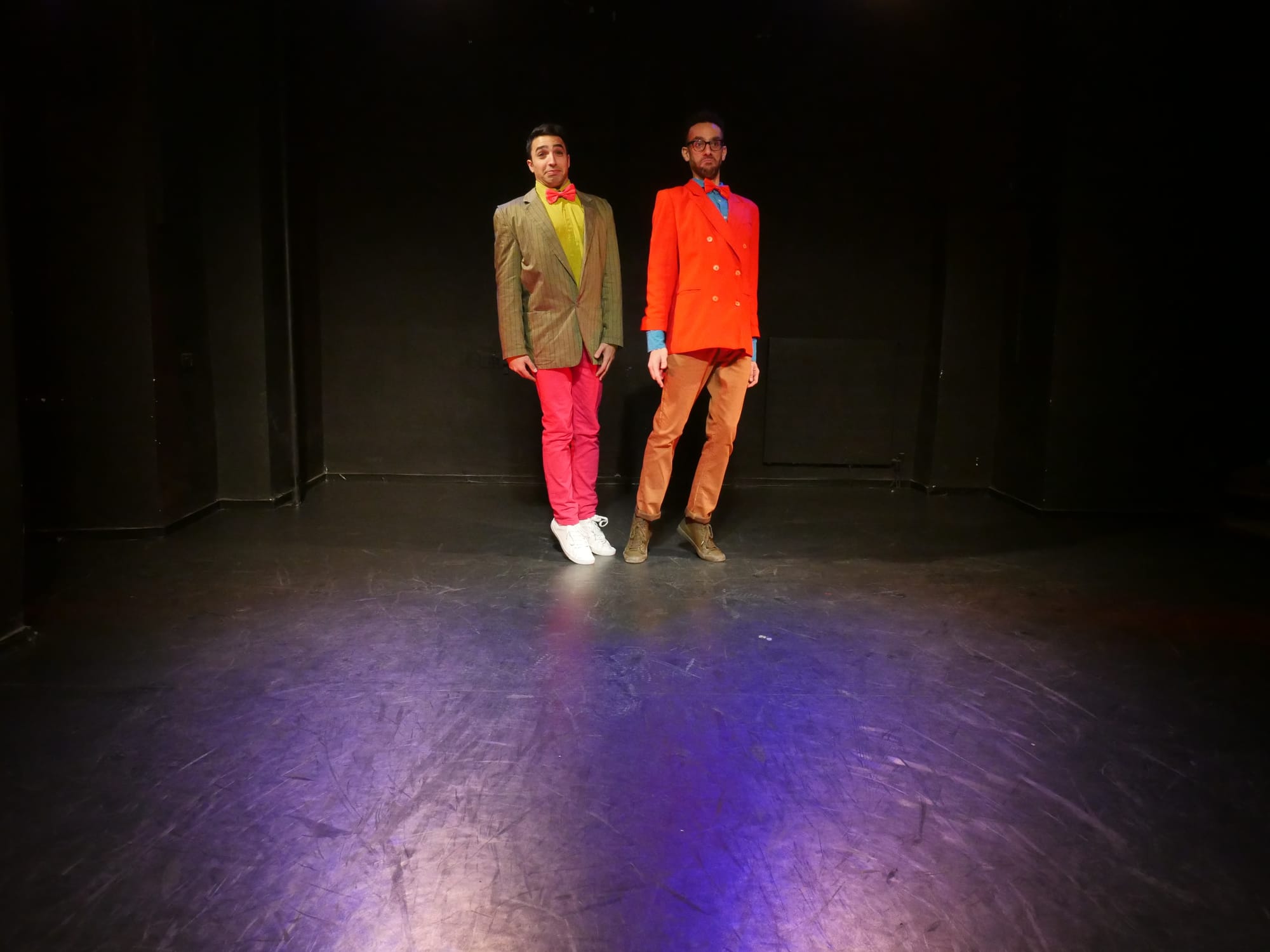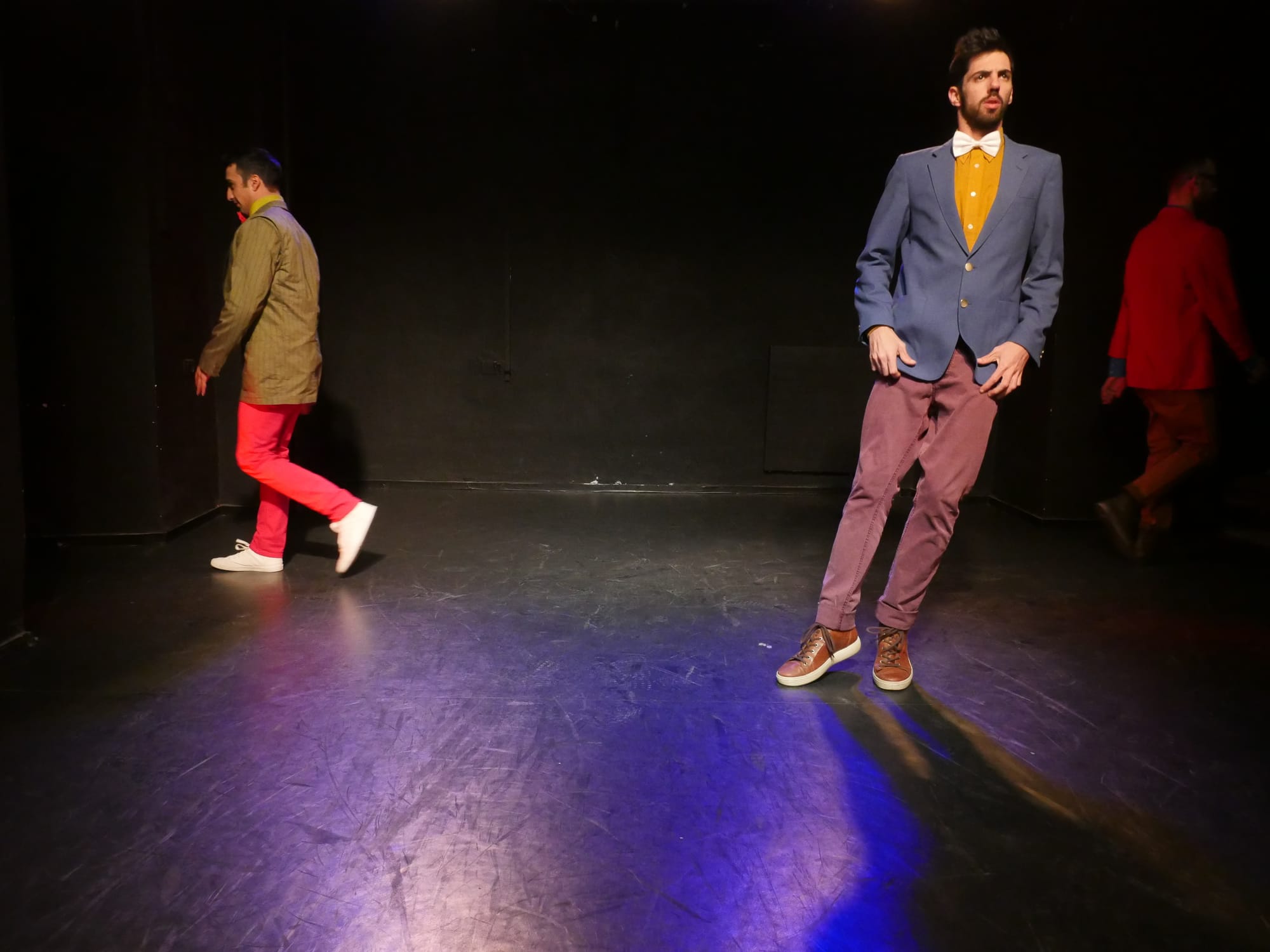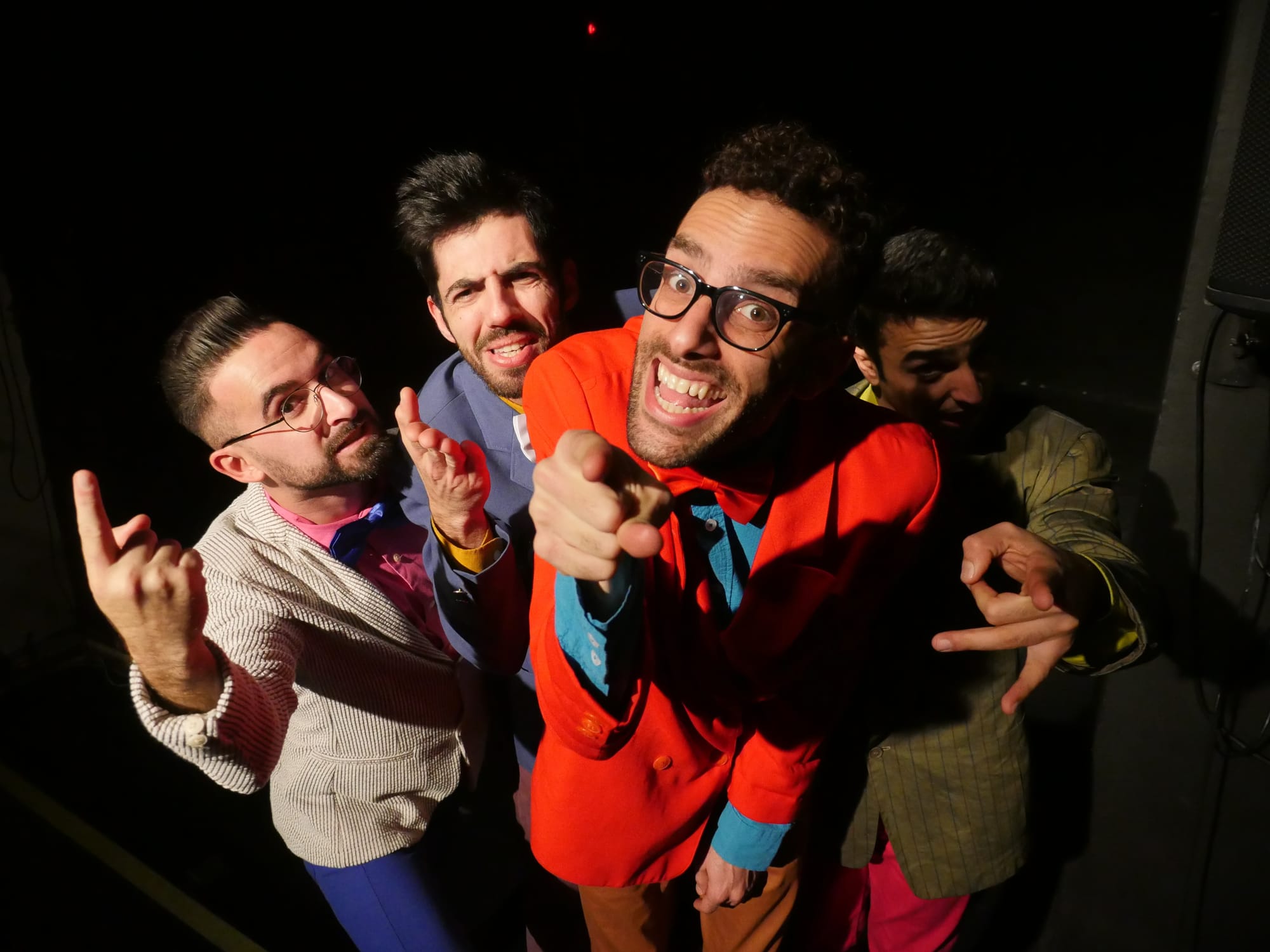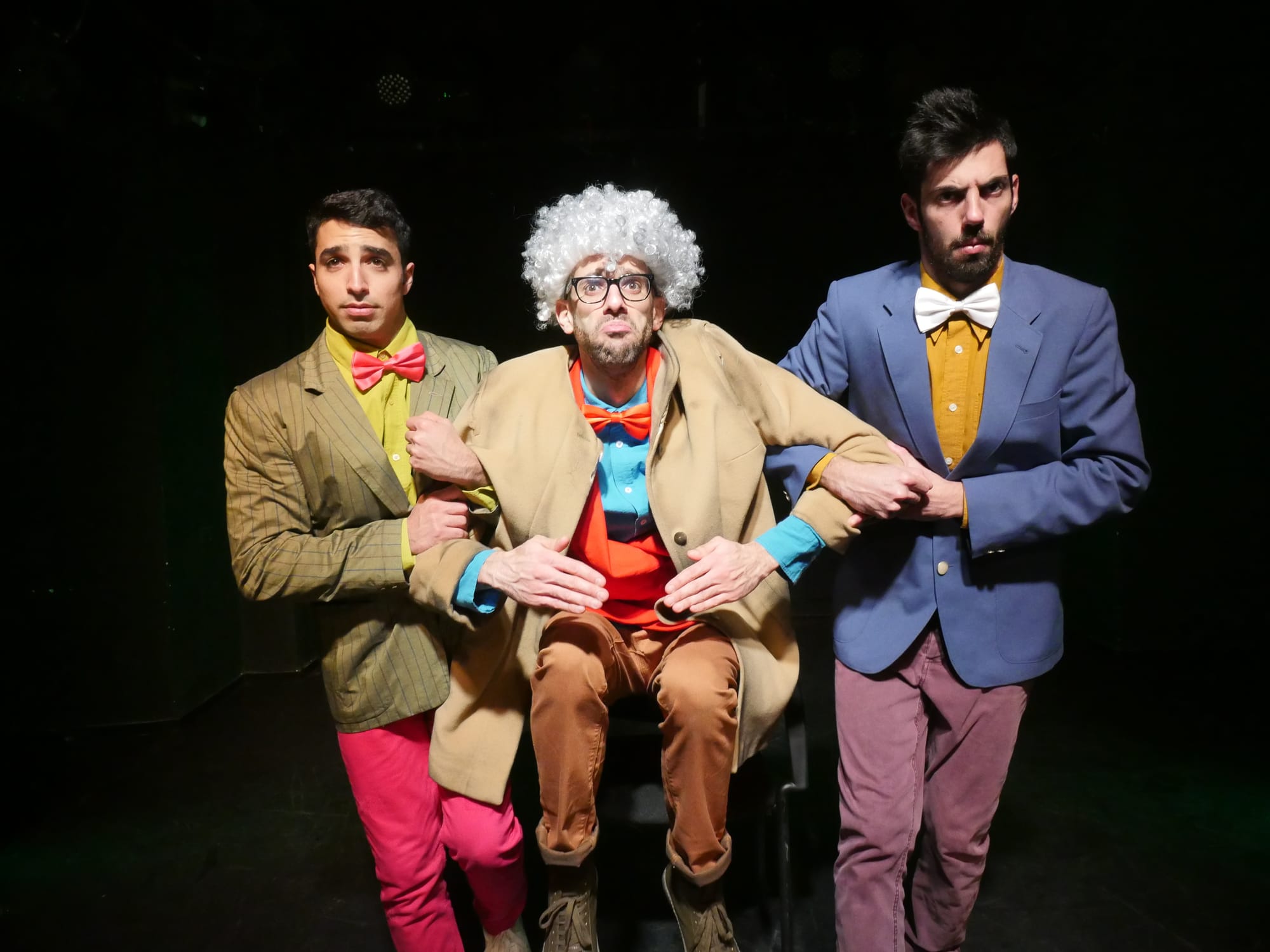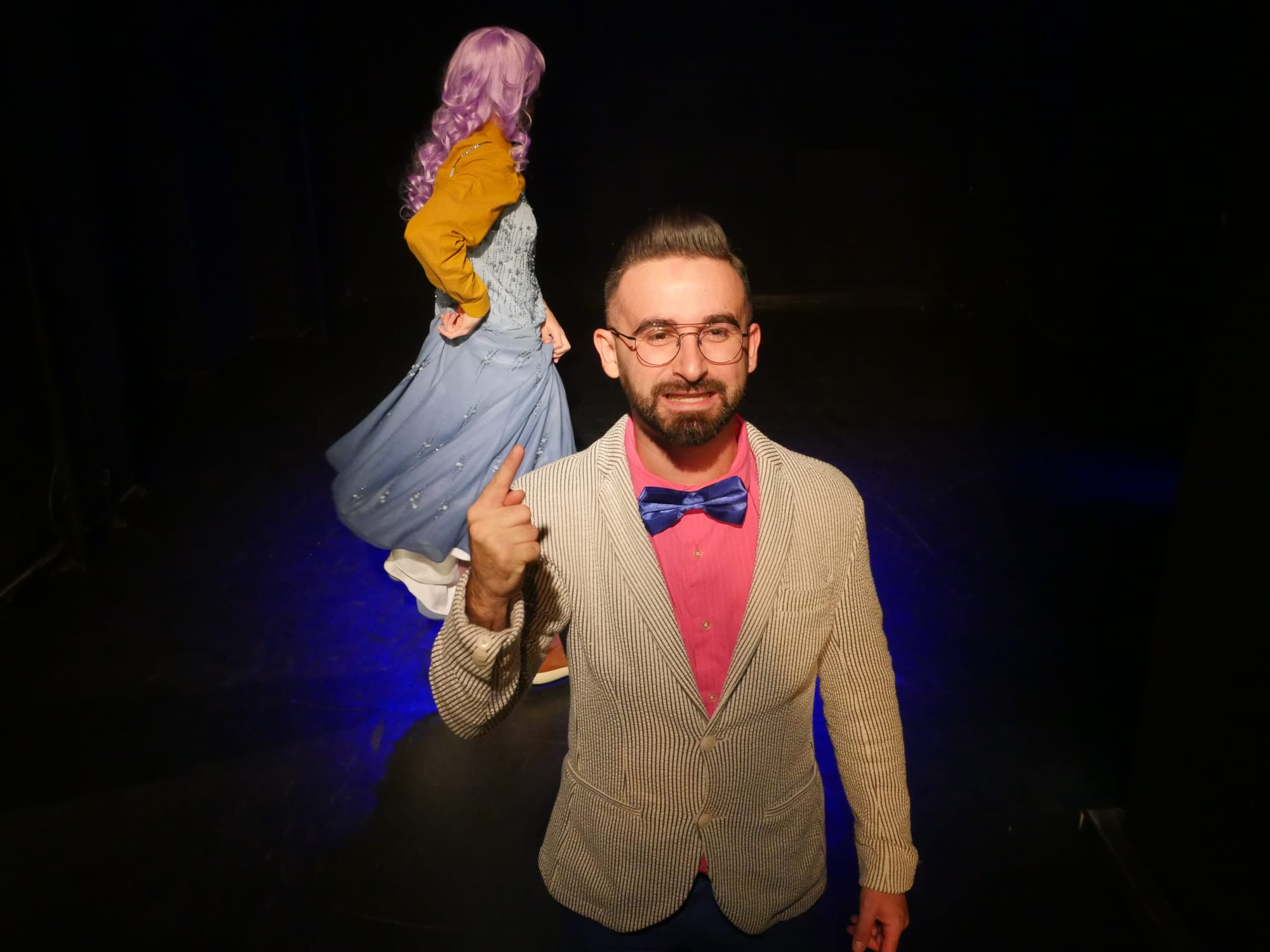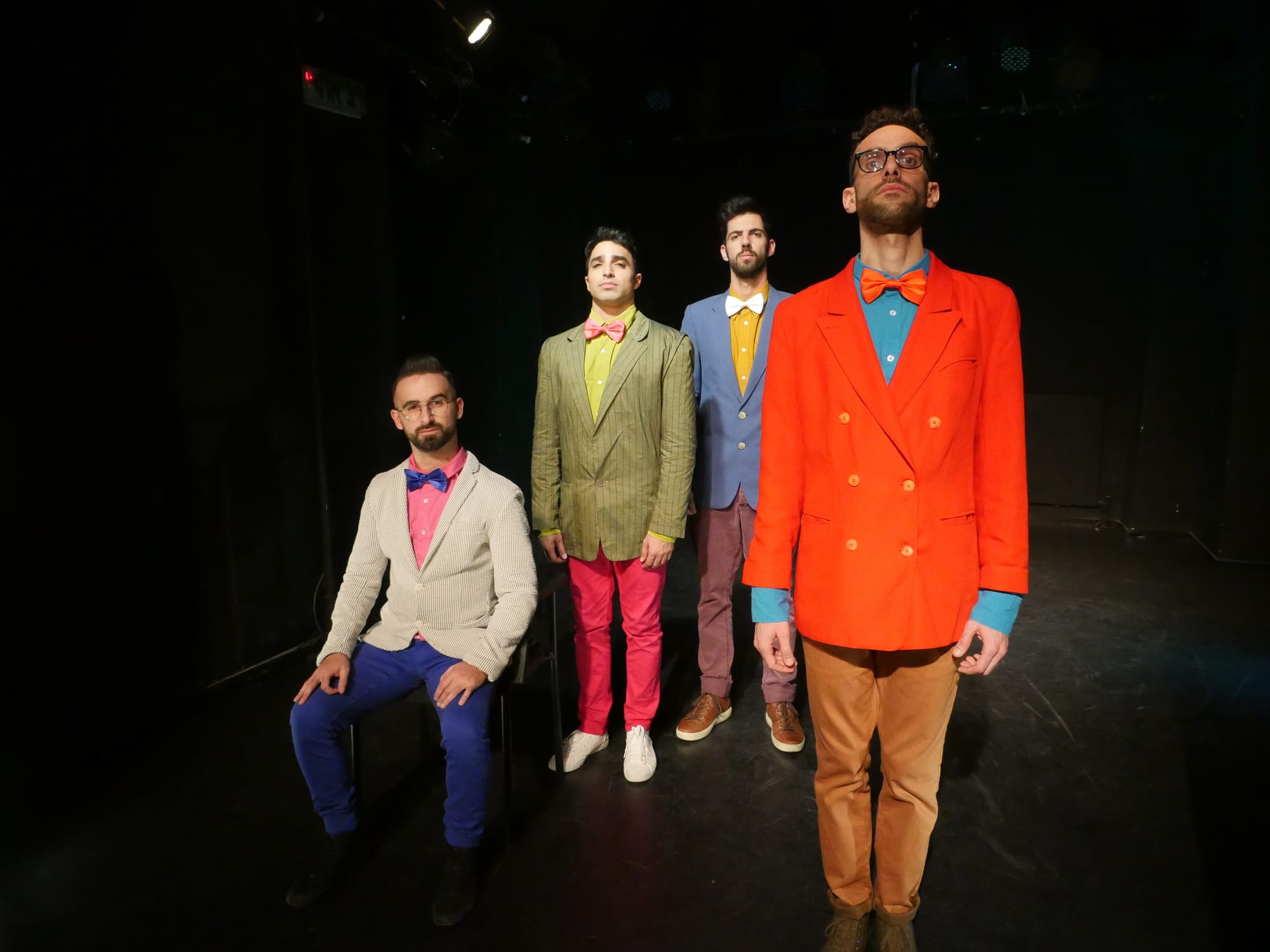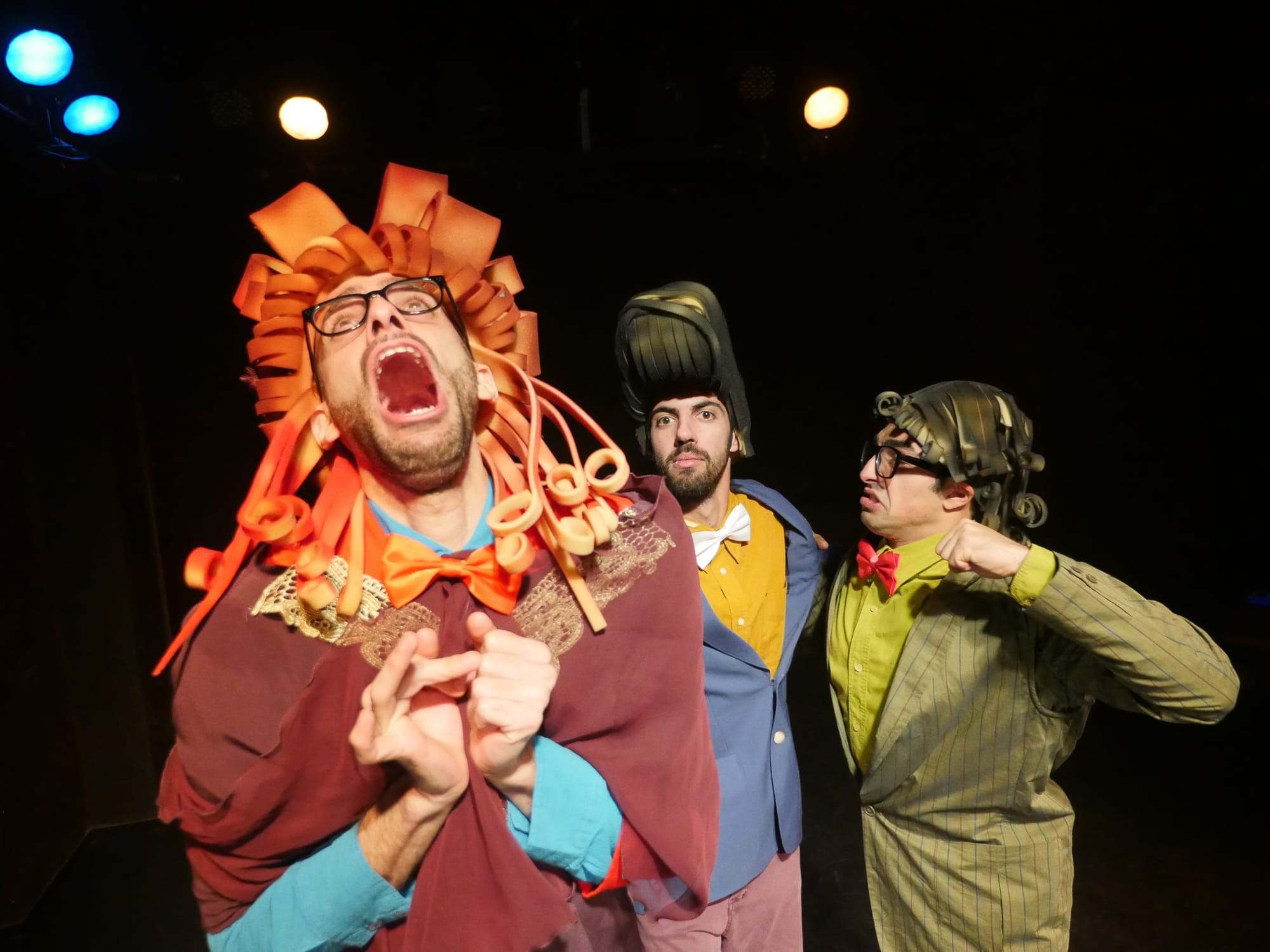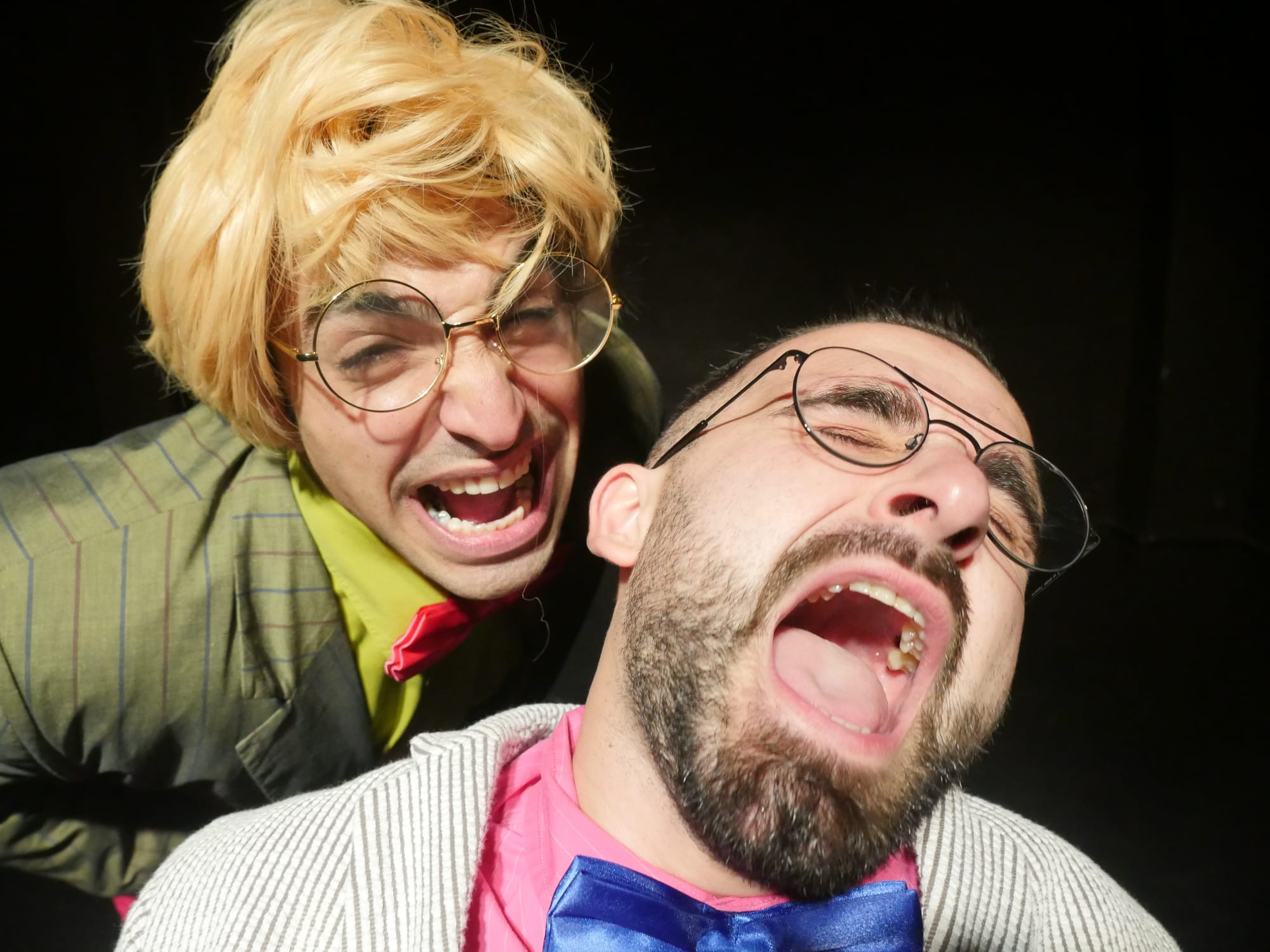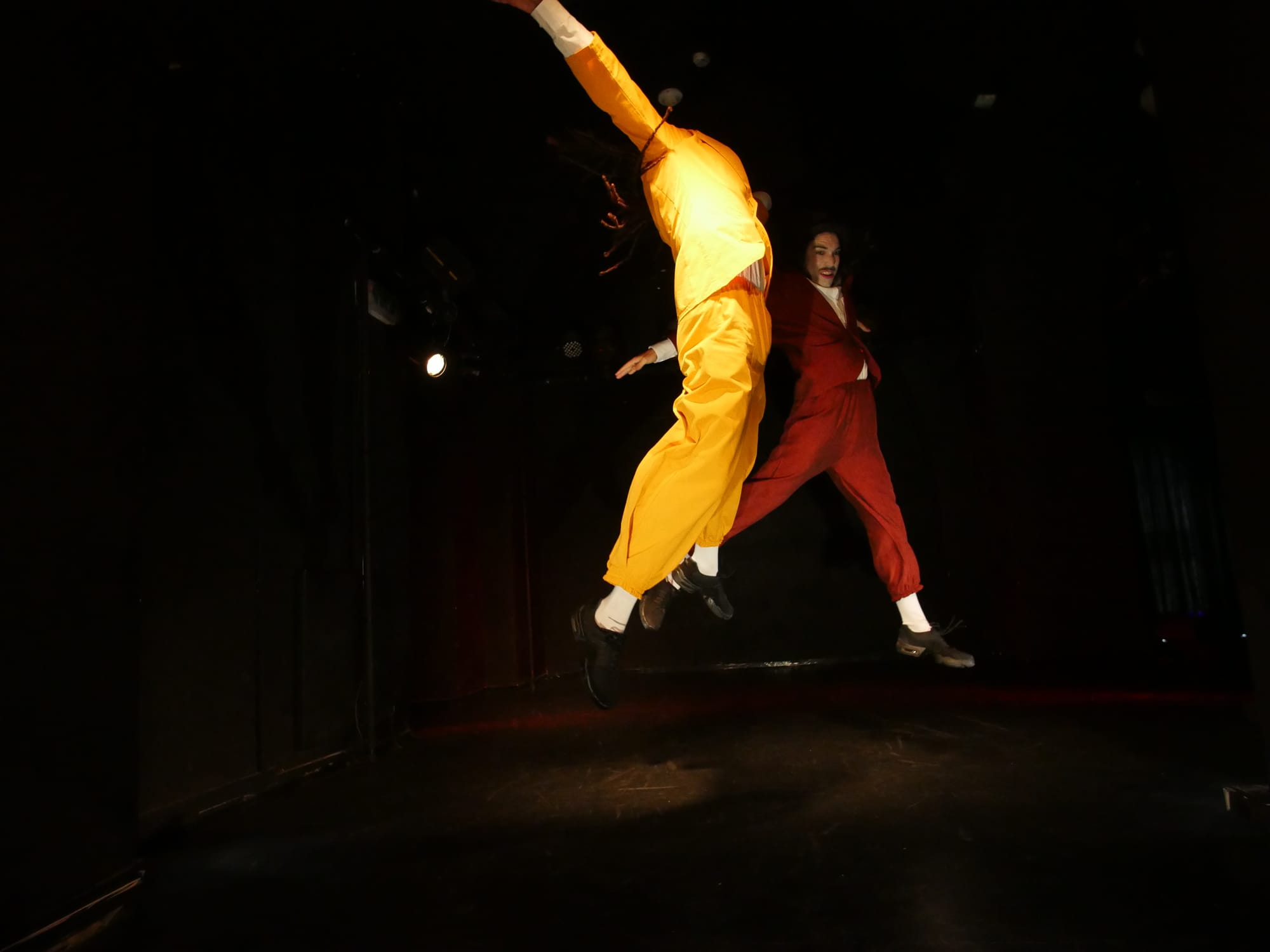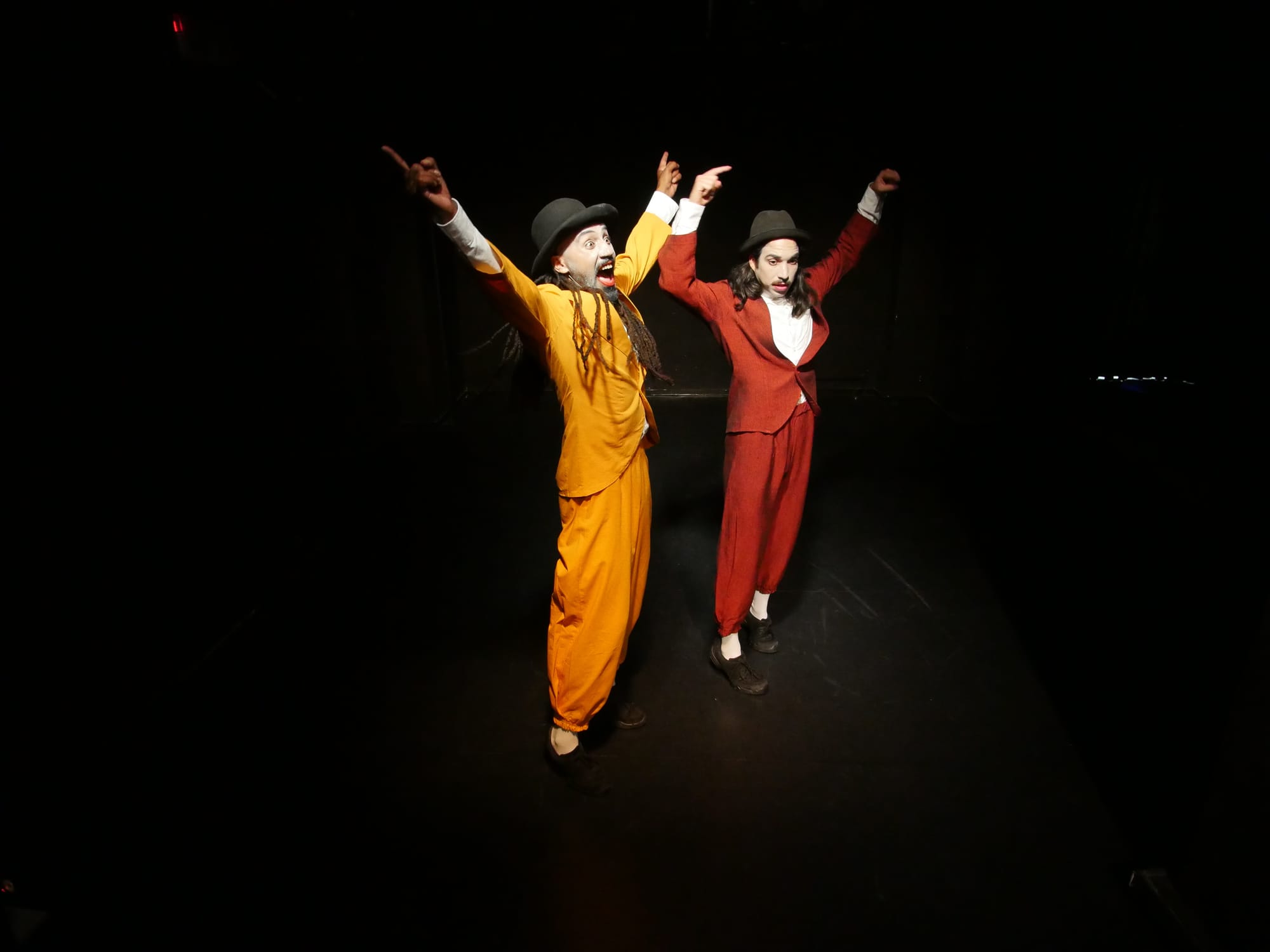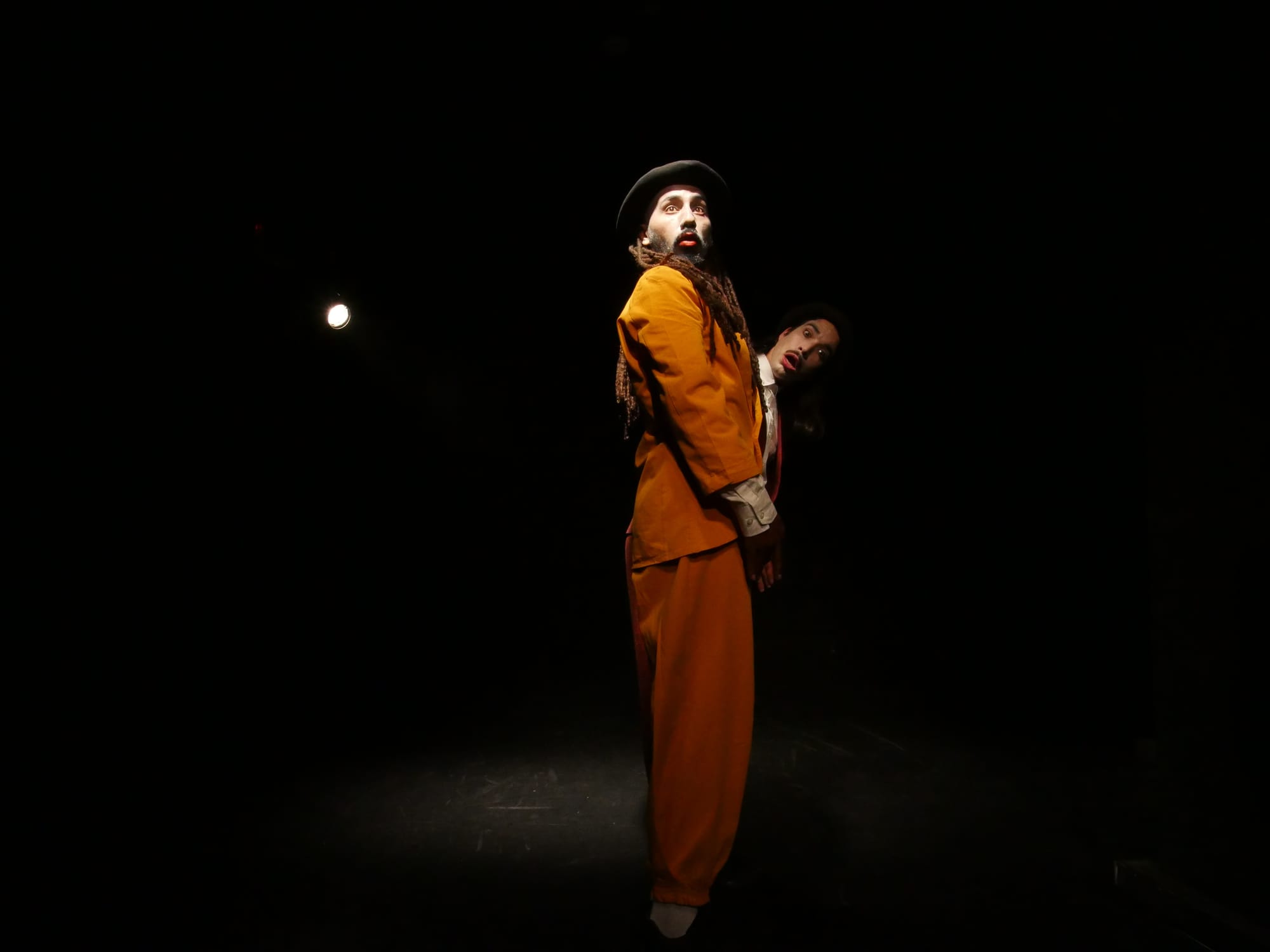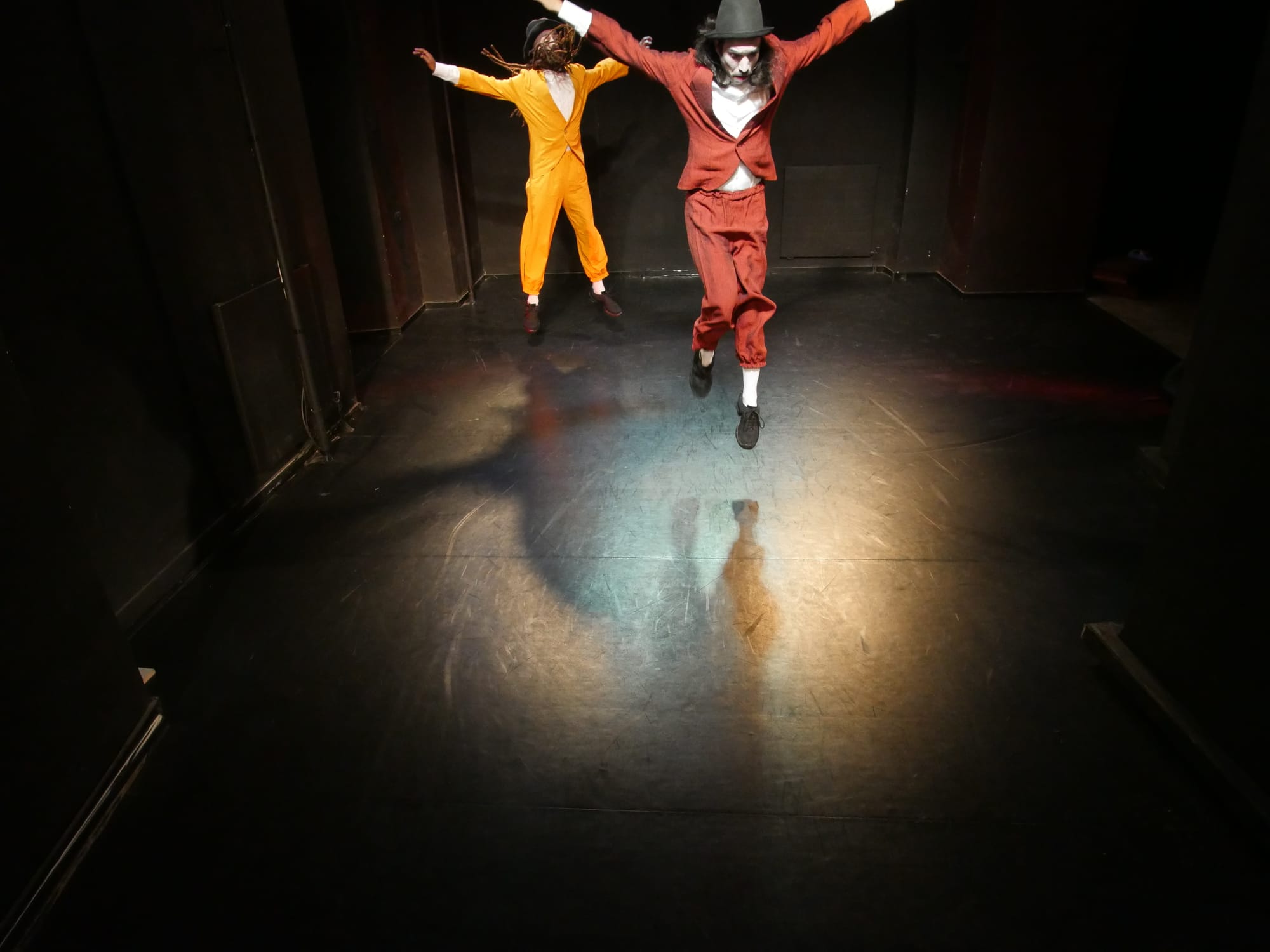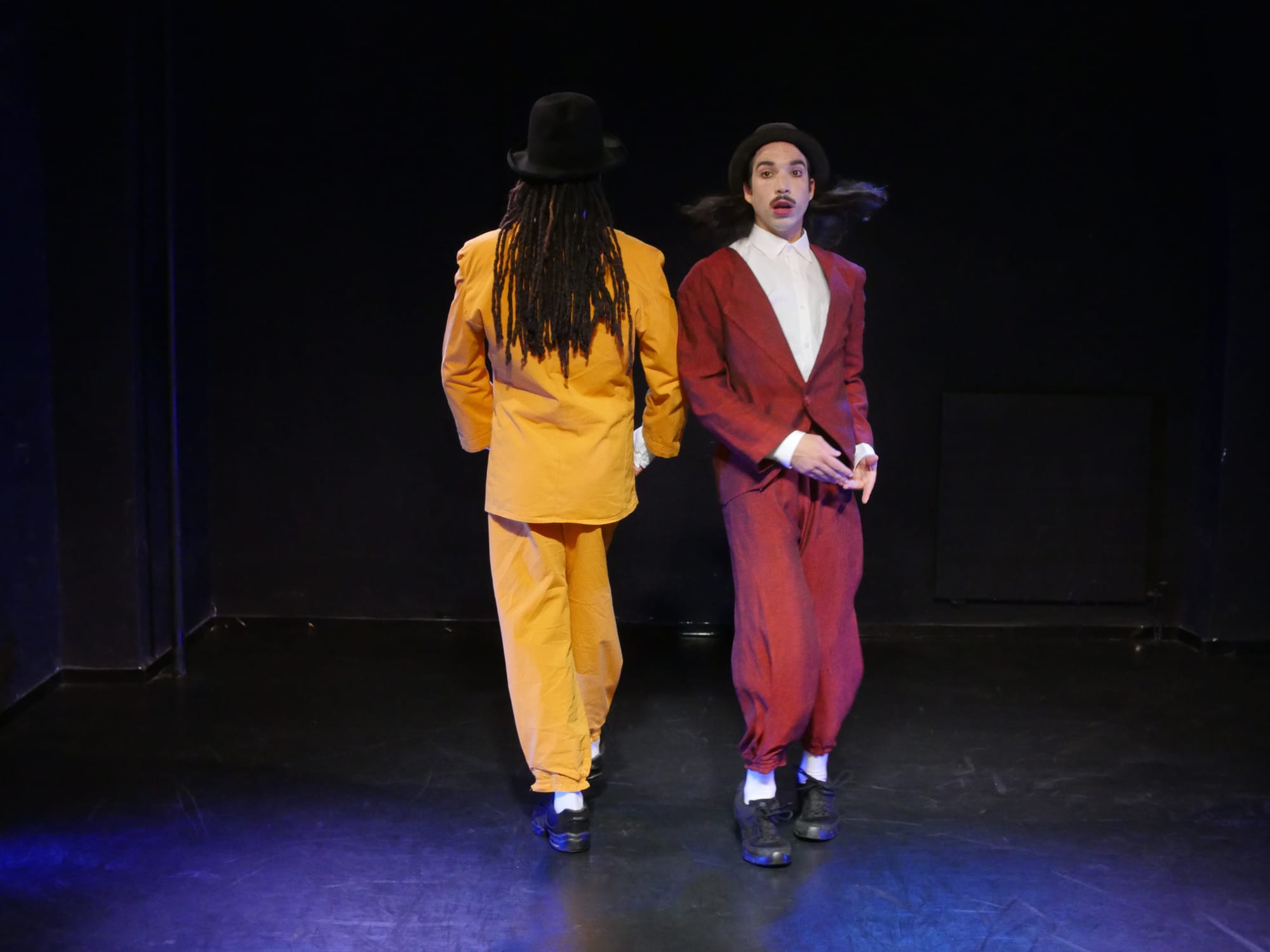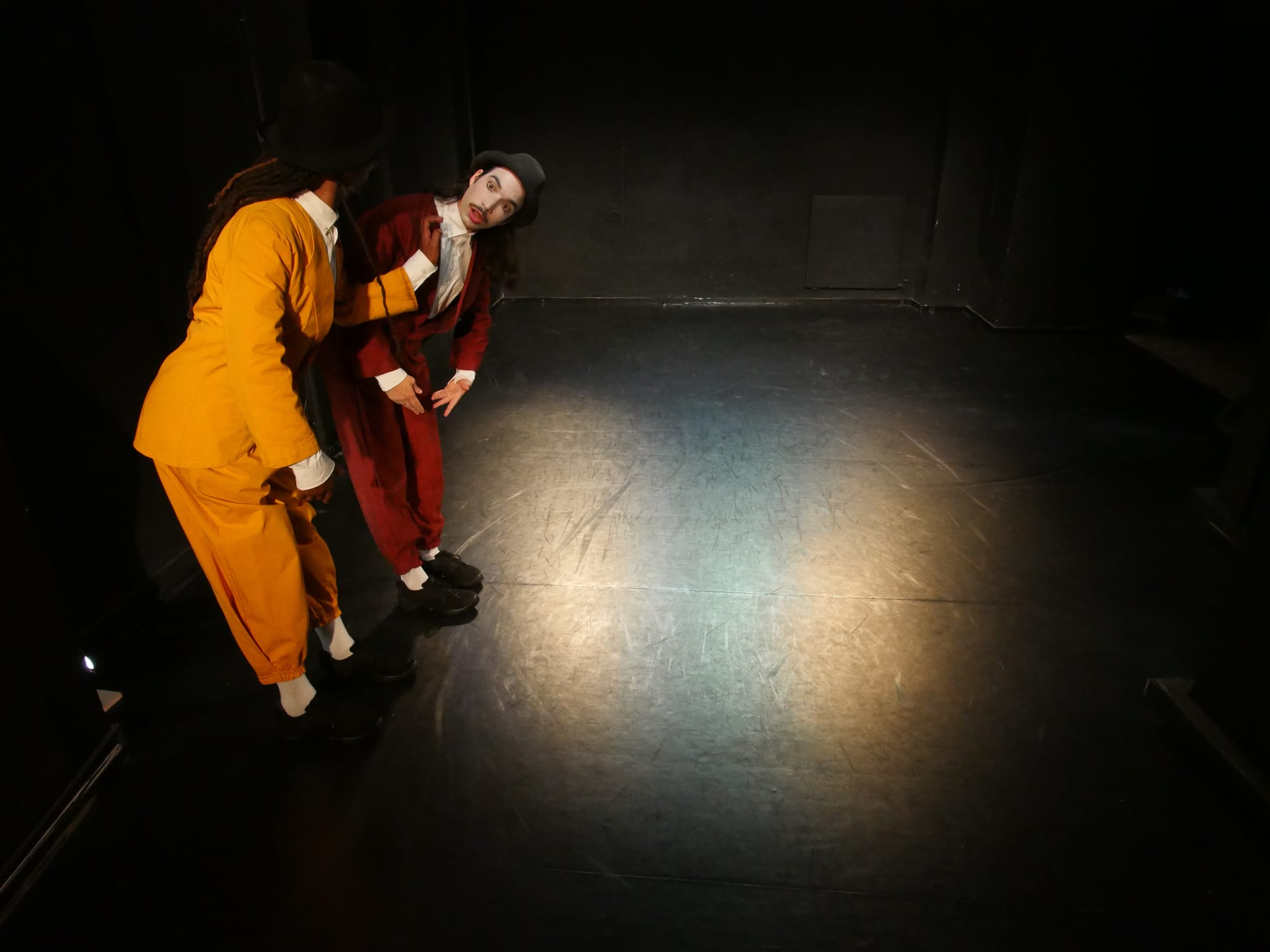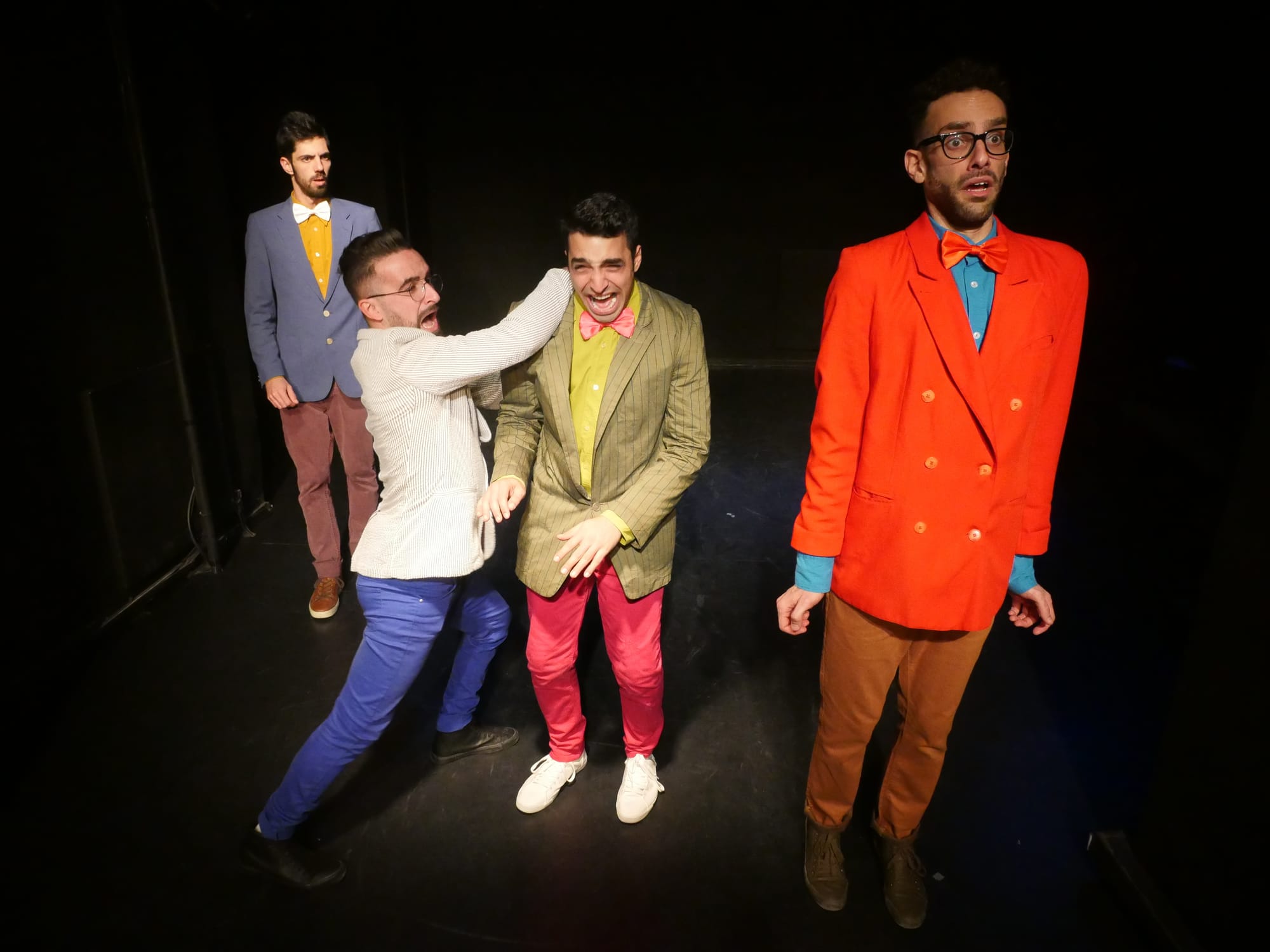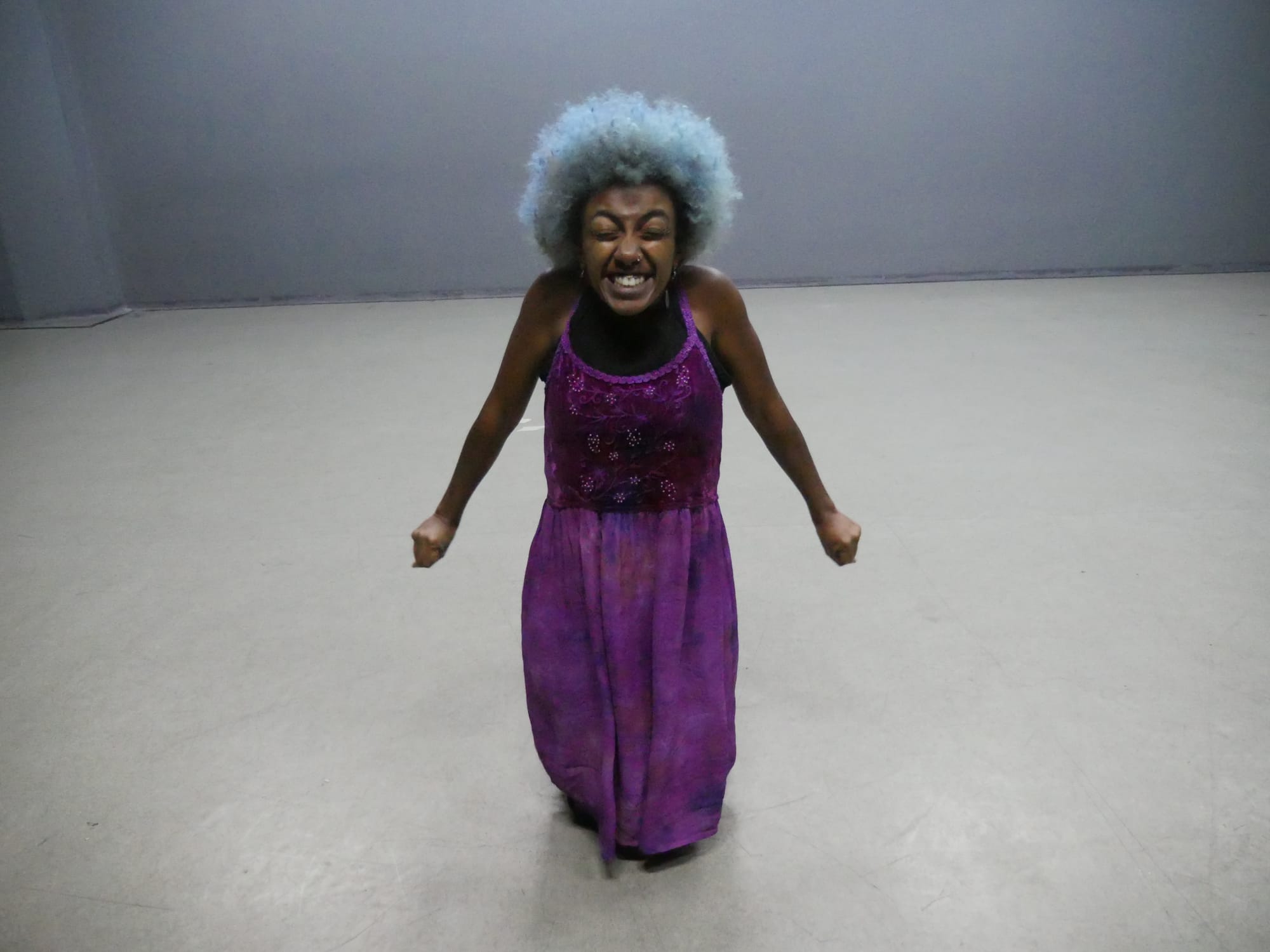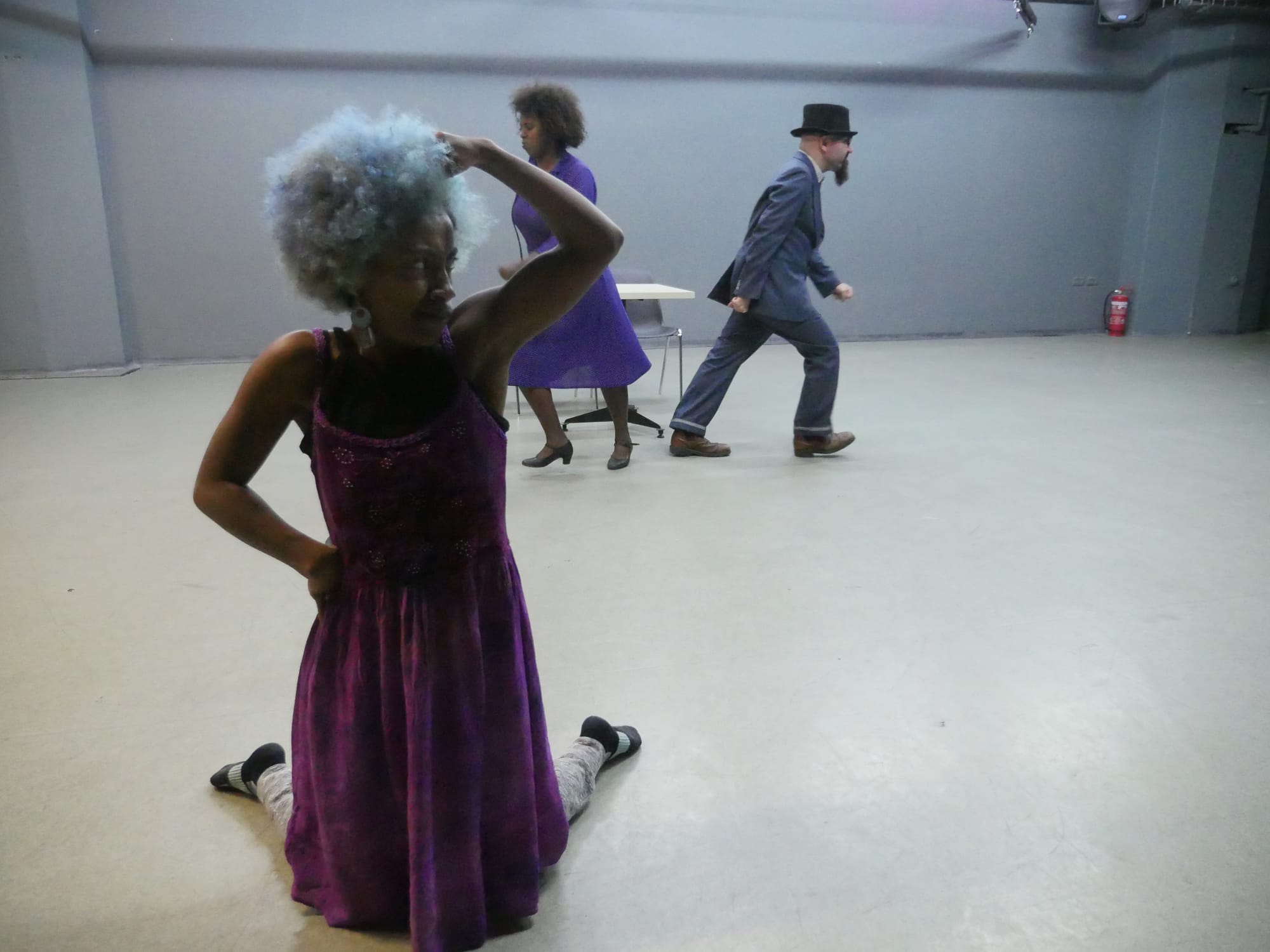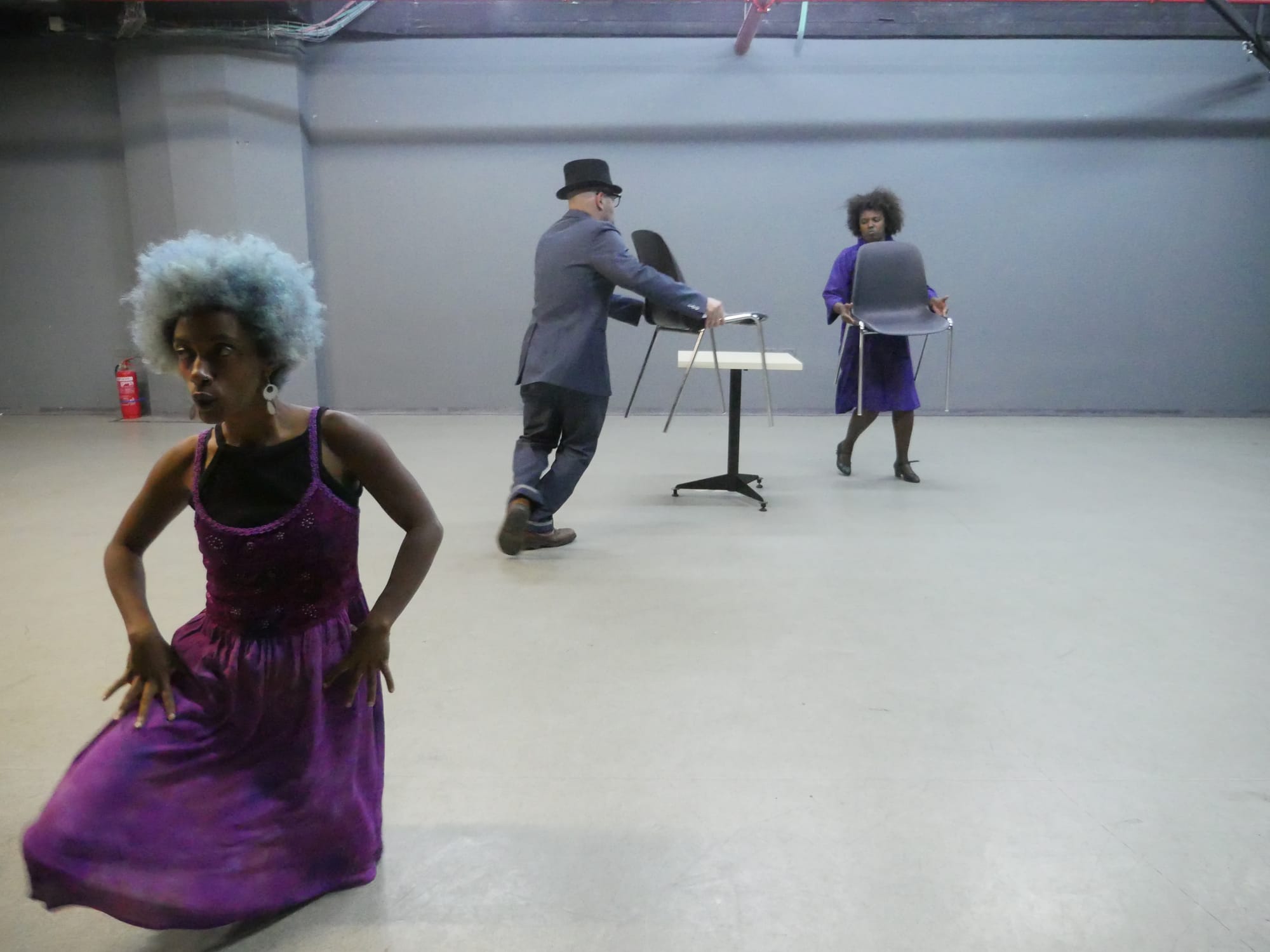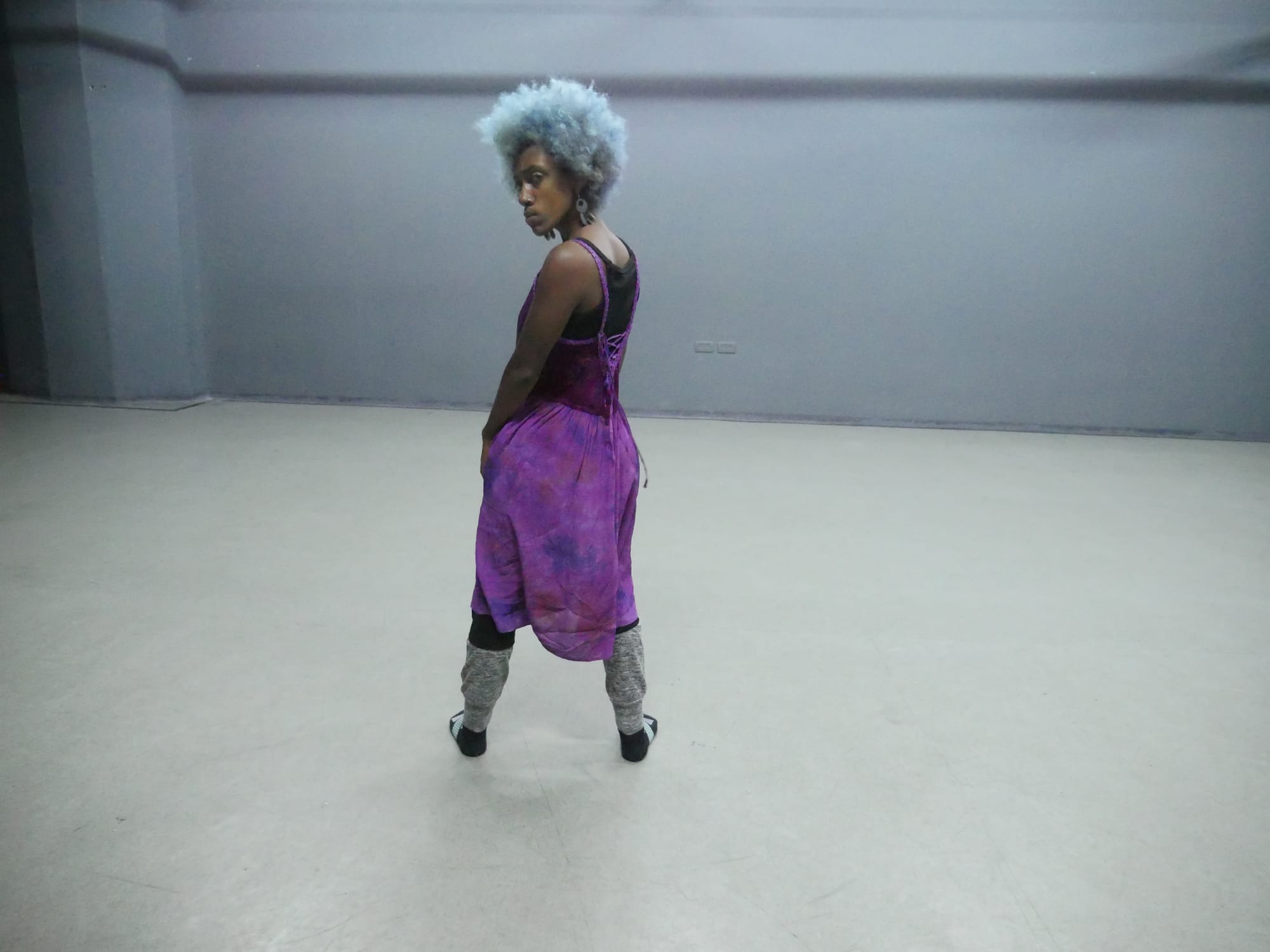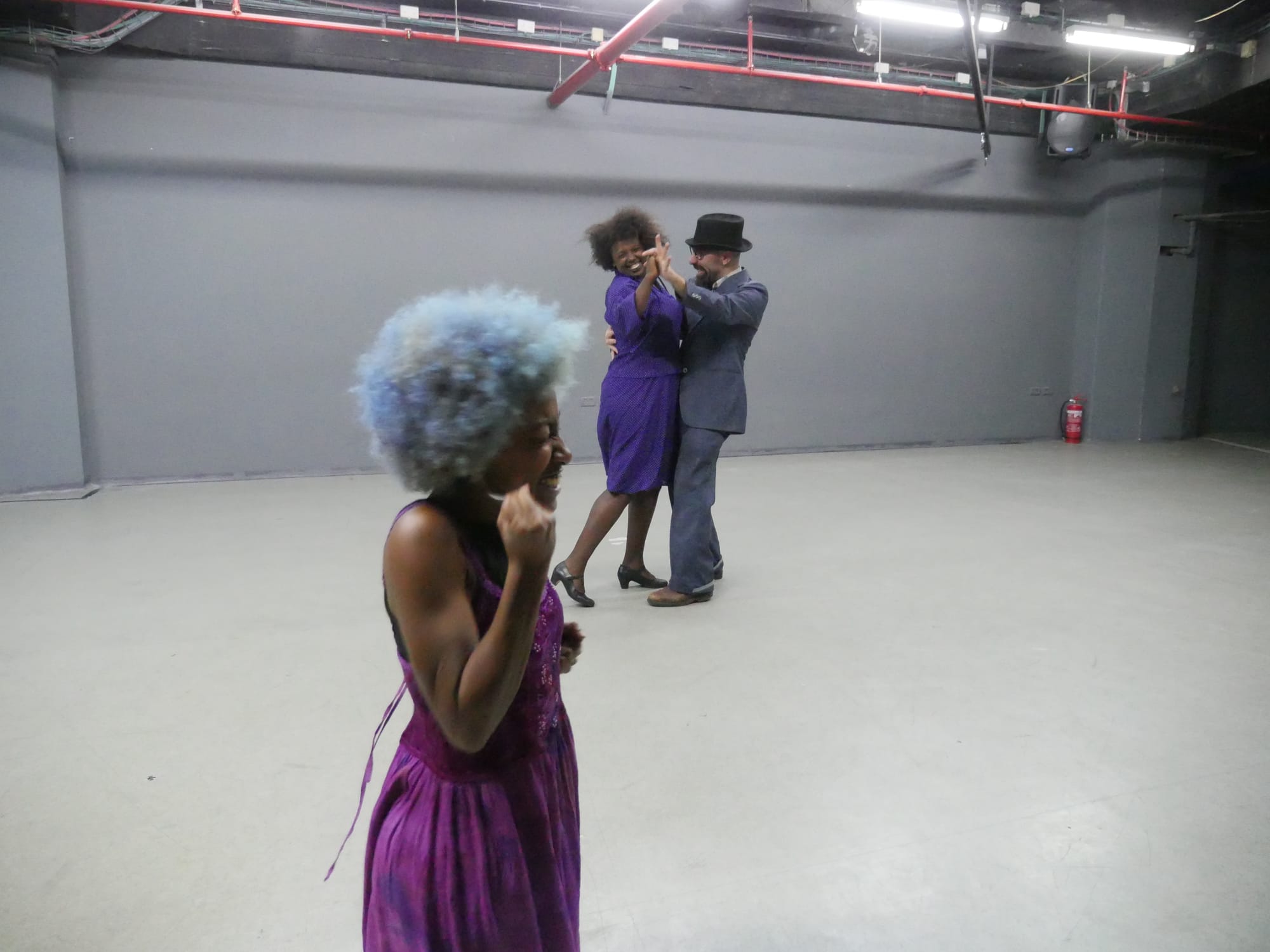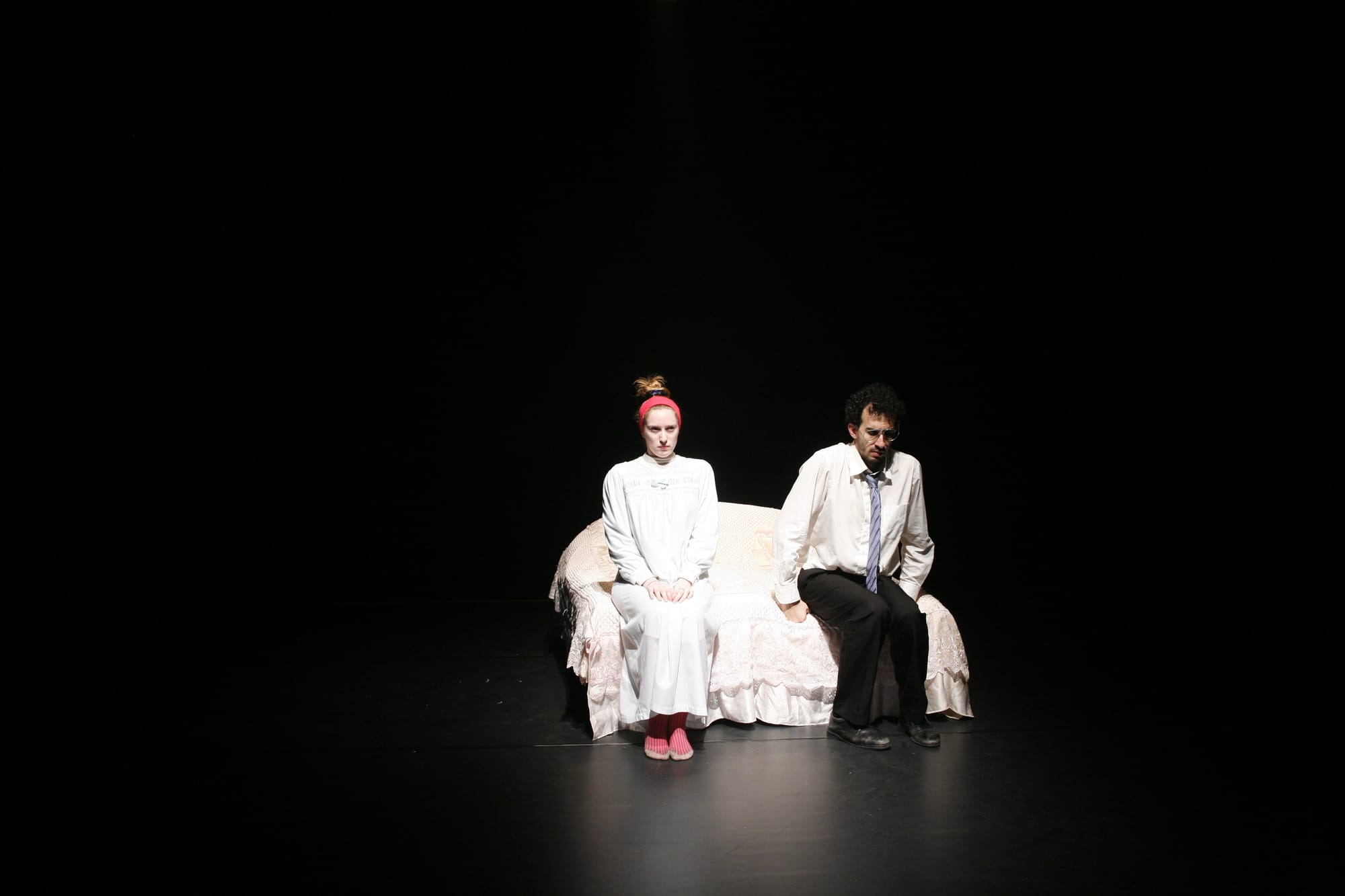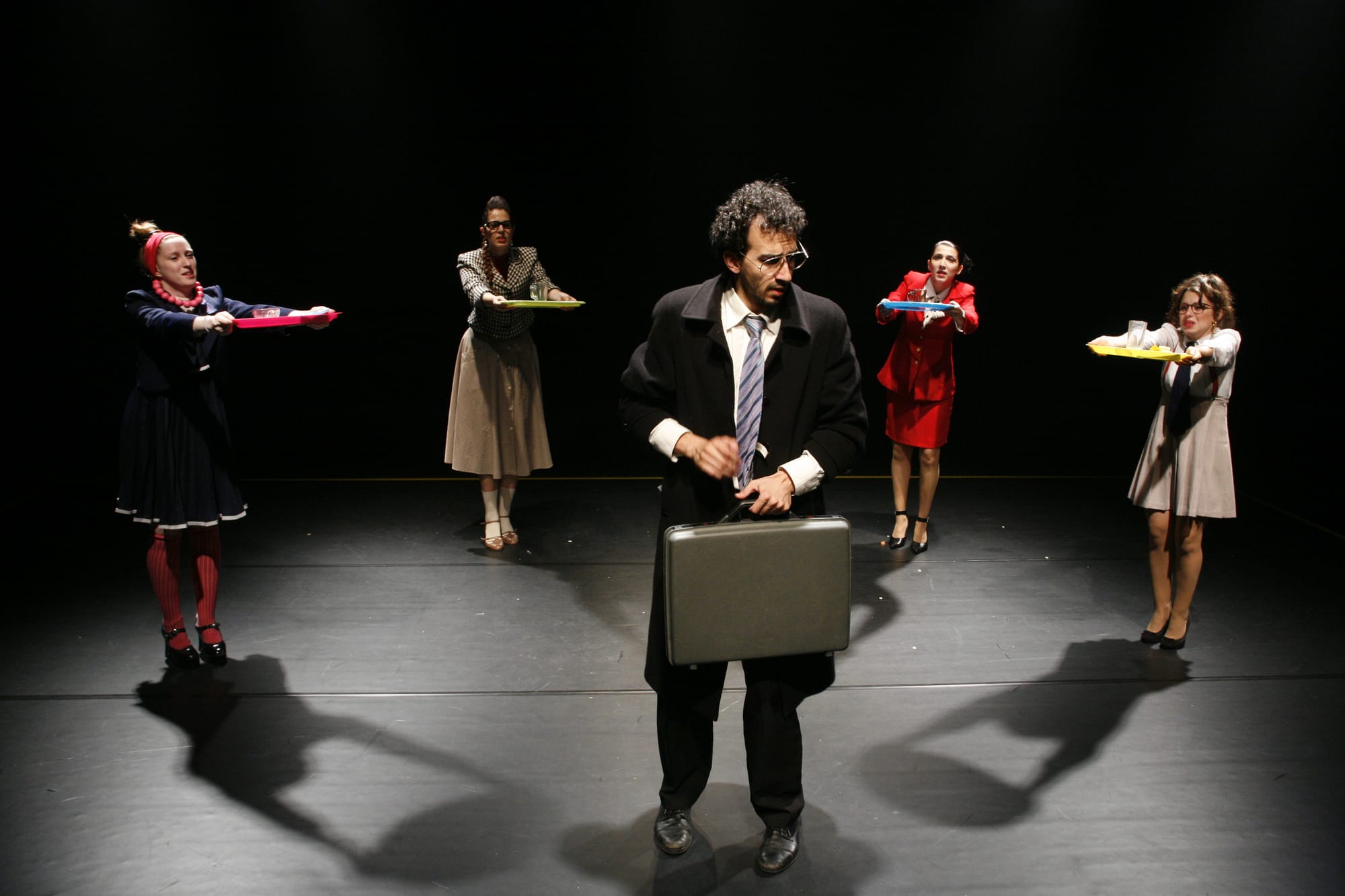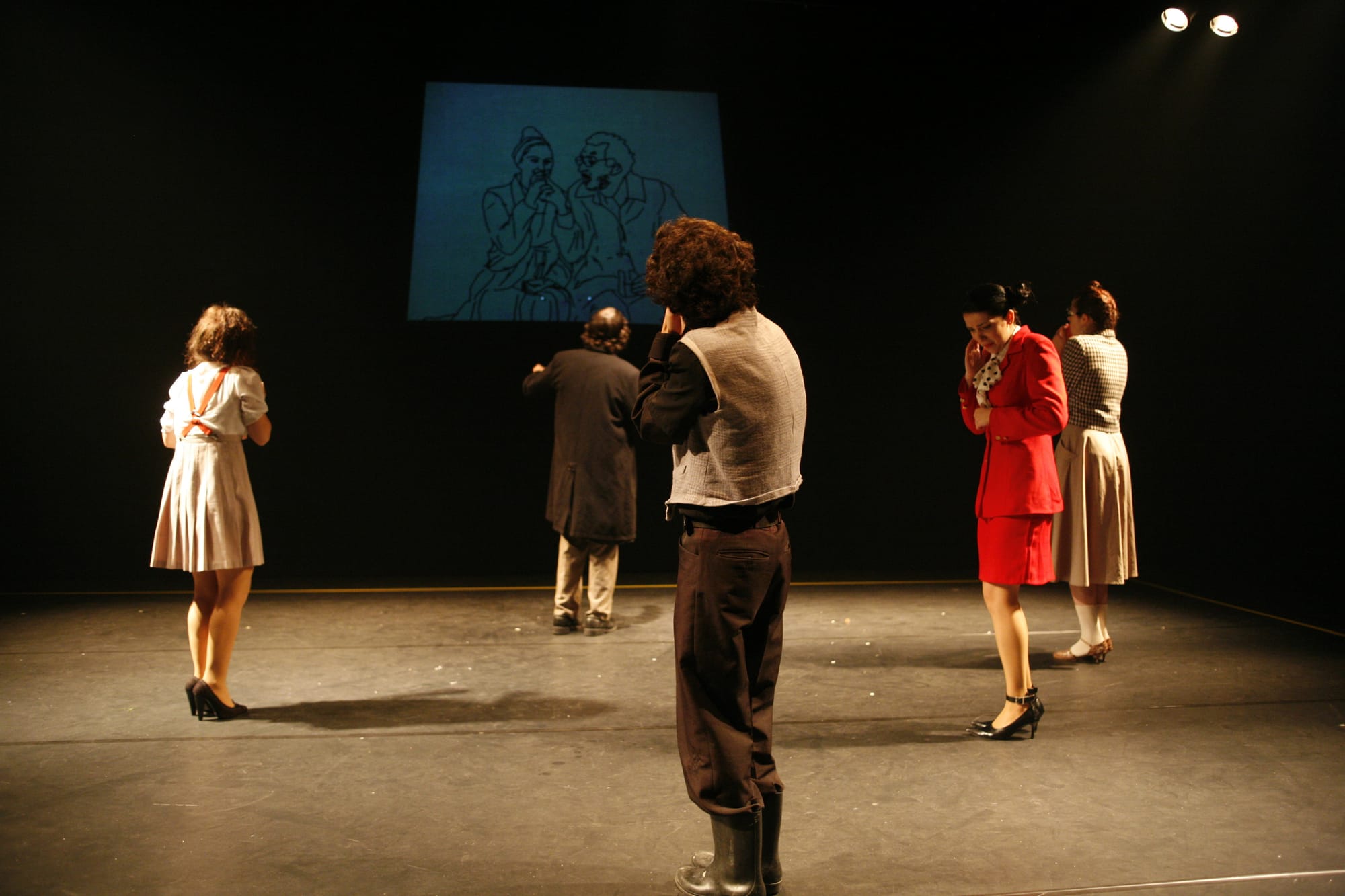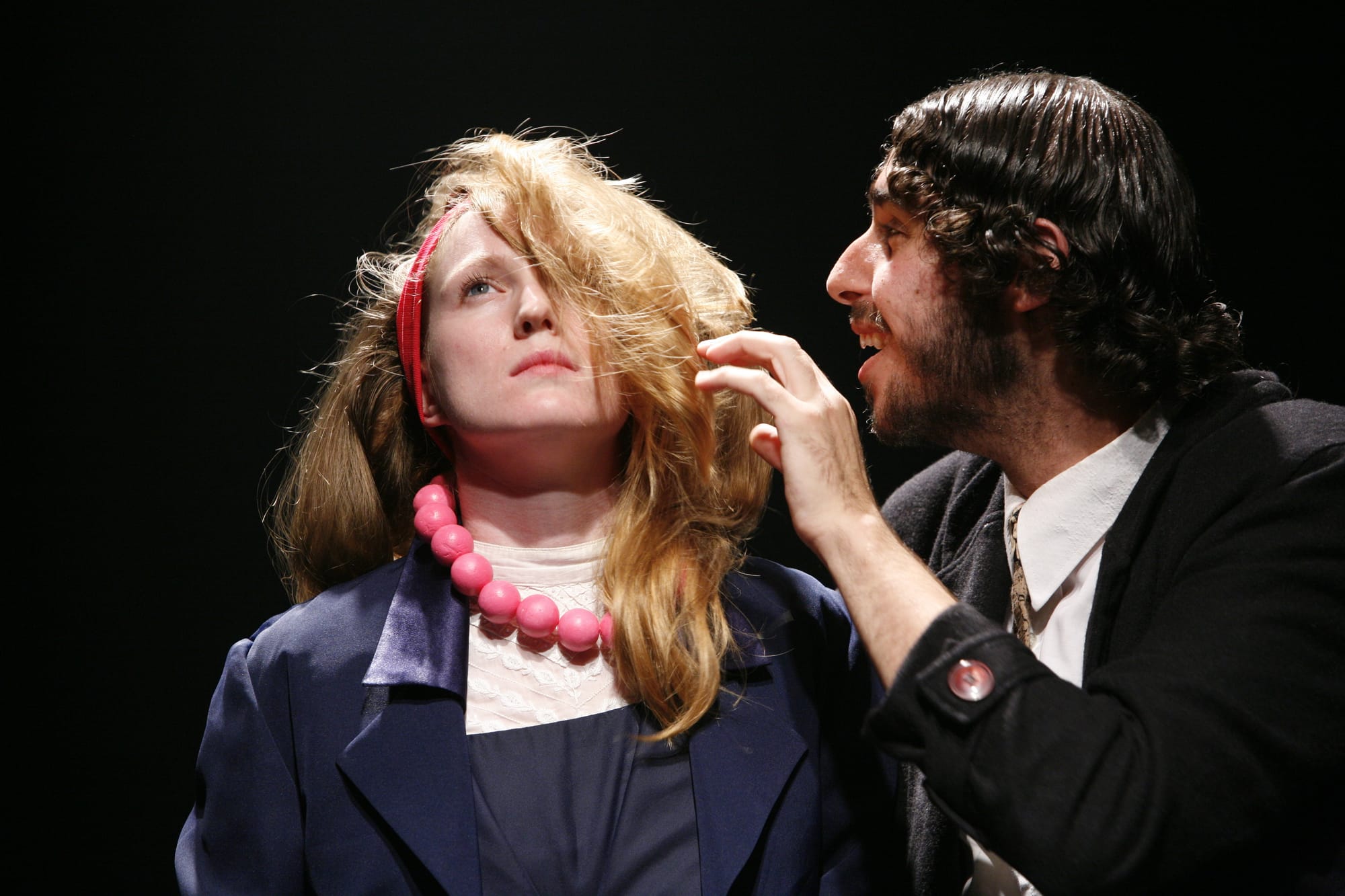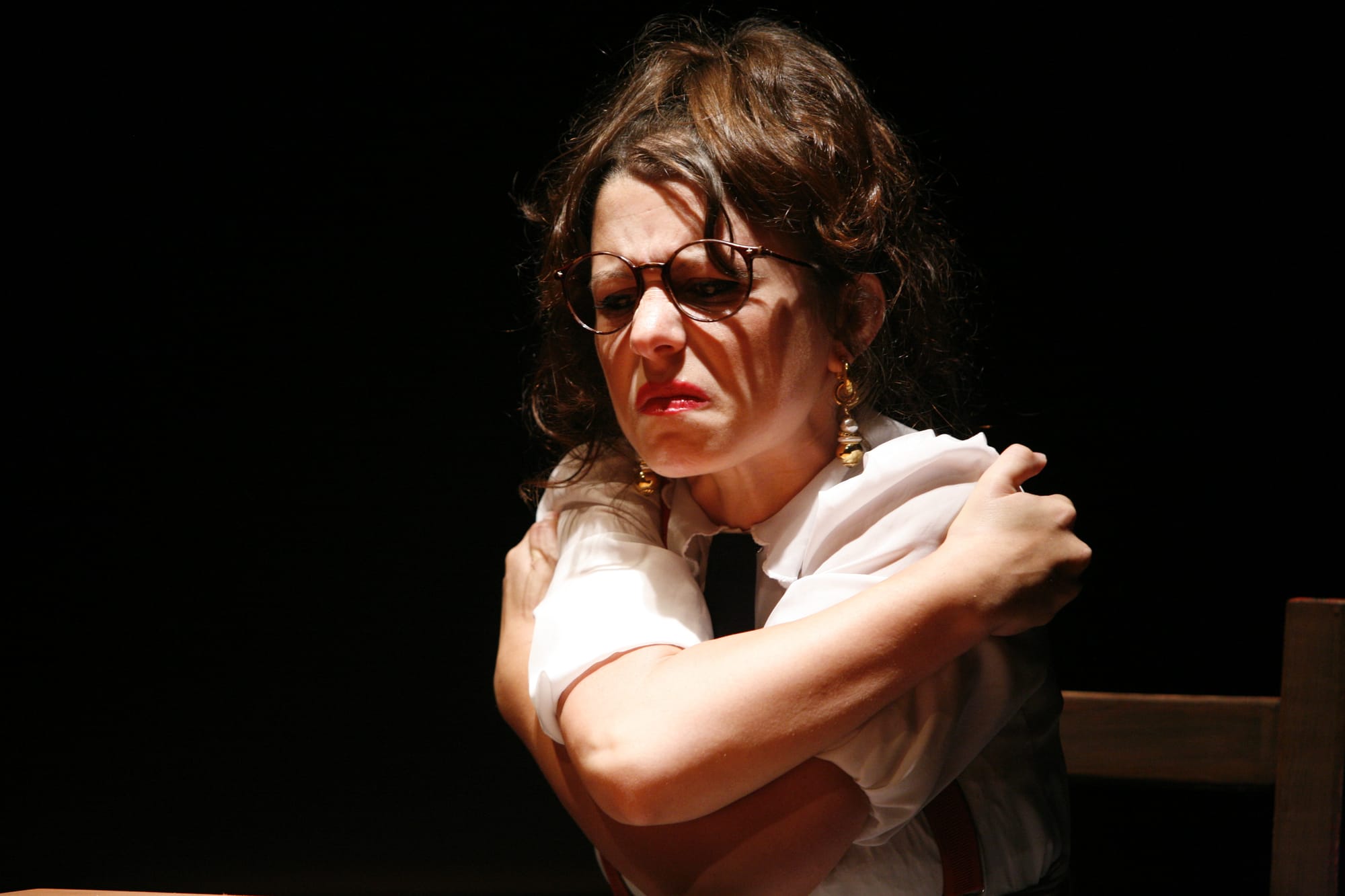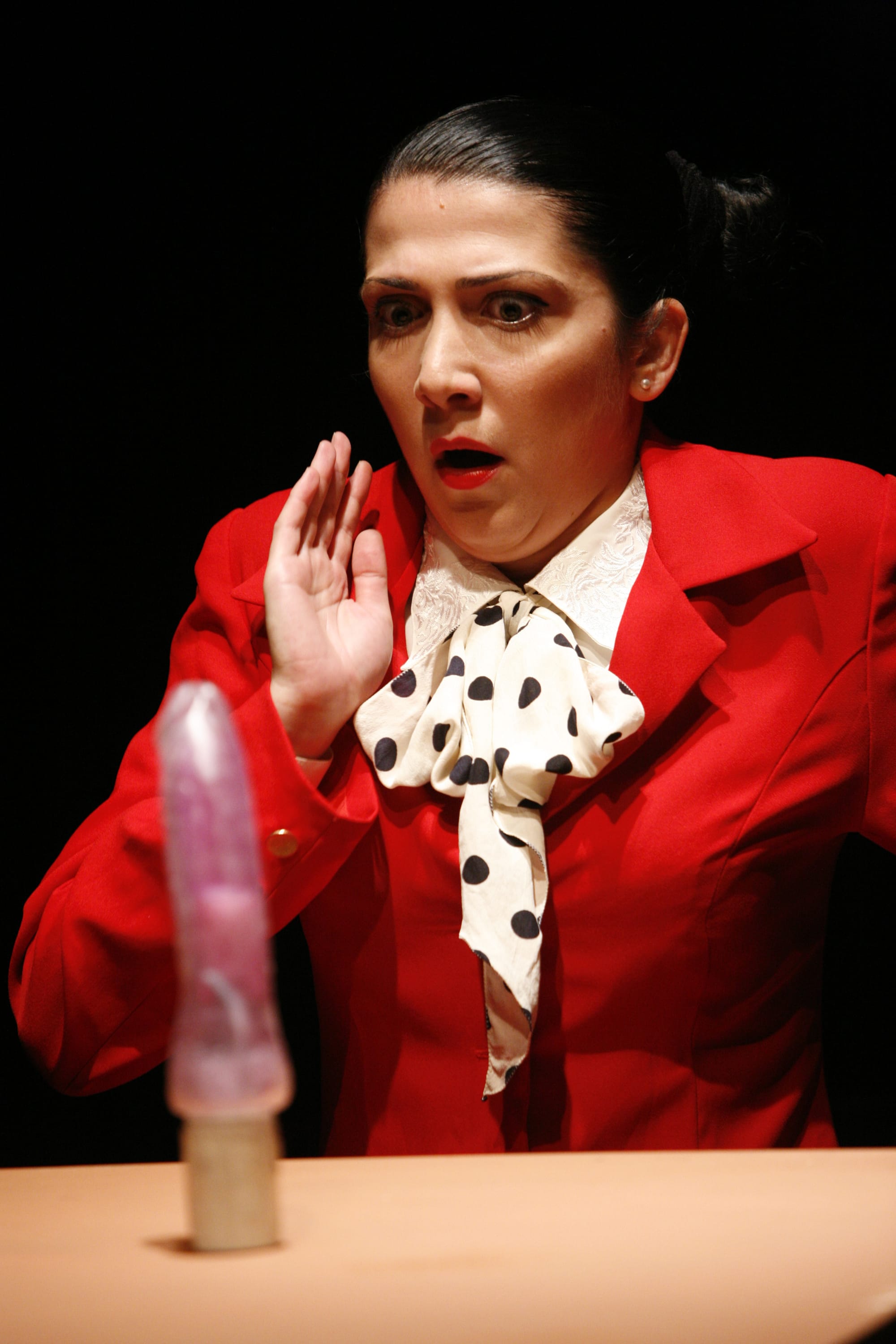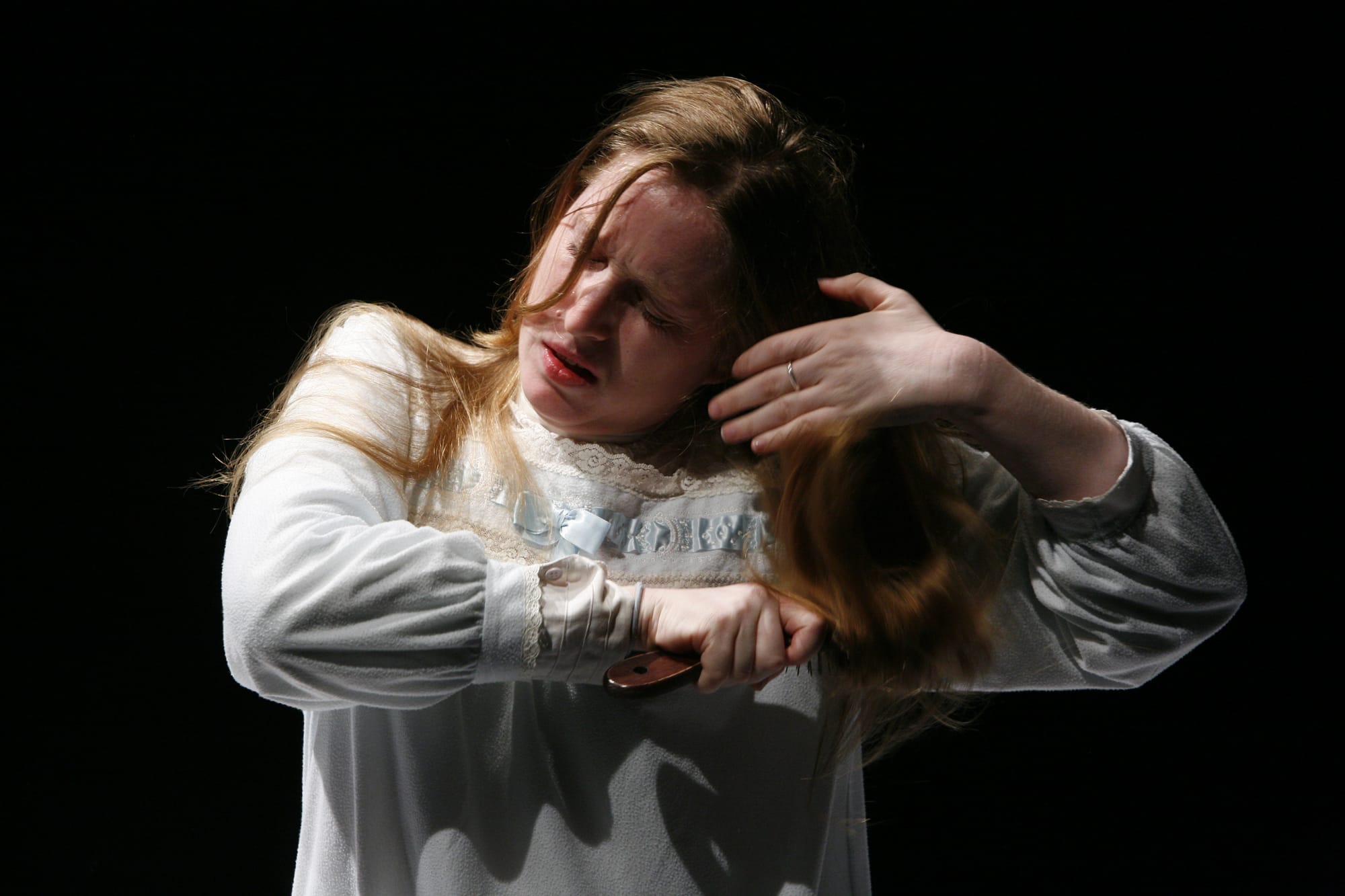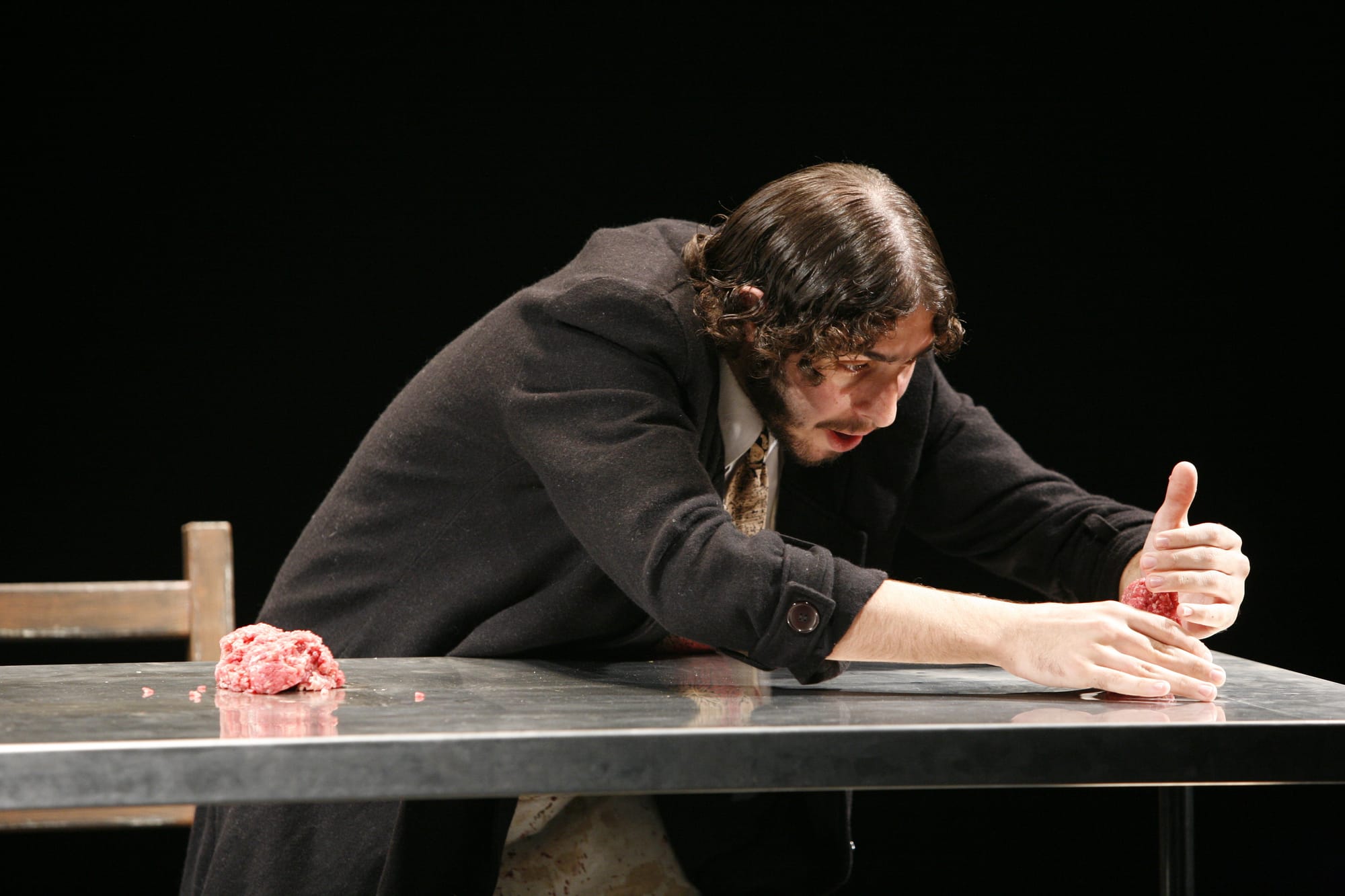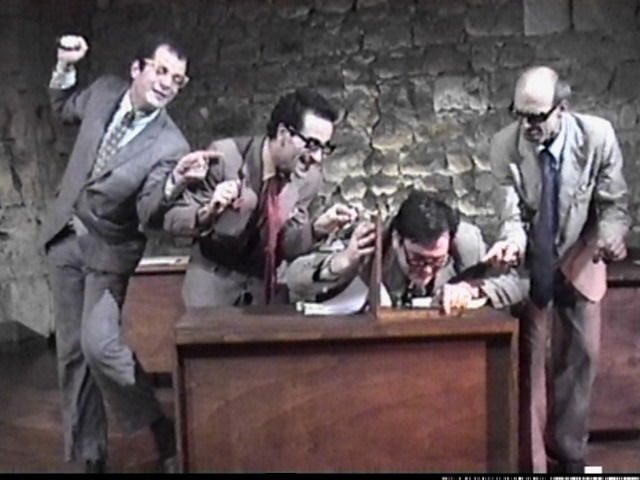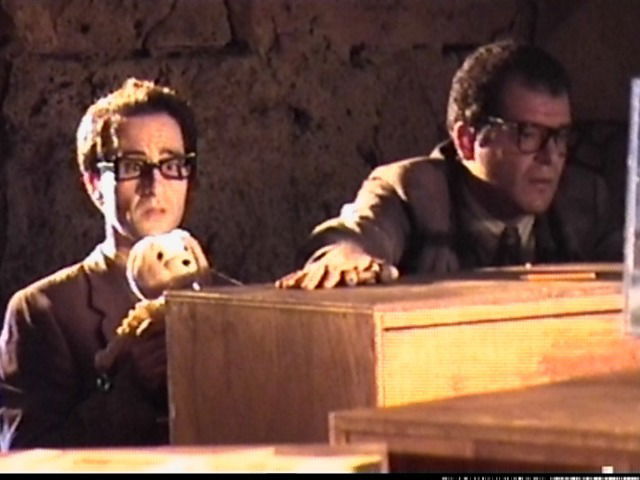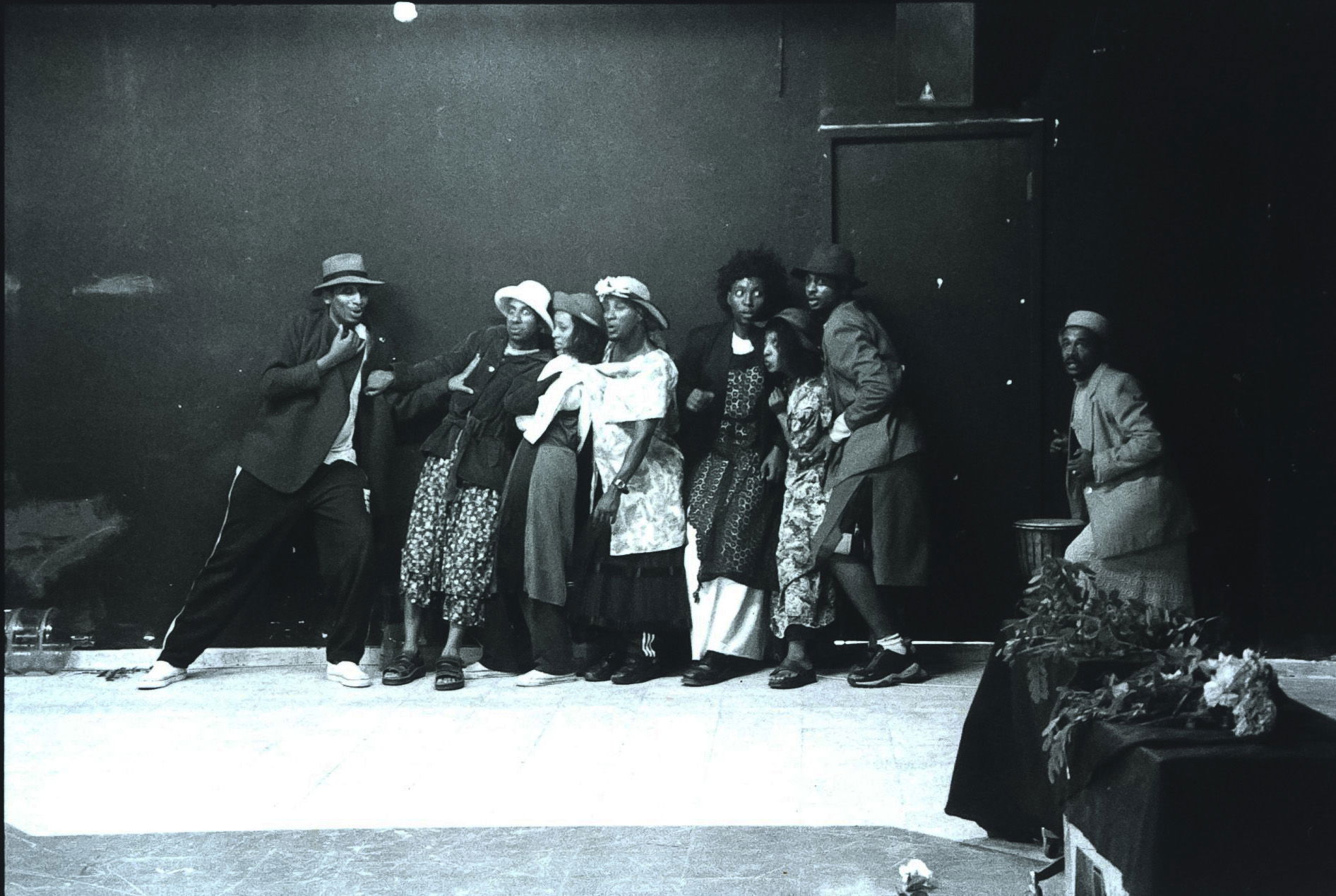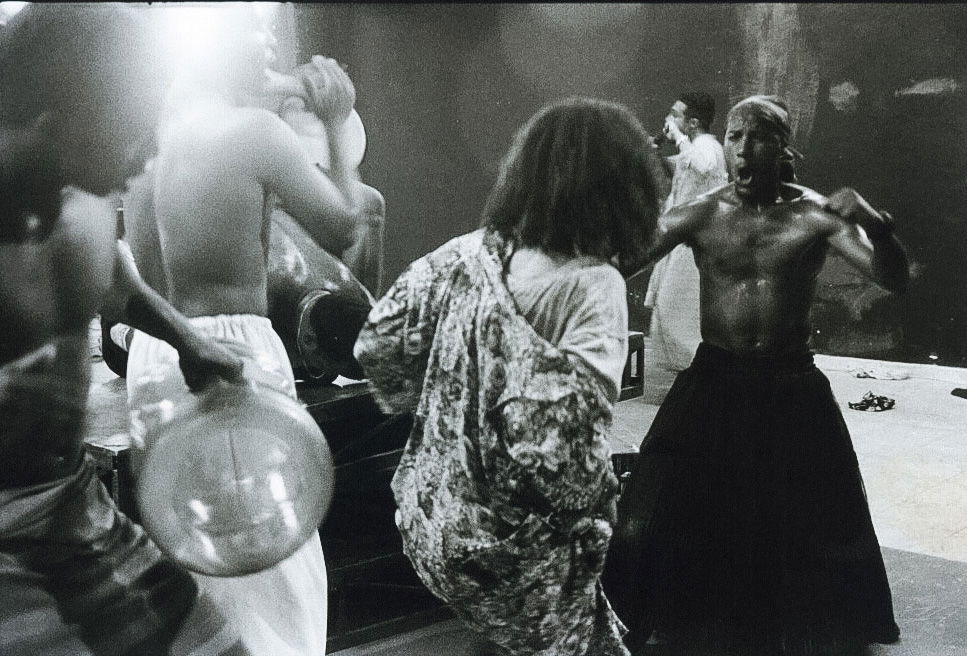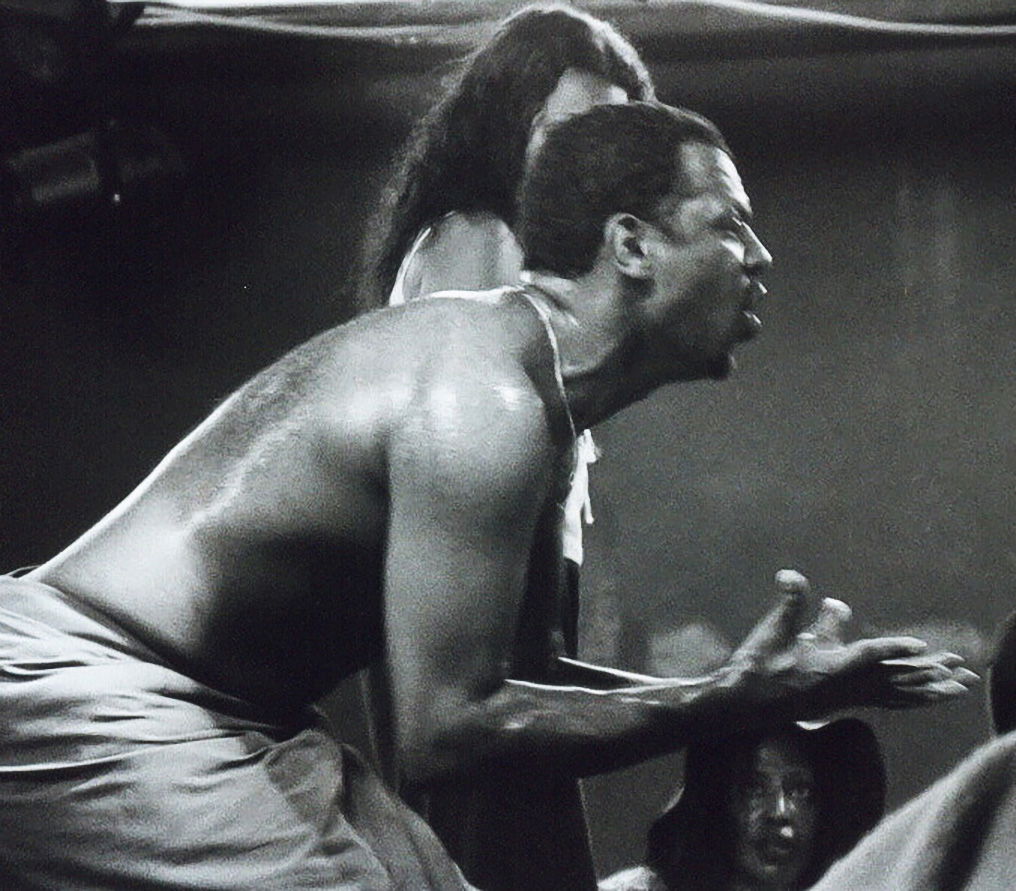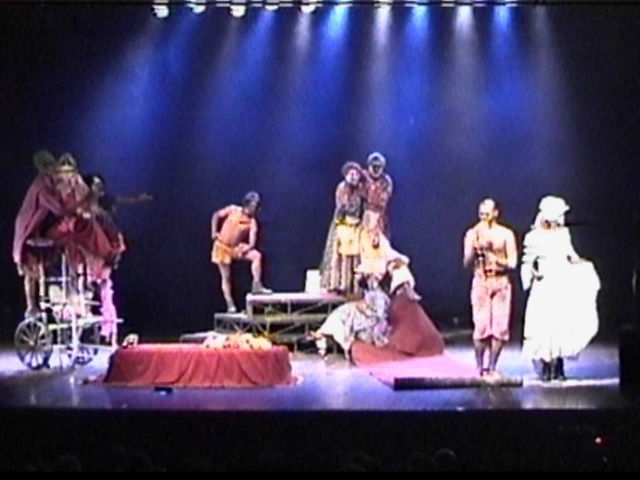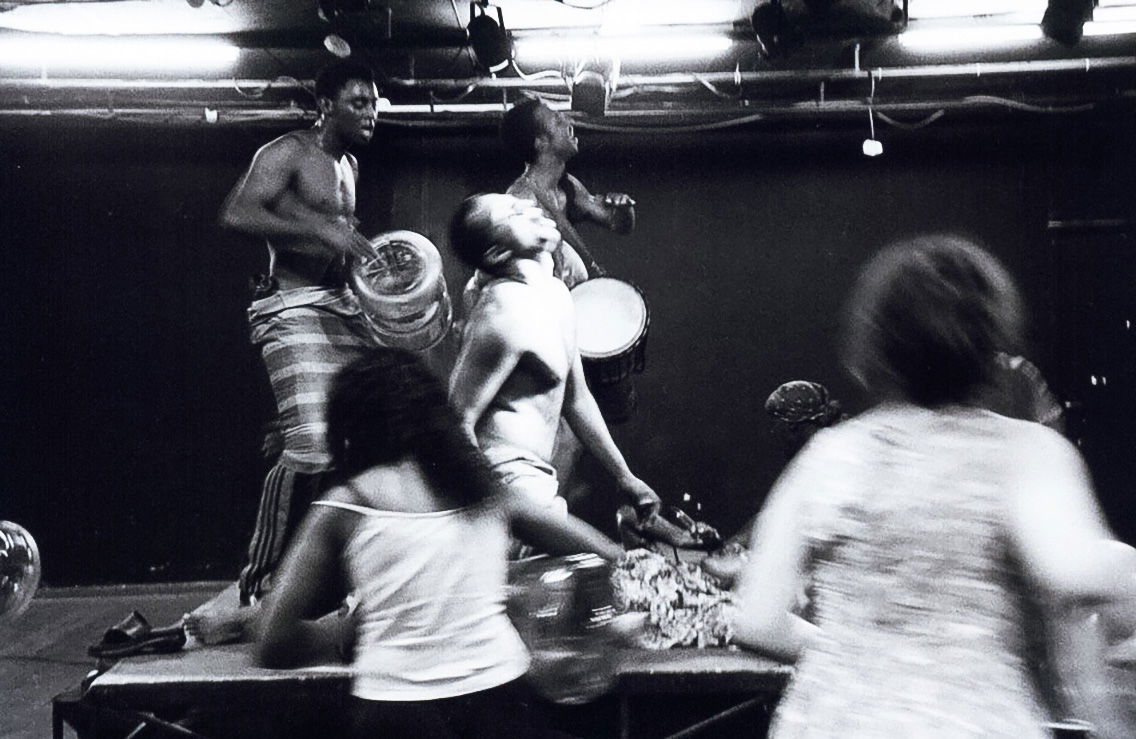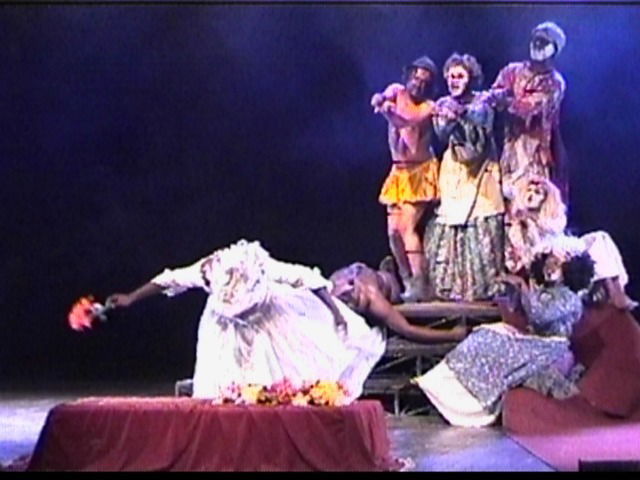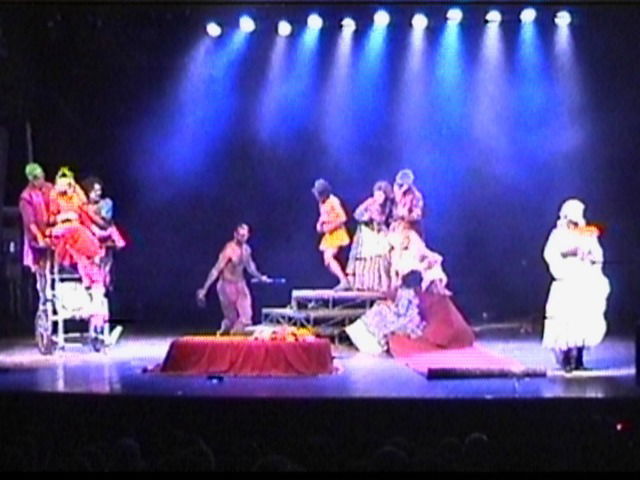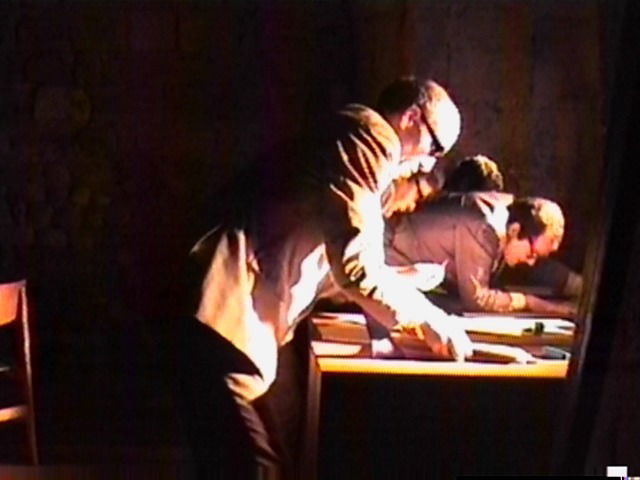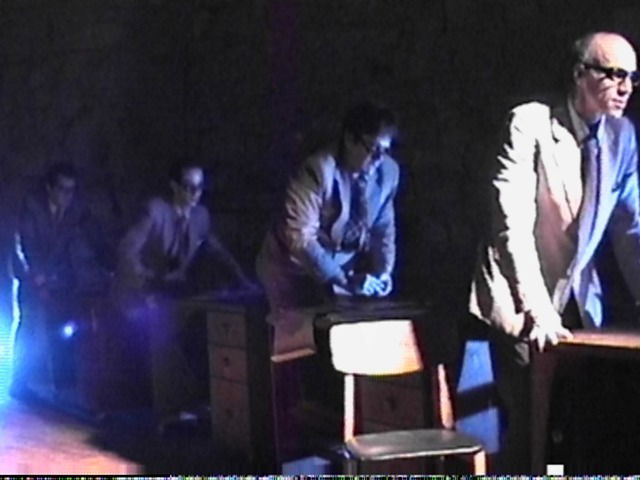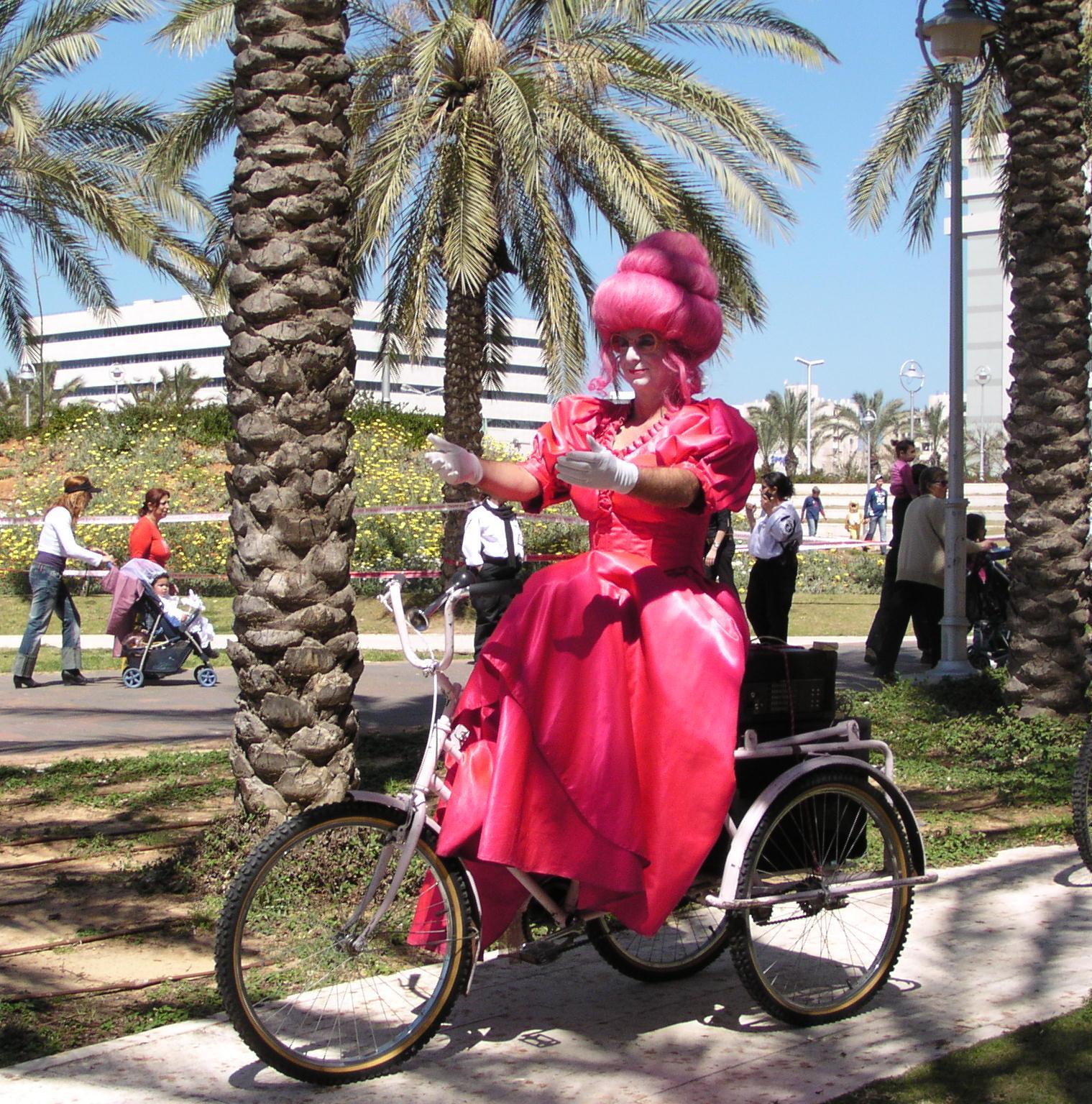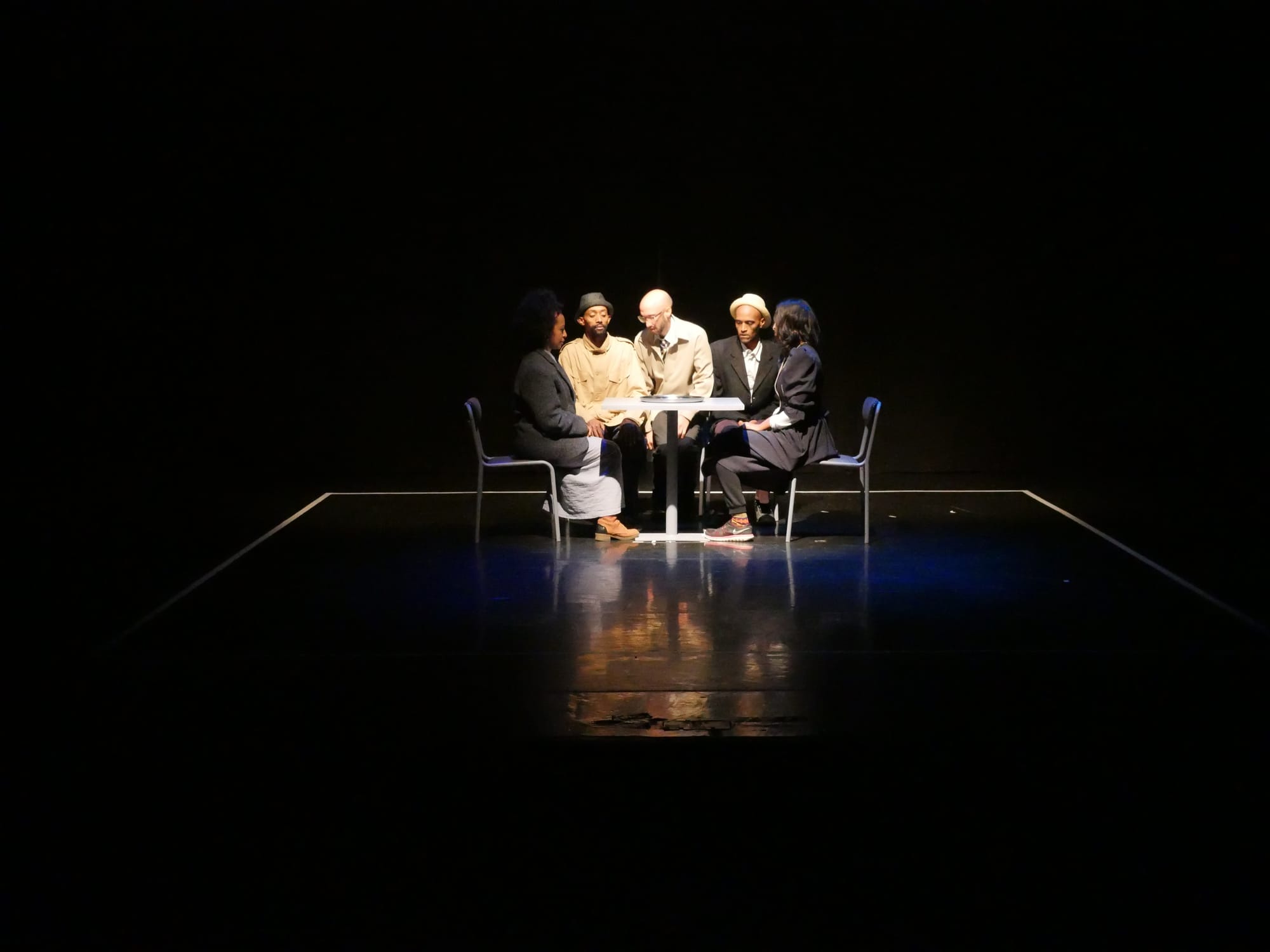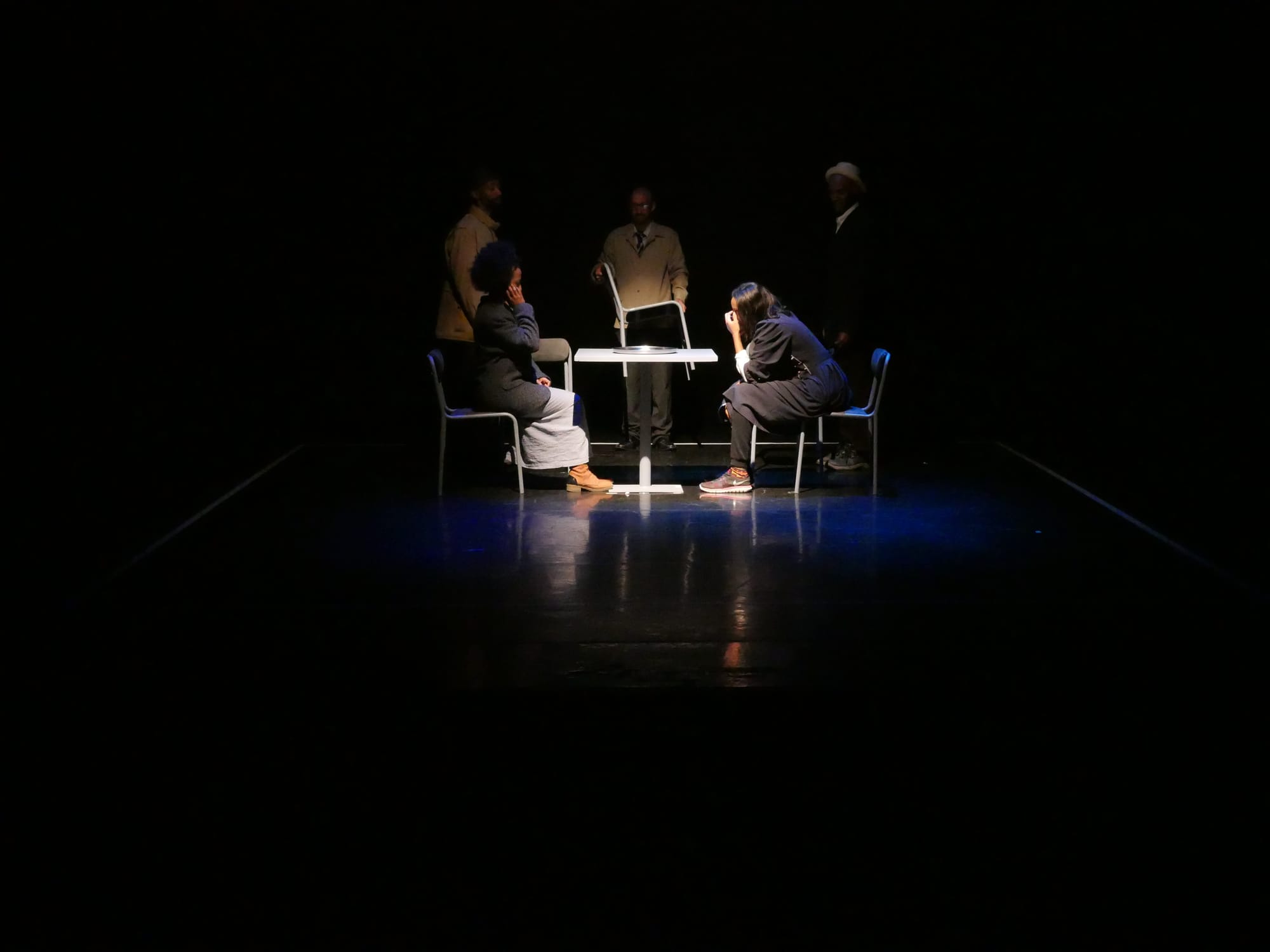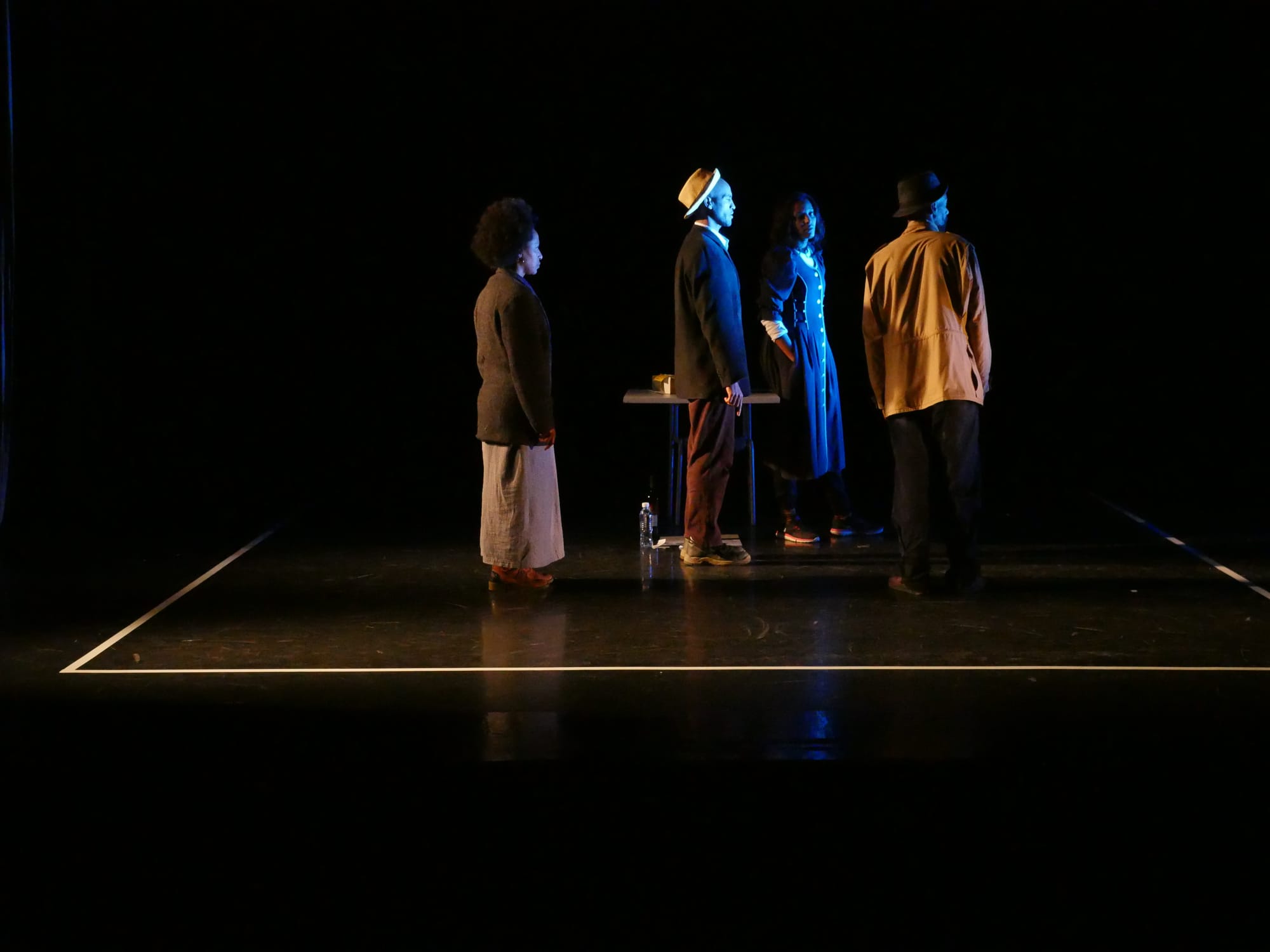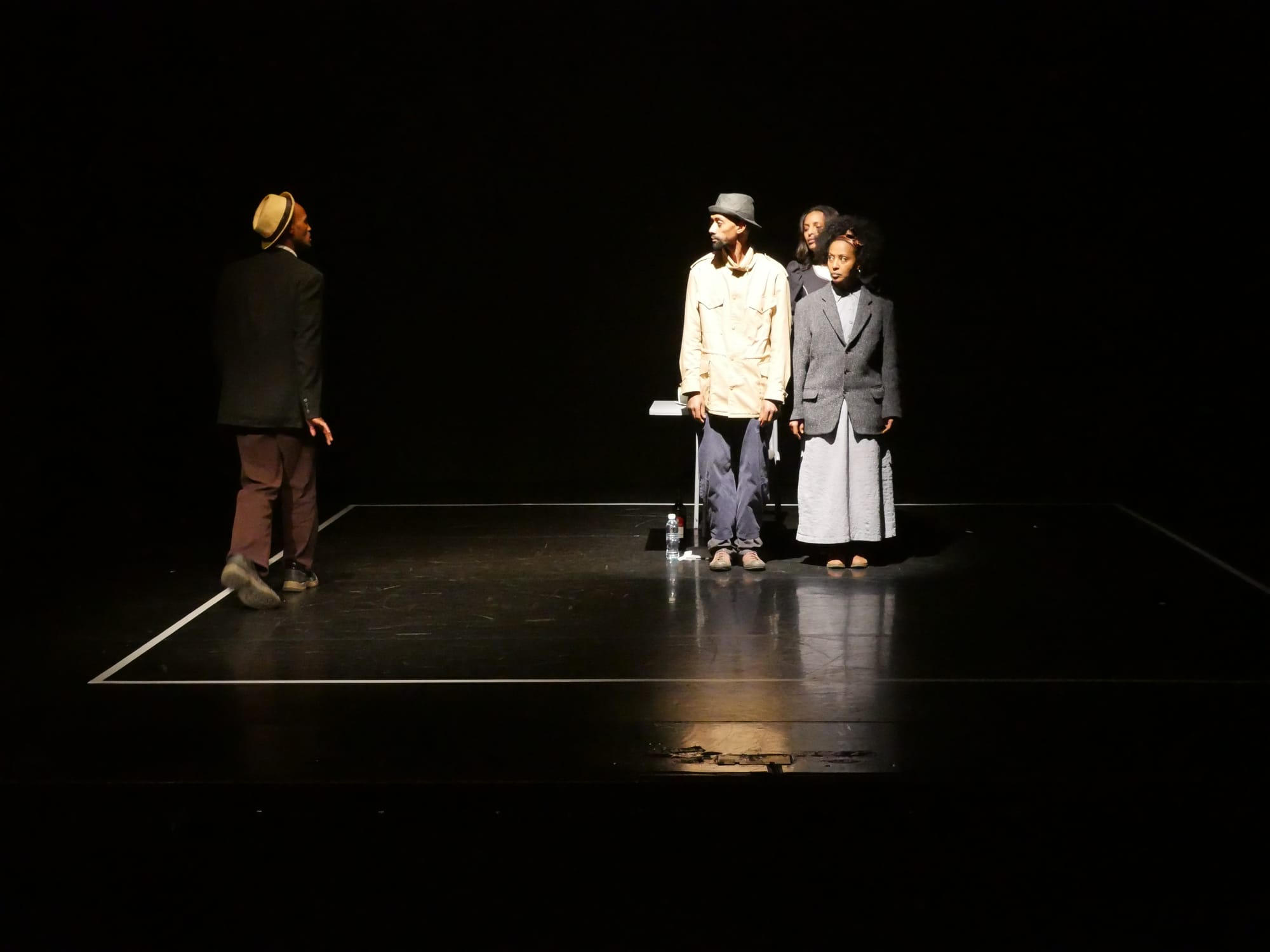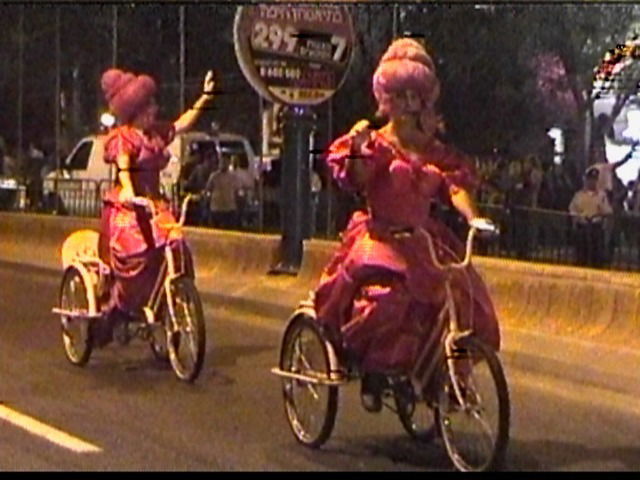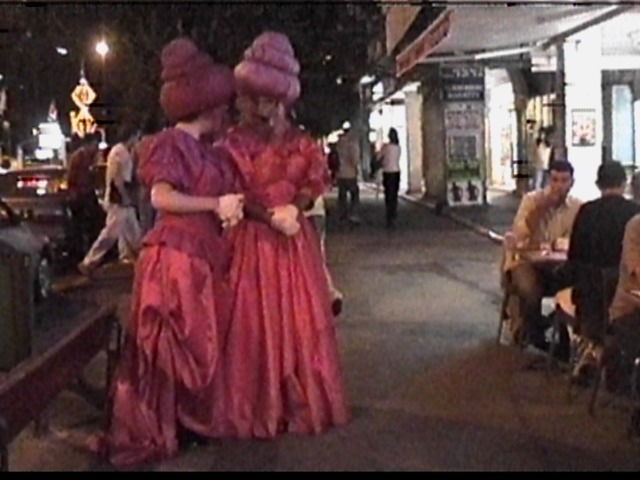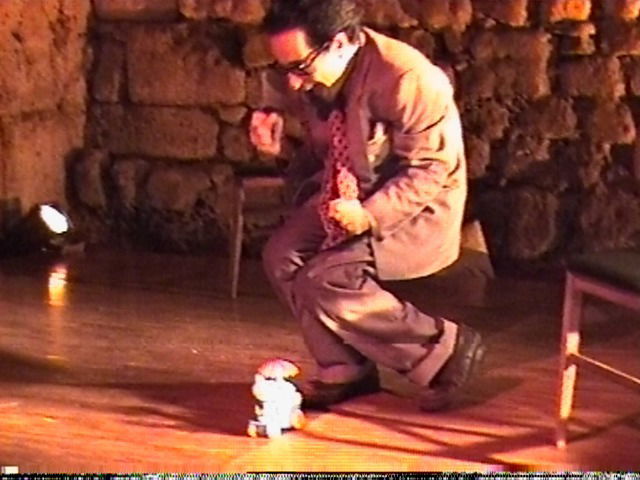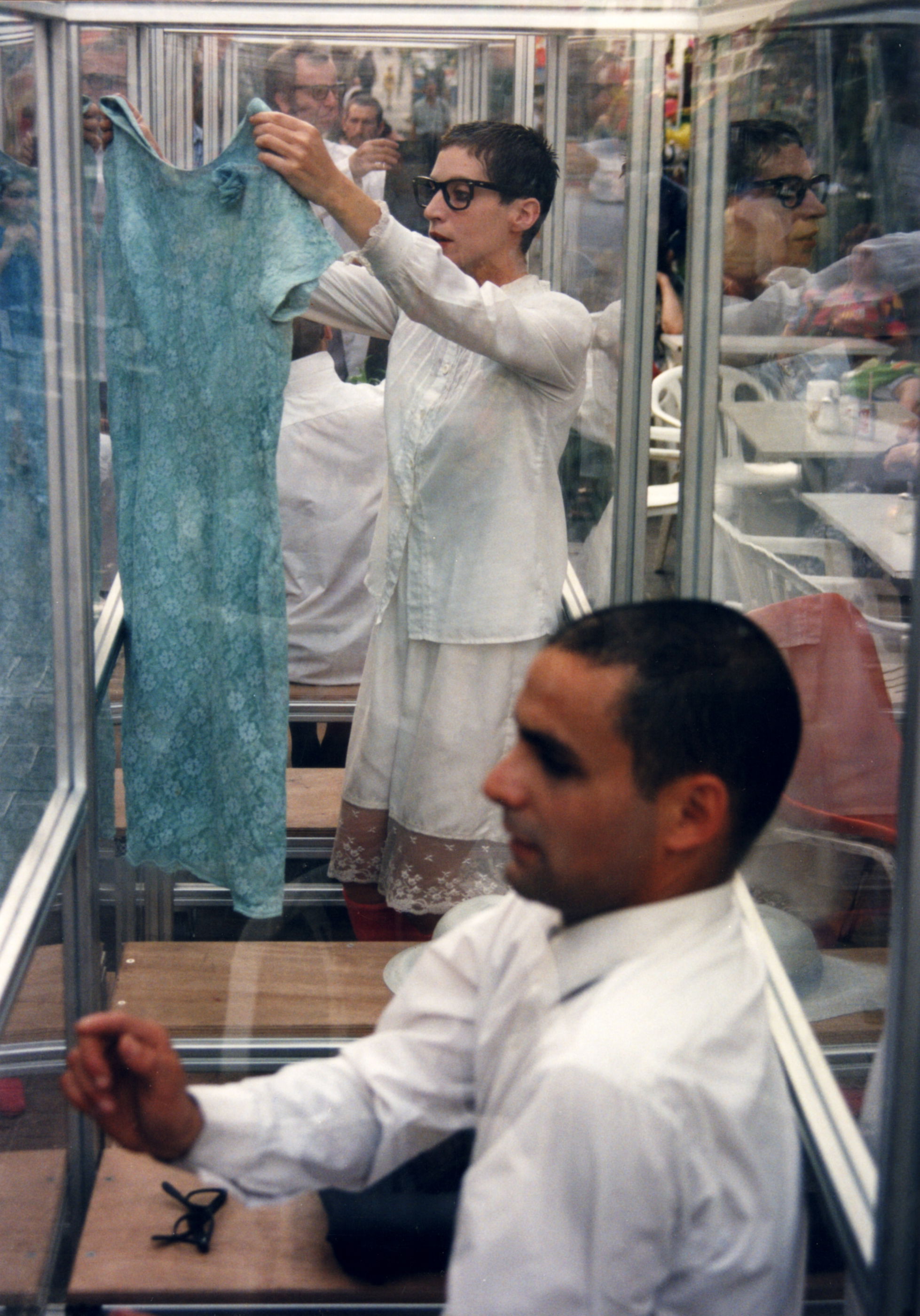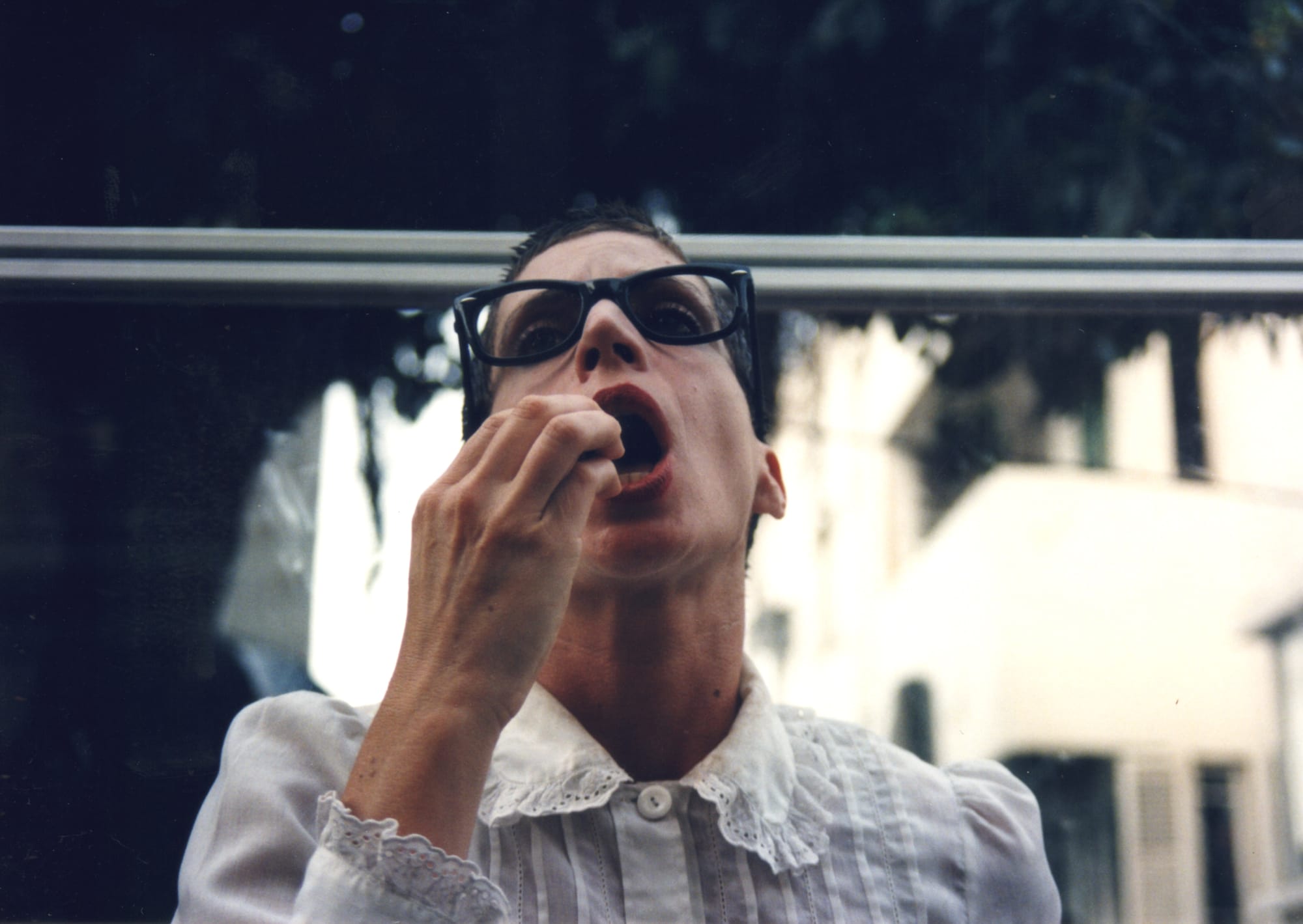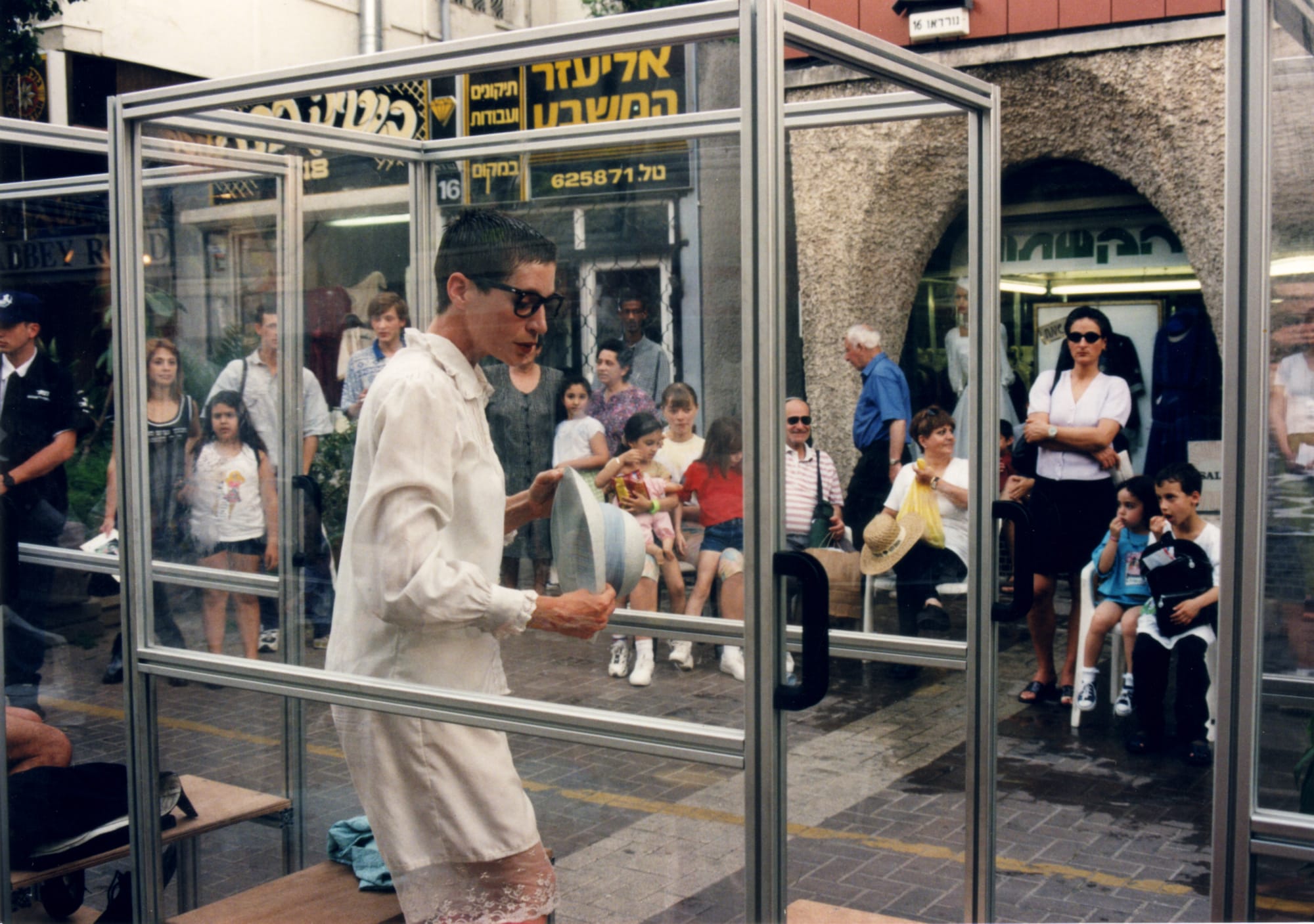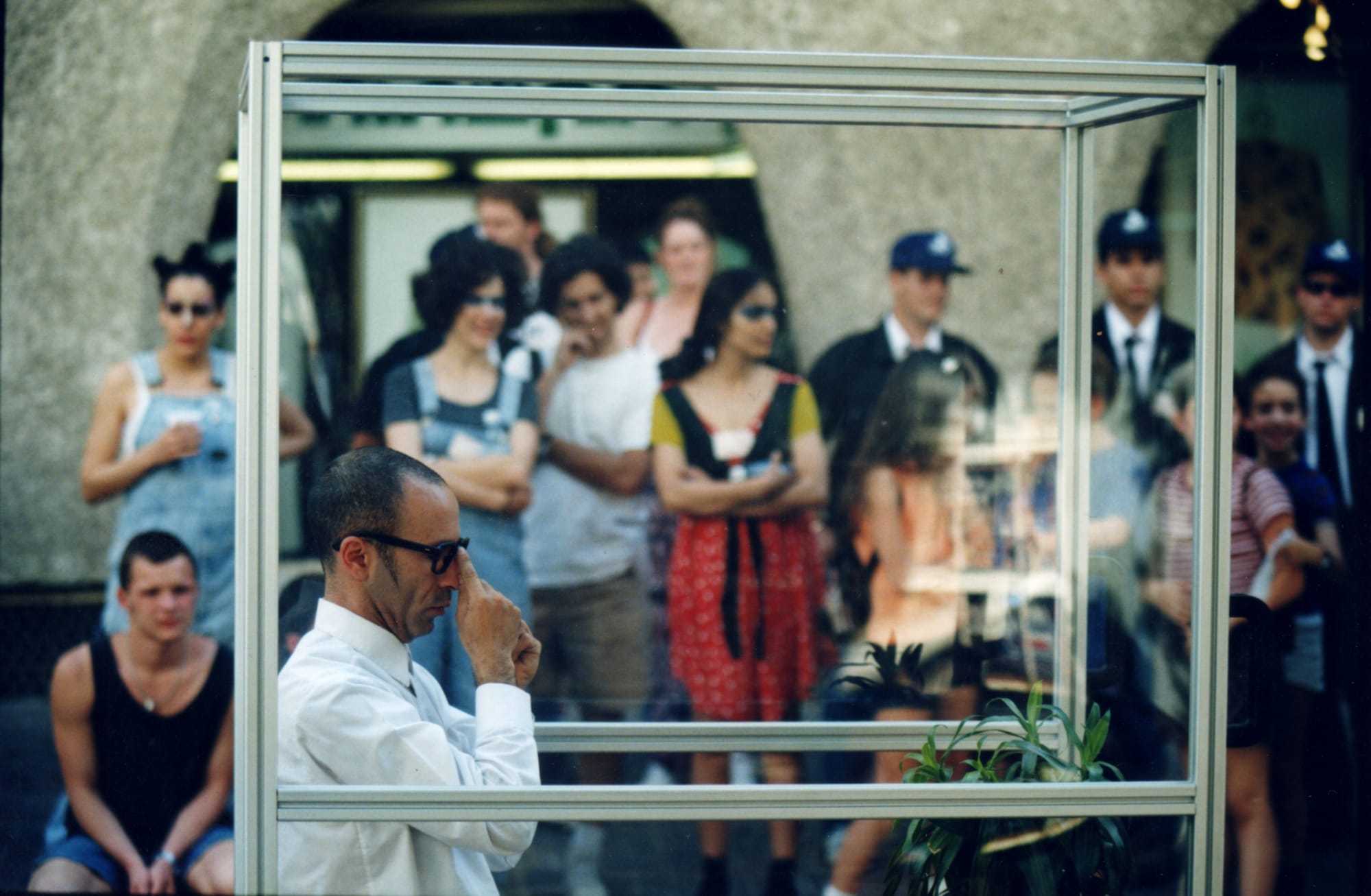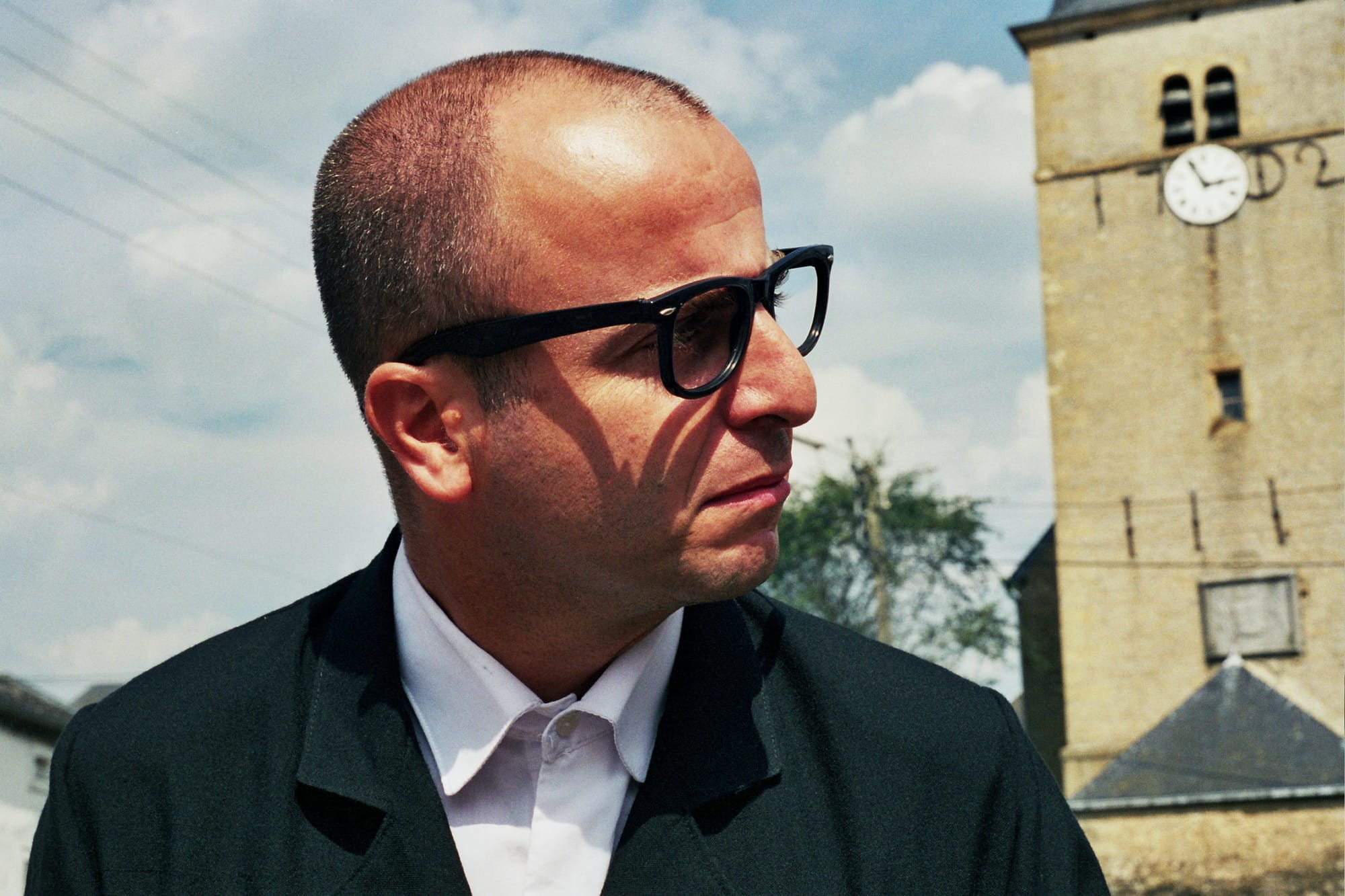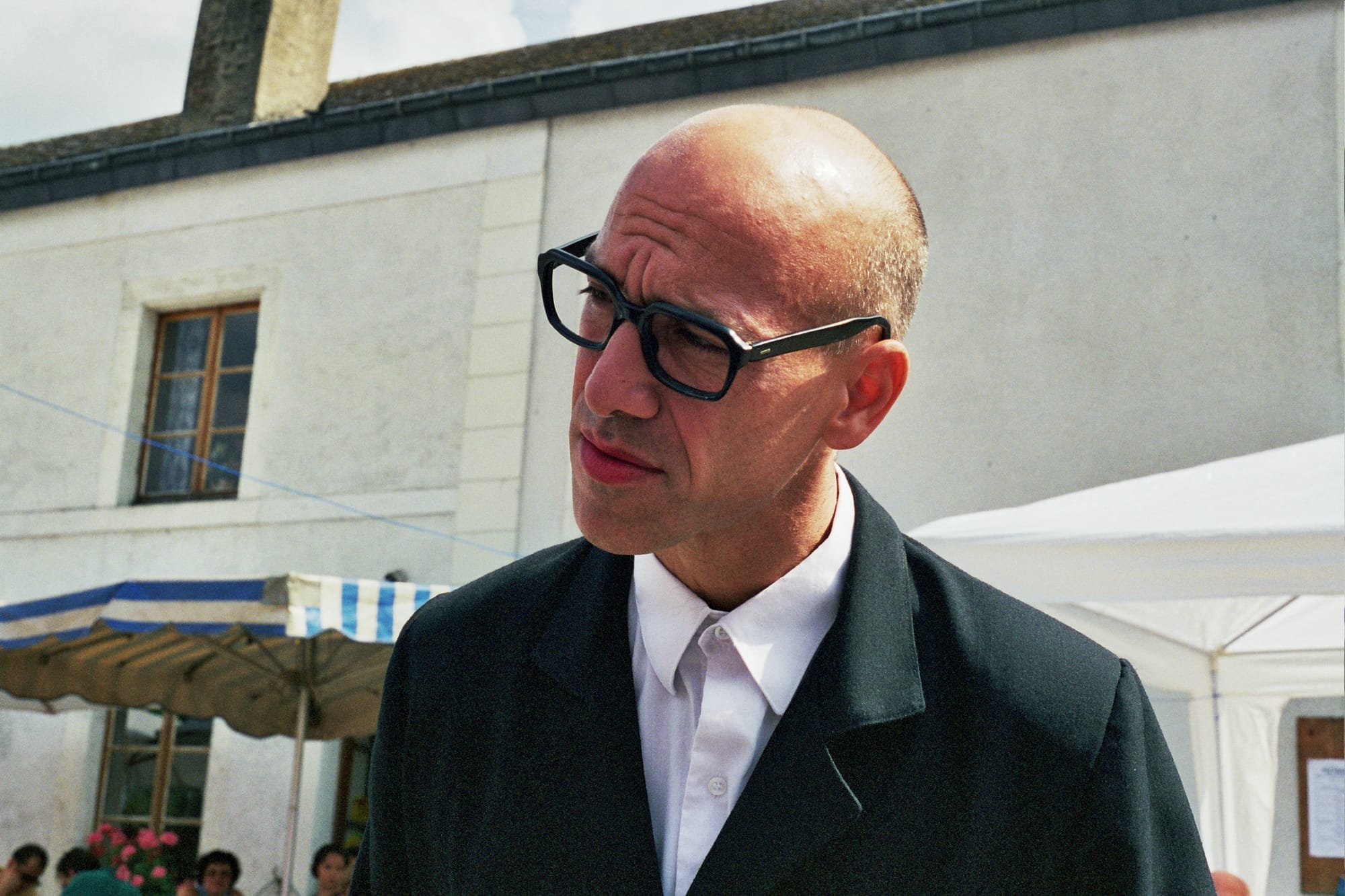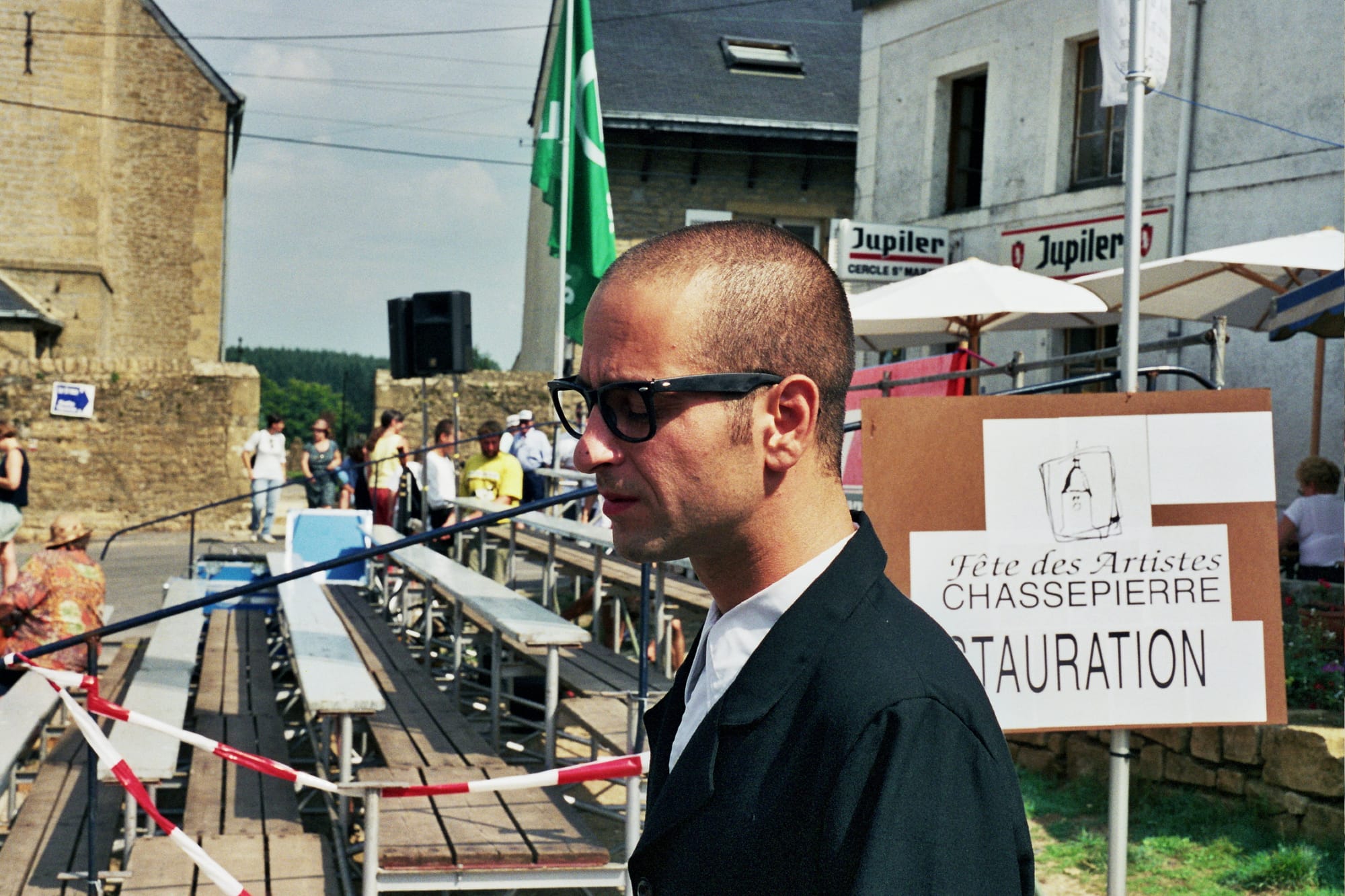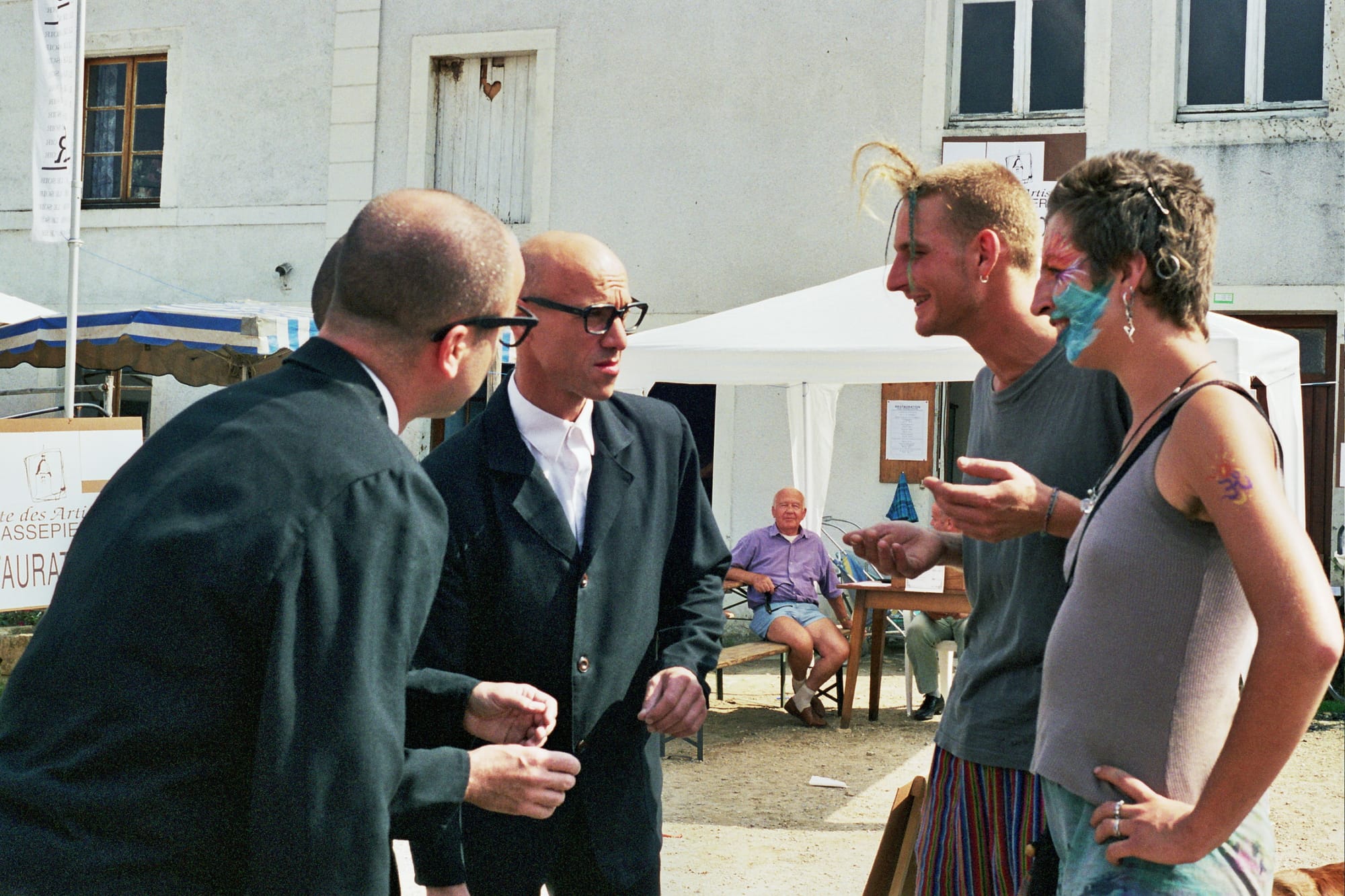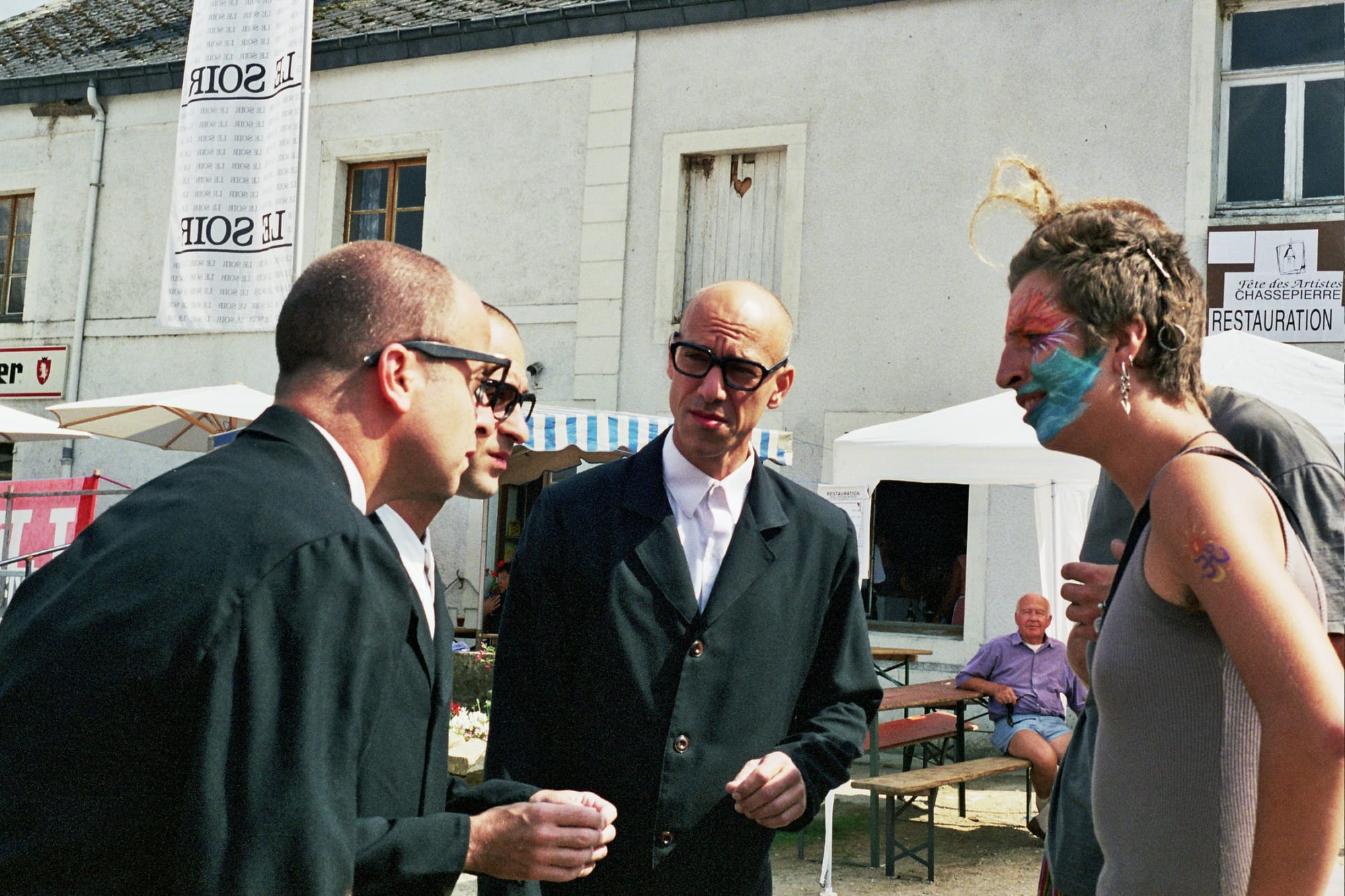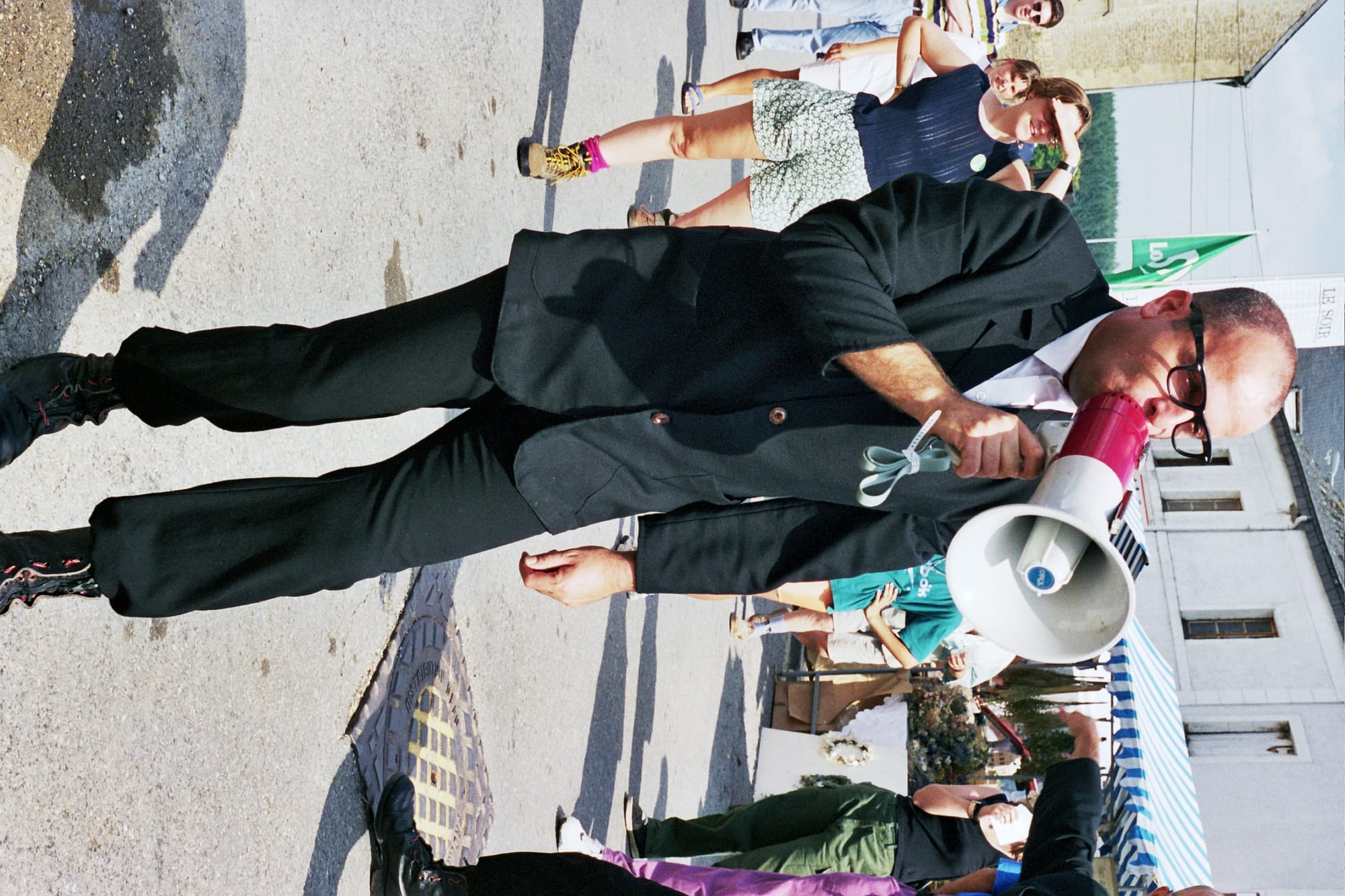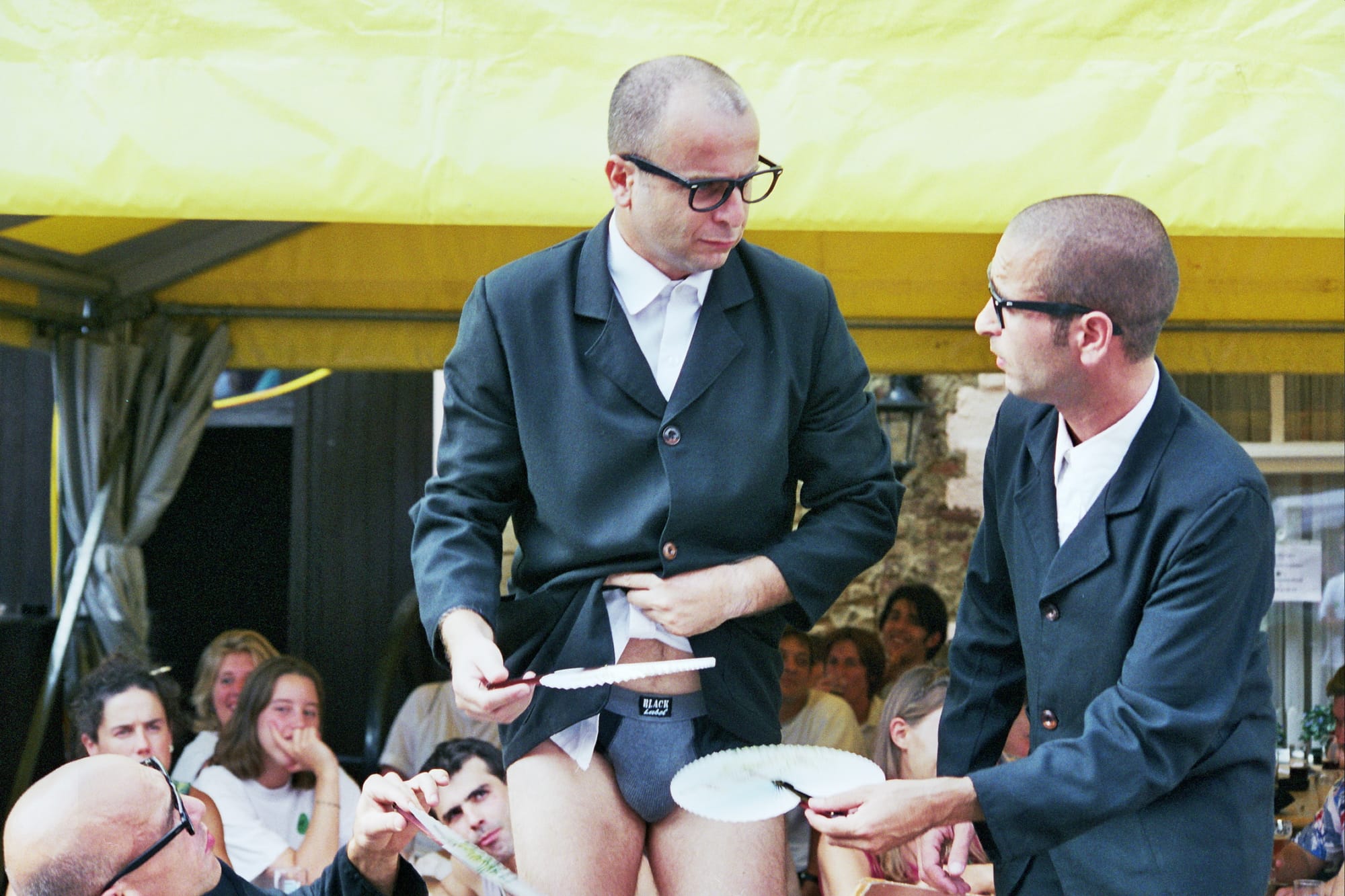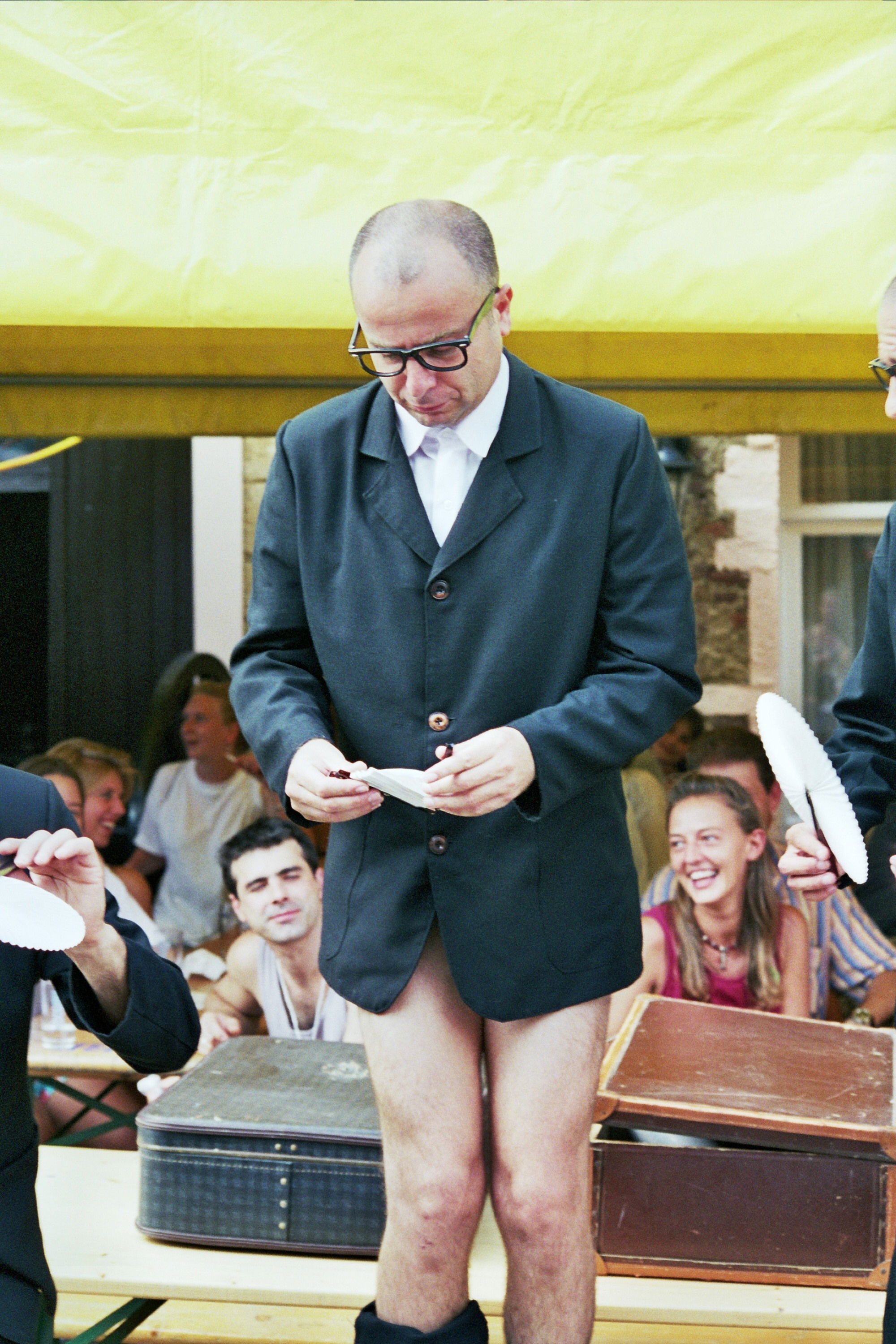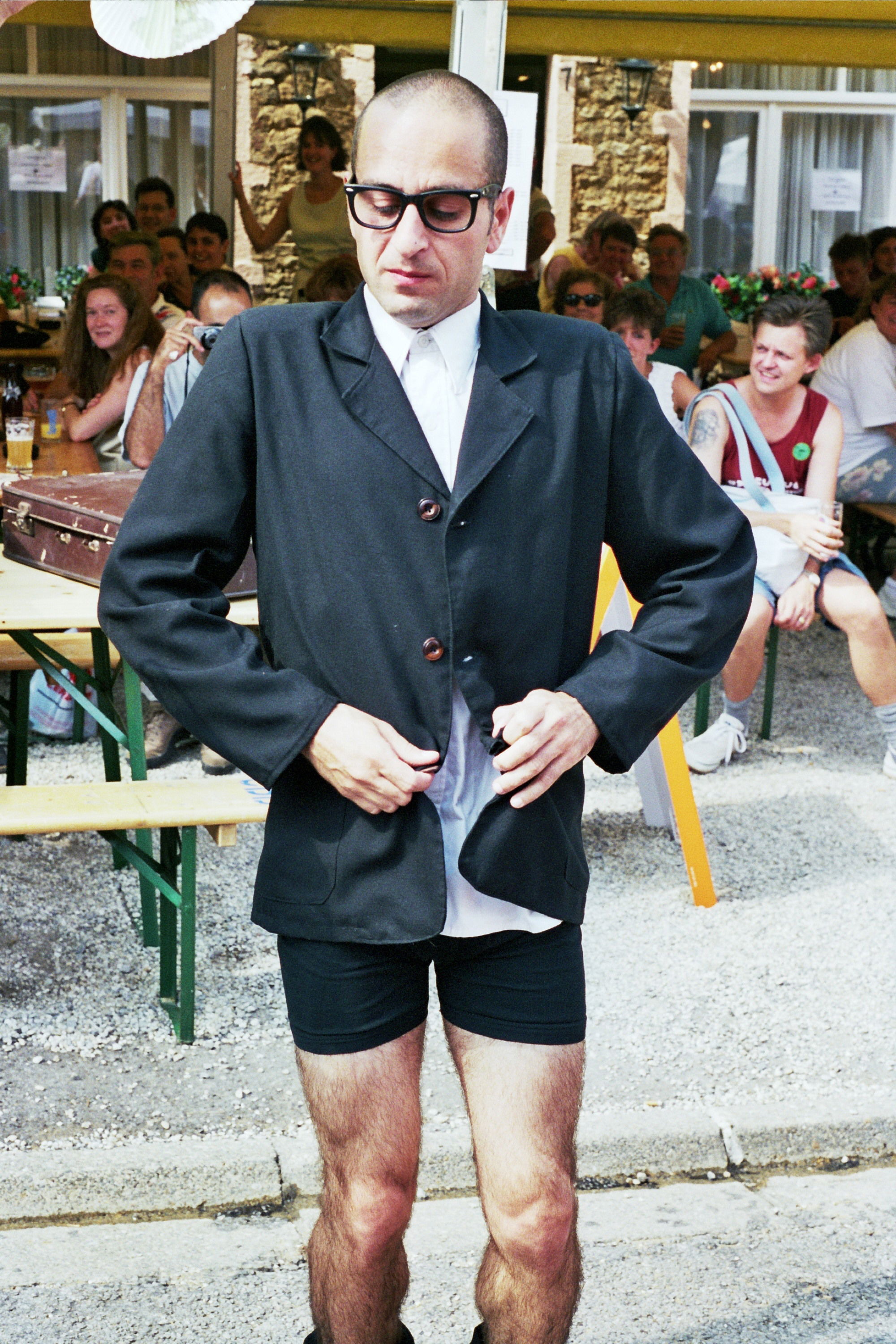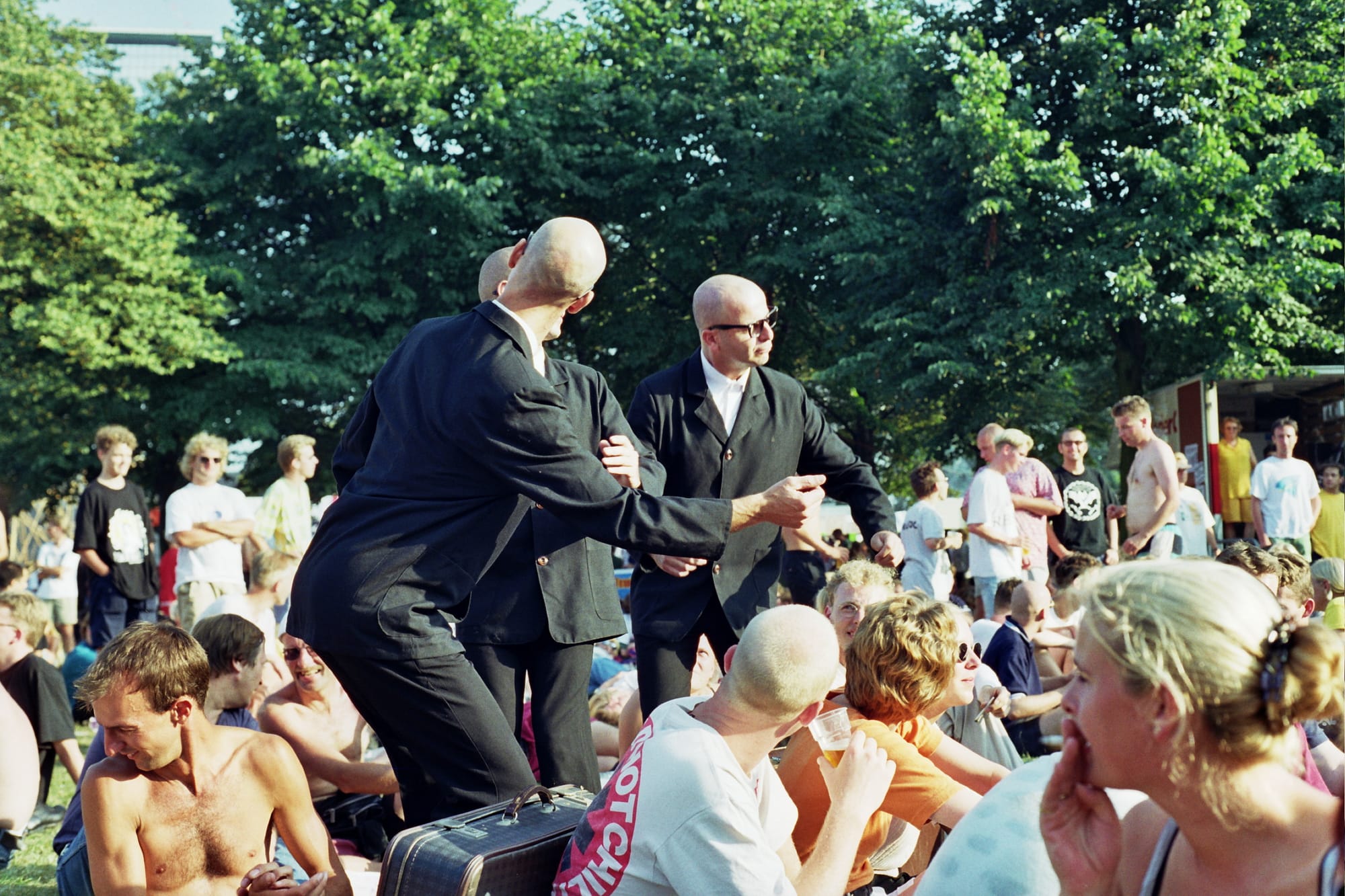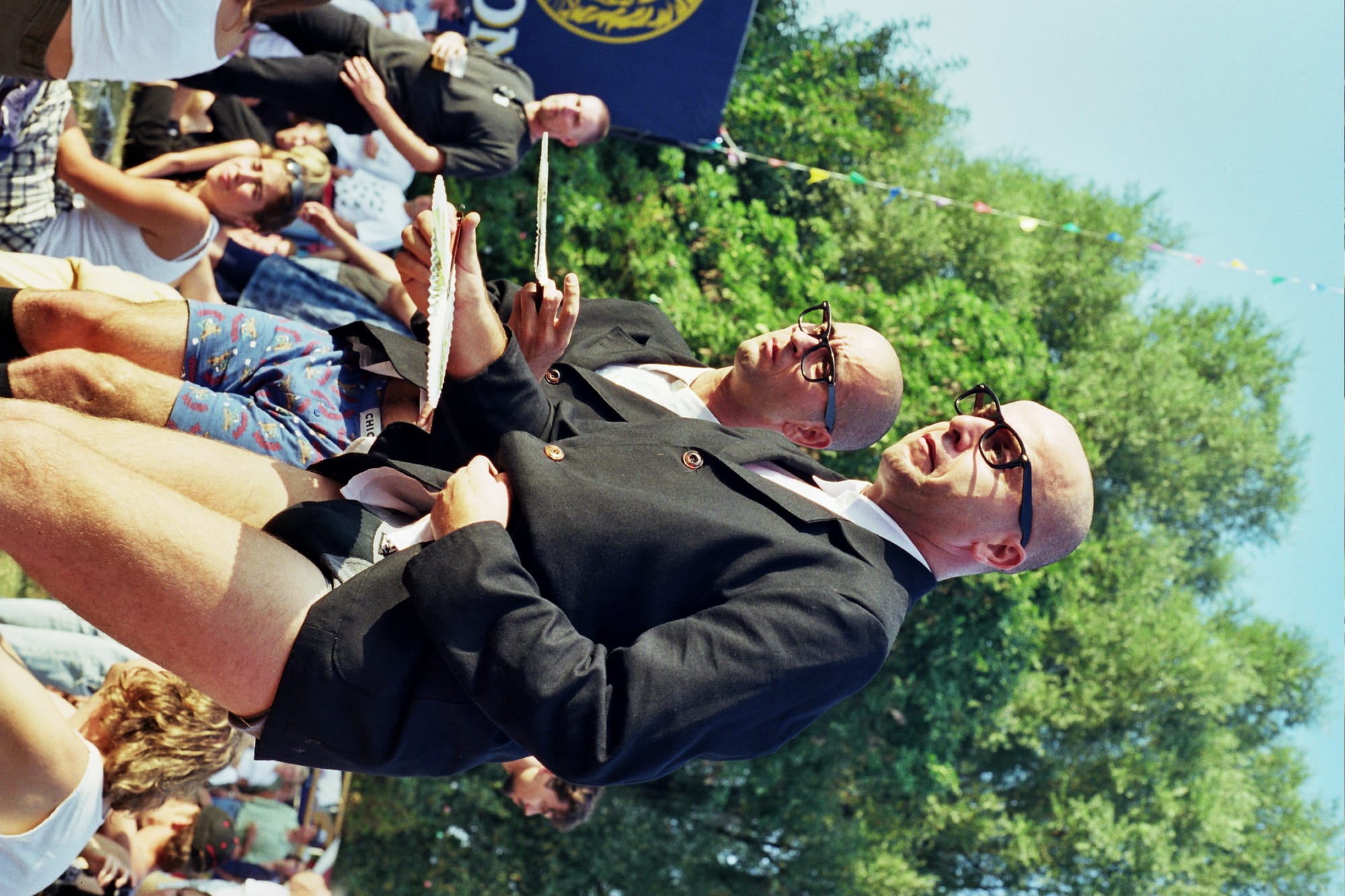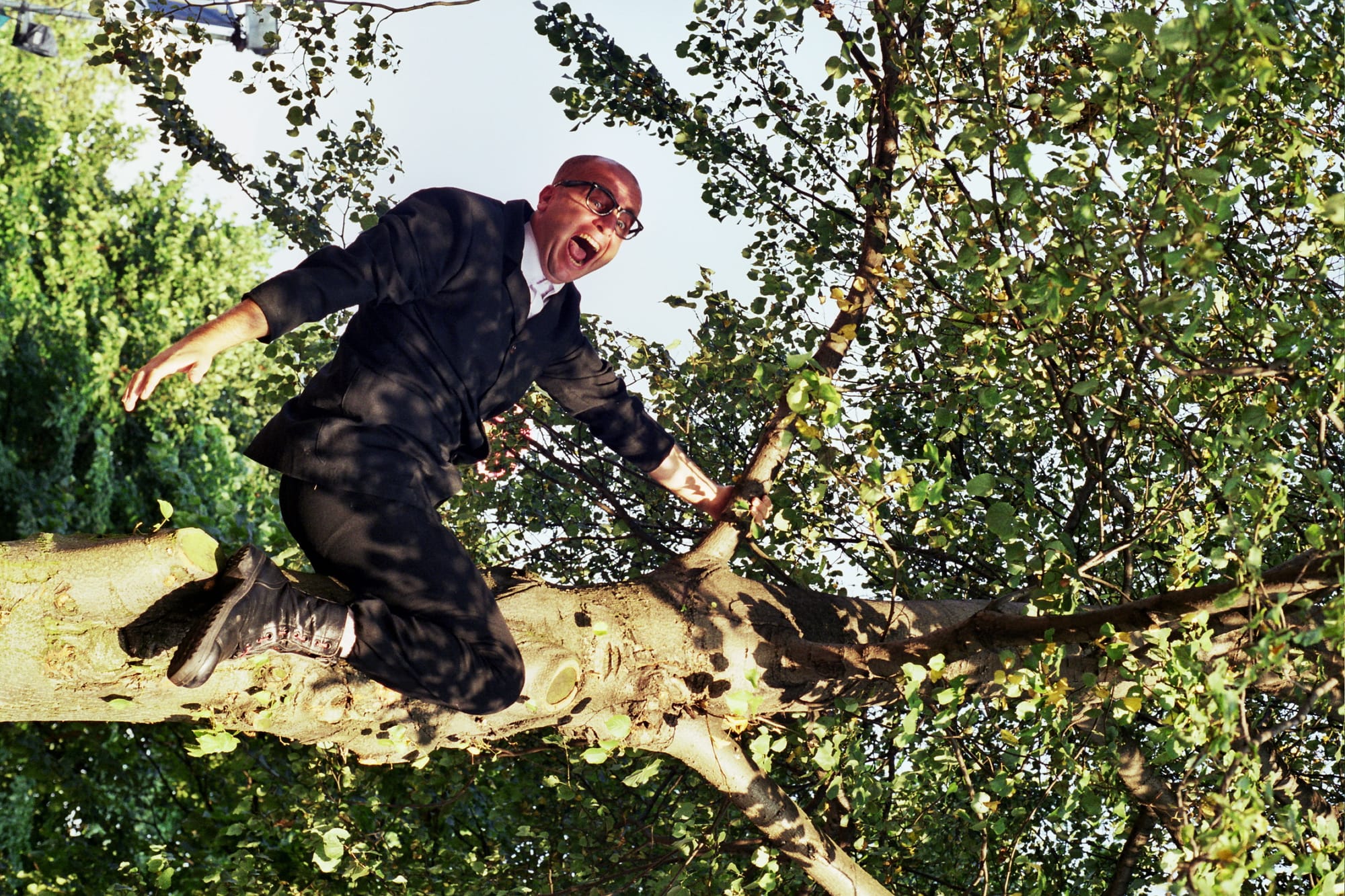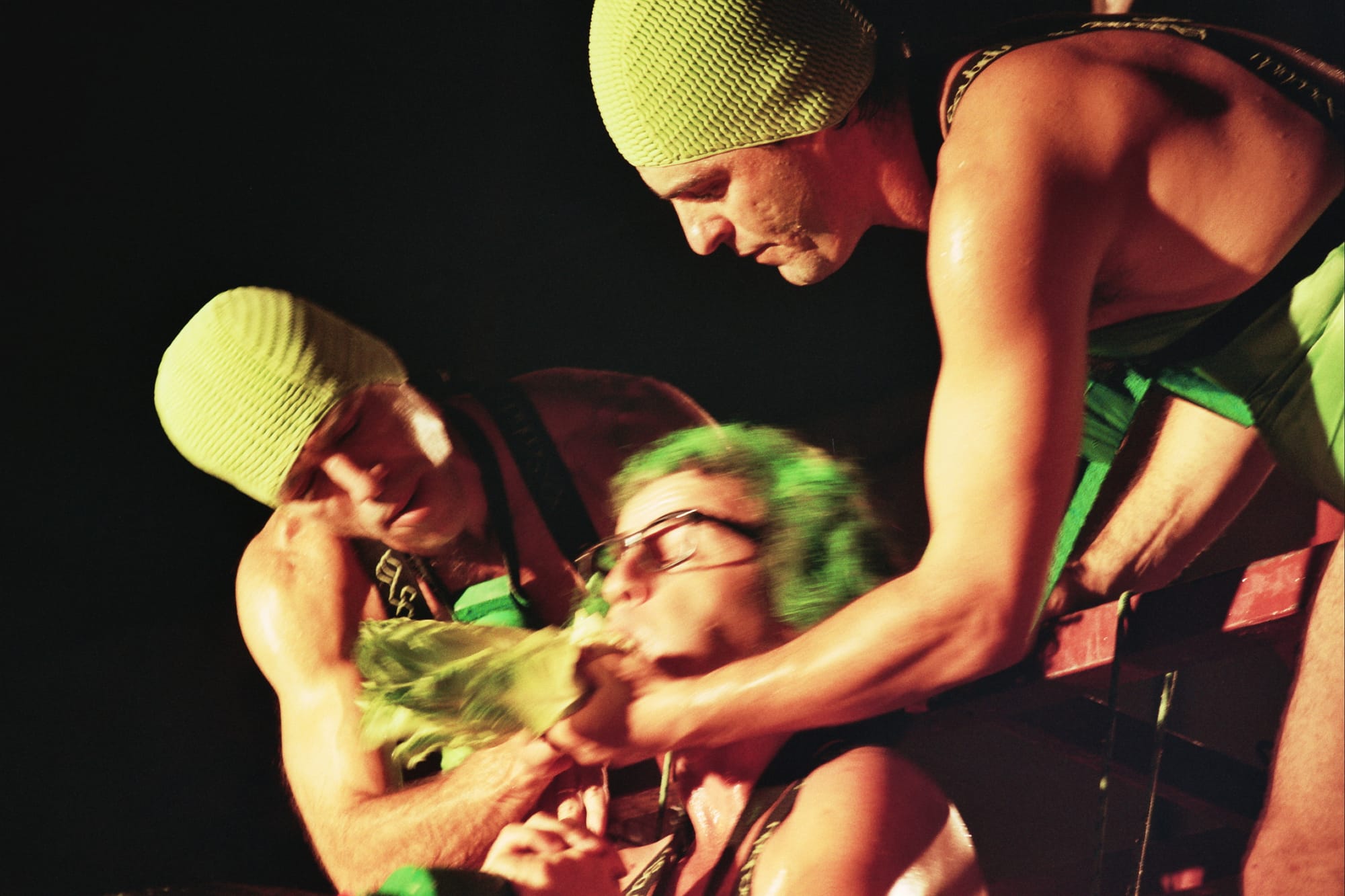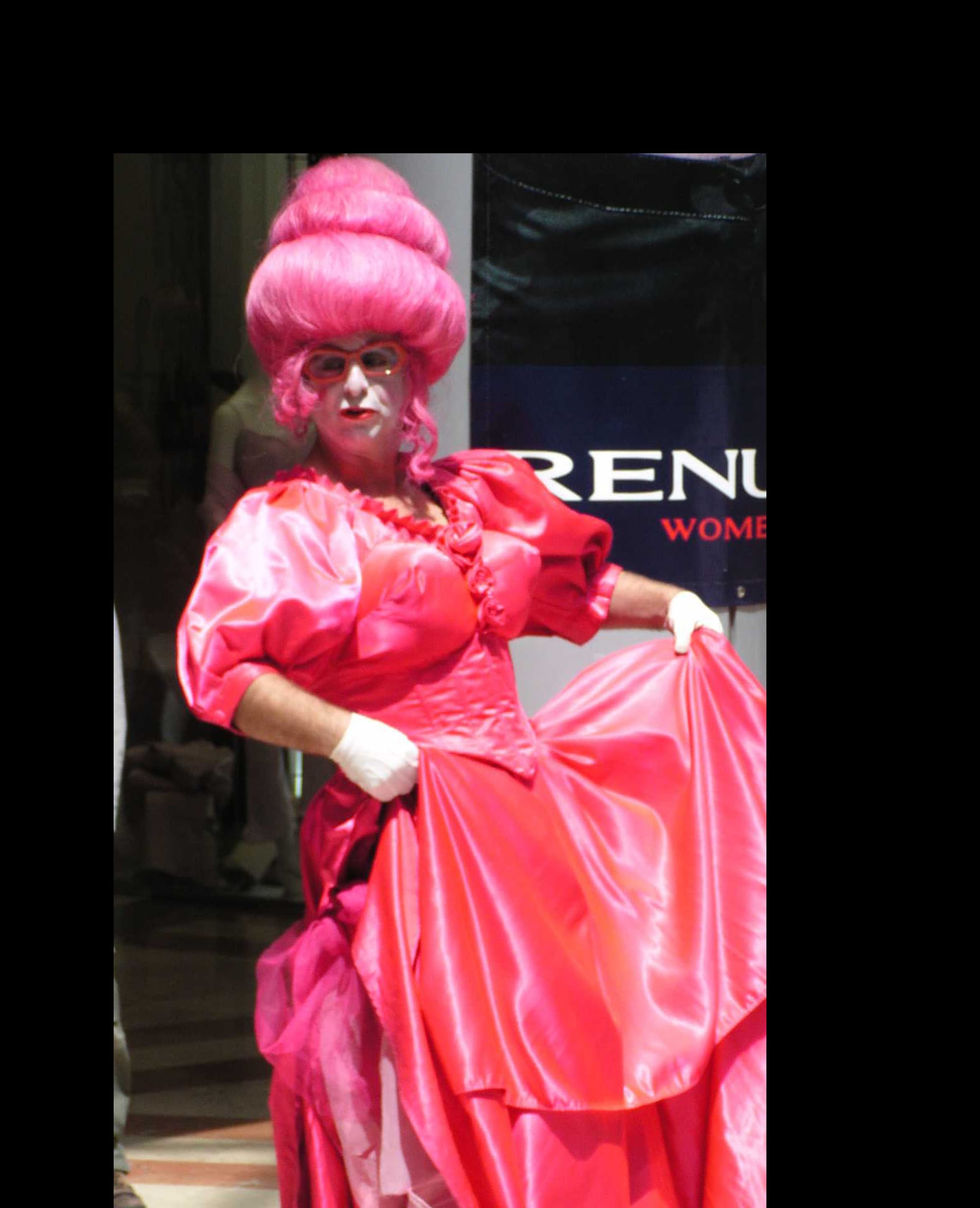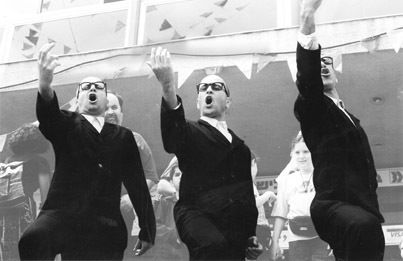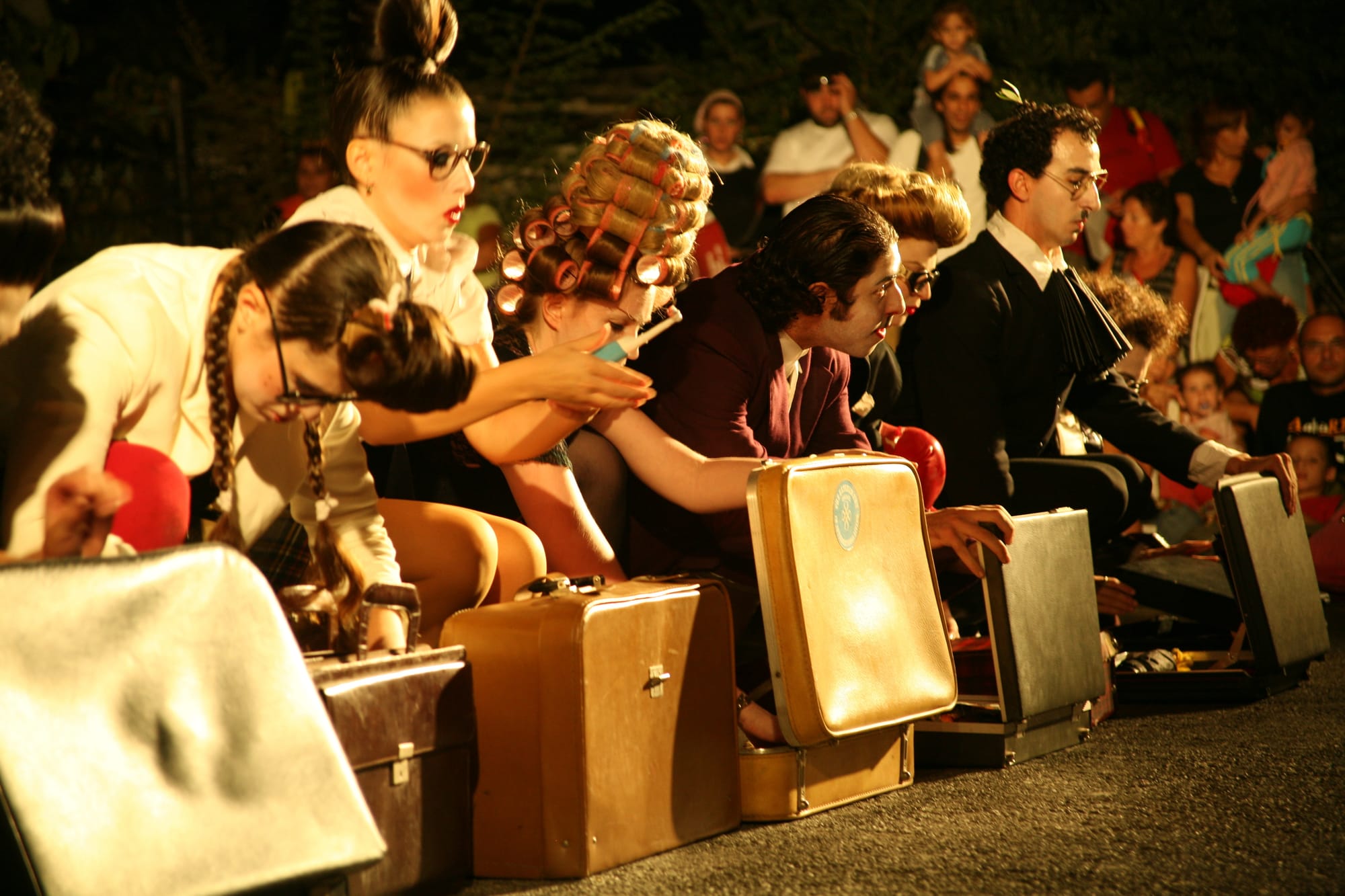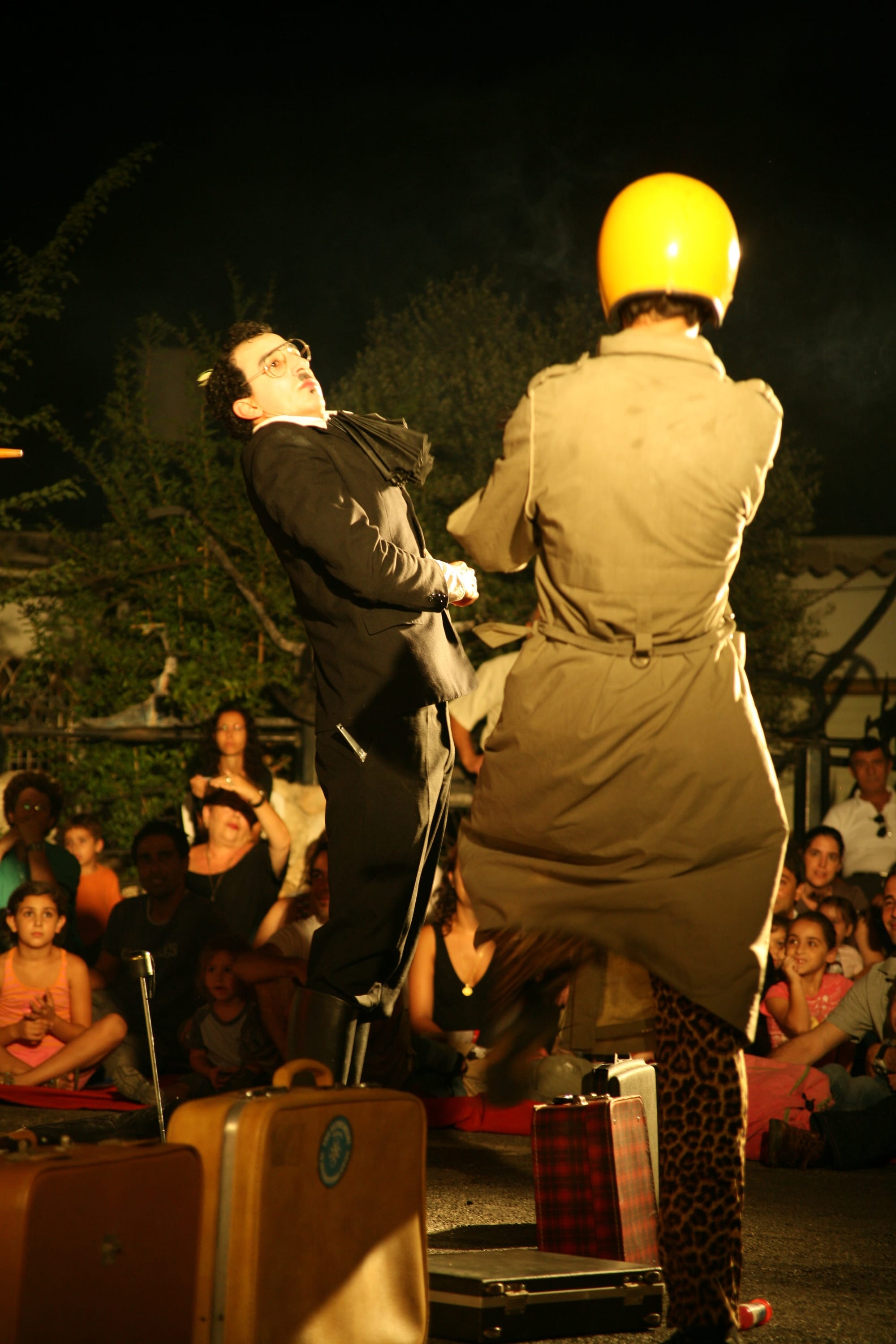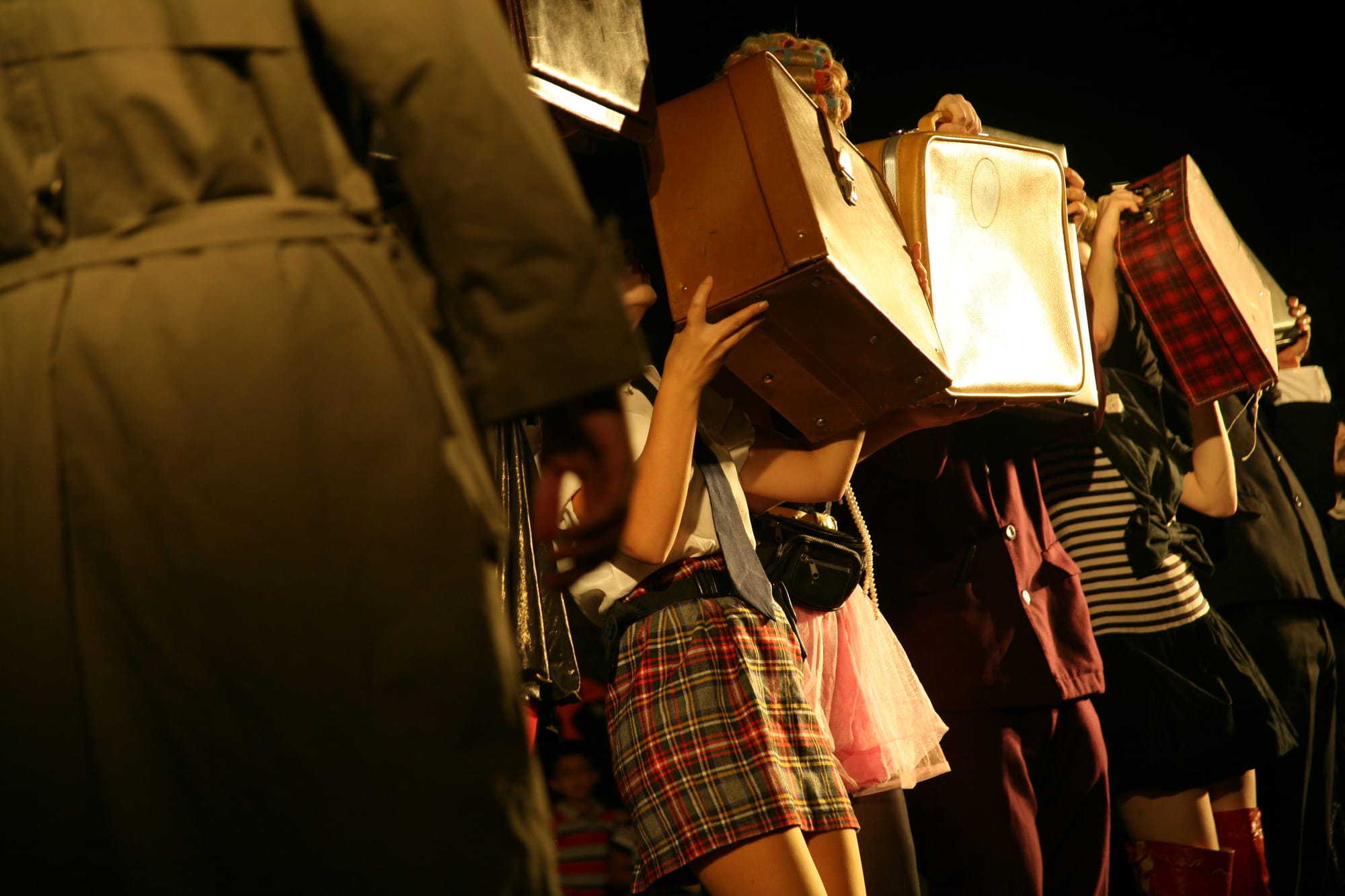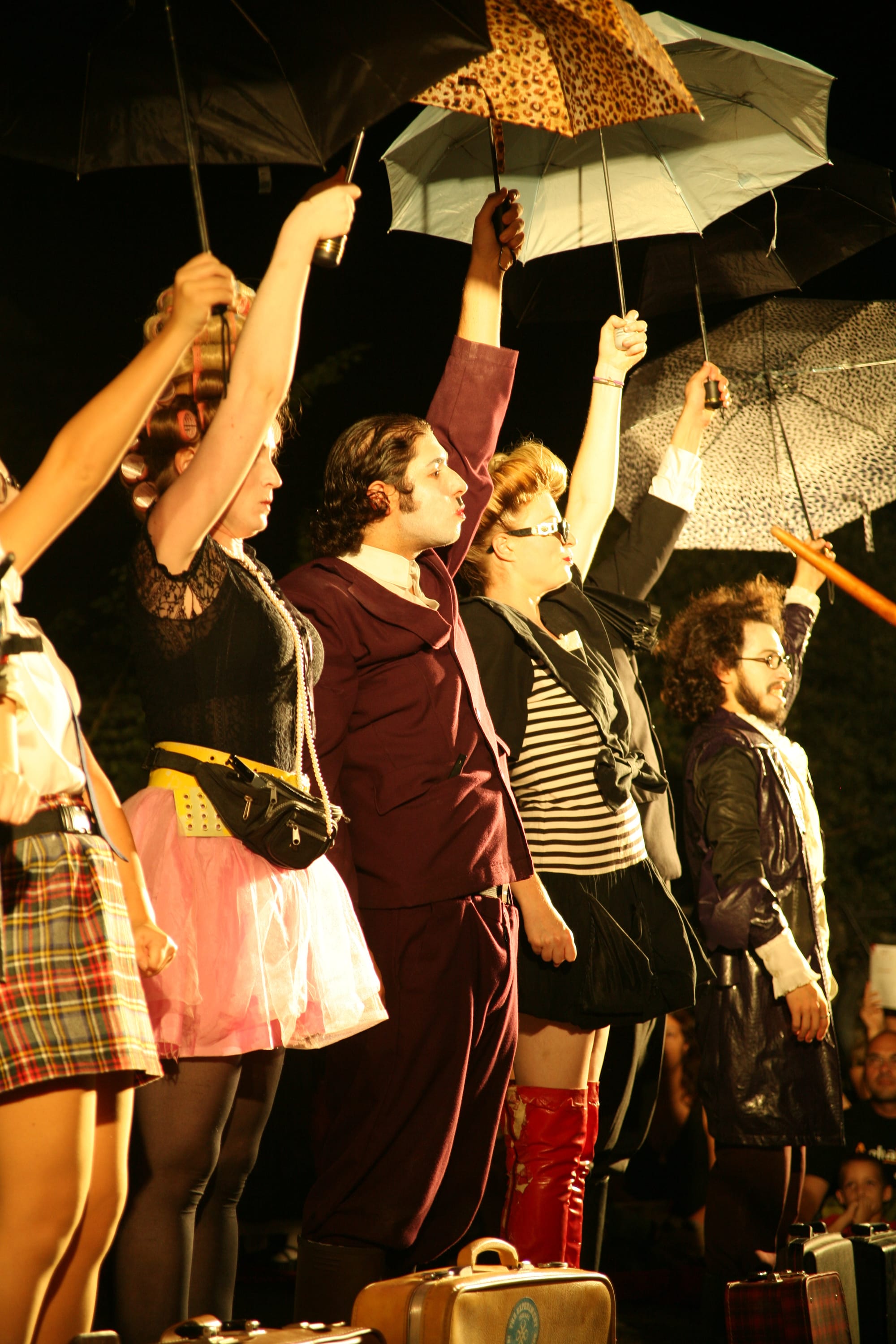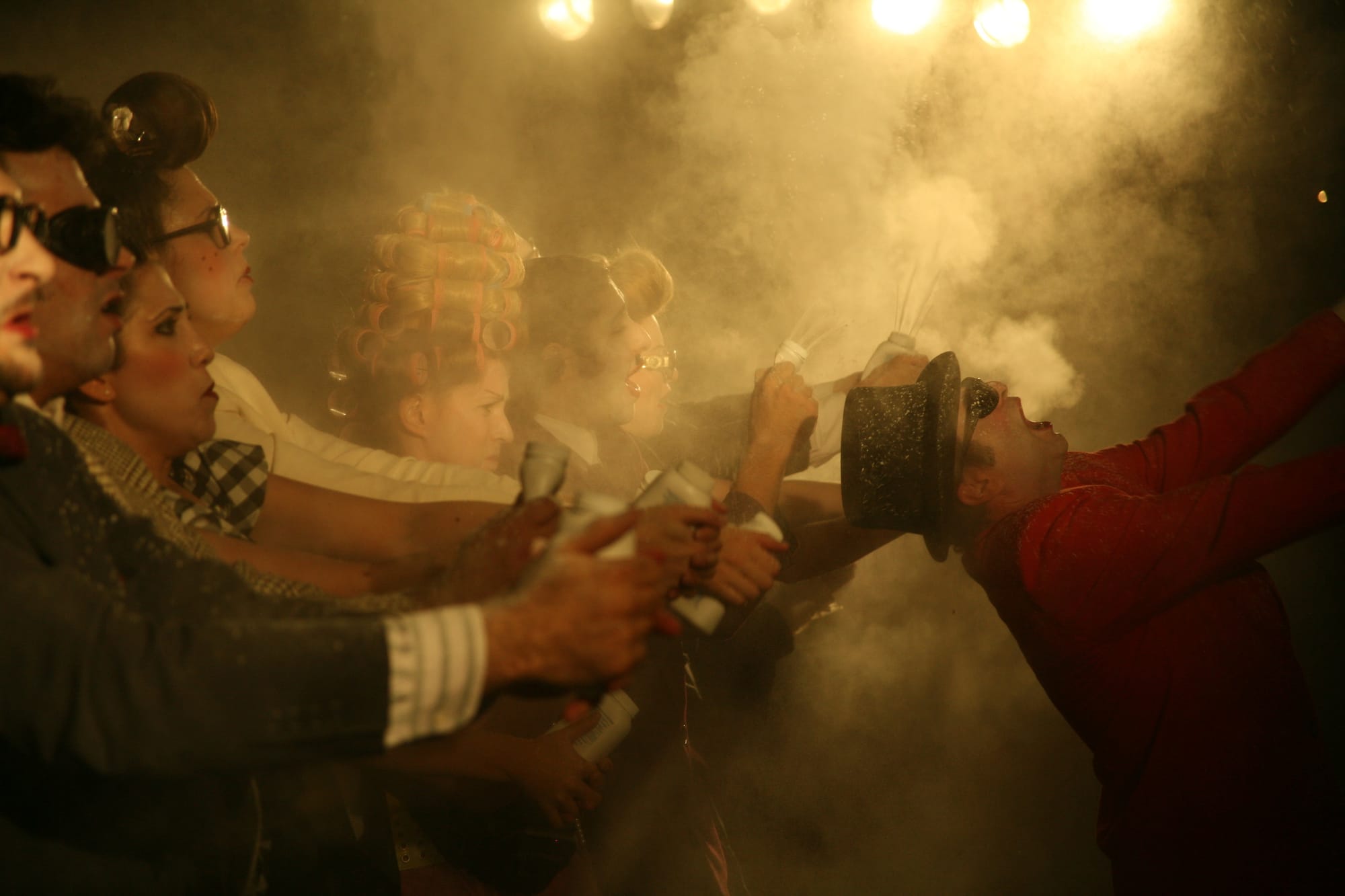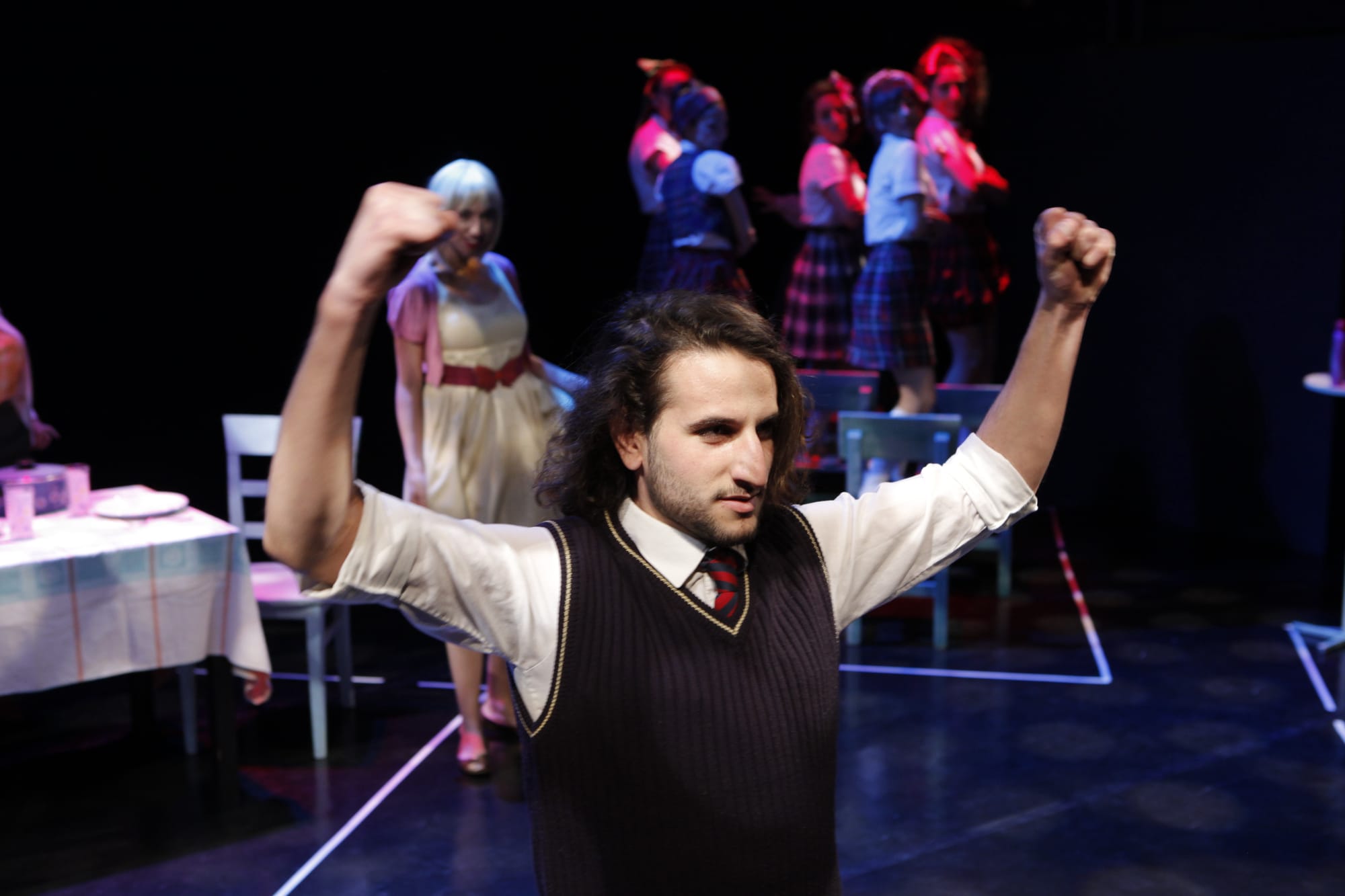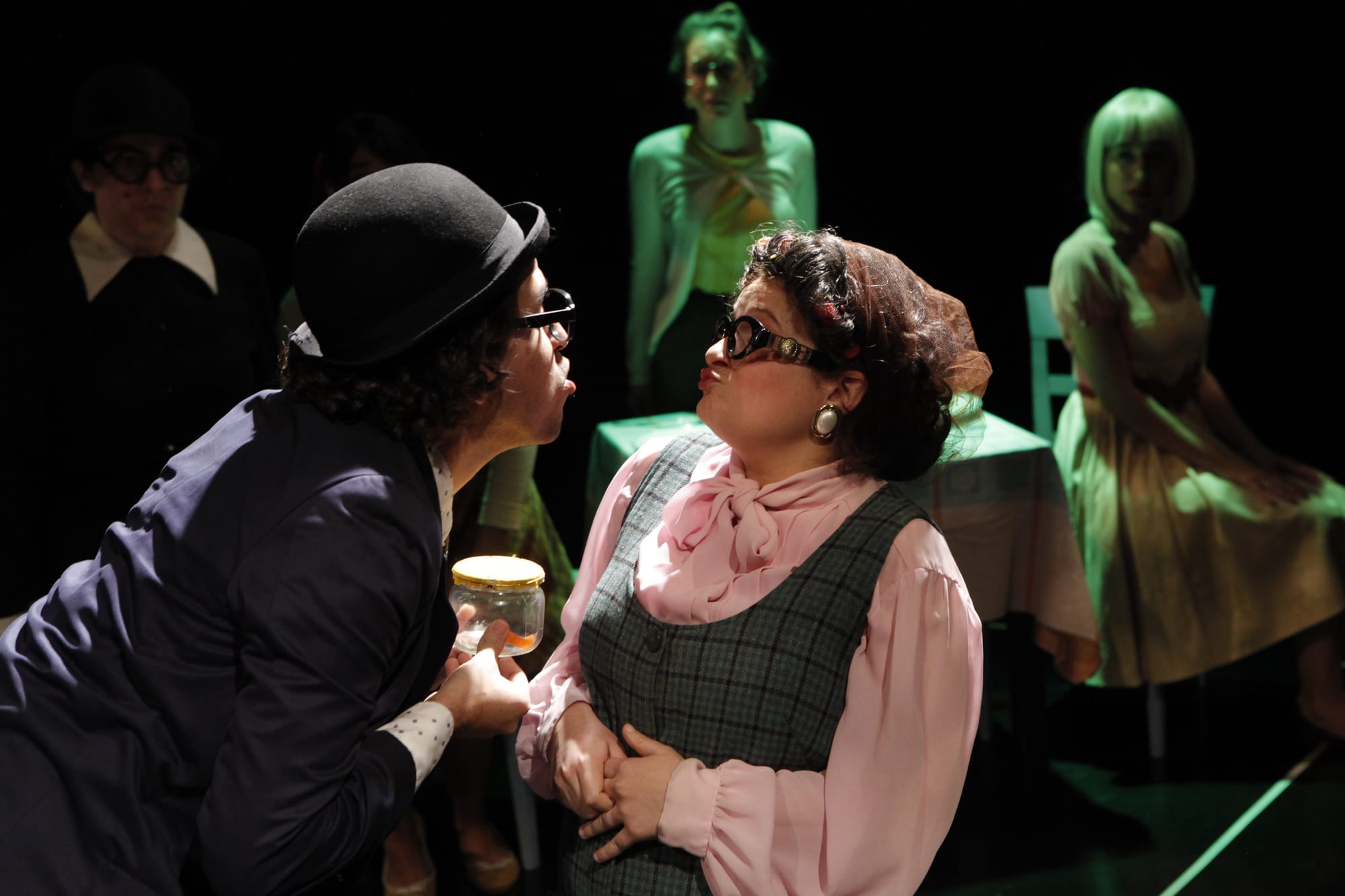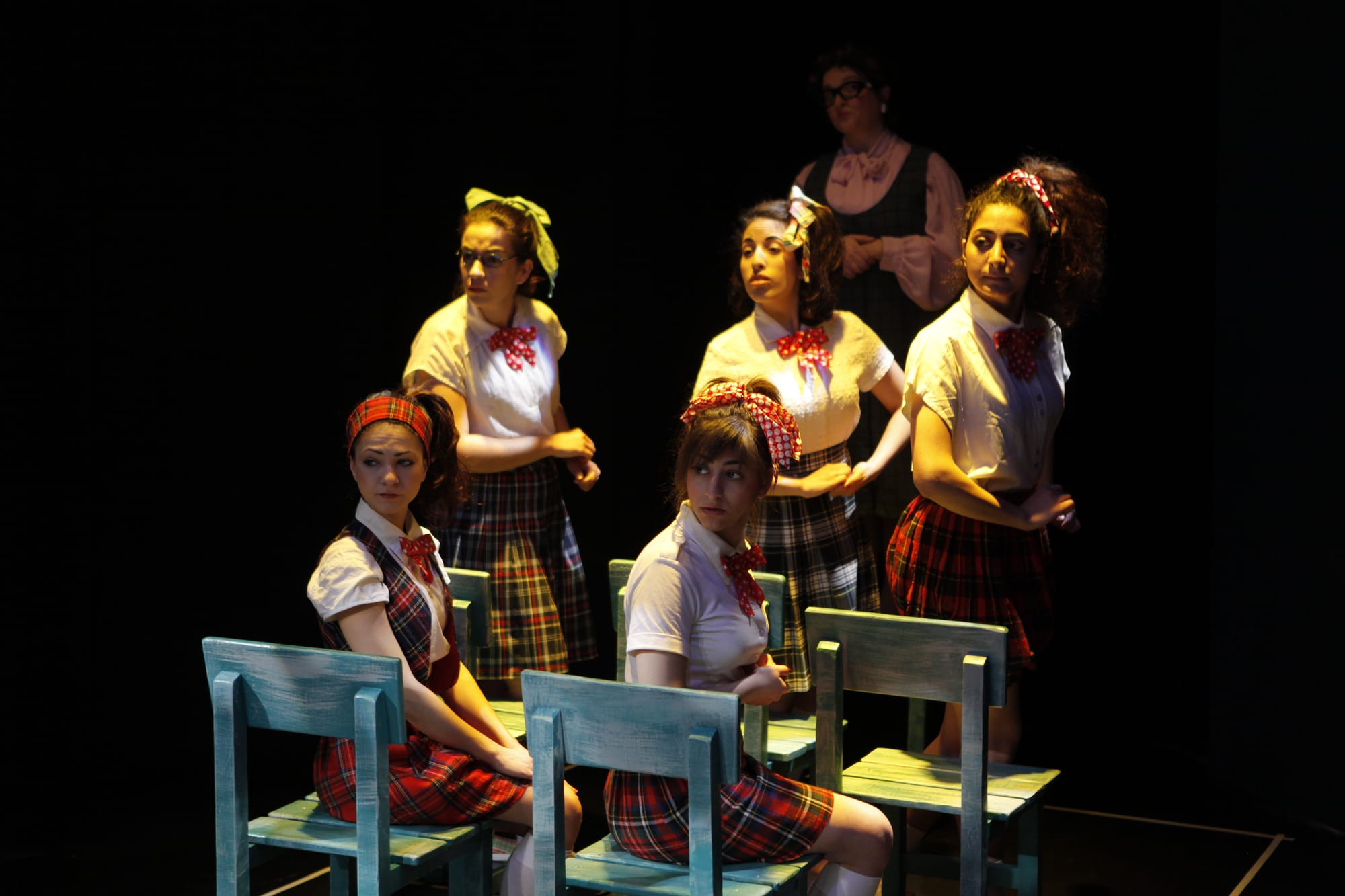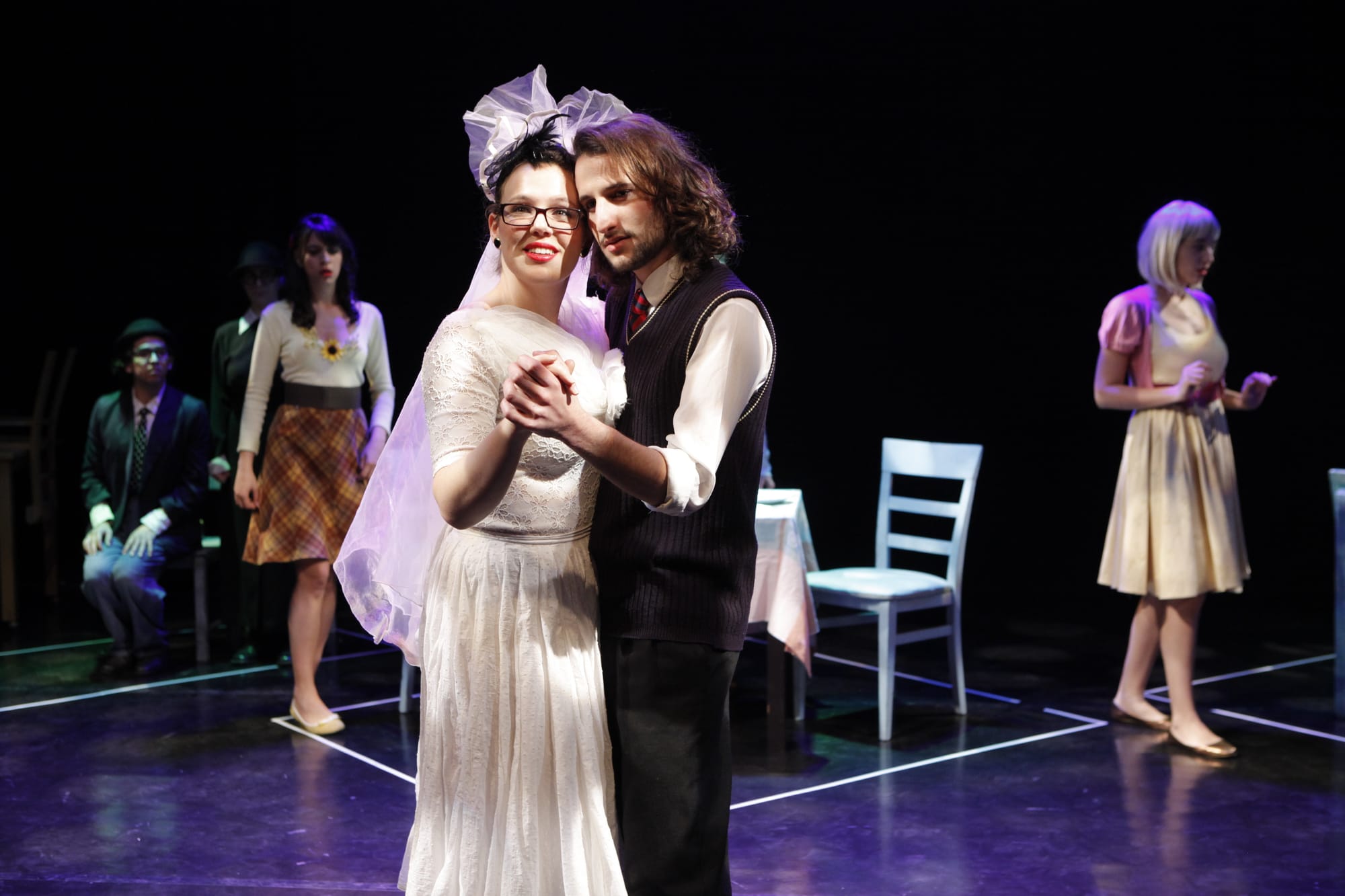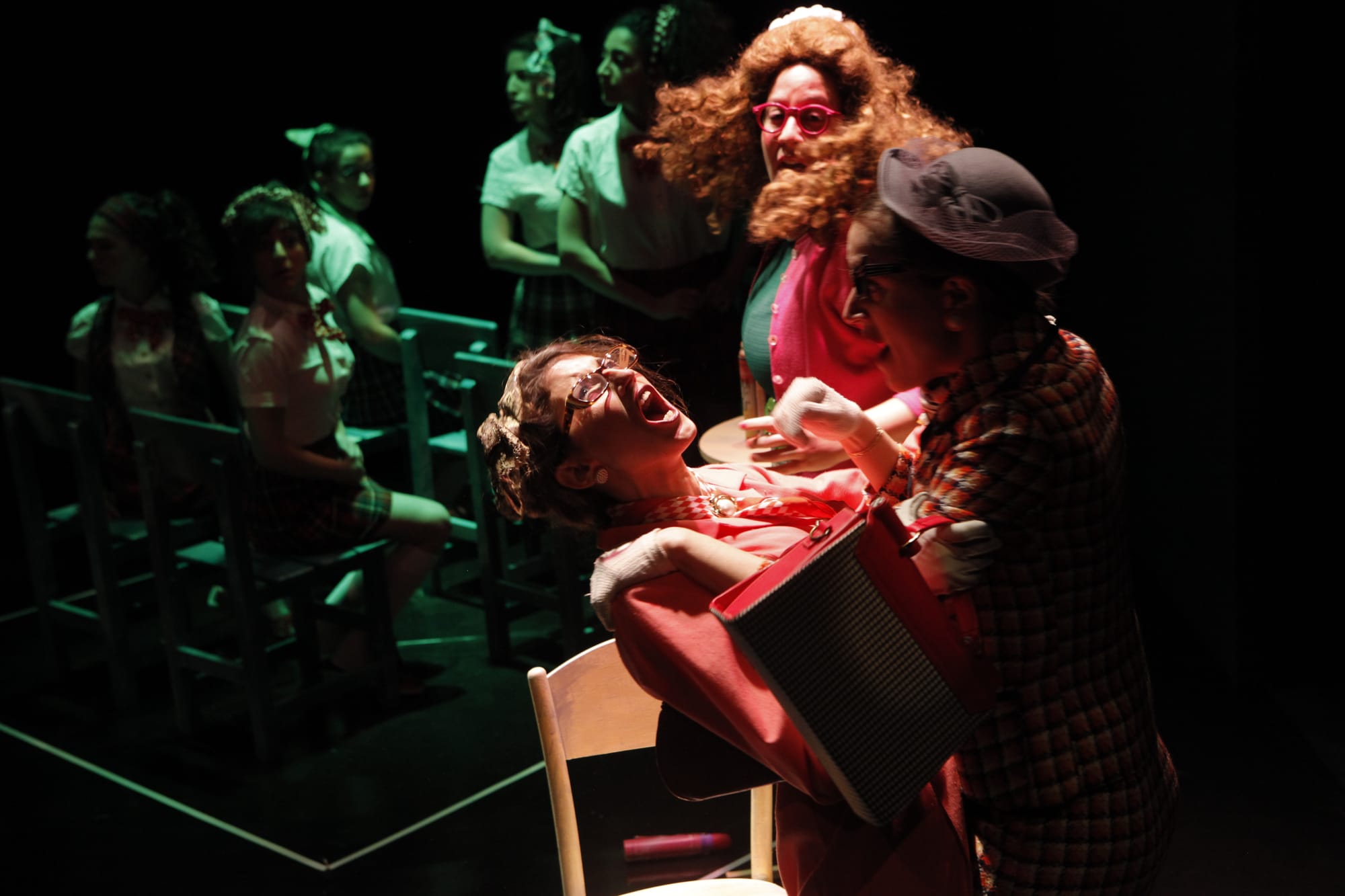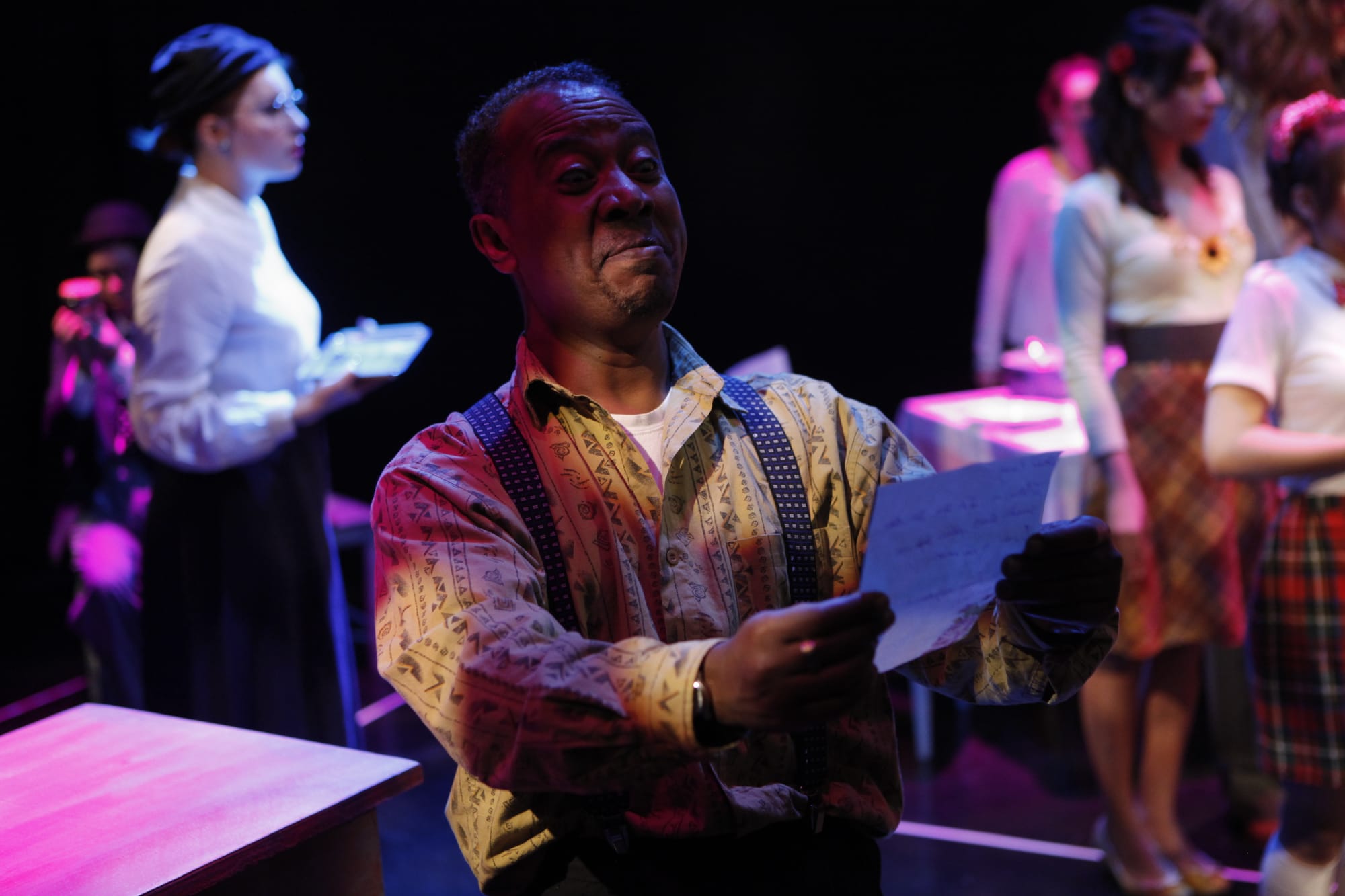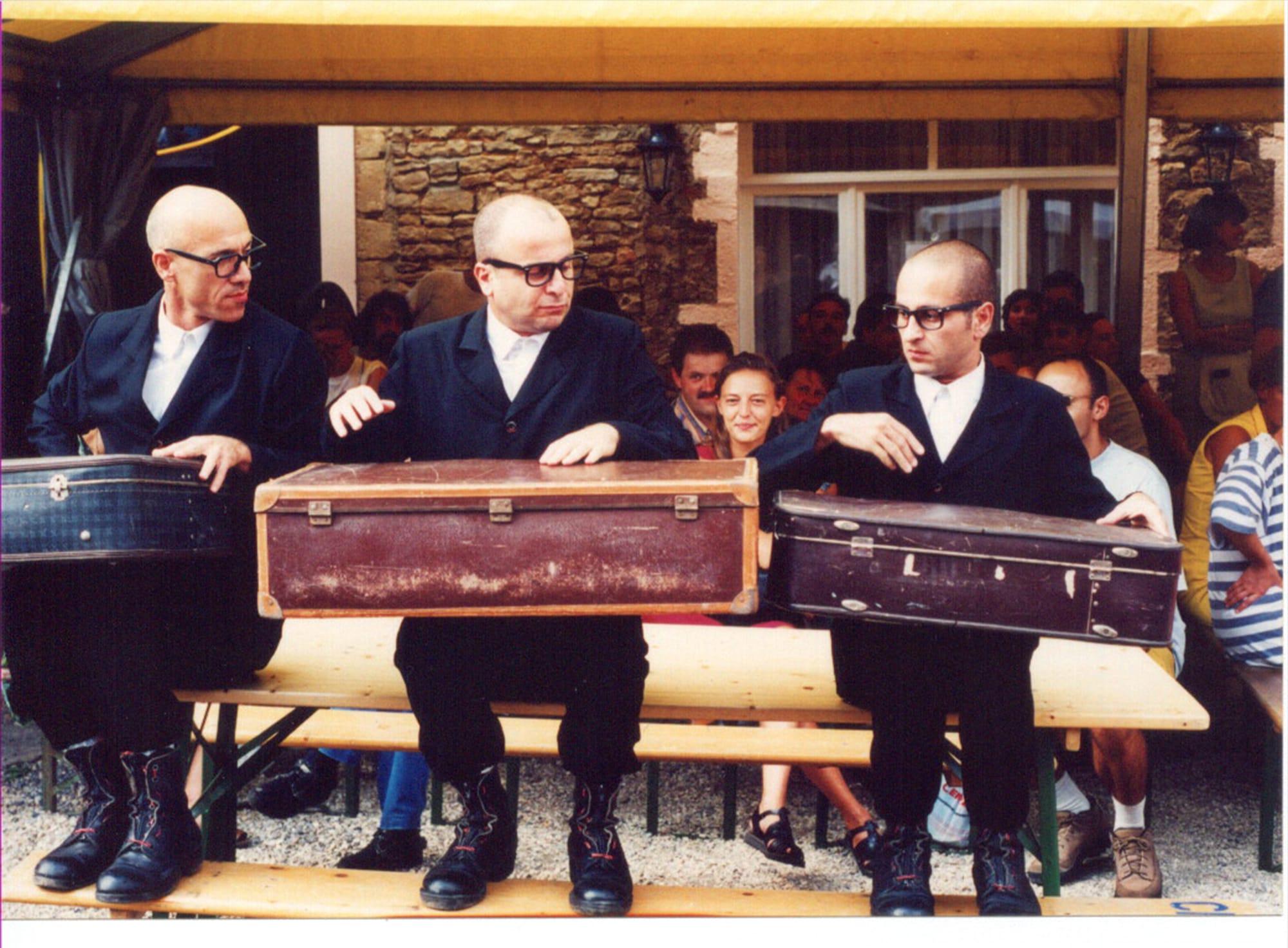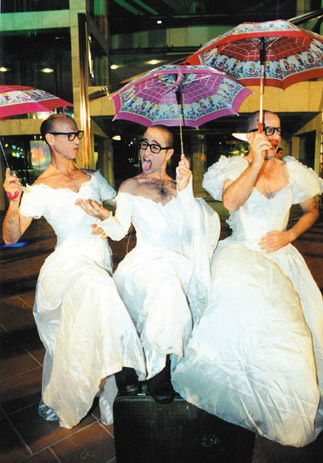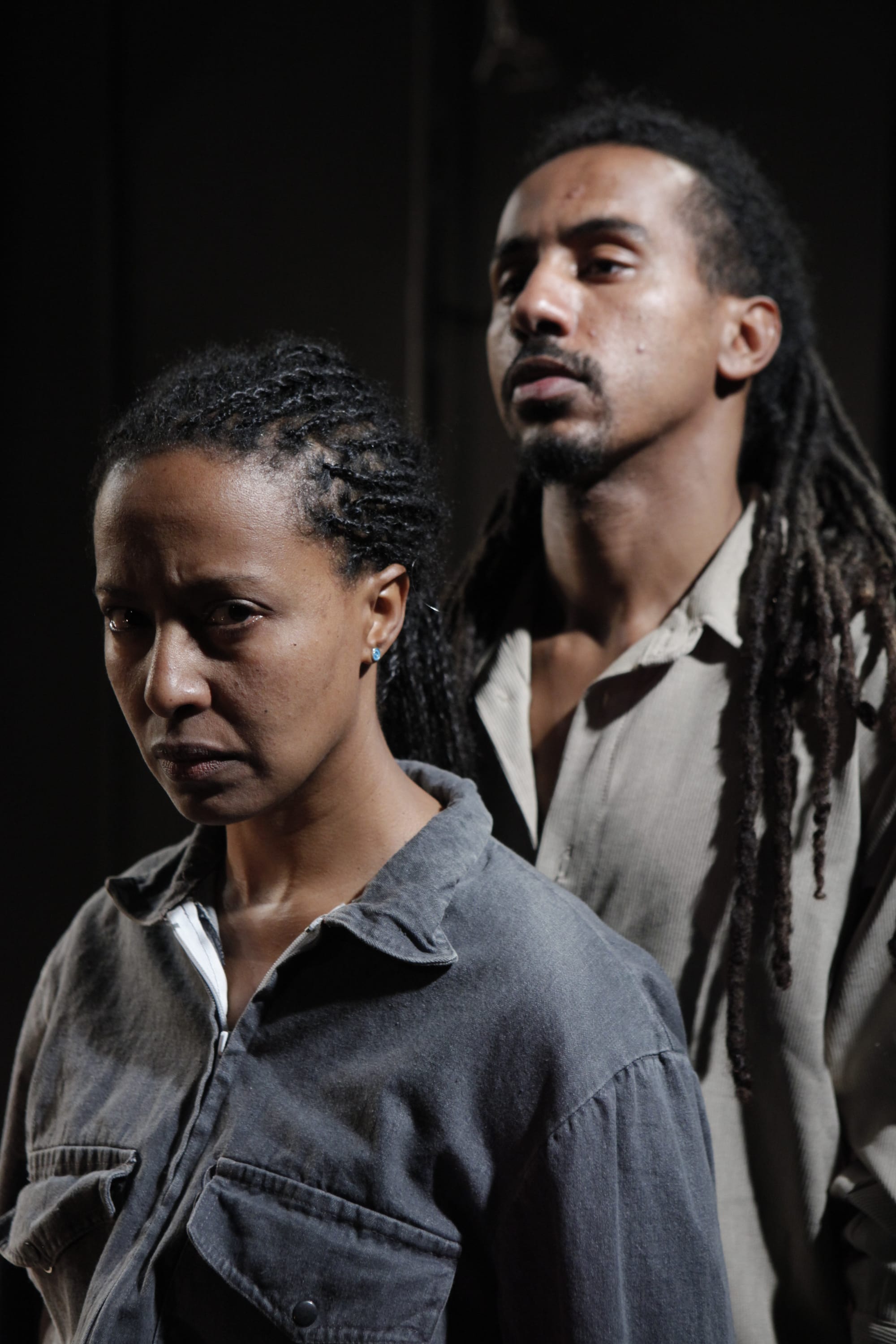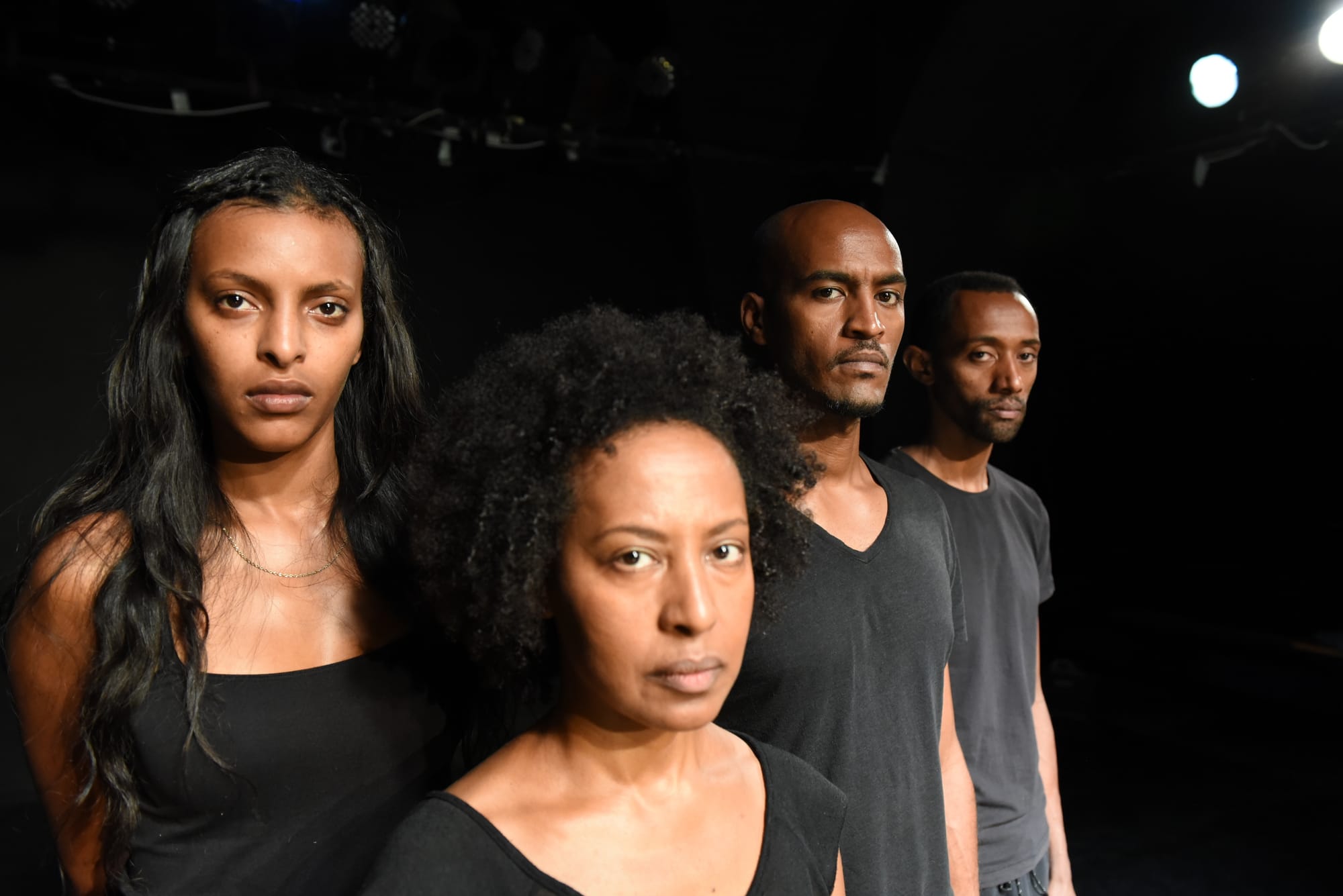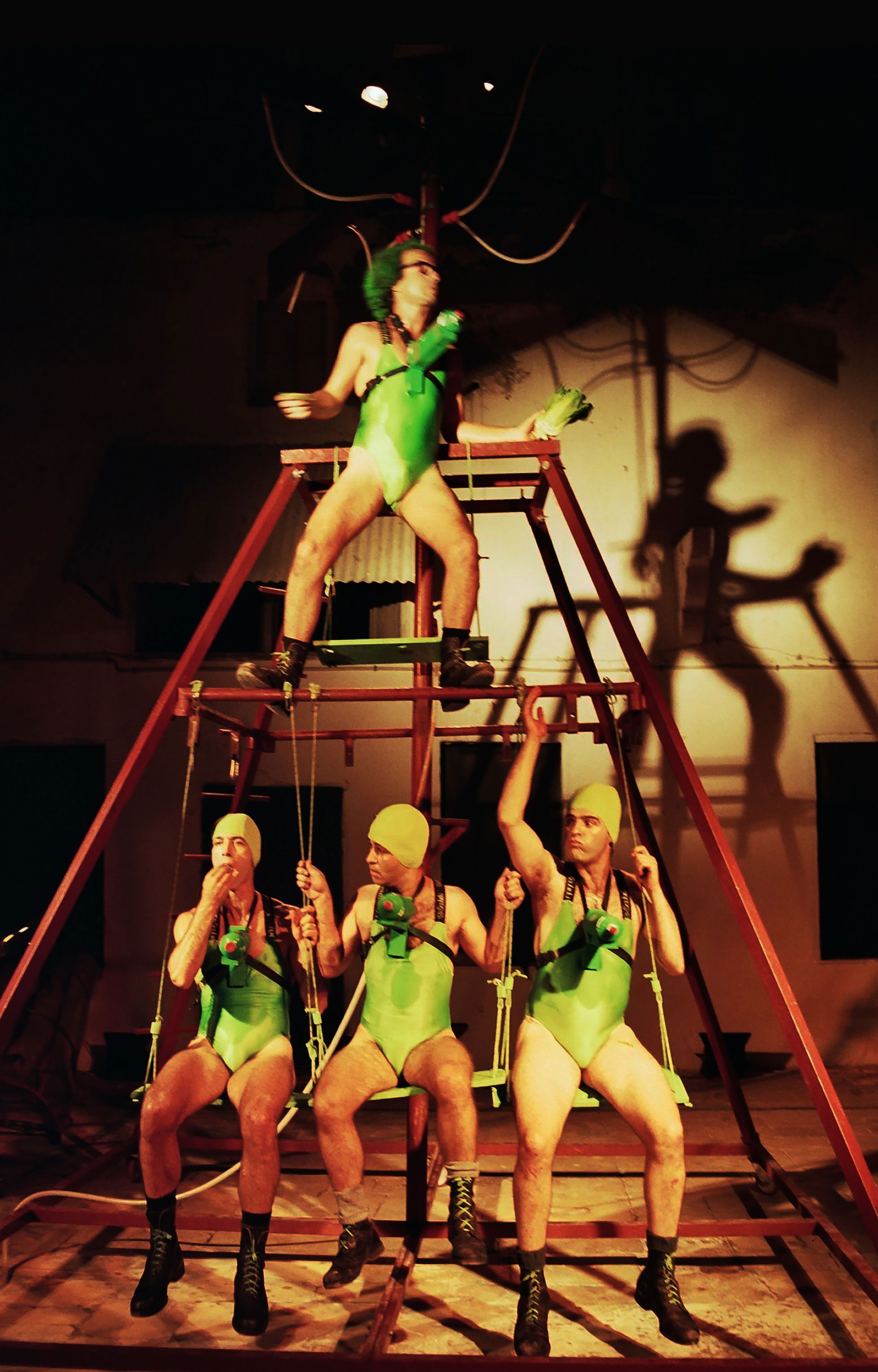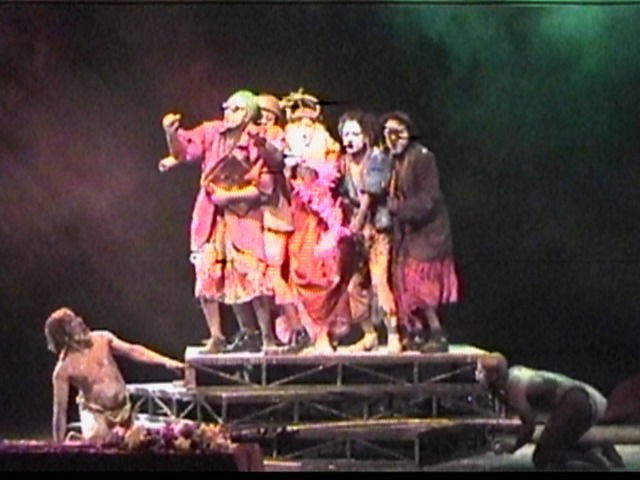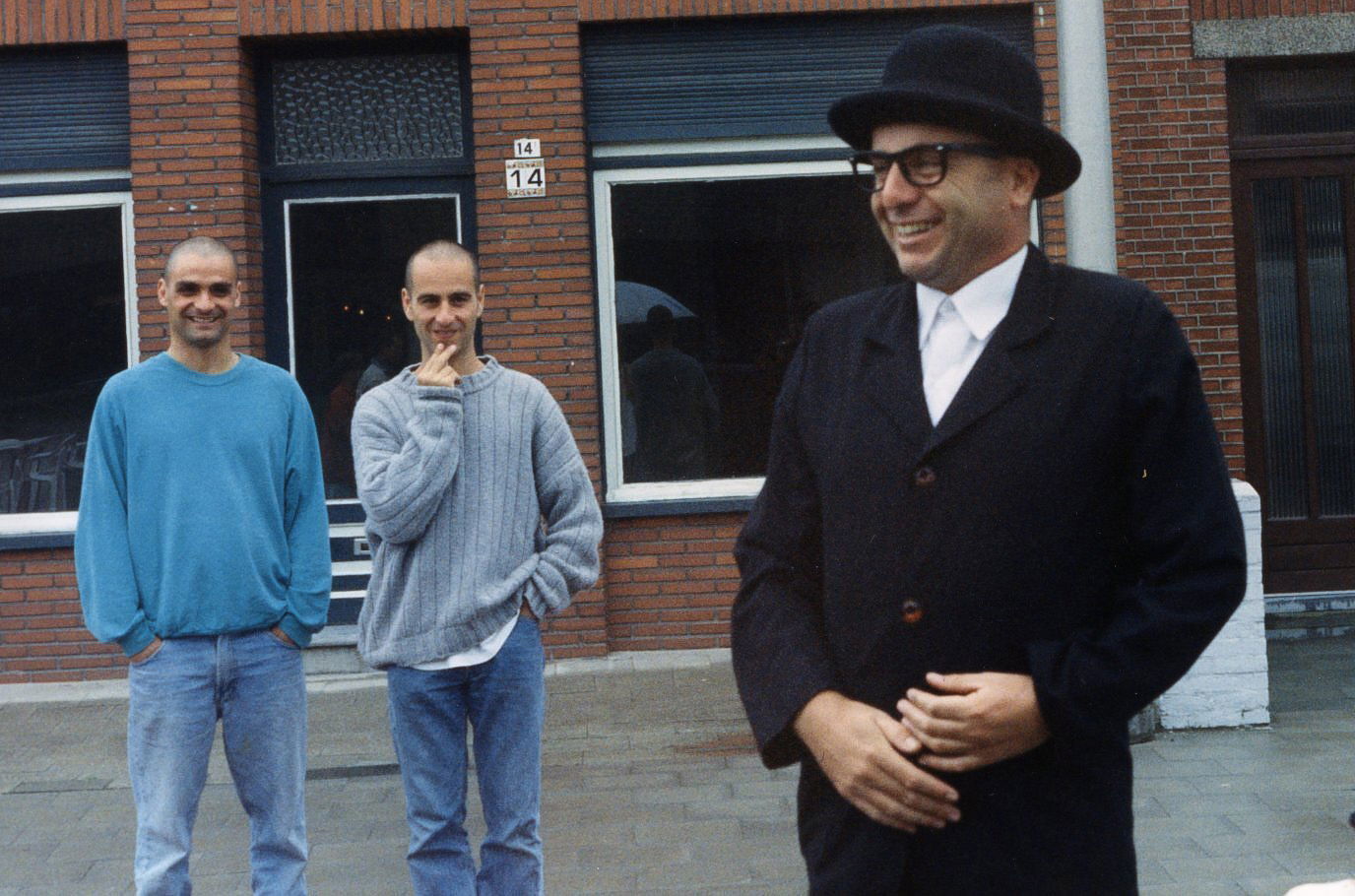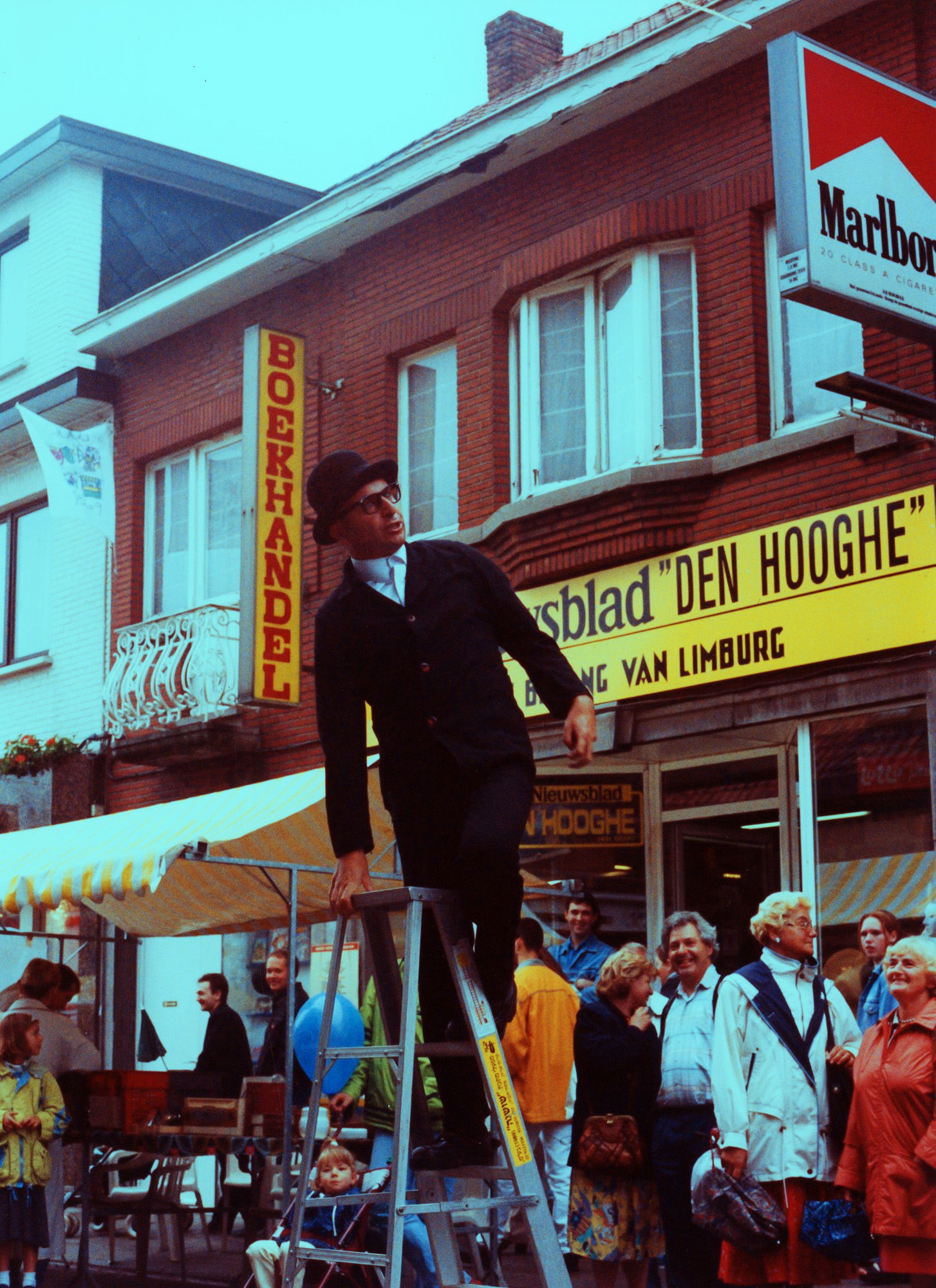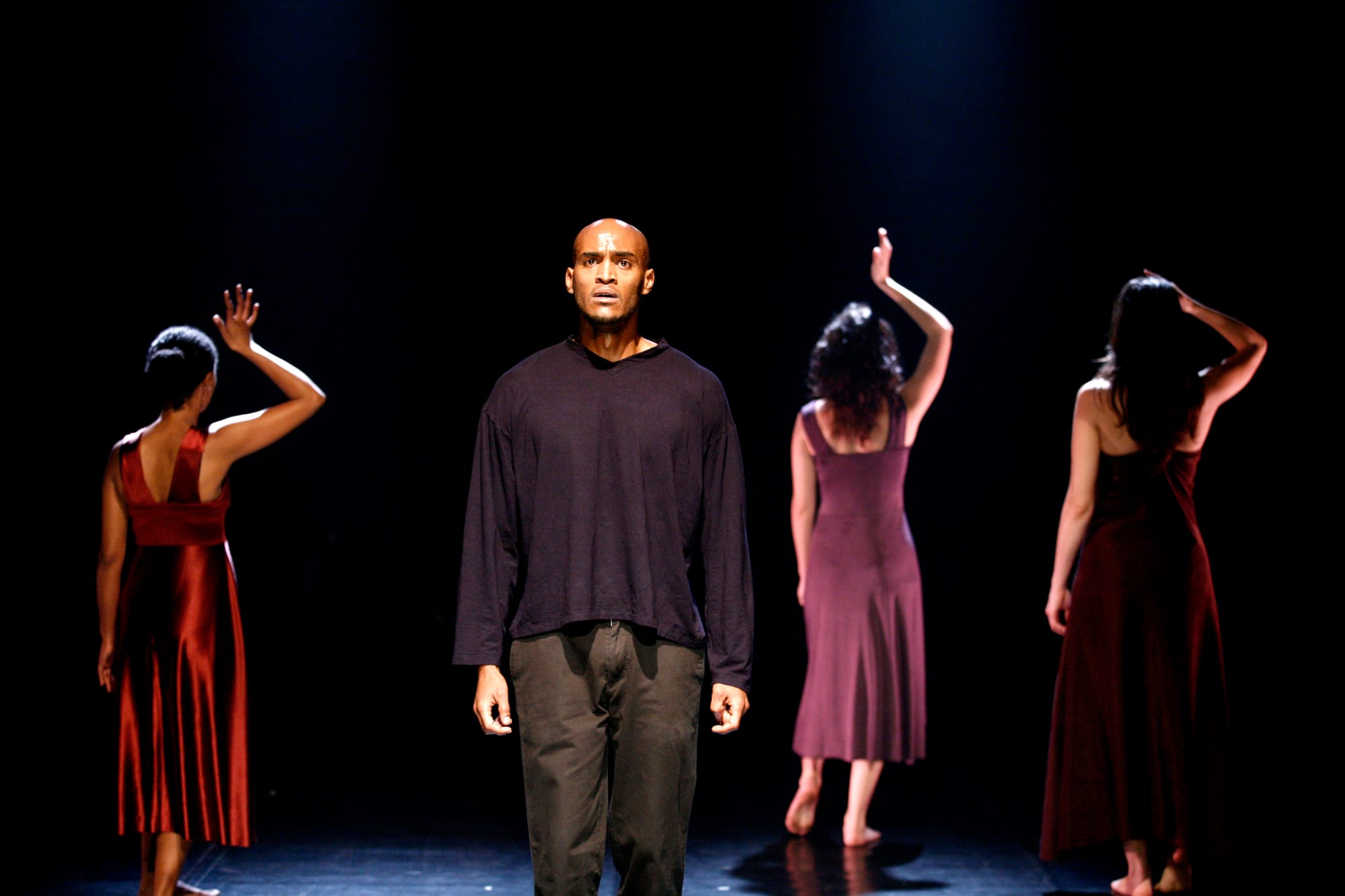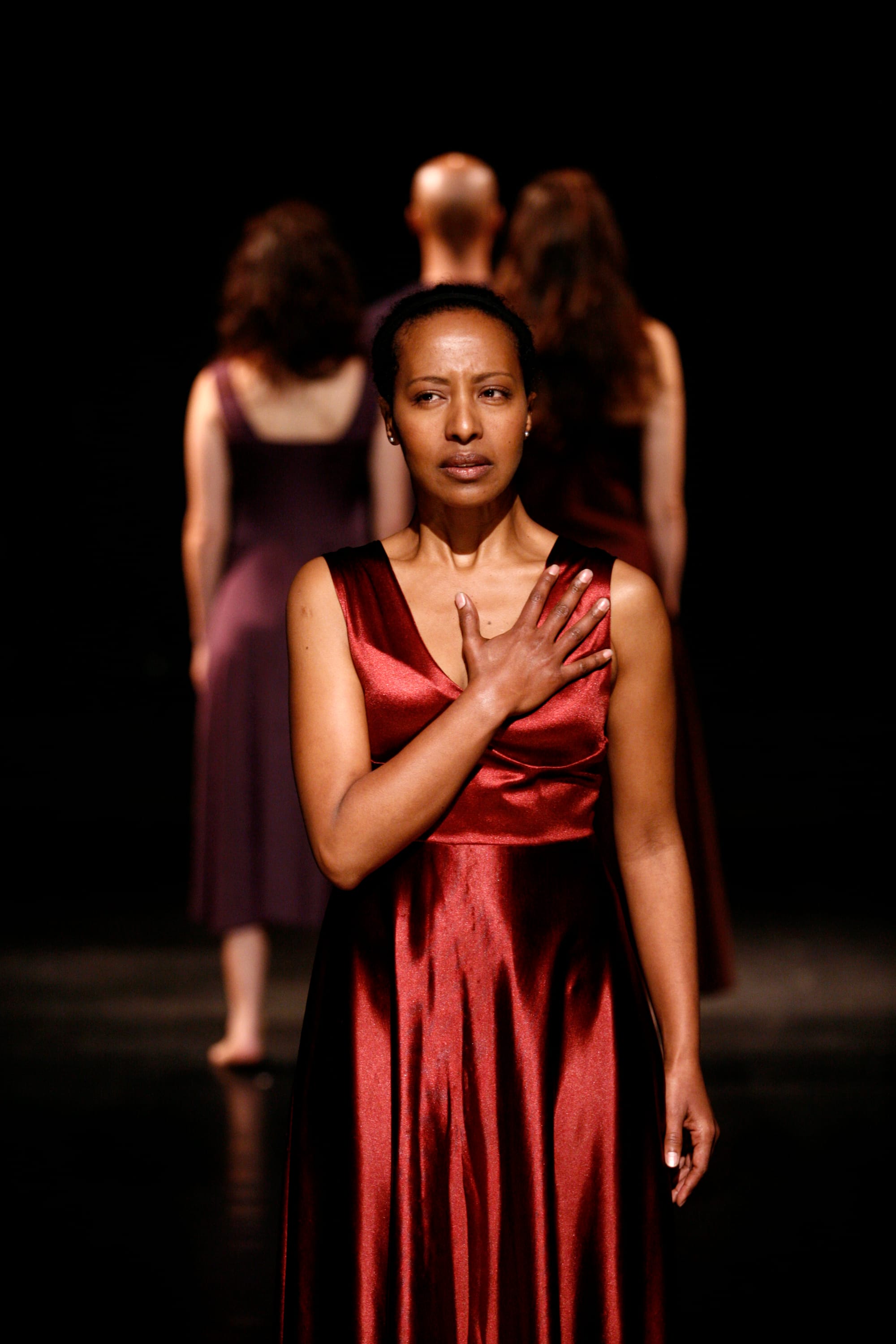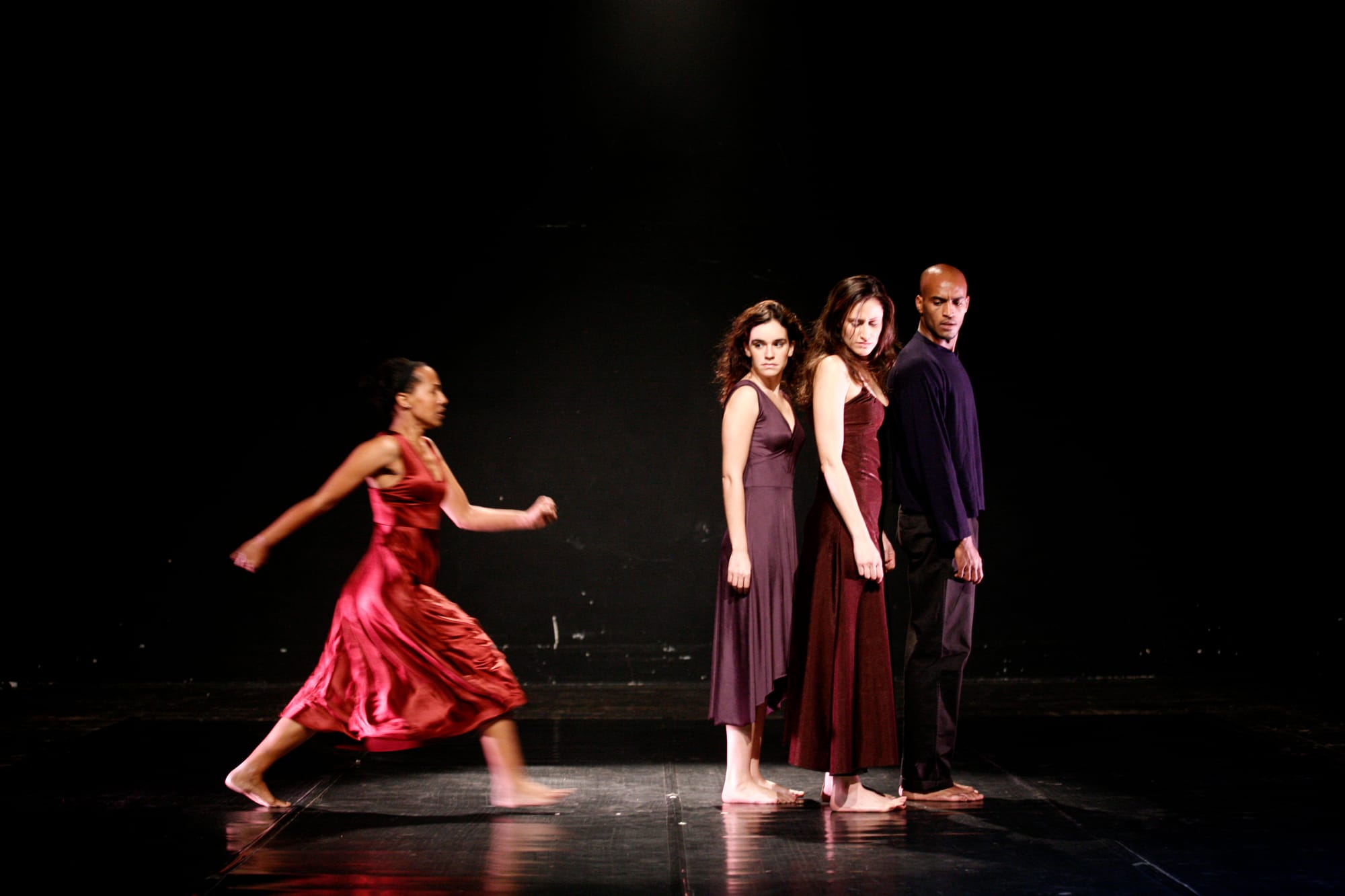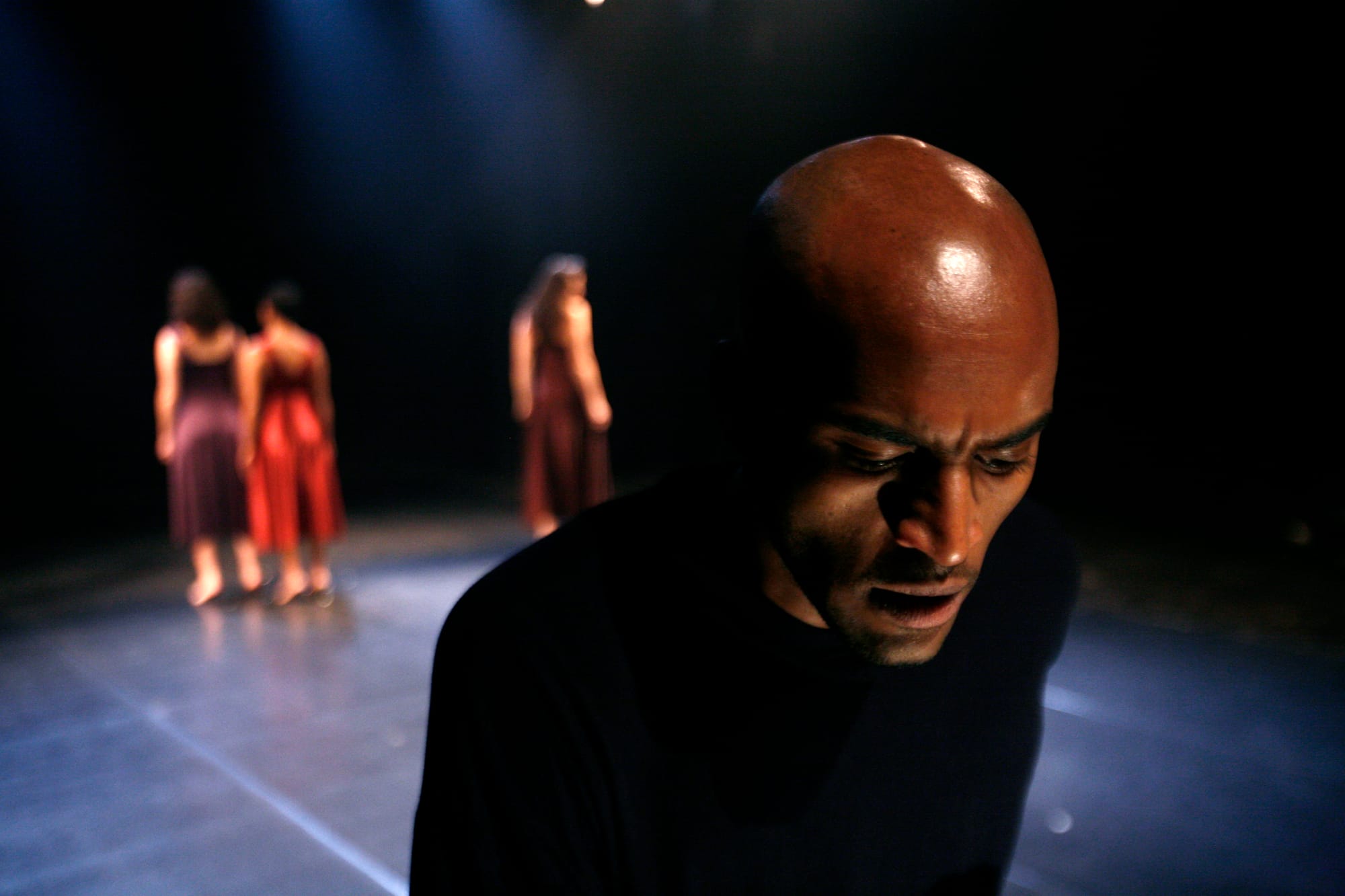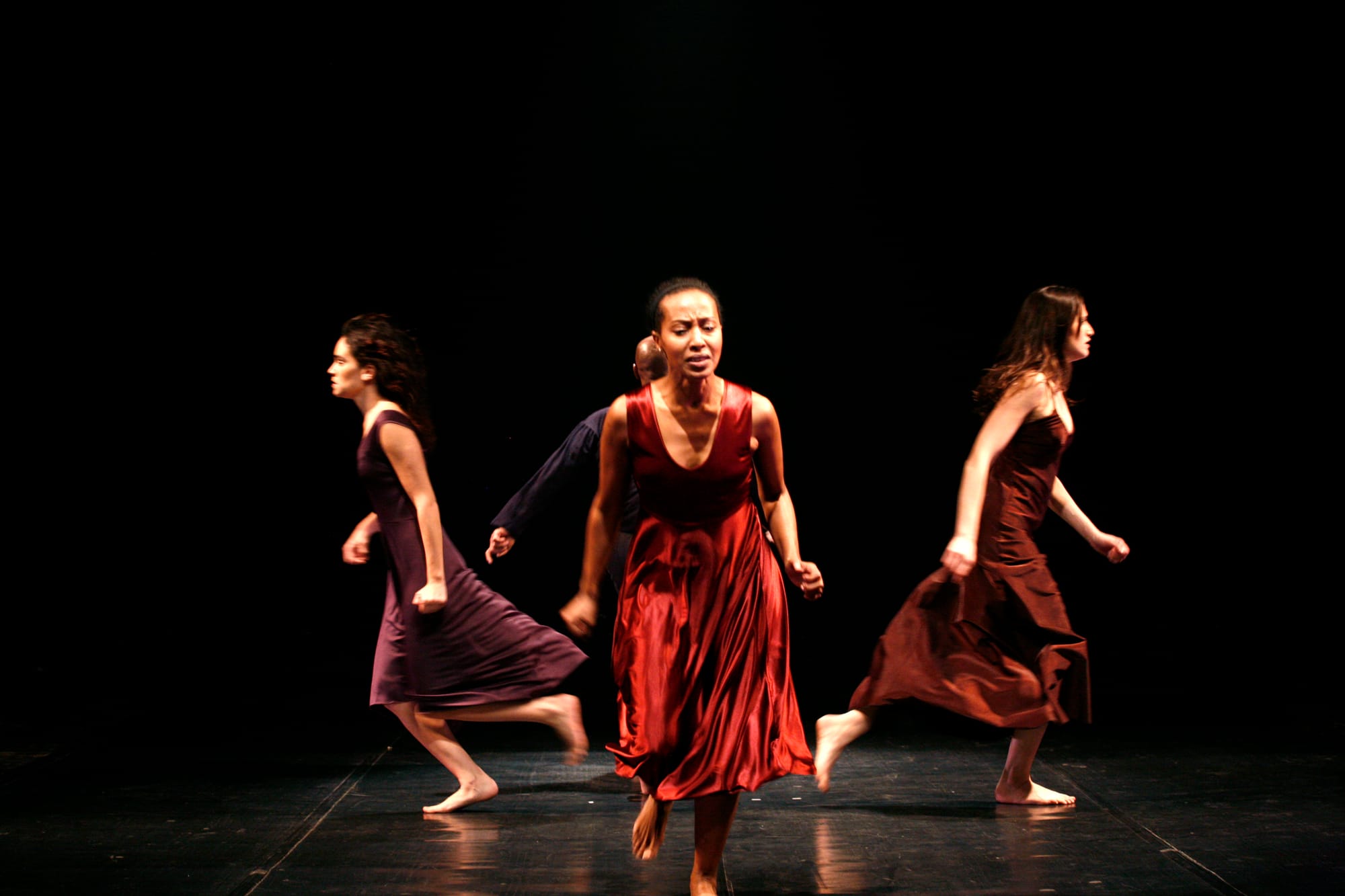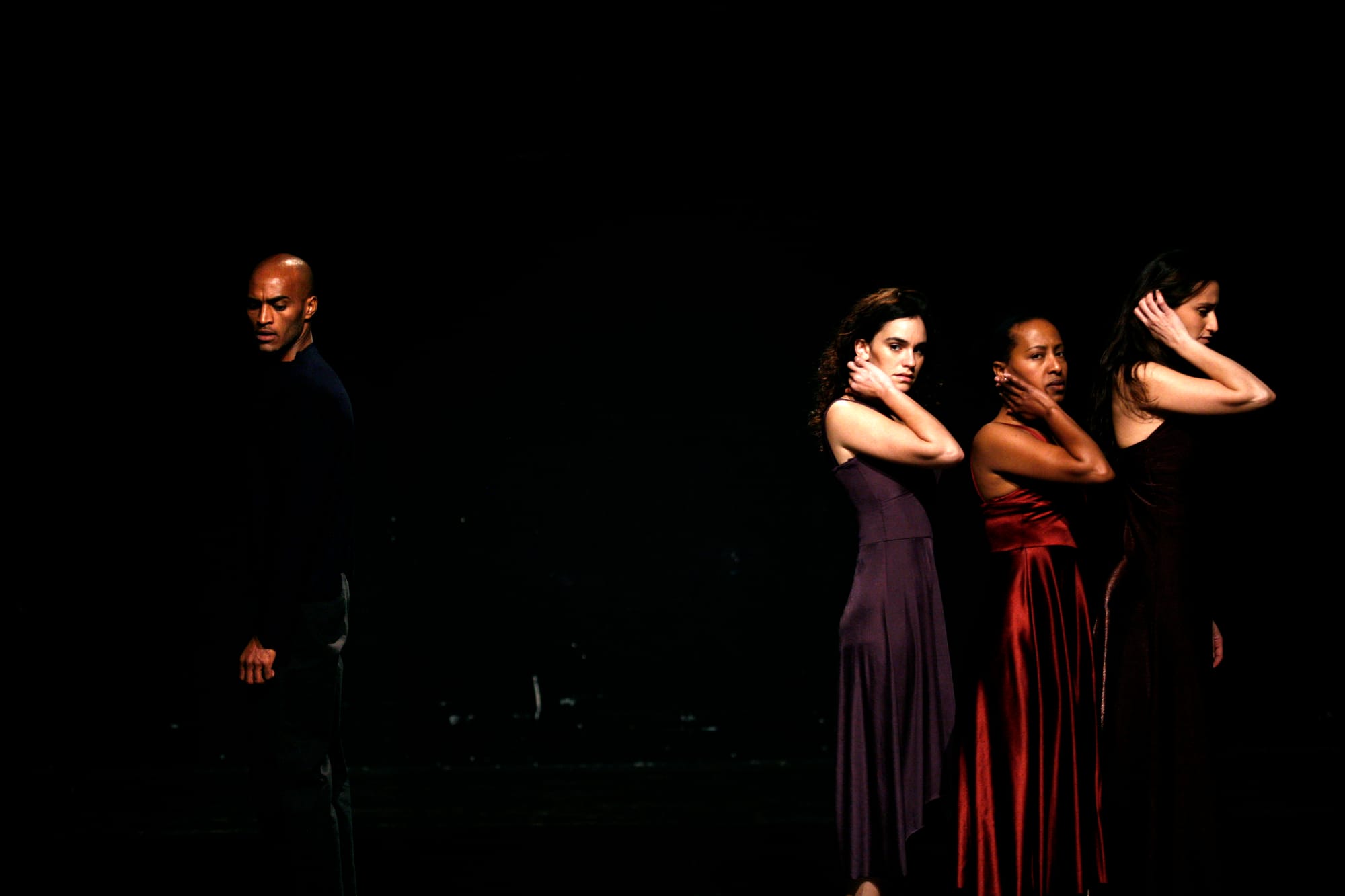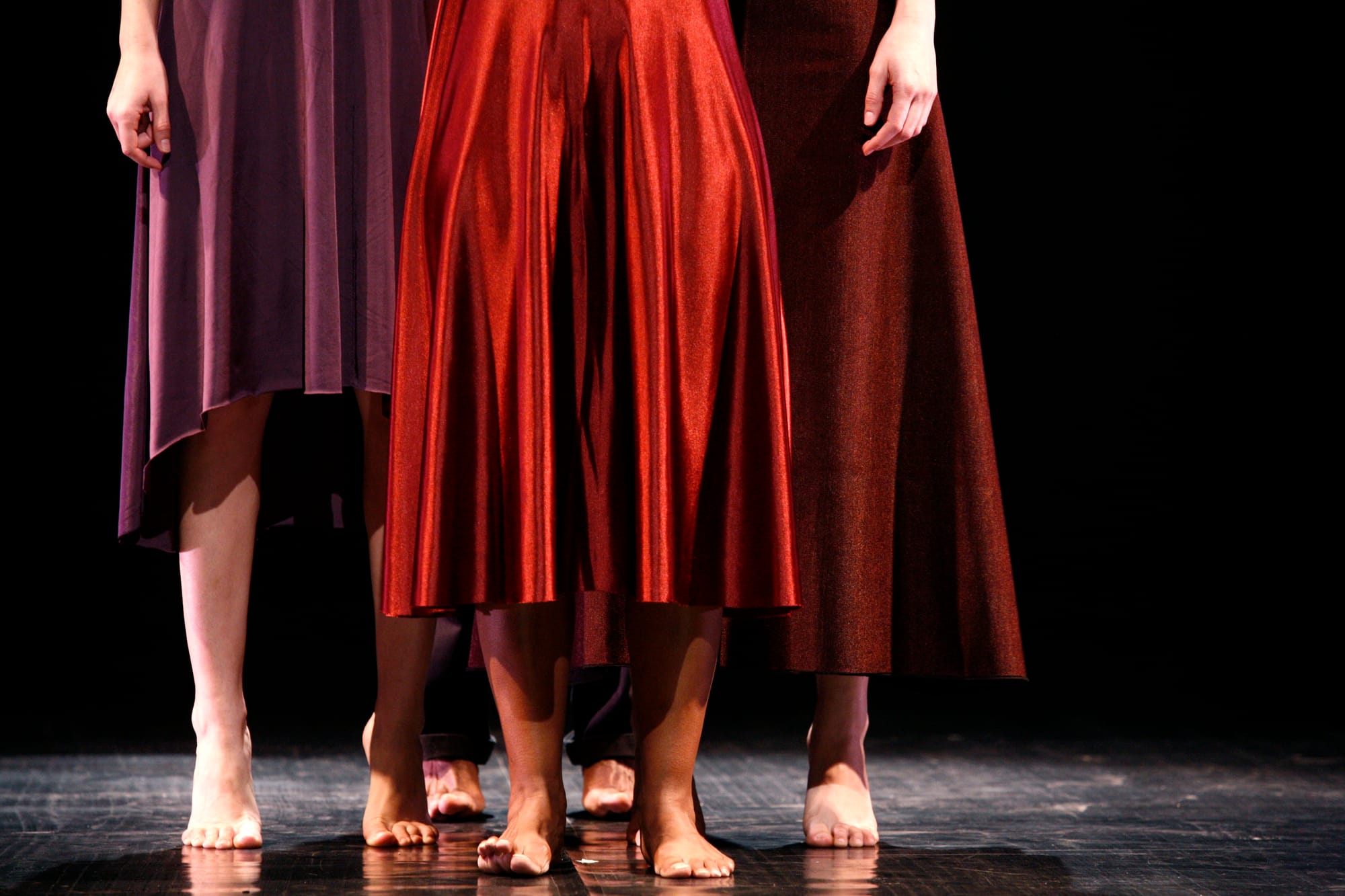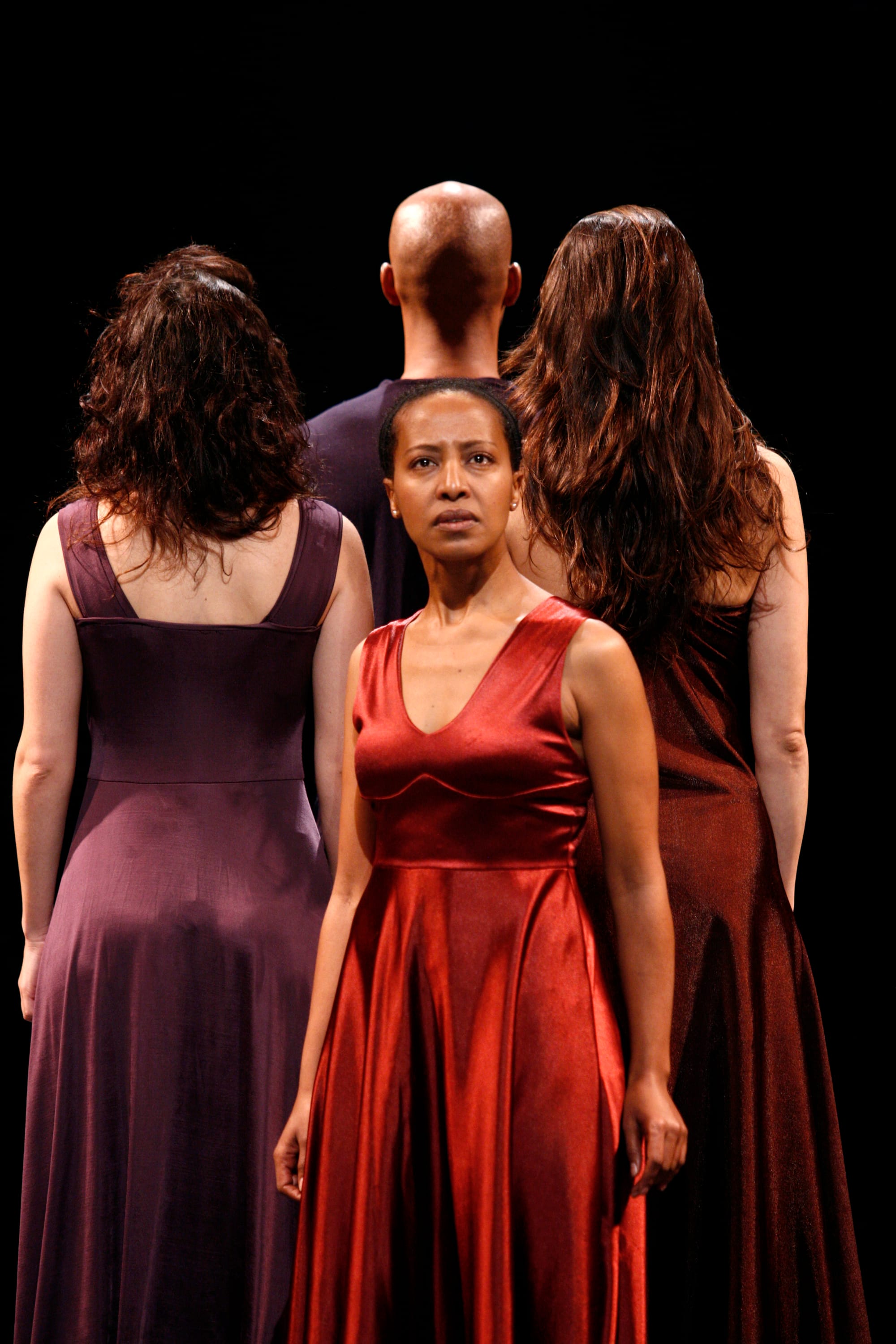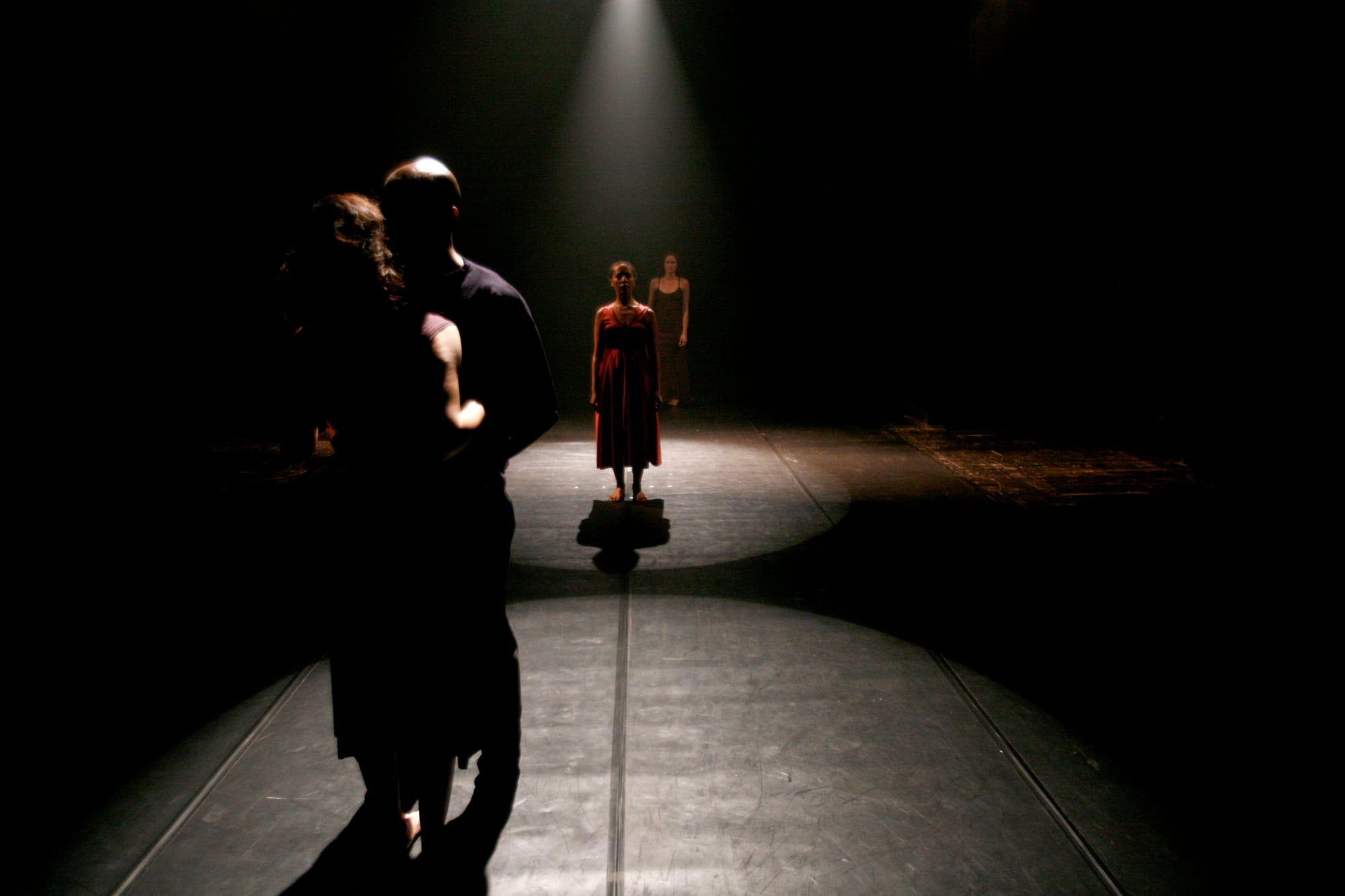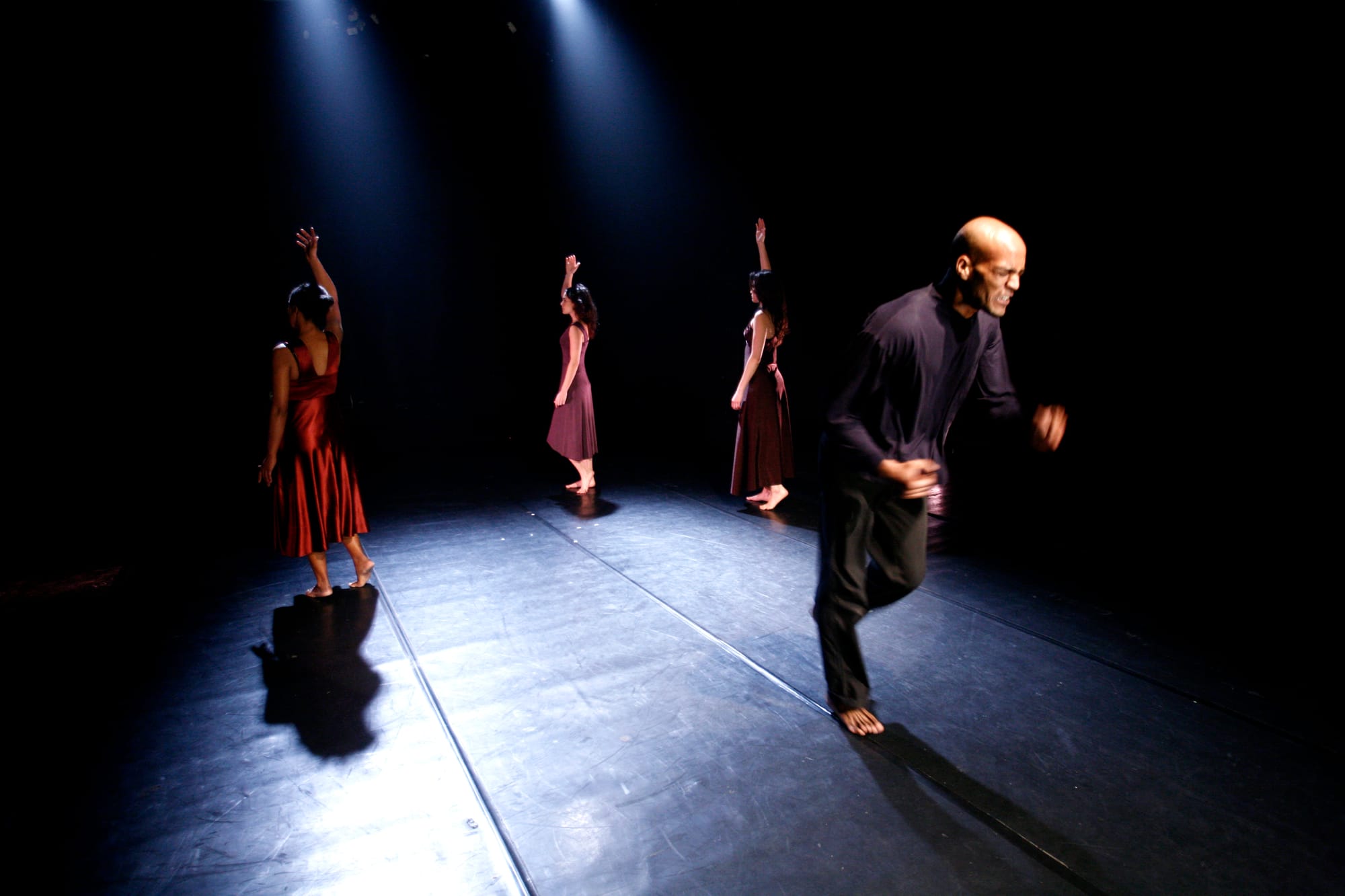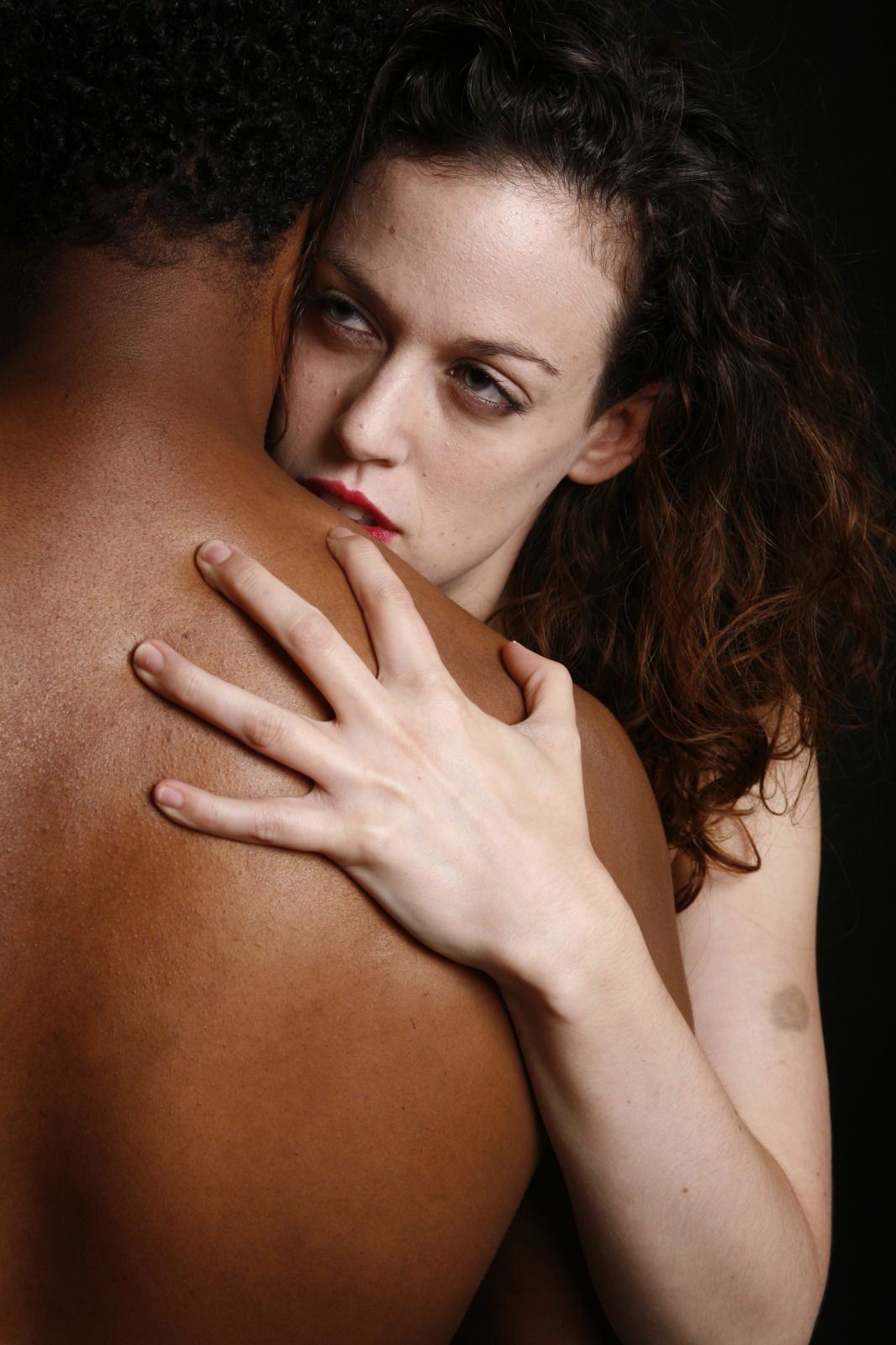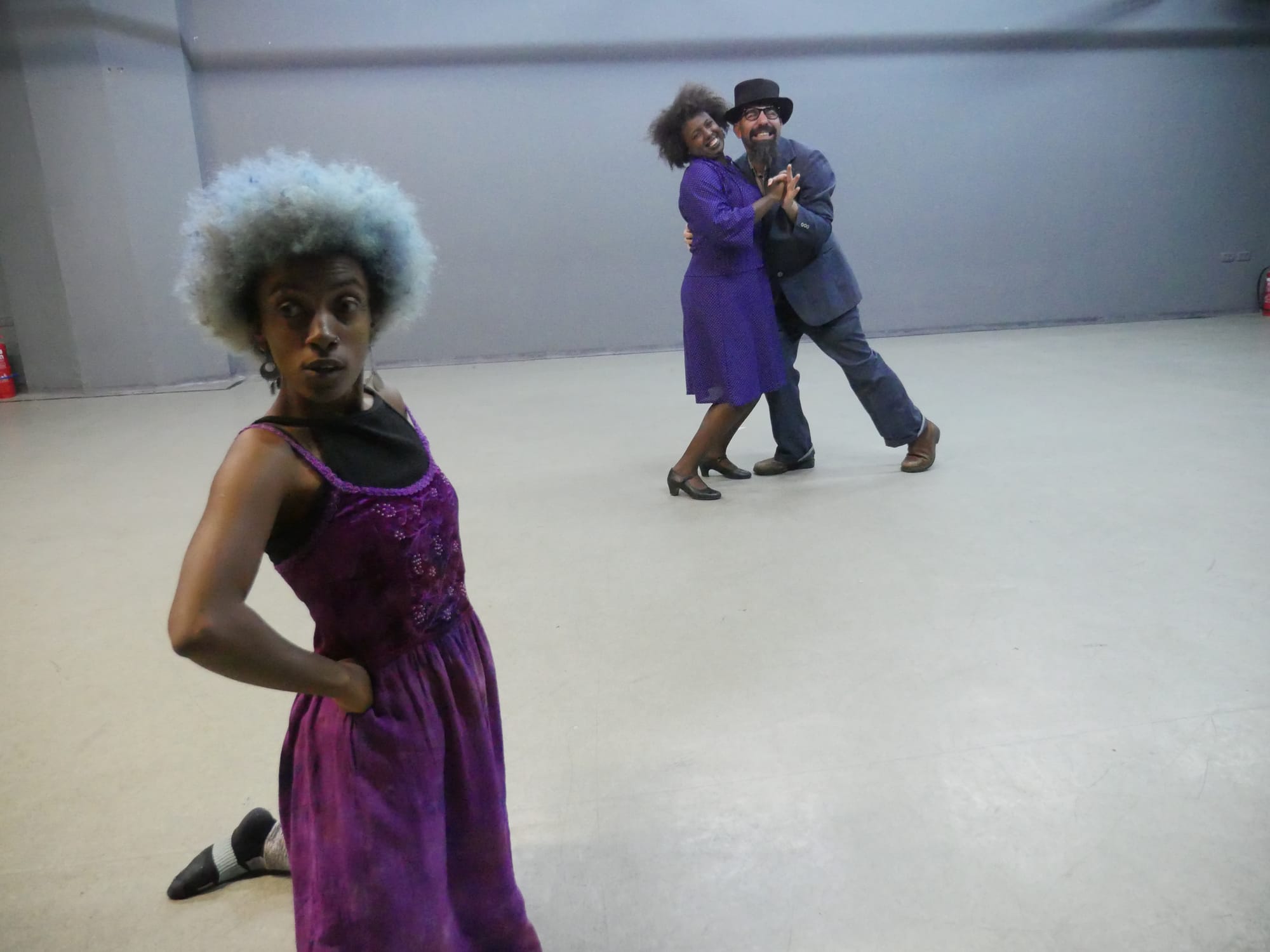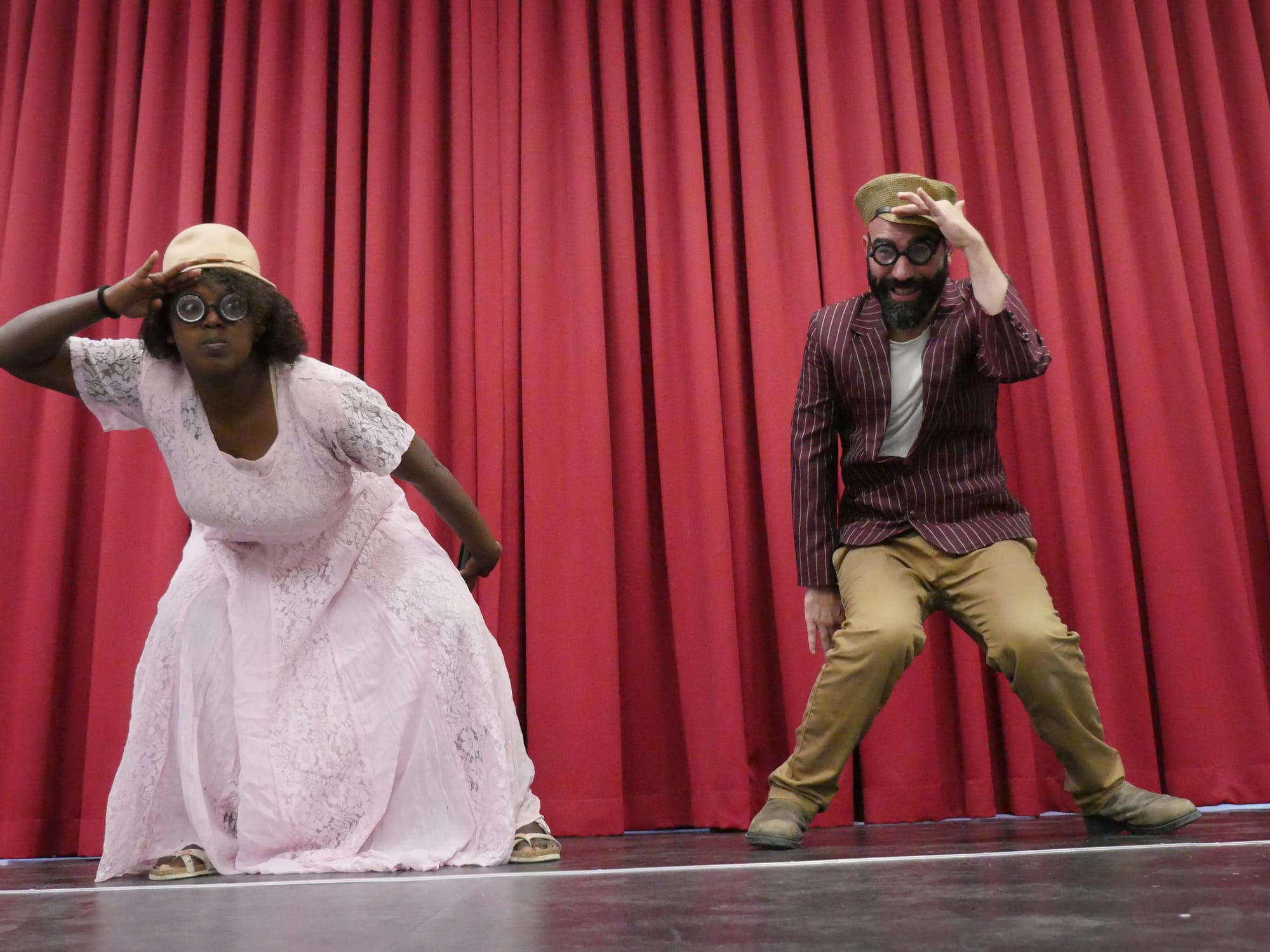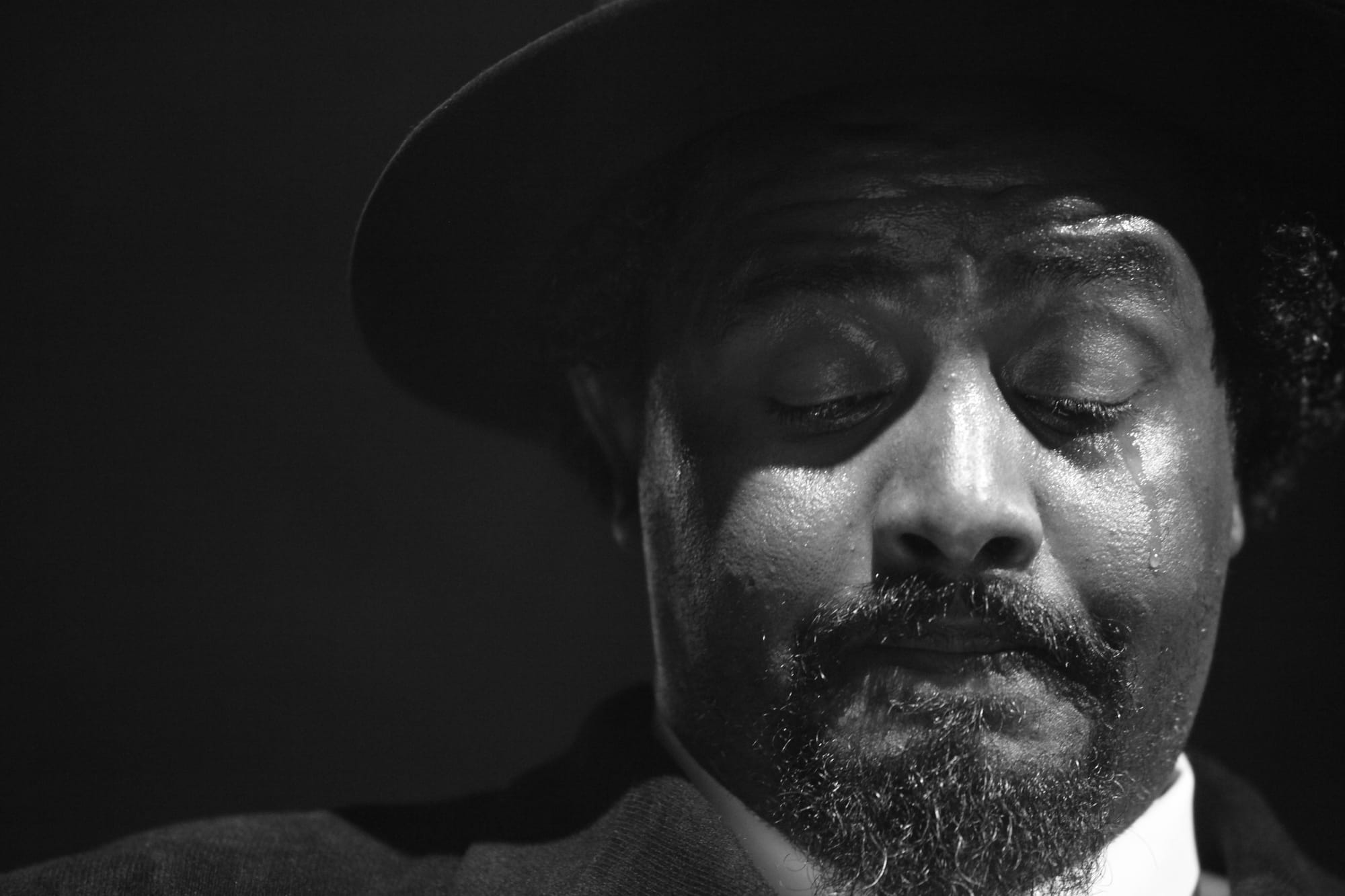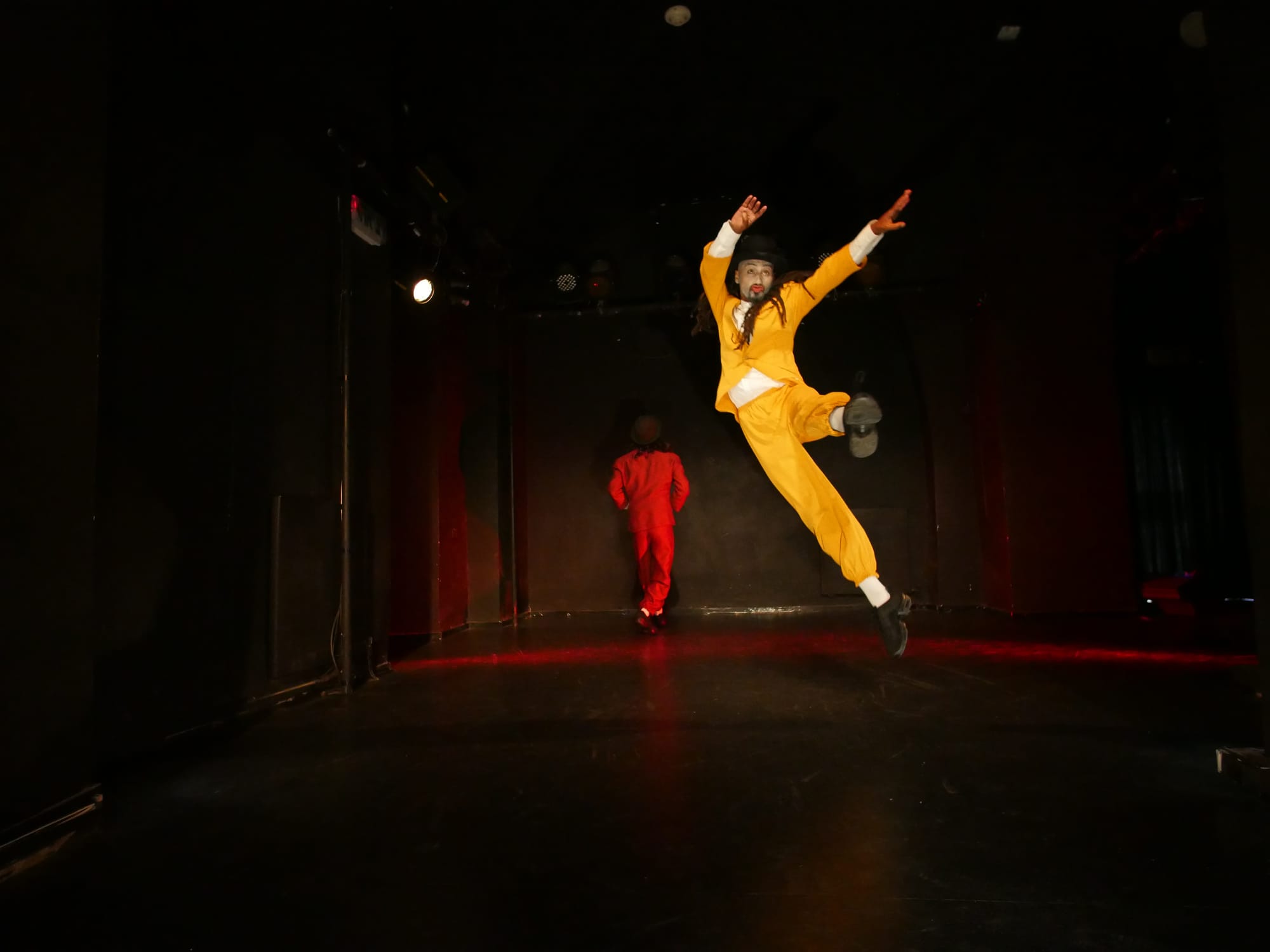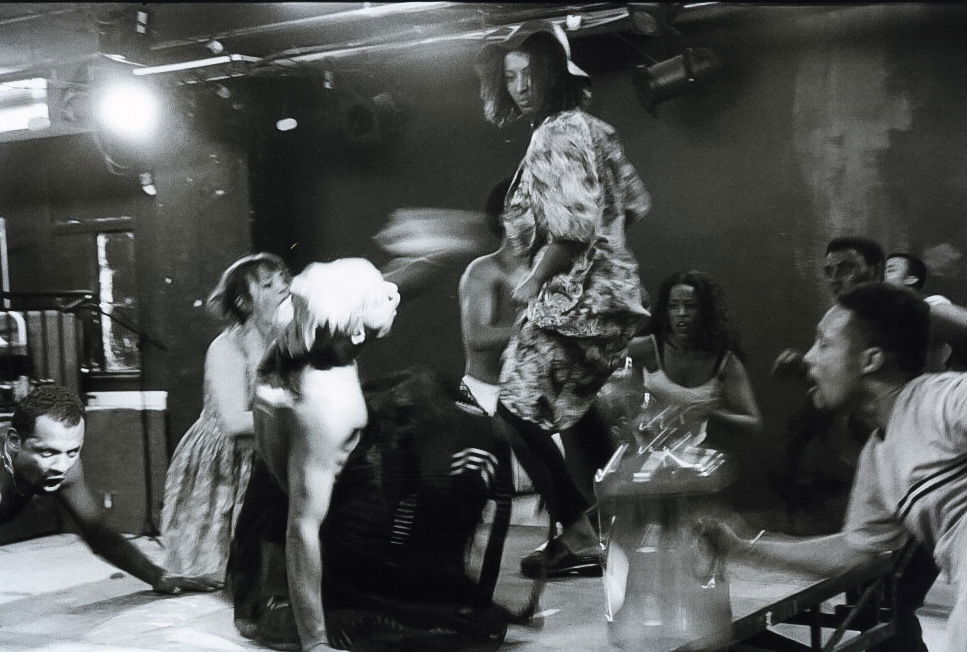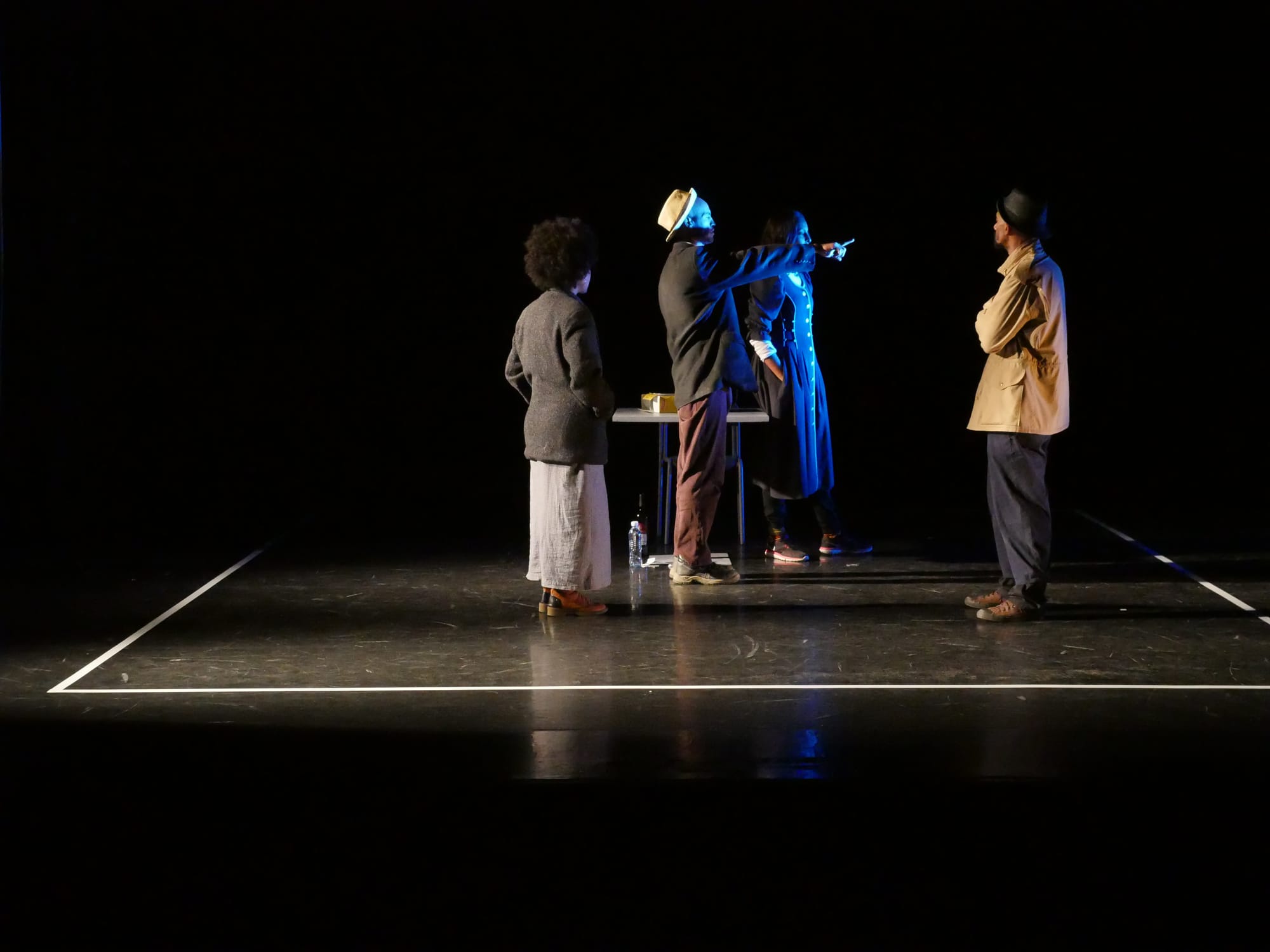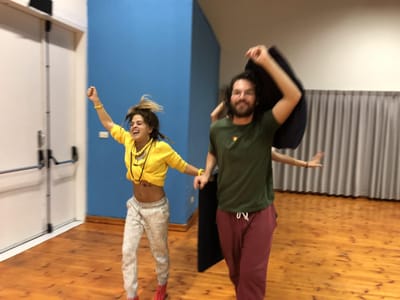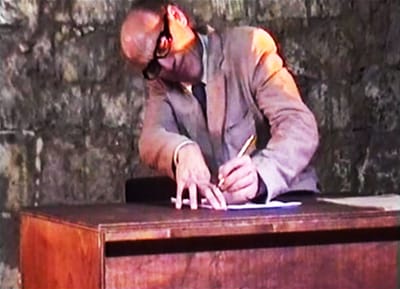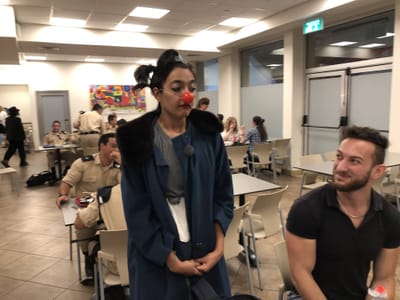MOSHE MALKA
Director and Theater Creator Alexander Technique Teacher
about
Theater creator, actor, clown, director, playwright, artistic director, acting teacher, Alexander technique teacher.
He began his career as an actor in mainstream theaters, children's and youth theater, the Khan Theater (Jerusalem) the 'Itim Ensemble' (Rina Yerushalmi) and more.
In street theater he created the character of the modern clown 'Mr. Zits', this clown figure was a source of inspiration for an original theater language that combined modern clowning with physical theater.
This theatrical language is called 'Zits' language.
From the Zits language, the 'Zitsand' ensemble was established.
The 'Zitzsland ensemble group performed street performances and experimental indoor performances in Israel and Europe, in several festivals and won awards.
Moshe Malka was the artistic director of the International Street Theater Festival in Bat Yam, Israel,
He initiated and founded the Israeli-Ethiopian theater 'Hulugab' in the Confederation House in Jerusalem and for the past 16 years has been the artistic director of the 'Hulugab' theater, writing and directing original plays.
As an Alexander technique teacher he developed a method that combines the Alexander technique with the acting method.
Moshe Malka developped unique nonsense workshops of laughter, foolishness and joy, chaos and
total physical expression and at the same time, restraint and virtuosic mastery of the actor's tools.
As an acting teacher, he has taught and teaches in most acting schools in Israel: The departmrnt of the theater studies in the University of Haifa, the Kibbutzim collesge of education and arts, the Sandcial Circus School, Yoram Levinstein Studio, 'The Road Play' Studio and more.
Media links
Moshe Malka Wikipedia https://en.wikipedia.org/wiki/%D7%9E%D7%A9%D7%94_%D7%9E%D7%9C%D7%9B%D7%90
Facebook https://www.facebook.com/zitsland
Email dr.zits.9@gmail.com
Zits is a personal creative language that helped me realize what voice I would like to bring and what color of work I want, what is the scratch, Who is the second man, Like a shaman's mask opening the door to the Other toward the Forbidden and dangerous , in Zits, as I called it , I saw the child I wanted to be and with the foolishness of the child To be a traveler in the spaces of creation.
Zits performances
Zits Street Theater
Israeli / Ethiopian Hulugab Theater
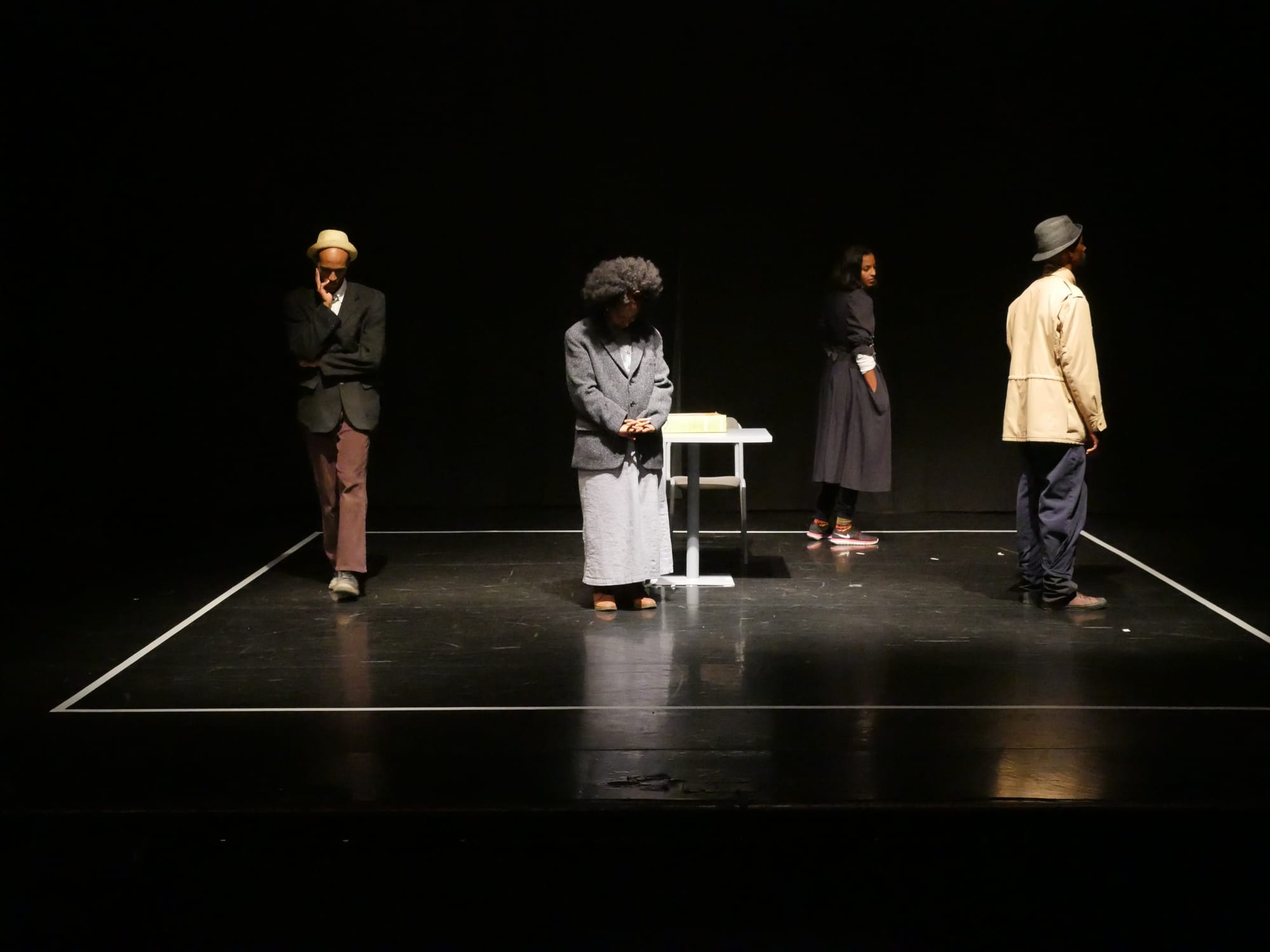 Israeli / Ethiopian Hulugab Theater
Israeli / Ethiopian Hulugab Theater
Moshe Malka: Artistic Director, Creator, Playwright, Director,
The Hulugab Theater is an Israeli / Ethiopian theater, the Hulugab Theater was established at the Confederation House in Jerusalem to provide a stage for professional actors from Ethiopia and to allow a different voice to receive a stage. The form of work in the theater is the way of a long-standing research laboratory that studies social phenomena in the Ethiopian community in Israel. This work process is done while searching and creating together with the theater ensemble. Every year, the Hulugab Theater creates a source that is based on topical materials that the actors and the director brought to the rehearsal room. The language of the theater continues the language of Moshe Malka's theater and is based on movement minimalism and restraint. Original productions created at the Hulugab Theater premiere at the Hologab Festival of Ethiopian / Israeli work at the Confederation House. The Hulugab Theater has existed for about 16 years, in which the theater productions have won awards and participated in festivals in Israel and around the world.
Performances at the Israeli / Ethiopian Hulugab Theater
Alexander Technique
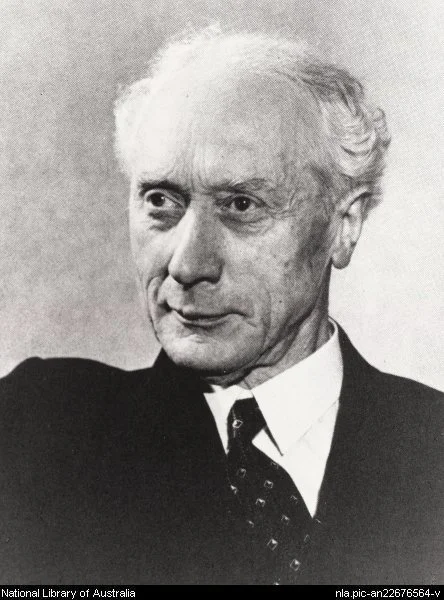
Alexander technique A great tool for the actor
Practical experience and studies
Moshe Malka is a 20-year-old Alexander technique teacher, studied with two senior teachers, and received training as a professional Alexander technique teacher from senior teacher Zeev Tadmor, who was a student of Patrick McDonald. He then attended a series of classes in London with Mrs. Margaret Goldie, one of Alexander's closest students.
On the Alexander Technique
The Alexander technique is based on the discovery of P.M. Alexander, Alexander was a theater actor who during his performances lost the ability to produce sound, after unsuccessful attempts to return his voice with the help of doctors and experts he decided to embark on a research journey on his own to understand What stops his body from reacting as he decides , and why he fails to produce sound. Although all his body systems and sensory system 'reported' to him health and feeling good. After a long and stubborn study he was able to discover an old new bodily function that over the years and during evolution has degenerated and disappeared. This function Alexander called "Primary Control" The initial control he discovered after seeing a recurring disruption that takes place in the relationship between the neck and head, he saw that incorrect relationships between the neck and head create a movement and sensory disruption throughout the body. This disruption creates an unreliable sensory system, which creates a strenuous and unhealthy function in all body systems. Following this discovery, Alexander found the inhibition principle of the same disruption of movement - inhibition[Impedance / braking] Alexander found that inhibiting the disruption in the neck and head joint inhibits the disrupted movement and thereby creates a new and fresh movement function that allows the student functional change in the whole body movement. The primary allowed a locomotor system to be revived, this system is a fresh and alert harmonious flow of motion that harmoniously unites all the organs of the body through the joints of the body. Alexander found a way to let the wisdom of the body by discovering the inhibition of the habitual response [inhibit] find the vital and reliable flowing dynamic whole in the human body. During the action, the 'directed' body responds in a relaxed, attentive, controlled and controlled manner without overexertion and at the same time also active, alert and full of Vigilance .
Alexander technique is a great tool for the actor
During the years I act in mostly Shakespearean plays, I realized the tremendous importance of the Alexander technique to the actor in both theater and film.
For me, the Alexander technique is a gift for an actor who is researching the acting technique and wants to get better and be independent in his art.
The Alexander technique helps the actor to develop many tools, in this list I will present some of the same tools, there are many other tools that the Alexander technique helps to develop:
Gentle attention and sensitivity
With the help of the habitual movement inhibition mechanism discovered by the Alexander technique, the actor becomes attentive to his physical and mental reactions after receiving a stimulus in the form of a play, Or a character within a play or a script , or a dramatic action, or a director's directive, or a partner's reactions, or the conditioning of various kinds, and more and more. The actor is able to accept and decide in a cold and conscious way about the reaction he prefers.
Uver Doing - Overexertion
There is nothing more important to a actor than overcoming the tendency to act excessively and strenuously without the ability to control that habit. The actor can be told countless times that he must act effortlessly, but this instruction will only lead him to 'necessity' and compulsion. The Alexander technique, when present in the actor mind as a 'second nature', allows him to play spontaneously but at the same time act effortlessly and be aware of his efforts, the ability to act from the 'Alexander direction' allows the player to be aware of his efforts. The Alexander technique prioritizes the physical / mental process over the hoped-for result.
Conscious action
The trained actor no longer acts automatically, he acquires a tremendous tool and an excellent means of controlling his body, his feelings and thoughts, in addition, the player creates a delicate and sensitive attention to his whole body, his senses and feelings.
'Resonance space' and attention to restraint and inner secret
The actor's body becomes a sensitive and controlled resonant space, the delay and braking mechanism helps the actor to deeply understand the restraint in the acting work which creates in the actor the 'inner secret' this is a magnetic motif that exists in great actors.
Working with text and understanding it
The process of delaying the reaction of the Alexander technique allows the actor to decipher texts and understand the hidden subtext and the dramatic conflict hidden behind the words. An actor who can work with the Alexander technique, is able to read dramatic text and by creating the braking process [ inhibit- while the actor is reading the text ] feel and understand the internal conflict that the given character is going through. The 'Alexandrian direction' from the very matter of movement in it, pushes 'down' what is called a 'dramatic stop' and thus creates the internal conflict that is so important for understanding the action process and the actor's independence, in this way the actor recognizes what interferes to the character to act , He recognizes and understands the main action of the character. In this way the actor can quickly understand dramatic conflicts hidden beneath the text.
Matters of action and practicality
The action for the actor, which is the most important thing in the actor's technique becomes possible and it is understood that the braking process of the Alexander technique produces practical matter restraint and net action thinking.
The word as an Action
The word - Alexander technique helps the actor sensory to understand the process of word formation so that the whole word process becomes conscious attentive and controlled, this allows a deep understanding of poetic texts like Shakespeare Greek tragedies and more, the player learns with the help of the 'braking process' the magic of the word. The Alexander 'braking process' and The inner concentration creates deep attention to the word formation process, the actor develops an independent and intelligent approach to act with the word, awareness of how the word is formed and control of this process allows the word to become an active playful action in the way the word is driven and produced.
Intelligence and Thinking
The braking method in the Alexander technique, develops in the actor the thought process while acting emotionally, an actor who thinks on stage or in the cinema, is an interesting and fascinating actor.
Independence and liberation from dependence
By using the technique and staying in the actor's stimulus and inner reaction space, the actor becomes his own closest partner and therefore the actor's dependence on other actors' reactions is greatly reduced, the actor is no longer a victim of circumstances, he is possible for any situation and partner. Working with the Alexander technique develops in the actor a very sensitive relationship with his personal system. The actor no longer depends on a random moment of inspiration, the acting work no longer depends on uncontrollable emotional identification.
Openness and softness to the dramatic situation, weakness that is strength, passive - active
The Alexandra technique is a method in which muscles can be released to allow role data to reach the actor's body / mind. But at the same time is forming in the actor , Who works with the help of the Alexander technique, Active and active physical and sensory direction, Muscle relaxation creates a state of openness and invitation but at the same time vigilance and activism.Therefore when required from actor Let go and open up to a dramatic situation full of emotions and pain, The Alexander technique allows this 'weak' state to become strength and advantage. The Alexander technique allows the player to discover his activism out of passivity and sensitive sensory listening.This is an unparalleled advantage.
Acting in front of a camera - Cinematic acting, restraint 'restraint' and 'compressor'
Acting a role in cinema requires restraint, the Alexander technique leads the actor towards this restraint by inhibiting the habitual movement [inhibit]
When I developed the method of working for an actor using the Alexander technique I called this method a 'compressor',
The Actor with the help of the Alexander technique and the Inhibite 'compresses' his emotions towards 'down' , So that there is room for operational thinking,
This 'compression' action creates the restraint process in Acting in front of a camera.
To work without the limitations of the ‘self’ I know, to discover an unknown ‘self’
One of the most popular instructions an actor hears most of the time is "Be You",
For an actor who works with the help of the Alexander technique this instruction becomes unclear and even misleading.
The known 'I' And the accustomed 'I'
Is basically a conditional memory sequence accustomed and familiar from the past,
Alexander's technique allows that familiar and accustomed 'I' to leave.
When the actor works with the delay of the habitual reaction with the help of the Alexander technique,
An infinite horizon and space is created in the spaces of the actor's imagination, a kind of new and boundless 'I'.
The actor becomes less subjective and accustomed to a subjective and familiar system of reactions and he acts from an unknown infinity in his spaces of imagination and consciousness.
The actor learns that the reality of the imagination in which he is far beyond that familiar "I" is conditioned and habitual , And within the consciousness of the actor who works with the Alexander technique hides a new and renewed creative infinity .
The practical lesson Of Alexsander Technique
The Alexander technique lesson is a personal lesson, the teacher guides the student with the help of gentle manual contact to let go of restrictive movement habits that cause physical and mental problems as a result of habitual and incorrect movement use. The student learns through gentle sensory listening to inhibit automatic motor activity ,. This automatic activity disrupts sensory awareness so that it causes an unreliable sensory system, the student does not know that the back is bent or his voice is strained that his general functioning is impaired and the movement is rigid. During the lessons the student learns to recognize harmful movement he inhibits it and allows quality movement to grow, the student awakens to an attentive and pleasant process movement with a harmonious and vital initial quality.
שיעורי משחק
Contact
- Tel Aviv Israel
Creator and theater director, acting teacher, runs nonsense and clown workshops, theater artistic director, Alexander technique teacher.
